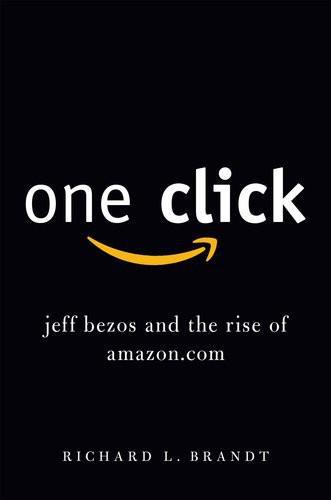
One Click: Jeff Bezos and the Rise of Amazon.com
by Richard L. Brandt · 27 Oct 2011 · 222pp · 54,506 words
of Penguin Group (USA) Inc. Copyright © Richard L. Brandt, 2011 All rights reserved LIBRARY OF CONGRESS CATALOGING IN PUBLICATION DATA Brandt, Richard L. One click : Jeff Bezos and the rise of Amazon.com / Richard L. Brandt. p. cm. ISBN : 978-1-101-51623-2 1. Bezos, Jeffrey. 2. Booksellers and bookselling—United
…
want to buy online. —Amazon.com Mission Statement On September 22, 1994, two months after incorporating Amazon.com and ten months before launching the company, Jeff Bezos decided to learn how to sell books. So he took a course on how to start a bookstore, sponsored by the American Booksellers Association. Some
…
number of clicks needed to make a purchase. That is, however, the kind of attention to detail that has helped make Amazon.com a success. Jeff Bezos will do anything he can think of to make the process of using Amazon.com easier. The genius is that Bezos thought of it first
…
second click: After customers clicked on the express purchase button, a second button popped up asking the buyer to click again to confirm the purchase. Jeff Bezos was not amused—or taken in by the tactic. Three months after his patent was granted, he sued B&N for patent infringement. “We spent
…
disputed patent. One of the patents for which it offered a reward was the 1-Click patent. It’s part of the enigma that is Jeff Bezos: Preach restraint, but if you can get away with something that improves customer service and the company’s competitive edge, do it regardless of who
…
River Oaks Elementary School. Attending this school for bright kids required a twenty-mile commute each way. The school now boasts about the fact that Jeff Bezos is an alumnus (along with journalist Linda Ellerbee and John Gray, the author of Men Are from Mars, Women Are from Venus). And yes, he
…
. He joined the Quadrangle Club, an eating club headed by David Risher, who later became a marketing executive at Amazon. But all Risher remembers about Jeff Bezos the college student was that he liked to play beer pong, a drinking game that involves batting ping-pong balls into cups of beer. Jeff
…
company, Fitel. That was to be the start of a meteoric career for the young computer scientist. Chapter 3 Jeff Gets a Job Next to Jeff Bezos’s picture in the 1987 Princeton yearbook is a rather bold and enigmatic quote from science fiction writer Ray Bradbury: “The Universe says No to
…
shirt, and it said Amazon.com. I suddenly knew exactly who he was. I said, ‘Oh, my God, it’s you!’ I didn’t know Jeff Bezos had been in the class.” With an introductory course in bookselling, some experience buying a few items online, one computer, two engineers, his wife, and
…
. Instead, it would just display a giant picture of one book, the next book you want to buy. —Greg Linden, former Amazon programmer It took Jeff Bezos and his tiny team just one year to go from settling into Seattle to launching a company. First, he had to get some computers to
…
now. This is the Kitty Hawk era of e-commerce, and most of the inter- esting stuff hasn’t even begun to be invented yet. —Jeff Bezos, 1998 Amazon’s growth was stellar in its first year and a half. But it was still limited by a shortage of cash. Like most
…
. Furthermore, Netscape had stoked the investment fires with its spectacular IPO in August 1995. So in early 1996, the inevitable happened. A venture capitalist called Jeff Bezos. Ramanan Raghavendran was surfing the Internet one day, and happened to hit upon Amazon.com. Raghavendran was responsible for finding Internet investments for General Atlantic
…
), so high demand drove up the price of a relatively hard-to-get stock. But mostly, people had come to love the site. The famous Jeff Bezos attention to detail and performance had paid off. The view of Amazon was described by Time magazine a month before the IPO: “The site is
…
, Amazon became an unprofitable business that relentlessly poured its IPO money into new innovations. These new features also came from many places; the mind of Jeff Bezos, employees, his two-pizza brainstorming teams, even other companies that seemed to have good ideas. They didn’t always work out. But often enough, they
…
the press, but by executives at Barnes & Noble as well. The company issued a response in its own press release: “Barnes & Noble is amused at Jeff Bezos’s quote where he describes himself as an independent bookseller. Well, Mr. Bezos, what with market capitalization of some $6 billion, and more than four
…
most overvalued stock on the market. Nobody really knew which view was right. But by the end of 1999, everyone was sure of one thing: Jeff Bezos had forever transformed the business of retailing. He claimed that Amazon now sold eighteen million different items through its site. In December 1999, Bezos was
…
it was released the question among publishers has gone from “Do people really want electronic books?” to “Do people want to read physical books anymore?” Jeff Bezos single-handedly turned publishing upside down with the Kindle. By December 2010, e-books were accounting for up to 10 percent of the revenues at
…
to put bookstores out of business. Barnes & Noble is opening a new superstore every four days. Borders is opening a new superstore every nine days. —Jeff Bezos in 1998 Barnes & Noble is no longer opening a couple of new stores nearly every week. It has recently spent its time closing them. In
…
is you have to be both stubborn and flexible, more or less simultaneously. Of course, the hard part is figuring out when to be which! —Jeff Bezos Customers loved Amazon.com from the first day they started using it. Industry pundits, who like to demonstrate their expertise on executives and companies, insisted
…
’s position was highly defensible. Colony was absolutely correct about what Amazon did not have. But he didn’t understand the weapon Amazon did have: Jeff Bezos himself. It’s true that, in theory, anybody could have copied Amazon’s strategy and reproduced its software. Several executives tried. But imitations of the
…
other customers with similar buying patterns. On his blog about his days at Amazon, he recalls that when his program went live on the site, “Jeff Bezos walked into my office and literally bowed before me. On his knees, he chanted, ‘I am not worthy, I am not worthy.’” Linden won “Just
…
money.” Since few customers ever saw the company’s furnishings, that perception must have been intended for potential business partners, investors, and the press. Yes, Jeff Bezos is a showman. Some of his techniques may represent a shoot-from-the-holster approach and, as is always the case with successful start-ups
…
, with a net worth of $12.6 billion. A hundred million dollars, old mismatched shoes, praise from a prostrate CEO . . . the rewards of working for Jeff Bezos are memorable, often spectacular. It’s all part of the unusual world of Bezos. And those were just the early days. Bezos was to prove
…
his employees may come up with something. The key is the ability to look beyond the current conventional wisdom and embrace a radical new idea. Jeff Bezos has that ability. He doesn’t create any structured “skunk-works” organization specifically tasked with the job of creating new businesses, but engineers within the
…
would tell him what they were up to, but Stone found information in state databases that revealed it was a space-research company owned by Jeff Bezos. The first part of the program the firm is pursuing is called New Shepard, a tribute to Alan Shepard, the first American astronaut in space
…
.” But Internet sites offer translations from “Bit by Bit, Ferociously” to “Step by Step, Arrogantly” to “By Degrees, Fiercely.” Any of them might apply to Jeff Bezos. The first translation is the most likely. On the company’s Web site, a note from Bezos explains the company’s goals:We’re working
…
to reach the stars. Someday he may just get there. Notes Chapter 1: One Click Is Not Enough Page 2. Bezos later told an executive: Jeff Bezos, “A Bookstore by Any Other Name,” speech to Commonwealth Club, July 27, 1998, http://www.commonwealthclub.org/archive/98/98-07bezos-speech.html. 3. Richard
…
2: Portrait of the Entrepreneur as a Young Man 19. Jeff’s family’s Texas roots: Joshua Quittner, “Jeff Bezos: An Eye on the Future,” Time, December 27, 1999. 20. “what I considered: “Interview with Jeff Bezos,” Time, May 4, 2001. 20. “One of the things: Rob Walker, “America’s 25 Most Fascinating Entrepreneurs
…
really self-sufficient: Helen Jung, “Amazon’s Bezos: Internet’s Ultimate Cult Figure,” Seattle Times, September 19, 1999. 21. “I’ve never been curious: Quittner, “Jeff Bezos: An Eye on the Future.” 23. “I think single-handedly: Robert Spector, Amazon.com: Get Big Fast, HarperCollins, 2000. 23. A kid who valued
…
: “Jeff Bezos,” CEOBios.com, Kirby Directory, June 12, 2010, http://ceobios.com/2010/06/jeff-bezos-amazon-com/. 23. “I would like to: Jeffrey P. Bezos interview, Academy of Achievement [no author], May 4, 2001
…
.” 30. “One of the great things: Ibid. 30. The Miami Herald published: Dibble, “Ex-Dropout Leads His Class.” 31. “I was taking all: “Interview with Jeff Bezos.” 31. “I always had: Bayers, “The Inner Bezos.” 32. “I’m not the kind: Ibid. Chapter 3: Jeff Gets a Job 33. “The Universe says
…
: Spector, Amazon.com: Get Big Fast. 33. “ultimately decided that: “Interview with Jeff Bezos.” 36. “this was something that: Spector, Amazon.com: Get Big Fast. 36. “He sees different: Ibid. 37. Minor had been building: Ibid. 37. “I know
…
one criterion: Bayers, “The Inner Bezos.” 41. “Life’s too short: Ibid. Chapter 4: Jeff Discovers the Internet 44. “You know, things just: “Interview with Jeff Bezos.” 44. “I had never seen: Bezos, “A Bookstore by Any Other Name.” 47. “Books are incredibly unusual: Ibid. 47. with a combined market share: Spector
…
. 60. Others at Amazon, however: Spector, Amazon.com: Get Big Fast. 61. By the end of 1994: Ibid. 62. “That’s actually a very: Quittner, “Jeff Bezos: An Eye on the Future.” 63. “I thought he would be: Spector, Amazon.com: Get Big Fast. Chapter 6: How to Build a Better Bookstore
…
: Spector, Amazon.com: Get Big Fast. 83. “Jerry said, ‘We think: Bezos, “A Bookstore by Any Other Name.” 83. “We found that customers: Video from Jeff Bezos about Amazon and Zappos, July 27, 2009, www.youtube.com/watch?v=-hxX_Q5CnaA, 84. The employee, Nicholas Lovejoy: Spector, Amazon.com: Get Big Fast
…
. 85. “It was also a curse: Bezos, “A Bookstore by Any Other Name.” 86. “I started receiving letters: Alan Deutschman, “Inside the Mind of Jeff Bezos,” Fast Company, August 1, 2004. 87. “I’m an outgoing person: William C. Taylor, “Who’s Writing the Book on Web Business?” Fast Company, October
…
: The Crash 123. “I’m just plain having fun: Michael J. Martinez, “Amazon.com Has a Plan, but Jeff Bezos Isn’t Revealing What It Is,” Times Daily, January 30, 2000. 125. “Membership clubs: Quittner, “Jeff Bezos: An Eye on the Future.” 126. “We saw the turn: Katrina Brooker, “Beautiful Dreamer,” Fortune, December 18
…
135. “I’m grumpy when: Onnesha Roychoudhuri, “Books After Amazon,” Boston Review, November/December 2010. 135. “You can’t ever outbook: Dan Farber, “Amazon’s Jeff Bezos: A Passion for Kindle and Digital Content Delivery,” CNET.com, May 28, 2008. 136. Sometime in 2004: Gregory Allen Butler, “Kindle: To Change the World
…
the Book on Web Business?” Chapter 14: A Cool Guy with a Funny Laugh 159. The thing about inventing: Alan Deutschman, “Inside the mind of Jeff Bezos,” Fast Company, August 1, 2004. 159. “Amazon’s position is indefensible: Ian Stobie and Wendy Barratt, “Web Forecaster: Forrester Interview,” VNUNet, July 16, 1997, www
…
.v3.co.uk/vnunet/analysis/2130440/Web-forecaster-forrester-interview. 160. At their wedding reception: Deutschman, “Inside the Mind of Jeff Bezos.” 161. In June 1999, in order to: Spector, Amazon.com: Get Big Fast. 163. noted that he: Howard, “How I ‘Escaped’ from Amazon.cult.” 164
…
, November 25, 1999. 164. “Bezos never serves up: de Jonge, “Riding the Wild, Perilous Waters of Amazon.com.” 164. Even in the December 1999: Quittner, “Jeff Bezos: An Eye on the Future.” Chapter 15: But What Kind of Manager Is He? 168. One former executive recalled: Deutschman, “Inside the Mind of
…
Jeff Bezos.” 168. “My grandfather looked: Krystal Knapp, “Amazon CEO Urges Princeton Grads to Take a ‘Less Safe Path,’ New Jersey Times, May 31, 2010. 169. One
…
. 173. “Sometimes, that meant spending: Ibid. 174. “One of the biggest problems: Tim O’Reilly, “Jeff Bezos at Wired Disruptive by Design Conference,” O’Reilly Radar (blog), June 15, 2009, http://radar.oreilly.com/2009/06/jeff-bezos-at-wired-disruptive.html. Chapter 16: Head in the Clouds 178. Robert Frederick, then: Wade Roush
…
, January 2005. 184. Hsieh turned him down: Tony Hsieh, “Why I Sold Zappos,” Inc., June 1, 2010. 185. But Bezos was so excited: Video from Jeff Bezos about Amazon and Zappos, July 27, 2009, www.youtube.com/watch?v=-hxX_Q5CnaA. Chapter 17: Step by Step, Courageously 187. It adorned a warehouse
…
: Brad Stone, “Bezos in Space,” Newsweek, May 5, 2003. 188. We want to try: Hof, “Speaking Out: Amazon.com’s Jeff Bezos,” BusinessWeek , August 18–25, 2003. 190. As he explains in a video: www.youtube.com/watch?v=-hxX_Q5CnaA Index Academy of Achievement Ackman, William
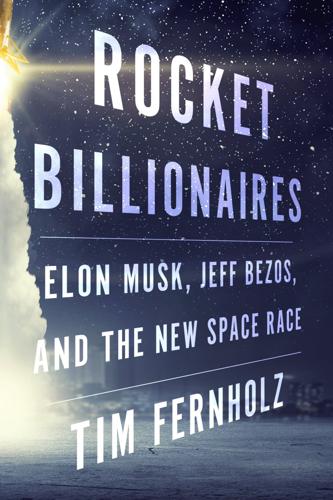
Rocket Billionaires: Elon Musk, Jeff Bezos, and the New Space Race
by Tim Fernholz · 20 Mar 2018 · 328pp · 96,141 words
time. The year 2000 was an appropriately futuristic time for a different tech entrepreneur to lay the groundwork for a bet on space: Amazon founder Jeff Bezos. The king of internet retail had taken his fledgling online bookstore public in 1996. In 1999, he had been Time magazine’s Person of the
…
to an American rocket engine,” Bruno began. “We entered into a strategic partnership with Blue Origin late last year, a company founded by Amazon founder Jeff Bezos.” Blue Origin had gone back underground after its big land purchase a decade before, though it was hiring engineers and working on closely held projects
…
. And, though they didn’t know it, SpaceX was about to be beaten to the punch by Blue Origin. If you needed a signal that Jeff Bezos was excited about the news that he wanted to reveal, the medium was the message: the secretive Amazon tycoon joined the social media platform Twitter
…
, Kimbal, fresh out of college, were renting Silicon Valley office space for their first start-up, Zip2, an early attempt to put local information online. Jeff Bezos, meanwhile, was in the process of leaving his work at the Wall Street firm D. E. Shaw to realize an idea for a far-out
…
arguments for exploring the solar system. By 2000, just six years into its existence, Amazon.com wasn’t just a bookstore but a juggernaut, and Jeff Bezos was worth more than $2 billion. At age thirty-six, he, like Musk, was devoting more time to his personal passions. Two years before Musk
…
passengers, returns from space. Courtesy of Blue Origin The New Shepard booster rocket lands after a 2016 flight. Courtesy of Blue Origin Blue Origin founder Jeff Bezos and team celebrate the first successful launch and landing of the New Shepard rocket. Courtesy of Blue Origin Bezos in the control room ahead of
…
fly. We always say that every day here, “Test as you fly.” —David Giger, SpaceX engineer In 2004, Tomas Svitek had a final breakfast with Jeff Bezos in Seattle. It was his last chance to plead with the billionaire entrepreneur to change course. Svitek was a Czechoslovak space engineer who had escaped
…
space start-up BlastOff. After it failed in 2002, he, like so many others, became one of the space experts consulting with Elon Musk and Jeff Bezos as they developed their own space companies. Svitek is a self-described cynic about the revolutionary power of space business. “I worked for Elon at
…
was . . . quiet. Besides Brad Stone’s 2003 scoop about the company, very, very little was heard from it for several years, which was just as Jeff Bezos wanted it. “They [Blue Origin] were crazy for a number of years,” Svitek says. He describes an organization without managers, like a think tank. The
…
, there was someone out there who had the money to pour into such a venture, someone who was already competing with SpaceX. His name was Jeff Bezos. Blue Origin had an existing relationship with ULA; when Bezos’s company was dabbling in NASA’s Commercial Crew partnership, it intended to use the
…
thunder. The X Prize win that had catalyzed the company seemed as distant as the idea of a spaceline carrying paying passengers around the world. Jeff Bezos’s space company was even older than Virgin Galactic, but his tight-lipped approach protected him from accusations of exaggeration. Yet something—whether it was
…
to connect people.” 16 Beyond Earth Orbit Water in space is the new oil. —George Sowers The gold rush to space started the moment when Jeff Bezos announced the Blue Moon program,” space engineer and Bezos collaborator Joel Sercel told me. “The second-wealthiest person in the history of humanity staked out
…
successful business, why not four thousand? Blue Origin’s ambitions to build out the lunar economy are, in turn, very much in the vein of Jeff Bezos’s approach to business: envision something entirely fantastic—like an invisible store where you can buy everything, or mining water to produce energy on the
…
dive into the US government space program. Society runs on public-private partnerships. There wouldn’t be a story at all without Elon Musk and Jeff Bezos, whose passion for space and entrepreneurial savvy are transforming the world in ways it will take decades to understand. Nor would this book exist without
…
, 2005. made an annual profit: Nick Wingfield, “Amazon Reports Annual Net Profit for the First Time,” Wall Street Journal, January, 28, 2004. “can look easy”: Jeff Bezos (@JeffBezos), “The rarest of beasts,” Twitter, November 24, 2015, 3:14 a.m., https://twitter.com/JeffBezos/status/669111829205938177. 2. The Rocket-Industrial Complex announced
…
inception: Musk, remarks at Stanford University Entrepreneurial Thought Leaders. “enormous nature preserve”: Brad Stone, The Everything Store: Jeff Bezos and the Age of Amazon (New York: Little, Brown, 2014), 153. “lottery winning for me”: Jeff Bezos, remarks at Satellite 2017 conference, March 8, 2017. 6. The Tyranny of the Rocket 200,000 feet above
…
with Antonio L. Elias,” NASA Oral History Project, June 3, 2013. 9. Test as We Fly Bezos’s space collectibles: Brad Stone, The Everything Store: Jeff Bezos and the Age of Amazon (New York: Little, Brown, 2014), 158. analysis produced by SpaceX: “Demo Flight 2: Flight Review Update,” Space Explorations Technology Corp
…
landing: Elon Musk (@elonmusk), “Just reviewed mission params,” Twitter, December 20, 2015, 12:51 p.m., https://twitter.com/elonmusk/status/678679083782377472. “suborbital booster stage”: Jeff Bezos (@JeffBezos), “Congrats @SpaceX,” Twitter, December 21, 2015, 5:49 p.m., https://twitter.com/JeffBezos/status/679116636310360067. 15. Rocket Billionaires “sound they may be”: Alexander
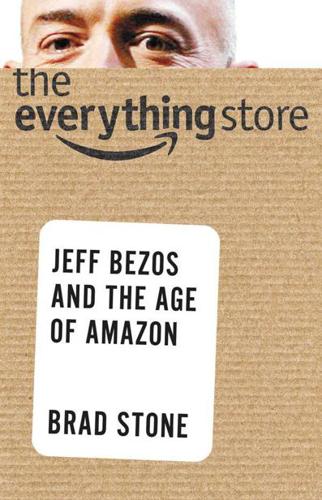
The Everything Store: Jeff Bezos and the Age of Amazon
by Brad Stone · 14 Oct 2013 · 380pp · 118,675 words
the telling that will be most compact and meaningful will be the series of choices you have made. In the end, we are our choices. —Jeff Bezos, commencement speech at Princeton University, May 30, 2010 Prologue In the early 1970s, an industrious advertising executive named Julie Ray became fascinated with an unconventional
…
tech companies tried to lure him to the private sector. Inventor Danny Hillis, founder of the supercomputer manufacturer Thinking Machines Corporation and later one of Jeff Bezos’s closest friends, almost convinced Shaw to come work for him designing parallel computers. Shaw tentatively accepted the job and then changed his mind, telling
…
few people watching closely, Shaw felt that his company was uniquely positioned to exploit it. And the person he anointed to spearhead the effort was Jeff Bezos. D. E. Shaw was ideally situated to take advantage of the Internet. Most Shaw employees had, instead of proprietary trading terminals, Sun workstations with
…
to relocate to the Seattle area (we will help cover moving costs). Your compensation will include meaningful equity ownership. Send resume and cover letter to Jeff Bezos. US mail: Cadabra, Inc. 10704 N.E. 28th St., Bellevue, WA 98004 We are an equal opportunity employer. “It’s easier to invent the
…
from his garage. It seemed like goofy fun, but there was an undercurrent of intense competition. In other words, it perfectly expressed the temperament of Jeff Bezos, who stopped by the meeting and threw himself into the inaugural Amazon broomball contest with gusto. At one point, Andy Jassy, then a new recruit
…
was cheap, opportunities seemed limitless, and pineapple-infused-vodka martinis were everywhere. During that time, no one placed bigger, bolder bets on the Internet than Jeff Bezos. Bezos believed more than anyone that the Web would change the landscape for companies and customers, so he sprinted ahead without the least hesitation. “I
…
it takes to get there. It’s all a matter of attitude and the capacity to constantly study and question the management of the business. Jeff Bezos embodied the qualities Sam Walton wrote about. He was constitutionally unwilling to watch Amazon succumb to any kind of institutional torpor, and he generated a
…
Amazon’s offices talking about technical issues like computer infrastructure. “Jeff was very helpful in some of those early meetings,” Larry Page says. Thus did Jeff Bezos become one of the original investors in Google, his company’s future rival, and four years after starting Amazon, he minted an entirely separate fortune
…
a breather. Sales were up 95 percent over the previous year, and the company had attracted three million new customers, exceeding twenty million registered accounts. Jeff Bezos was named Time’s Person of the Year, one of the youngest ever, and credited as “the king of cybercommerce.”9 It was an incredible
…
analysts and reporters following the company scratched their heads over the unartful prose. No one outside Amazon knew what to make of it. But for Jeff Bezos, and for the employees who stuck with their implacably demanding leader through that first critical battle, the message was clear. They had won. PART
…
II Literary Influences CHAPTER 5 Rocket Boy Jeff Bezos did more than just refute Ravi Suria and other skeptics during the dot-com bust. He soundly defeated them, and then he surreptitiously encoded his
…
streak, and when his football team, the Jets, lost the league championship, he broke down in tears.5 Playing sports didn’t diminish young Jeff Bezos’s passion for the nerdier pastimes. Star Trek was a fixture in the Bezos household in Houston, and they watched reruns in the afternoon after
…
at AlliedSignal, so he thought of his former colleague after concluding that Amazon needed someone who was smart enough to go toe to toe with Jeff Bezos, who delighted in questioning how everything was done. Pitasky tracked Wilke down on a business trip in Switzerland and pitched him on taking over the
…
impatience—that was positively Bezosian in character. Perhaps not coincidentally, Wilke was promoted to senior vice president a little over a year after joining Amazon. Jeff Bezos had found his chief ally in the war against chaos. At a management offsite in the late 1990s, a team of well-intentioned junior executives
…
-flung divisions. The junior executives recommended a variety of different techniques to foster cross-group dialogue and afterward seemed proud of their own ingenuity. Then Jeff Bezos, his face red and the blood vessel in his forehead pulsing, spoke up. “I understand what you’re saying, but you are completely wrong,”
…
like Ingram. That St. Patrick’s Day, some of Amazon’s biggest brains descended on a drab meeting room at the Fernley, Nevada, fulfillment center. Jeff Bezos and Brewster Kahle, a supercomputer engineer and founder of Alexa Internet, a data-mining company Amazon had acquired, made the two-hour flight from Seattle
…
retail distribution. In the late afternoon, everyone headed back onto the facility floor and watched orders move haltingly through the facility. “I didn’t know Jeff Bezos but I just remember being blown away by the fact that he was there with his sleeves rolled up, climbing around the conveyors with all
…
chairs. Andy Grove, the longtime CEO of Intel, was known to be so harsh and intimidating that a subordinate once fainted during a performance review. Jeff Bezos fit comfortably into this mold. His manic drive and boldness trumped other conventional leadership ideals, such as building consensus and promoting civility. While he was
…
Rather than just hopping on Amazon.com and looking for products, Internet users were starting their shopping trips on Google, putting an unwelcome intermediary between Jeff Bezos and his customers. Google had its own e-commerce ambitions and early on opened a comparative shopping engine, dubbed Froogle. Even worse, both Amazon and
…
offline counterpart and worshipful and apprehensive of their own CEO and his demands. “It was certainly my perception that nothing major happened at Amazon without Jeff Bezos’s approval,” she wrote in her judgment, quoting the testimony of a Toys “R” Us executive. Amazon appealed the settlement but lost and was
…
as well as powerful allies to pave his way in the complex and cosseted world of the book-publishing business. Eberhard believed that he needed Jeff Bezos and Amazon.com. In late 1997, the NuvoMedia founders and their lawyer took a Rocketbook prototype to Seattle and spent three weeks in negotiations with
…
very hard. We’ll learn how to do it.” Within Amazon there is a term used to describe the top executives who get to implement Jeff Bezos’s best ideas: Jeff Bots. The playfully derisive phrase that undoubtedly hides a little jealousy connotes slavish devotion but also loyalty and effectiveness. Jeff Bots
…
car pulled up to a familiar hangar sheltering a Dassault Falcon. When he walked into the airplane, he found it full of friends, colleagues, and Jeff Bezos, all of whom shouted, “Surprise!” They were going to Hawaii for a gala given in appreciation of Dalzell’s longtime service, just like the Shelebration
…
house capabilities to develop its own website, and, incredibly, it renewed its agreement with Amazon for another five years. After the new deal was signed, Jeff Bezos returned to Minneapolis to meet with Target executives Robert Ulrich and Gerald Storch and to give a presentation that was open to any Target employee
…
ground-shipping rates and was able to promise free overnight shipping in two-thirds of the country. The Quidsi founders studied Amazon closely and idolized Jeff Bezos, referring to him in private conversation as “sensei.”9 Moms got hooked on the seemingly magical appearance of diapers on their doorsteps and enthusiastically told
…
possibility that Lore and Bharara had identified a weakness in Amazon’s armor, and they pumped over $50 million into the company. Around this time, Jeff Bezos and his business-development team, as well as Amazon’s counterparts at Walmart, started to pay attention. Executives and official representatives from Amazon, Quidsi, and
…
under the requested amount. So Lore picked up the phone and called Amazon. On September 14, 2010, Lore and Bharara traveled to Seattle to pitch Jeff Bezos on acquiring Quidsi. While they were in that early-morning meeting with Bezos, Amazon sent out a press release introducing a new service called Amazon
…
early on. To promote the company’s debut in the United States on Amazon’s Marketplace, Ross helped arrange a lopsided exhibition tennis match between Jeff Bezos and Shock Absorber’s celebrity endorser Anna Kournikova. Figleaves sold its wares on Amazon’s Marketplace for a few years but left unhappily at the
…
was not about what the iceman thought, nor did anyone spend a lot of time writing about it.” Book publishers needed only to listen to Jeff Bezos himself to have their fears stoked. Amazon’s founder repeatedly suggested he had little reverence for the old “gatekeepers” of the media, whose business
…
that merely transferred dollars out of the accounts of other companies and local communities and into its own gilded coffers? During these years of conflict, Jeff Bezos sat down to consider this very question. When Amazon became a company with $100 billion in sales, he wondered, how could it be loved
…
its bustling Marketplace and the computer infrastructure of thousands of other technology companies, universities, and government labs, part of its flourishing Web Services business. Clearly Jeff Bezos believed there were no limits to the company’s mission and to the variety of products that could be sold on the Internet. If you
…
over the circumstances of their lives. And then he wished his long-lost biological father the very best. * * * When you have fit yourself snugly into Jeff Bezos’s worldview and then evaluated both the successes and failures of Amazon over the past two decades, the future of the company becomes easy to
…
aggressive monopolistic behavior can nearly ruin a company. These are not fever dreams. They are near inevitabilities. It’s an easy prediction to make—that Jeff Bezos will do what he has always done. He will attempt to move faster, work his employees harder, make bolder bets, and pursue both big inventions
…
Institute Awards in 2012. (© Patrick McMullan/Photograph by Patrick McMullan) Bezos relaxes at home with MacKenzie and his mother, Jackie. (© David Burnett/Contact Press Images) Jeff Bezos and Amazon employees. (Courtesy of Laurel Canan) Founding employee Shel Kaphan (left) with an early Amazon engineer. (Courtesy of Laurel Canan) Jeff and MacKenzie Bezos
…
Amazon) Amazon and Deutsche Bank employees who worked on Amazon’s 1997 IPO celebrate with family members in Cabo, Mexico. (Courtesy of J. William Gurley) Jeff Bezos with Junglee executives (l-r) Brian Lent, Rakesh Mathur, and Ram Shriram, an early Google investor. (Photograph courtesy of Brian Lent) Bezos helps process
…
exhibition round of tennis at New York’s Grand Central Terminal to promote Amazon’s new apparel store, August 22, 2003. (Evan Agostini/Getty Images) Jeff Bezos laughs with Google cofounder Sergey Brin at the Allen and Co. conference in Sun Valley, Idaho, in 2007. Bezos was among the original investors in
…
Piacentini, Andy Jassy, Russ Grandinetti, Jeff Blackburn, and Steve Kessel at Amazon, who all took the time to talk to me, and of course to Jeff Bezos, for approving innumerable interviews with his friends, family, and employees. Over the course of 2012 and 2013, I spent considerable time in Seattle, and a
…
a dozen books widely read by executives and employees that are integral to understanding the company. The Remains of the Day, by Kazuo Ishiguro (1989). Jeff Bezos’s favorite novel, about a butler who wistfully recalls his career in service during wartime Great Britain. Bezos has said he learns more from novels
…
@Wharton, October 20, 2004, http://knowledge.wharton.upenn.edu/article.cfm?articleid=1054. 11 Ibid. 12 James Marcus, Amazonia (New York: New Press, 2004). 13 Jeff Bezos, speech to Commonwealth Club of California, July 27, 1998. 14 Cynthia Mayer, “Investing It; Does Amazon = 2 Barnes & Nobles?,” New York Times, July 19,
…
1998. 15 Jeff Bezos, interview by Charlie Rose, Charlie Rose, PBS, July 28, 2010. 16 Justin Hibbard, “Wal-Mart v. Amazon.com: The Inside Story,” InformationWeek, February 22, 1999
…
. 17 Jeff Bezos interview, Academy of Achievement, May 4, 2001. Chapter 3: Fever Dreams 1 One explanation, according to Wikipedia, is that “a round manhole cover cannot fall
…
and Joann S. Lublin, “Joseph Galli Will Join Amazon, Reversing Plan to Take Pepsi Job,” Wall Street Journal, June 25, 1999. 9 Joshua Cooper Ramo, “Jeff Bezos: King of the Internet,” Time, December 27, 1999. 10 Stefanie Olsen, “FTC Fines E-Tailers $1.5 Million for Shipping Delays,” CNET, July 26, 2000
…
Dot-Coms,” New York Post, June 27, 2000. 3 Mark Leibovich, “Child Prodigy, Online Pioneer,” Washington Post, September 3, 2000. 4 Ibid. 5 Steven Levy, “Jeff Bezos Owns the Web in More Ways Than You Think,” Wired, November 13, 2011. 6 “Amazon.com Auctions Helps Online Sellers Become Effective Marketers,” PR Newswire
…
Albuquerque Tribune, November 23, 1961. 4 Albuquerque Tribune, April 24, 1965. 5 Leibovich, The New Imperialists, 73–74. 6 Ibid., 71. 7 Ibid., 74. 8 Jeff Bezos interview, Academy of Achievement, May 4, 2001. 9 “The World’s Billionaires,” Forbes, July 9, 2001. 10 Bayers, “The Inner Bezos.” 11 Brad Stone, “Bezos
…
and I Love It,” Salon, July 24, 2006. 13 Jason Pontin, “Artificial Intelligence, with Help from the Humans,” New York Times, March 25, 2007. 14 Jeff Bezos, interview by Charlie Rose, Charlie Rose, PBS, February 26, 2009. Chapter 8: Fiona 1 Calvin Reid, “Authors Guild Shoots Down Rocket eBook Contract,” Publishers Weekly
…
, September 3, 2000. 9 Clayton Christensen, The Innovator’s Dilemma: When New Technologies Cause Great Firms to Fail (Boston: Harvard Business Review Press, 1997). 10 Jeff Bezos, interview by Charlie Rose, Charlie Rose, PBS, February 26, 2009. 11 David D. Kirkpatrick, “Online Sales of Used Books Draw Protest,” New York Times,
…
in e-Books Battle,” Bookseller, April 27, 2007. 13 Brad Stone, “Envisioning the Next Chapter for Electronic Books,” New York Times, September 6, 2007. 14 Jeff Bezos, The Oprah Winfrey Show, ABC, October 24, 2008. Part III Chapter 9: Liftoff! 1 Ben Charny, “Amazon Upgrade Leads Internet Stocks Higher,” MarketWatch, January 22
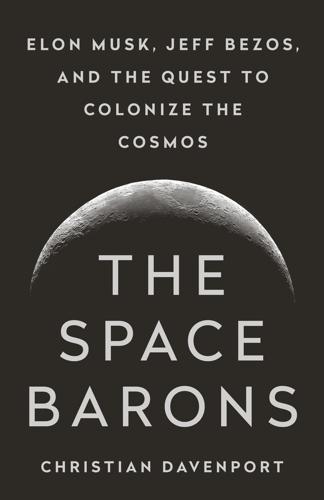
The Space Barons: Elon Musk, Jeff Bezos, and the Quest to Colonize the Cosmos
by Christian Davenport · 20 Mar 2018 · 390pp · 108,171 words
content) that are not owned by the publisher. Library of Congress Cataloging-in-Publication Data Names: Davenport, Christian, author. Title: The space barons : Elon Musk, Jeff Bezos, and the quest to colonize the cosmos/Christian Davenport. Description: First edition. | New York : PublicAffairs, [2018] | Includes bibliographical references and index. Identifiers: LCCN 2017053089 ISBN
…
pandemonium. The employees celebrated wildly, hugging one another, giving high fives. The rocket booster stood in the center of the pad like a giant trophy. Jeff Bezos had watched from the control room of his company’s West Texas launch site. It was “one of the greatest moments of my life,” he
…
, the secretive and slow tortoise, who was content to take it step by step in a race that was only just beginning. TIMELINE September 2000 Jeff Bezos founds Blue Operations LLC, the precursor to Blue Origin. March 2002 Elon Musk incorporates Space Exploration Technologies. December 2003 First powered flight of SpaceShipOne. December
…
announces plan to create a base on the moon. PART I IMPOSSIBLE 1 “A Silly Way to Die” MARCH 6, 2003. This was not how Jeff Bezos wanted to die. He was seated in the passenger seat of a ruby-red helicopter, surrounded by an eccentric cast of characters—a cowboy, an
…
Richard Branson’s Virgin Galactic, which was designing SpaceShipOne’s successor, SpaceShipTwo. Everyone who was anyone in the industry was here. Everyone, that is, except Jeff Bezos, or anyone from Blue Origin. In 2006, Blue was still an obscure outfit, shrouded in secrecy, keeping many, even its industry brethren, at bay. “It
…
THAT YEAR, on December 2, 2011, Lori Garver got a rare peek behind the curtain at Blue Origin—a personal tour of the company with Jeff Bezos himself. As they made their way through the cavernous, 300,000-square-foot facility, it was clear Bezos was at home here. He knew people
…
, saying it helped the company save about a year in development time. This was indeed a tremendous milestone—and huge news, a Henry Ford moment: Jeff Bezos was building a rocket engine. Garver immediately sensed a public-relations opportunity for NASA and the White House. Since they had backed Blue with $25
…
bubble coming out of his mouth read: “What the fuck does Blue Origin need a Florida launchpad for?” PART III INEVITABLE 11 Magic Sculpture Garden JEFF BEZOS BLAMED the bananas. In early March 2013, he had quietly stolen away from his growing Amazon empire for a three-week expedition at sea, with
…
not impossible. A MONTH LATER, the mystery woman called back. Her boss was interested in proceeding, and now she was ready to reveal his identity: Jeff Bezos. Concannon wasn’t surprised. He was not aware that Bezos had interest in space or even ran a space company, but he had worked with
…
launch in half and developing a new rocket. In addition to streamlining the business, the Alliance had a secret weapon in the war against SpaceX: Jeff Bezos. FOR YEARS, BLUE Origin had been building a monster of a new rocket engine, one that stood 12 feet tall and had 550,000 pounds
…
will walk the Earth with your eyes turned skywards, for there you have been and there you will long to return.” But the centerpiece of Jeff Bezos’s collection was a rocket ship model, shaped like a bullet, which stretched up to the open floor above. A Jules Verne–inspired, Victorian-era
…
Ansari X Prize, Allen had been at the vanguard of the commercial space movement, which was now dominated by his fellow billionaire tycoons—Elon Musk, Jeff Bezos, and Branson, all of whom were pushing ahead with their own plans, showing it could be done. Allen wanted back in the game. “You have
…
Musk unveils the version of the Dragon spacecraft designed to fly astronauts at an event at SpaceX’s headquarters, 2014. Courtesy of NASA/Dimitri Gerondidakis. Jeff Bezos shows off Blue Origin’s crew capsule and the New Shepard booster at a conference in Colorado Springs, 2017. Courtesy of Christian Davenport. A Falcon
…
, Larry Morris/Washington Post. Lori Garver, then the NASA deputy administrator, tours Blue Origin’s facility in 2011, meeting with members of the company, including Jeff Bezos. Courtesy of NASA/Bill Ingalls. The SpaceX Dragon spacecraft being released from the International Space Station, 2014, after a cargo delivery mission. Courtesy of NASA
…
are Kennedy Space Center director Bob Cabana (left), and Tim Hughes, SpaceX’s senior vice president and general counsel (right). Courtesy of NASA/Kim Shiflett. Jeff Bezos and Buzz Aldrin at the National Air and Space Museum, 2016, after Bezos was awarded the Heinlein Prize, an honor named for the science fiction
…
flown. It is designed to “air launch” as many as three rockets. Copyright © Stratolaunch Corporation. ACKNOWLEDGMENTS The four billionaires featured in this book—Elon Musk, Jeff Bezos, Richard Branson, and Paul Allen—all run multiple companies and have huge demands on their time. So, I’m grateful that all of them graciously
…
executives from their companies or associates, all of which made the narrative immeasurably better. As it turns out, one of the subjects of this book, Jeff Bezos, is also the owner of my employer, The Washington Post. Let me address that head on. It is, I admit, somewhat awkward writing a book
…
of which merit specific mention: Ashlee Vance’s Elon Musk: Tesla, SpaceX, and the Quest for a Fantastic Future, Brad Stone’s The Everything Store: Jeff Bezos and the Age of Amazon, and Julian Guthrie’s How to Make a Spaceship: A Band of Renegades, an Epic Race, and the Birth of
…
children. NOTES 1. “A SILLY WAY TO DIE” “We need to get out of here”: This account of the crash is based on interviews with Jeff Bezos, Ty Holland, and Brewster County sheriff Ronny Dodson; news reports, such as Gail Diane Yovanovich, “Chopper Crashes with Amazon.com Exec on Board,” Alpine Avalanche
…
boyfriend is slapping me”: Ibid. “People say that your life”: Alan Deutschman, “Inside the Mind of Jeff Bezos,” Fast Company Magazine, August 1, 2004. Although he wouldn’t say: Mylene Mangalindan, “Buzz in West Texas Is About Jeff Bezos and His Launch Site,” Wall Street Journal, November 10, 2006. The mysterious buyer: Ibid. “I
…
to Virtually Rule Your World (Saddle River, NJ: Prentice Hall, 2002), 70. He paid his son-in-law’s tuition: Brad Stone, The Everything Store: Jeff Bezos and the Age of Amazon (Boston: Back Bay Books/Little, Brown, 2013), 142. Jackie got a job: Ibid. “I’ve never been curious”: Joshua Quittner
…
, “An Eye on the Future: Jeff Bezos Merely Wants Amazon.com to Be the Earth’s Biggest Seller of Everything,” Time, December 27, 1999. “It really was a seminal moment”: Bezos Expeditions
…
.com/updates.html. On the ranch: Joshua Quittner and Chip Bayers, “The Inner Bezos,” Wired Magazine, March 1, 1999. “We’d hitch up the Airstream”: Jeff Bezos, “We Are What We Choose,” baccalaureate address, Princeton University, May 30, 2010, https://www.princeton.edu/news/2010/05/30/2010-baccalaureate-remarks. The visits
…
at $7 Million Auction,” New York Times, December 12, 1993. Once that was in place: Alan Boyle, “Where Does Jeff Bezos Foresee Putting Space Colonists? Inside O’Neill Cylinders,” Geekwire, October 29, 2016, https://www.geekwire.com/2016/jeff-bezos-space-colonies-oneill/. He replied that he’d just: Jeffrey Ressner, “10 Questions for
…
Jeff Bezos,” Time, July 24, 2005. On March 5, 2005: http://www.museumofflight.org/aircraft/charon-test-vehicle. 5. “SPACESHIPONE, GOVERNMENTZERO” But
…
Chief Accuses Elon Musk’s SpaceX of Trying to ‘Cut Corners,’” Washington Post, June 18, 2014. 208 “It’s kind of the best”: Joel Achenbach, “Jeff Bezos’ Blue Origin to Supply Rocket Engines for National Security Launches,” Washington Post, September 17, 2014, embedded video, https://www.washingtonpost.com/national/health-science
…
/jeff-bezos-and-blue-origin-to-supply-engines-for-national-security-space-launches/2014/09/17/59f46eb2–3e7b-11e4–9587–5dafd96295f0_story.html?utm_term=.be88d6562a8d. “If
…
Origin Makes Historic Rocket Landing,” November 24, 2015, https://www.blueorigin.com/news/news/blue-origin-makes-historic-rocket-landing. In interviews afterward: Christian Davenport, “Jeff Bezos Sticks Rocket Landing, Stakes Claim in Billionaires’ Space Race,” Washington Post, November 24, 2015. “The pad has stood silent”: Christian Davenport
…
, “Jeff Bezos’s Blue Origin Space Company to Launch from Historic Pad at Space Coast,” Washington Post, September 15, 2015. Reaching the threshold of space: Christian Davenport, “
…
, “NTSB Blames Human Error, Compounded by Poor Safety Culture, in Virgin Galactic Crash, Washington Post, July 28, 2015. “At Blue Origin, our biggest”: Christian Davenport, “Jeff Bezos on Nuclear Reactors in Space, the Lack of Bacon on Mars and Humanity’s Destiny in the Solar System,” Washington Post, September 15, 2016. “If
…
Investors Make It Big in Asteroids,” CNBC, April 6, 2017. 15. “THE GREAT INVERSION” He’d joked that Blue Origin’s business model: Christian Davenport, “Jeff Bezos Shows Off the Crew Capsule That Could Soon Take Tourists to Space,” Washington Post, April 5, 2017. By contrast, he spent $2.5 billion: Caleb
…
New Glenn’s Payload Fairing, Preparing to Debut Upgraded New Shepard,” SpaceNews, September 17, 2017. “We all have passions”: Alan Boyle, “Video: Watch Amazon’s Jeff Bezos Talk with Kids About Apollo’s Space Legacy—and Share Life Lessons,” Geekwire, May 20, 2017, https://www.geekwire.com/2017
…
/jeff-bezos-kids-apollo/. Two days before the launch: https://www.blueorigin.com/astronaut-experience. “We’ll talk about Blue Origin”: Davenport, “Why Jeff Bezos Is Finally Ready to Talk About Taking People to Space,” Washington Post, March 8, 2016
…
. Without mentioning Musk: Ibid. “Think about it,” he said: Christian Davenport, “Jeff Bezos on Nuclear Reactors in Space, the Lack of Bacon on Mars, and Humanity’s Destiny in the Solar System,” Washington Post, September 15, 2016. While
…
he had been inspired: Calla Cofield, “Spaceflight Is Entering a New Golden Age, Says Blue Origin Founder Jeff Bezos,” Space.com, November 25, 2015, https://www.space.com/31214-spaceflight-golden-age-jeff-bezos.html. “If I’m 80 years old”: Ibid. Although suborbital space tourism: John Thornhill, “Mars Visionaries Herald a
…
New Space Age,” Financial Times, August 21, 2017. “We humans don’t get great”: Alan Boyle, “Interview: Jeff Bezos Lays Out Blue Origin’s Space Vision, from Tourism to Off-planet Heavy Industry,” Geekwire, April 13, 2016. Eleven days before John Glenn: Brian Wolly
…
, “Read the Letter Written by John Glenn to Honor Jeff Bezos for Blue Origin,” Smithsonian Magazine, December 8, 2016, http://www.smithsonianmag.com/innovation/read-letter-written-sen-john-glenn-honor
…
-jeff-bezos-blue-origin-180961366/. Coming just days before: Cofield, “Spaceflight Is Entering a New Golden Age.” EPILOGUE: AGAIN, THE MOON “You have a certain number”: Kenneth
…
,” Washington Post, June 20, 2016. It was years behind schedule: https://www.youtube.com/watch?v=sDNdYgh5124. Robert Bigelow: Christian Davenport, “An Exclusive Look at Jeff Bezos’s Plan to Set Up Amazon-like Delivery for ‘Future Human Settlement’ of the Moon”, Washington Post, March 2, 2017. INDEX Advanced Research Projects Agency
…
development, 132–134, 155–156 SpaceX partnership for Mars flights, 238, 244–245 squeezing out the private sector, 33–34 success of SpaceShipOne, 96 young Jeff Bezos’s essay for, 65–66 National Air and Space Museum, 42, 73, 116 National Medal of Science, 47 national security concerns, 241, 268 National Transportation
…
–84 SpaceShipTwo crash, 212–214 Virgin GlobalFlyer, 107 See also SpaceShipOne Schatz, Tom, 49 Schirra, Martin M., Jr., 173 Schmidt, Eric, 249 science fiction literature, Jeff Bezos’s love of, 64–65 Scott, Robert Falcon, 103 Seabed Worker (salvage ship), 187–188, 192–195 Seattle Museum of Flight, 254 self-guided rocket
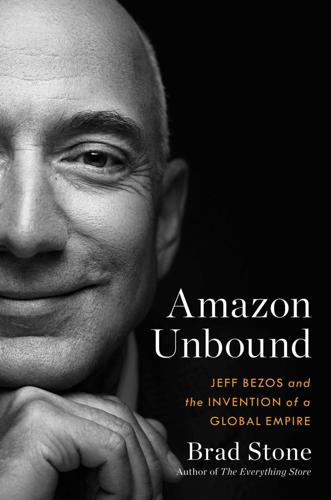
Amazon Unbound: Jeff Bezos and the Invention of a Global Empire
by Brad Stone · 10 May 2021 · 569pp · 156,139 words
as Hamilton creator Lin-Manuel Miranda, and Vogue editor Anna Wintour, as well as the richest person in the world: Amazon founder and CEO, Jeff Bezos. Bezos’s lifelike portrait by the photorealistic painter Robert McCurdy depicted him against a stark white background, wearing a crisp white shirt, silver tie,
…
, December 31, 2010 Annual net sales: $34.20 billion Full- and part-time employees: 33,700 End-of-year market capitalization: $80.46 billion * * * Jeff Bezos end-of-year net worth: $15.86 billion CHAPTER 1 The Über Product Manager There was nothing particularly distinctive about the dozen or so low
…
the insistence of its CEO, bore no obvious signage indicating the presence of an iconic internet company with almost $35 billion in annual sales. Jeff Bezos had instructed colleagues that nothing good could come from that kind of obvious self-aggrandizement, noting that people who had business with the company would
…
and Samsung had staked out large positions in the dawning smartphone market but had left the impression that terrain might remain for innovative newcomers. Typically, Jeff Bezos was not about to cede a critical strategic position in the unfolding digital terrain to other companies, especially when he believed the ground was still
…
strategy backfired. Customers were alienated by the inconvenience of having to download apps; meanwhile, Amazon took out full-page newspaper ads with a letter from Jeff Bezos, thanking Indians for making Amazon.in the most visited e-commerce site in the country. Flipkart sales slowed and the company laid off workers.
…
though he remained executive chairman, a largely ceremonial role at Flipkart. The company’s stumble was one factor in a complex strategic landscape that Jeff Bezos was surveying by 2017. Investors had bid Flipkart’s valuation into the stratosphere, but both Amazon.in and Flipkart were losing well over a billion
…
placate his powerful base of small retailers, which were increasingly unsettled by the e-commerce frenzy. Amid that piquant set of facts, Sachin Bansal met Jeff Bezos at The Weekend, an elite conference in Aspen, Colorado, organized by Ari Emanuel, CEO of the entertainment and media agency Endeavor, and Google chairman
…
not just cosmopolitan cities but around the country were buying online, paying digitally instead of with cash, and leaning into the technological future that Jeff Bezos had envisioned for them. Small businesses were learning how to sell online and finding buyers well outside the outdoor markets whose essential character hadn’t
…
dependable tsunami of free press. In his presentation on China, international boss Diego Piacentini proposed that Amazon might fashion its own such shopping holiday. Jeff Bezos thought it was a good idea, but at the time he was consumed with linking everything to Amazon’s seductive Prime service. He suggested that
…
over the precise wording and the decision to include a link to a Blue Origin launch video, Ty Rogers responded from Bezos’s Twitter account: Jeff Bezos @JeffBezos Finally trashed by @realDonaldTrump. Will still reserve him a seat on the Blue Origin rocket. #sendDonaldtospace http://bit.ly/1OpyW5N 3:30 PM
…
economics. So Graham agreed to sell the paper. Post executives sought a wealthy, technologically sophisticated individual who cared about the paper’s journalistic mission. Jeff Bezos was at the top of the list, alongside other internet billionaires like eBay founder Pierre Omidyar. Bezos’s initial response to the Post’s investment
…
paper. “The story is what helped us more than anything else,” said one business-side executive. “That is part of the magic of Jeff Bezos—that he is Jeff Bezos.” The Post was now a private company, so it no longer released financial information. But between the years 2015 and 2018, according to
…
: December 31, 2016 Annual net sales: $135,987 billion Full- and part-time employees: 341,400 End-of-year market capitalization: $355.44 billion * * * Jeff Bezos end-of-year net worth: $65.4 billion CHAPTER 7 The Selection Machine On a rainy Sunday morning in October 2016, a Miami criminal defense
…
achievements of the marketplace and the way in which Amazon supported hundreds of thousands of independent entrepreneurs. In his shareholder letter published in April 2019, Jeff Bezos wrote that independent merchants were now responsible for 58 percent of all units sold on the site. “Third-party sellers are kicking our first-
…
a “purely political act” and part of a vendetta by the administration of Donald Trump. Despite all these tribulations, the selection machine had met Jeff Bezos’s lofty goals and positioned Amazon at the forefront of a rapidly globalizing retail landscape. The higher-margin proceeds from the third-party marketplace, which
…
discussed acquiring Whole Foods, Mackey asked one of his advisors to place a phone call and try one last time to save the company. * * * Jeff Bezos placed prospective business opportunities into one of two buckets. There were land rushes, when the moment was ripe, rivals were circling, and Amazon had to
…
competitive business. * * * In the midst of Prime Now’s blitz into new cities, Doug Herrington pitched another phase of his ongoing grocery campaign to Jeff Bezos. In the fall of 2015, employees on the project listened in via phones from their offices three blocks away in the Roxanne building while Herrington
…
told me. While Clark attended business school at the University of Tennessee in Knoxville, he met Jimmy Wright, a charismatic former Walmart executive whom Jeff Bezos employed briefly in the late 1990s to try to build a new class of Amazon distribution centers. At Wright’s prompting, Clark and several classmates
…
subsequent CEO directive later that year that would scramble Amazon’s organizational charts, was clear: even as he became wealthier and more famous, Amazon remained Jeff Bezos’s company. And he had bigger plans for a decade-old advertising initiative than simply covering up the sins of his other business units. * *
…
’s side at the launch: an attractive former TV anchor named Lauren Sanchez. It was another unfathomable shift to contemplate because, as they all knew, Jeff Bezos hated helicopters. PART III INVINCIBILITY Amazon, December 31, 2018 Annual net sales: $232.89 billion Full- and part-time employees: 647,500 End-of
…
to record promotional videos for the secretive space firm. Unless something significant had changed, making a grand aerial entrance into a company office was hardly Jeff Bezos’s style. * * * In the wake of the awkward HQ2 announcement and the uproar over the helipad, grassroots opposition to Amazon’s proposed expansion into
…
he convinced David Pecker to authorize a special eleven-page print run and posted the paper’s first story online that evening. “Married Amazon Boss Jeff Bezos Getting Divorced Over Fling With Movie Mogul’s Wife,” screamed the headline. That night, Michael Sanchez surreptitiously texted Howard, apologizing for Bezos’s tweet
…
at the Santa Monica airport. The article ran on January 14 in Us Weekly, along with canned quotes and the gentle headline “First Photos Show Jeff Bezos’ Girlfriend Lauren Sanchez Carefree After Scandal.” After the story ran, Michael Sanchez privately texted Dylan Howard to thank him. “The level of cooperation that
…
and can be downright vituperative toward the exceedingly wealthy, particularly at a time of grotesquely widening income inequality. And so the dual rise of Jeff Bezos’s fortune and his company’s market cap generated not just plaudits for a historic business accomplishment but also an incongruous amount of anger. In
…
from both sides of the political aisle. * * * During his lone, four-year term, Donald Trump could barely conceal a raging, indiscriminate contempt for Amazon, Jeff Bezos, and for the newspaper he privately owned, the Washington Post. He ranted regularly on Twitter and in interviews about Amazon’s tax practices (“Amazon is
…
the laptop dock was suspended. The stories of these erstwhile Amazon allies underscored the problems that were laid out to the congressional subcommittee. Years ago, Jeff Bezos had given his marketplace team a few simple instructions: remove all friction to selling on Amazon; eliminate the barriers to cross-border trade; address
…
company had to rethink its devotion to greater selection, faster shipping, and delighting customers, regardless of the environmental cost. It was the day after Jeff Bezos had introduced the Climate Pledge at a press conference in Washington, D.C., promising that Amazon would reach net zero in its carbon emissions by
…
put it, wasn’t nearly as welcome. Coalitions of local merchants protested his arrival, calling him an “economic terrorist,” and waving signs that read: “Jeff Bezos, go back!” Two days before he arrrived, the country’s Competition Commission announced a new probe into anticompetitive discounting on Amazon and its chief rival
…
such as social distancing or the guidelines against talking to the media without the company’s authorization. But that was difficult to believe. While Jeff Bezos and his colleagues had bristled at external criticism over the years, they seemed to find it completely intolerable when it came from inside the company
…
from the Bezos Earth Fund, and afterward release an extraordinary statement that read in part: “We will not tiptoe around the fact that Amazon and Jeff Bezos in particular have been rightfully criticized for unjust working conditions, corporate bailouts, and for directly contributing to climate change in the world.” Other grassroots
…
Patent 9711985, filed March 30, 2015. https://www.freepatentsonline.com/9711985.html (January 19, 2021). “The biggest needle movers… inner imagination about what’s possible”: Jeff Bezos, “2018 Letter to Shareholders,” Amazon, April 11, 2018, https://www.aboutamazon.com/news/company-news/2018-letter-to-shareholders (January 19, 2021). tried to get
…
push-to-sell-food-11582617660?mod=hp_lead_pos10 (January 19, 2021). “We all know if you swing for the fences… important to be bold”: Jeff Bezos, “2015 Letter to Shareholders,” https://www.sec.gov/Archives/edgar/data/1018724/000119312515144741/d895323dex991.htm (January 19, 2021). Amazon Dash Carts, which allowed shoppers
…
made afterward. “focus the mind”: Ibid., 256. Fred Hiatt, editor of the opinion page, offered to resign: Matthew Cooper, “Fred Hiatt Offered to Quit Jeff Bezos’s Washington Post,” Yahoo News, November 5, 2013, https://news.yahoo.com/fred-hiatt-offered-quit-jeff-bezoss-washington-post-123233358--politics.html (January 20
…
/09/23/f485981a-436d-11e4-b437-1a7368204804_story.html (January 20, 2021). boasted that the newspaper had better engineers than many Silicon Valley startups: Jeff Bezos interviewed by Marty Baron, “Jeff Bezos Explains Why He Bought the Washington Post,” Washington Post video, 4:00, May 18, 2016, https://www.washingtonpost.com/video/postlive
…
, 2020, https://www.nytimes.com/2020/02/11/style/amazon-trademark-copyright.html (January 25, 2021). “Third-party sellers are kicking our first-party butt”: Jeff Bezos, “2018 Letter to Shareowners,” AboutAmazon.com, April 11, 2019, https://www.aboutamazon.com/news/company-news/2018-letter-to-shareholders. In 2019, Amazon spent
…
2021). CHAPTER 10: THE GOLD MINE IN THE BACKYARD That May, he was trailed by paparazzi: Chris Spargo, “No Delivery Drones Needed: Amazon Founder Jeff Bezos Flashes His $81bn Smile While Canoodling with His Wife During Some Real-World Shopping at Historic Italian Market,” Daily Mail, May 11, 2017, https://www
…
Sustainable Growth,” YouTube, September 10, 2014, https://www.youtube.com/watch?v=Rp4RCIfX66I (January 25, 2021). And in the fall of 2017, Jeff Bezos finally: Tom Metcalf, “Jeff Bezos Passes Bill Gates to Become the World’s Richest Person,” Bloomberg, October 27, 2017, https://www.bloomberg.com/news/articles/2017-10-27/bezos
…
,” The Verge, December 21, 2015, https://www.theverge.com/2015/12/21/10640306/spacex-elon-musk-rocket-landing-success (January 24, 2021). Bezos tweeted: Jeff Bezos, Tweet, December 21, 2015, 8:49 p.m., https://twitter.com/jeffbezos/status/679116636310360067?lang=en (January 24, 2021). 300,000-square-foot former
…
Give a Rare Interview About Growing Up and the Secrets to Success,” Summit LA17, 54:55, November 14, 2017, https://summit.co/videos/amazon-ceo-jeff-bezos-and-brother-mark-give-a-rare-interview-about-growing-up-and-secrets-to-success-3nBiJY03McIIQcgcoe2aUe (January 25, 2021). underwent an extensive renovation: Benjamin Wofford, “
…
p.m., https://twitter.com/JeffBezos/status/988154007813173248 (January 25, 2021). “It really was an incredible… it was amazing”: Döpfner, “Jeff Bezos Reveals.” Day One Fund: Sara Salinas, “Amazon’s Jeff Bezos Launches a $2 Billion ‘Day One Fund’ to Help Homeless Families and Create Preschools,” CNBC, September 13, 2018, https://www.cnbc
…
2018, 6:57 p.m., https://twitter.com/techreview/status/976231159251324928?lang=en (January 25, 2021). He also brought Sanchez: Keith Griffith and Jennifer Smith, “Jeff Bezos and Lover Lauren Sanchez ‘Made Out Like Teenagers’ in Hollywood Hotspot at Table Next to Michael Sanchez ‘Just Days After Their Spouses Discovered Affair,’ ” Daily
…
Mail, January 12, 2019, https://www.dailymail.co.uk/news/article-6583895/Jeff-Bezos-lover-reportedly-like-teenagers-Hollywood-restaurant-Felix.html (January 25, 2021). “The human need to explore”: “Millions of People Living and Working in Space,”
…
aware of the details”: Gavin de Becker, “Bezos Investigation Finds the Saudis Obtained His Private Data,” Daily Beast, March 31, 2019, https://www.thedailybeast.com/jeff-bezos-investigation-finds-the-saudis-obtained-his-private-information (January 26, 2021). “His continued efforts… source confidentiality”: See “National Enquirer Says Saudis Didn’t Help
…
us from serving customers”: Transcript of Economic Club of Washington, D.C., interview, September 13, 2018, https://www.economicclub.org/sites/default/files/transcripts/Jeff_Bezos_Edited_Transcript.pdf (January 25, 2021). The book traces the rise and fall of the first American grocery chain: Marc Levinson, The Great A&P
…
General to Double Rates on Amazon, Other Firms,” Washington Post, May 18, 2018, (January 25, 2021). tweeted a photo of himself and the defense secretary: Jeff Bezos, Tweet, August 10, 2017, https://twitter.com/JeffBezos/status/895714205822730241 (January 25, 2021). banded together to protest that the process was biased: Naomi Nix, “
…
-amazon-com-antitrust/europe-charges-amazon-with-using-its-dominance-and-data-to-squeeze-rivals-idUSKBN27Q21T (January 26, 2021). “One of the unintended consequences”: Döpfner, “Jeff Bezos Reveals.” CHAPTER 15: PANDEMIC 150 million Prime members worldwide: Spencer Soper, “Amazon Results Show New Spending Splurge Paying Off; Shares Jump,” Bloomberg, January 30,
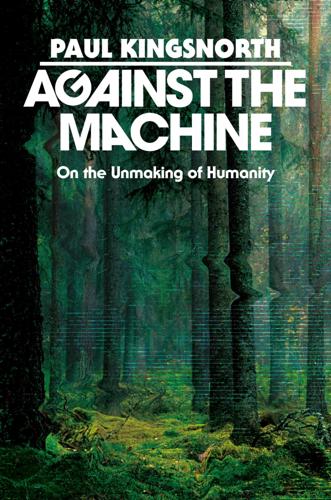
Against the Machine: On the Unmaking of Humanity
by Paul Kingsnorth · 23 Sep 2025 · 388pp · 110,920 words
body analysers’, smart watches, and of course the terrifying Alexa, who will helpfully monitor all of your private conversations and pass them straight on to Jeff Bezos. It’s often suggested that when we moved from Christendom via the Enlightenment into our current age, whatever we might call it, we desacralised or
…
gone global and the Earth heating up from its exhaust, they might be permitted a grim smile. VI A Thousand Mozarts The petition to keep Jeff Bezos in space forever had over 200,000 signatories by the time it was wound up. Bezos, the founder of Amazon, is among the richest men
…
’. Reason, rationalism, individualism, market values, the rejection of the past, the framing of custom and history as obstacles, the idealisation of progress and perpetual renewal: Jeff Bezos would recognise all of this, and perhaps nod in vigorous assent. In the turmoil of the early 1790s, the new French elite were laying the
…
wider project of Enlightenment. It is easy for us, still swimming in its backwash, to see the attraction, because it’s the same attraction that Jeff Bezos is caught by when he talks about building a space civilisation for a trillion people. Reason is appealing, because it implies that humans can use
…
Mars or the moon when we can’t or won’t live with Earth anymore is just that: a fantasy, peddled by the likes of Jeff Bezos and his fellow techno-apostles, none of whom have to messily build their own homes on this little planet, or probably clean their own fishtanks
…
Outline of Sanity (IHS Press, 2001), 34. BACK TO NOTE REFERENCE 5 Chesterton, 31. BACK TO NOTE REFERENCE 6 VI: A Thousand Mozarts Alan Boyle, ‘Jeff Bezos: “We Will Have to Leave This Planet…and It’s Going to Make This Planet Better” ’, GeekWire, 29 May 2018, https://www.geekwire.com/2018
…
/jeff-bezos-isdc-space-vision. BACK TO NOTE REFERENCE 1 Simon Schama, Citizens: A Chronicle of the French Revolution (Penguin, 1989), 406. BACK TO NOTE REFERENCE 2
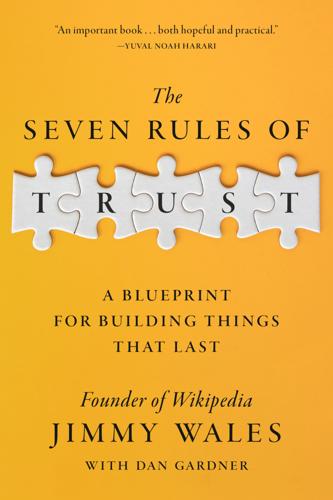
The Seven Rules of Trust: A Blueprint for Building Things That Last
by Jimmy Wales · 28 Oct 2025 · 216pp · 60,419 words
crash, someone probably did something wrong. But maybe not. In rare cases, trust burns like the Hindenburg because someone did nothing at all. In 2024, Jeff Bezos gave the world a memorable demonstration. Bezos is the legendary founder of Amazon, and one of the world’s richest people. He’s also the
…
Post would back the Democrat, as it had in every election for many years. The editorial was prepared for publication. It was never published. Because Jeff Bezos stepped in. Bezos didn’t order the editorial board to back the Republican, mind you. He ordered the board to not back anyone. And that
…
it’s the right one.” At the risk of angering a quarter of a million former Washington Post readers: I think Jeff Bezos was correct. At the risk of angering Jeff Bezos: I also think he went about this all wrong. The right way to change the policy was to announce immediately after the
…
and does, but it does not draw conclusions about whom readers should vote for. It doesn’t take sides. It is neutral. Or to use Jeff Bezos’s word, independent. The Hidden Cost of Taking Sides Independence is often critical for establishing trust because, remember, trust is all about having confidence that
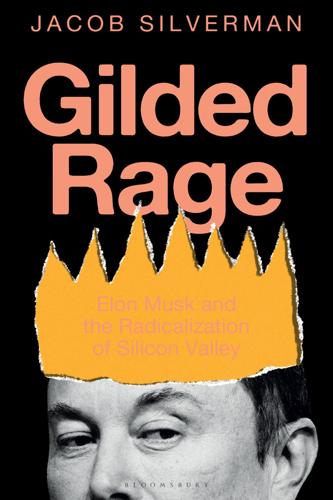
Gilded Rage: Elon Musk and the Radicalization of Silicon Valley
by Jacob Silverman · 9 Oct 2025 · 312pp · 103,645 words
the Caribbean. Larry Ellison, the Oracle billionaire and longtime government contractor, snapped up 98 percent of the Hawaiian island of Lanai. Marc Benioff, Pierre Omidyar, Jeff Bezos, and Mark Zuckerberg also bought up tracts of Hawaiian land. After Benioff’s large land purchases—which were conducted through anonymous shell corporations7—generated discontent
…
.” Three months later, he announced his intention to move his business to Miami, calling it “a vibrant growing metropolis that embodies the American dream.”14 Jeff Bezos bought three mansions on Indian Creek Island, a patch of Miami land sometimes called Billionaire Bunker. By making Florida his primary residence as he continued
…
labor unrest. They could be shameless again. “Big congratulations to our 45th and now 47th President on an extraordinary political comeback and decisive victory,” wrote Jeff Bezos,34 whose companies competed for rocket, cloud computing, and tech services contracts. Bezos had already telegraphed his acquiescence by canning the Washington Post’s planned
…
the pilgrimage to Mar-a-Lago bearing a $1 million corporate gift for Trump’s inauguration. Many tech companies and CEOs also made financial contributions. Jeff Bezos gave Melania Trump a $40 million Amazon documentary deal. That agreement was part of an unprecedented post-election flood of cash moving from private industry
…
-11655994600 14 https://www.reuters.com/business/hedge-fund-citadel-move-headquarters-miami-chicago-2022-06-23/ 15 https://fortune.com/2024/02/13/florida-jeff-bezos-600-million-ultra-high-net-worth-individuals-nirvana/ 16 https://www.bloomberg.com/news/articles/2022-12-14/ftx-us-planned-miami-headquarters-move-before
…
, here and Donald Trump here, here, here Vays, Tone here Ver, Roger here Vy Capital here, here war on terror here, here Washington Post, and Jeff Bezos here Web here here, here White, Molly here, here White Stork here, here Winklevoss, Tyler and Cameron, and America PAC here Winston, Ali here “woke
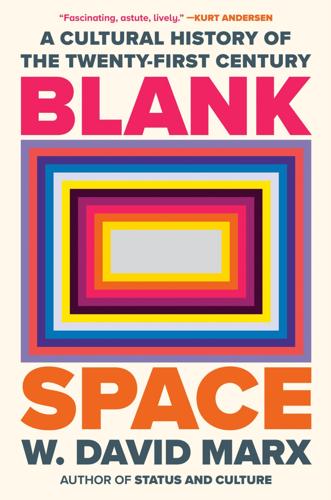
Blank Space: A Cultural History of the Twenty-First Century
by W. David Marx · 18 Nov 2025 · 642pp · 142,332 words
the new Big Tech billionaires showed little sense of noblesse oblige. They privately competed on yacht length and lived out their midlife crises in public. Jeff Bezos bulked up and took on a new romantic partner. Musk challenged Zuckerberg to a “cage match.” They seemed fully disinterested in cavorting together within “high
…
/20/why-wework-went-wrong. GO TO NOTE REFERENCE IN TEXT “dark forest” era: Knibbs, “Internet Isn’t Dead.” GO TO NOTE REFERENCE IN TEXT Jeff Bezos bulked up: Arwa Mahdawi, “Buff Billionaires Are Latest Sign That Bulk Is Now Beautiful for Male Body Image,” Guardian, June 3, 2023, https://www.theguardian
…
.com/commentisfree/2023/jun/03/buff-billionaires-jeff-bezos-mark-zuckerberg-body-image. GO TO NOTE REFERENCE IN TEXT doomsday-ready concrete bunker: Mark O’Connell, “Why Silicon Valley Billionaires Are Prepping for the
…
-justice-jimmy-fallon. GO TO NOTE REFERENCE IN TEXT “ ‘real’ or ‘authentic’ fans”: Max Read, “What Does Jeff Bezos’ Non-Endorsement Mean?,” Read Max (Substack), November 1, 2024, https://maxread.substack.com/p/what-does-jeff-bezos-non-endorsement. GO TO NOTE REFERENCE IN TEXT Fallon was clearly annoyed: Abby Zinman, “People Are Calling
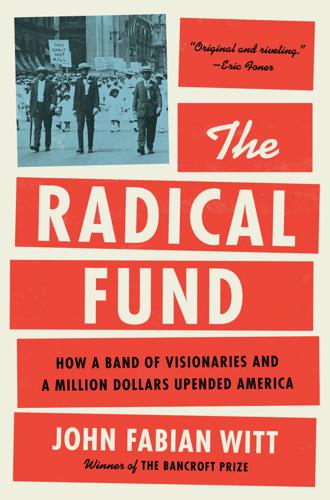
The Radical Fund: How a Band of Visionaries and a Million Dollars Upended America
by John Fabian Witt · 14 Oct 2025 · 735pp · 279,360 words
in 2025, equal to or greater than the wealth of Elon Musk and two or three times the size of the giant fortunes owned by Jeff Bezos and Bill Gates.22 Such vast sums transformed American life. In 1902, Rockefeller Sr. established the General Education Board to support university endowments and public

The Age of Extraction: How Tech Platforms Conquered the Economy and Threaten Our Future Prosperity
by Tim Wu · 4 Nov 2025 · 246pp · 65,143 words
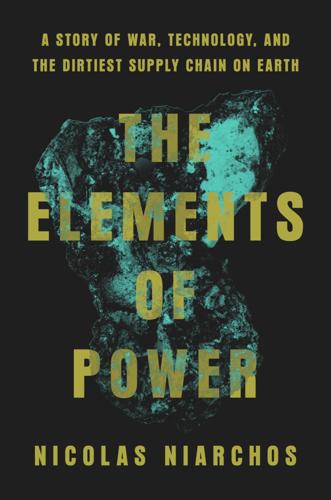
The Elements of Power: A Story of War, Technology, and the Dirtiest Supply Chain on Earth
by Nicolas Niarchos · 20 Jan 2026 · 654pp · 170,150 words
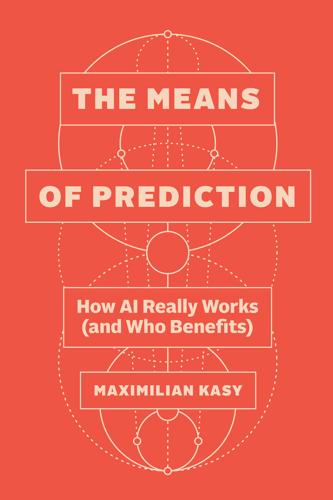
The Means of Prediction: How AI Really Works (And Who Benefits)
by Maximilian Kasy · 15 Jan 2025 · 209pp · 63,332 words
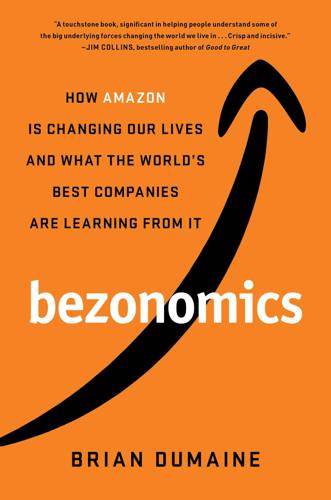
Bezonomics: How Amazon Is Changing Our Lives and What the World's Best Companies Are Learning From It
by Brian Dumaine · 11 May 2020 · 411pp · 98,128 words

Gambling Man
by Lionel Barber · 3 Oct 2024 · 424pp · 123,730 words
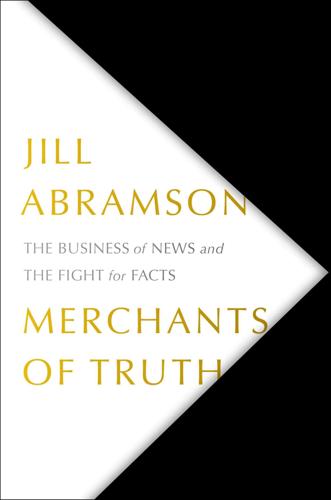
Merchants of Truth: The Business of News and the Fight for Facts
by Jill Abramson · 5 Feb 2019 · 788pp · 223,004 words
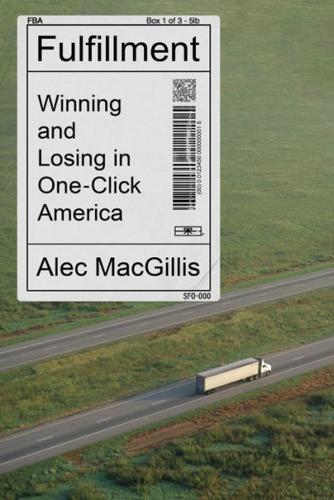
Fulfillment: Winning and Losing in One-Click America
by Alec MacGillis · 16 Mar 2021 · 426pp · 136,925 words
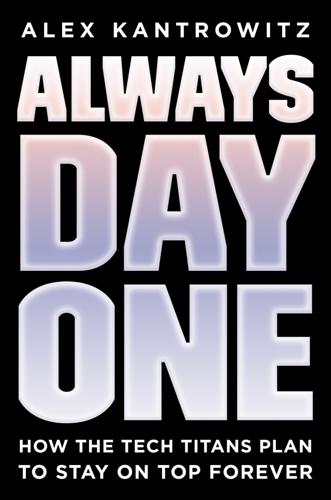
Always Day One: How the Tech Titans Plan to Stay on Top Forever
by Alex Kantrowitz · 6 Apr 2020 · 260pp · 67,823 words
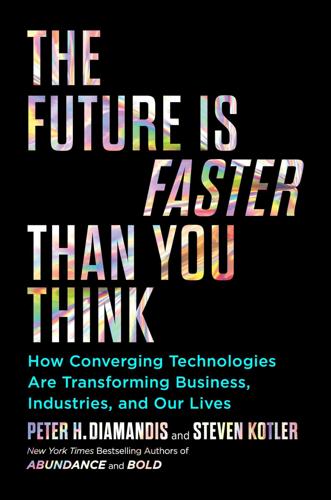
The Future Is Faster Than You Think: How Converging Technologies Are Transforming Business, Industries, and Our Lives
by Peter H. Diamandis and Steven Kotler · 28 Jan 2020 · 501pp · 114,888 words
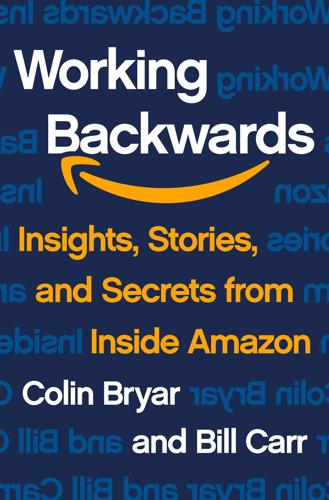
Working Backwards: Insights, Stories, and Secrets From Inside Amazon
by Colin Bryar and Bill Carr · 9 Feb 2021 · 302pp · 100,493 words
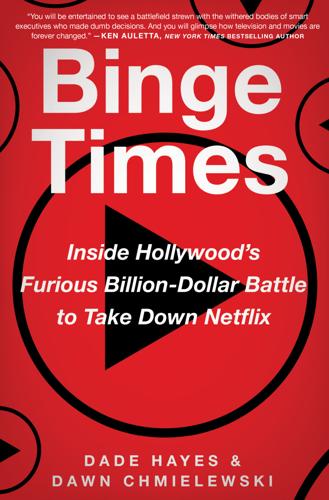
Binge Times: Inside Hollywood's Furious Billion-Dollar Battle to Take Down Netflix
by Dade Hayes and Dawn Chmielewski · 18 Apr 2022 · 414pp · 117,581 words
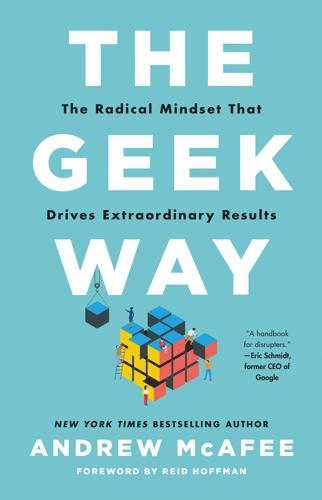
The Geek Way: The Radical Mindset That Drives Extraordinary Results
by Andrew McAfee · 14 Nov 2023 · 381pp · 113,173 words

Vassal State
by Angus Hanton · 25 Mar 2024 · 277pp · 81,718 words
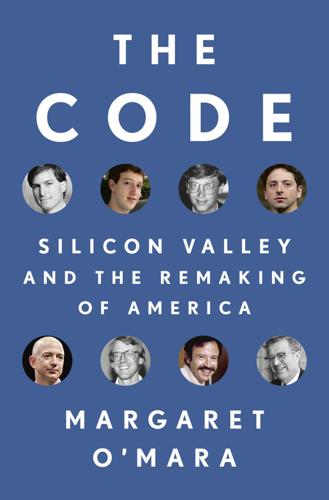
The Code: Silicon Valley and the Remaking of America
by Margaret O'Mara · 8 Jul 2019
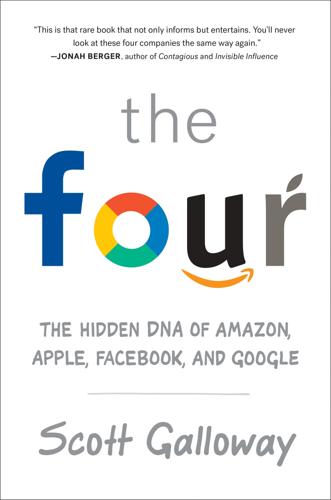
The Four: How Amazon, Apple, Facebook, and Google Divided and Conquered the World
by Scott Galloway · 2 Oct 2017 · 305pp · 79,303 words
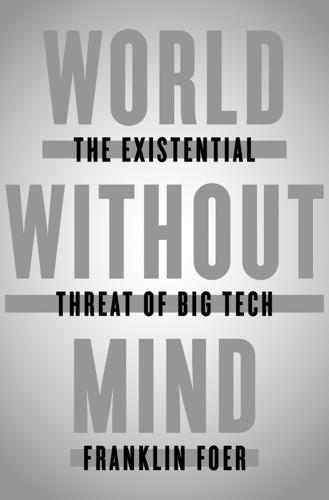
World Without Mind: The Existential Threat of Big Tech
by Franklin Foer · 31 Aug 2017 · 281pp · 71,242 words
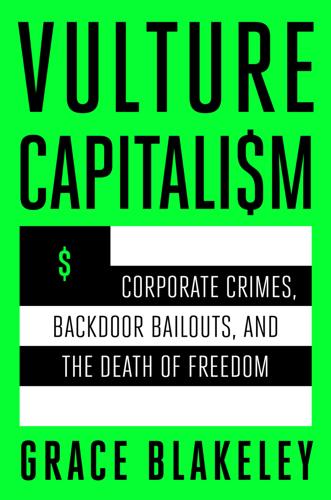
Vulture Capitalism: Corporate Crimes, Backdoor Bailouts, and the Death of Freedom
by Grace Blakeley · 11 Mar 2024 · 371pp · 137,268 words
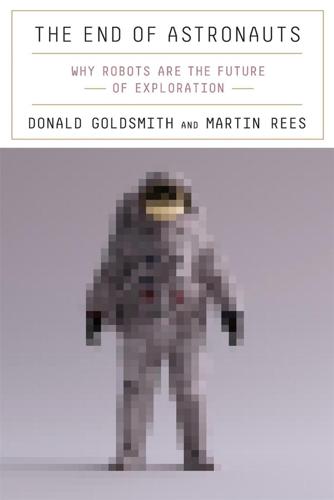
The End of Astronauts: Why Robots Are the Future of Exploration
by Donald Goldsmith and Martin Rees · 18 Apr 2022 · 192pp · 63,813 words
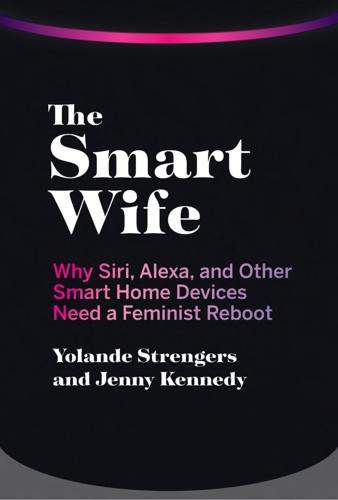
The Smart Wife: Why Siri, Alexa, and Other Smart Home Devices Need a Feminist Reboot
by Yolande Strengers and Jenny Kennedy · 14 Apr 2020
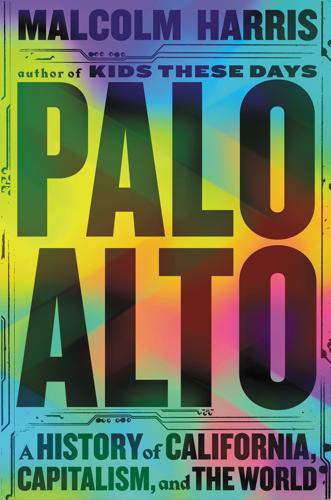
Palo Alto: A History of California, Capitalism, and the World
by Malcolm Harris · 14 Feb 2023 · 864pp · 272,918 words
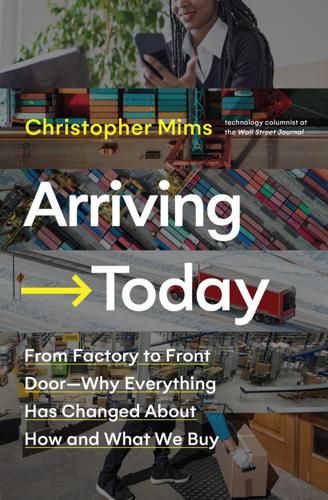
Arriving Today: From Factory to Front Door -- Why Everything Has Changed About How and What We Buy
by Christopher Mims · 13 Sep 2021 · 385pp · 112,842 words
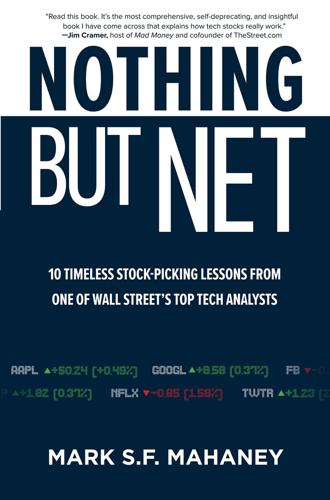
Nothing but Net: 10 Timeless Stock-Picking Lessons From One of Wall Street’s Top Tech Analysts
by Mark Mahaney · 9 Nov 2021 · 311pp · 90,172 words
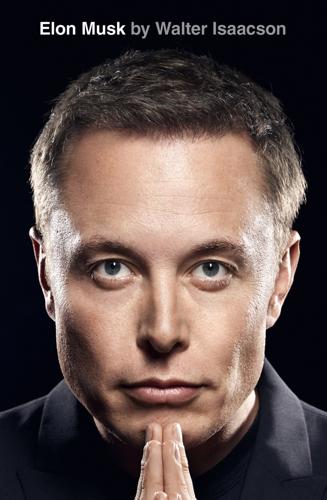
Elon Musk
by Walter Isaacson · 11 Sep 2023 · 562pp · 201,502 words
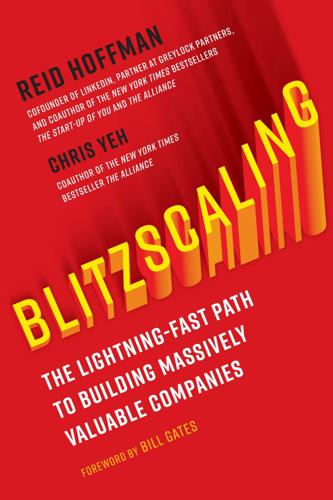
Blitzscaling: The Lightning-Fast Path to Building Massively Valuable Companies
by Reid Hoffman and Chris Yeh · 14 Apr 2018 · 286pp · 87,401 words
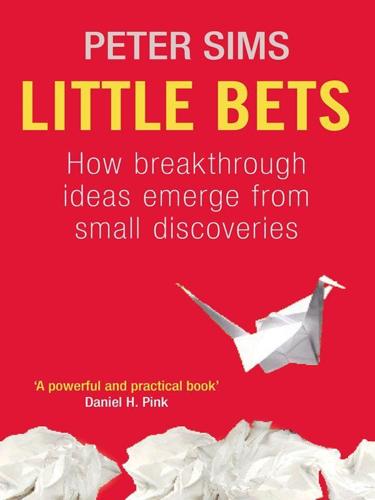
Little Bets: How Breakthrough Ideas Emerge From Small Discoveries
by Peter Sims · 18 Apr 2011 · 207pp · 57,959 words
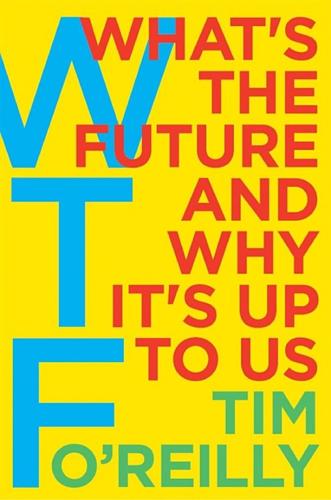
WTF?: What's the Future and Why It's Up to Us
by Tim O'Reilly · 9 Oct 2017 · 561pp · 157,589 words
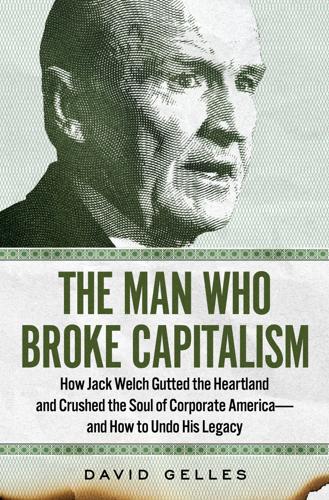
The Man Who Broke Capitalism: How Jack Welch Gutted the Heartland and Crushed the Soul of Corporate America—and How to Undo His Legacy
by David Gelles · 30 May 2022 · 318pp · 91,957 words
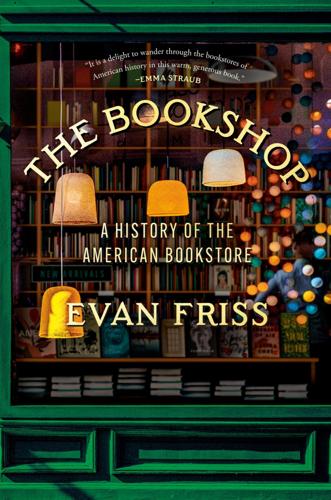
The Bookshop: A History of the American Bookstore
by Evan Friss · 5 Aug 2024 · 493pp · 120,793 words
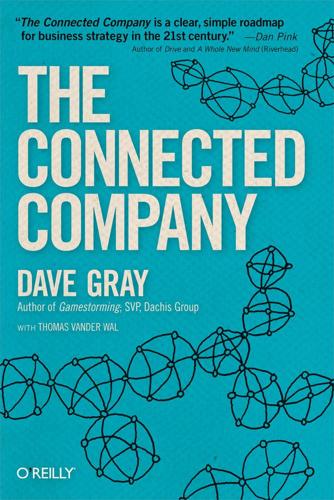
The Connected Company
by Dave Gray and Thomas Vander Wal · 2 Dec 2014 · 372pp · 89,876 words
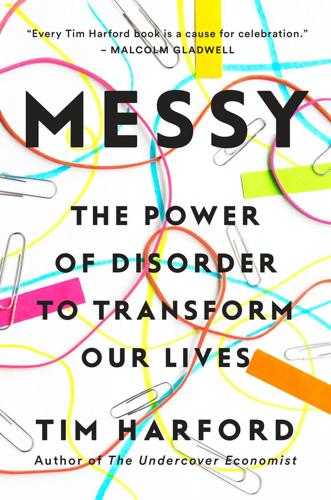
Messy: The Power of Disorder to Transform Our Lives
by Tim Harford · 3 Oct 2016 · 349pp · 95,972 words
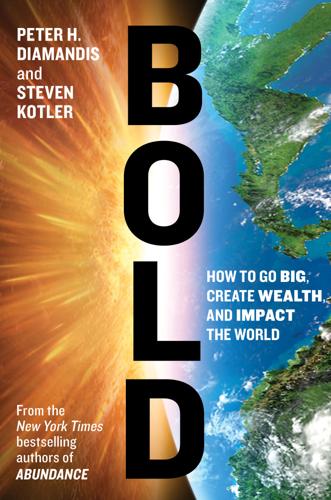
Bold: How to Go Big, Create Wealth and Impact the World
by Peter H. Diamandis and Steven Kotler · 3 Feb 2015 · 368pp · 96,825 words
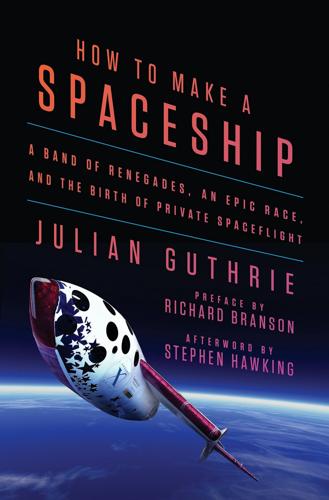
How to Make a Spaceship: A Band of Renegades, an Epic Race, and the Birth of Private Spaceflight
by Julian Guthrie · 19 Sep 2016
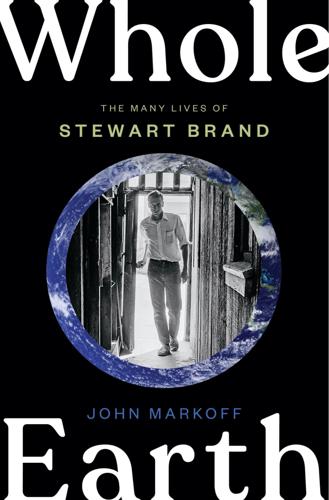
Whole Earth: The Many Lives of Stewart Brand
by John Markoff · 22 Mar 2022 · 573pp · 142,376 words
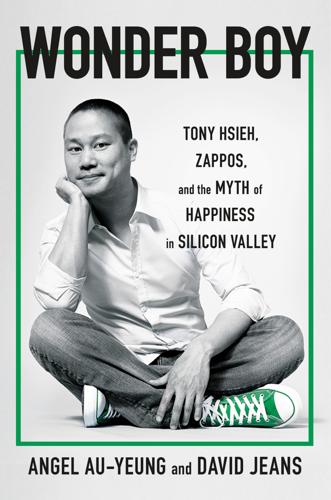
Wonder Boy: Tony Hsieh, Zappos, and the Myth of Happiness in Silicon Valley
by Angel Au-Yeung and David Jeans · 25 Apr 2023 · 427pp · 134,098 words

A City on Mars: Can We Settle Space, Should We Settle Space, and Have We Really Thought This Through?
by Kelly Weinersmith and Zach Weinersmith · 6 Nov 2023 · 490pp · 132,502 words
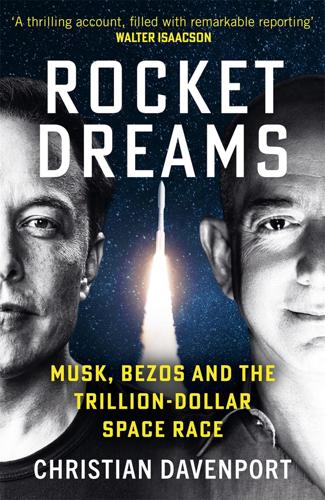
Rocket Dreams: Musk, Bezos and the Trillion-Dollar Space Race
by Christian Davenport · 6 Sep 2025 · 441pp · 127,950 words
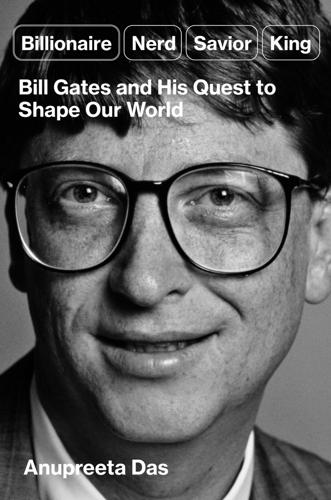
Billionaire, Nerd, Savior, King: Bill Gates and His Quest to Shape Our World
by Anupreeta Das · 12 Aug 2024 · 315pp · 115,894 words
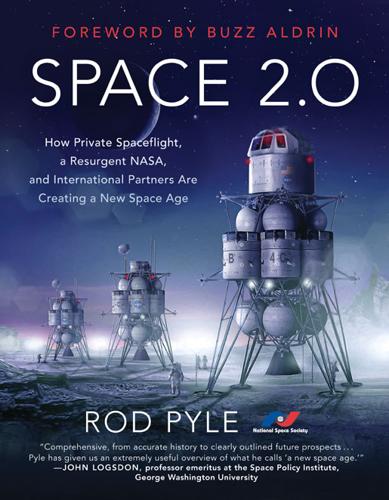
Space 2.0
by Rod Pyle · 2 Jan 2019 · 352pp · 87,930 words
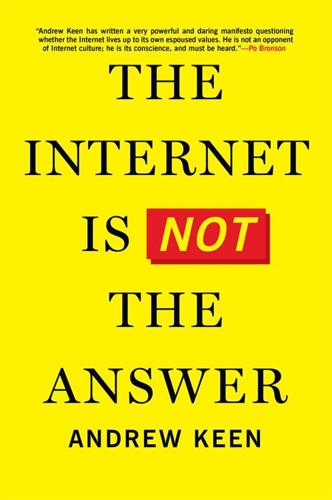
The Internet Is Not the Answer
by Andrew Keen · 5 Jan 2015 · 361pp · 81,068 words
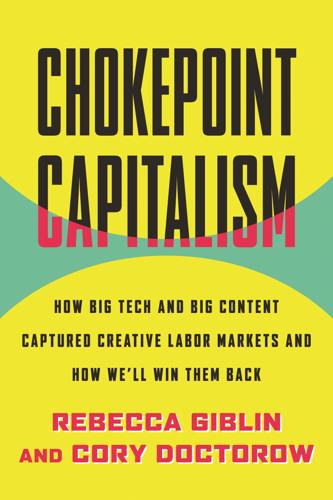
Chokepoint Capitalism
by Rebecca Giblin and Cory Doctorow · 26 Sep 2022 · 396pp · 113,613 words
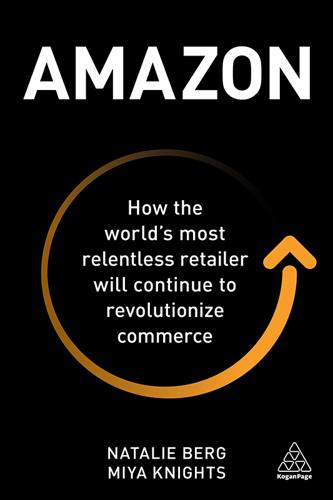
Amazon: How the World’s Most Relentless Retailer Will Continue to Revolutionize Commerce
by Natalie Berg and Miya Knights · 28 Jan 2019 · 404pp · 95,163 words
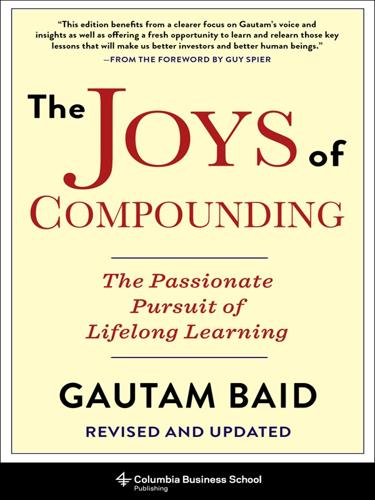
The Joys of Compounding: The Passionate Pursuit of Lifelong Learning, Revised and Updated
by Gautam Baid · 1 Jun 2020 · 1,239pp · 163,625 words
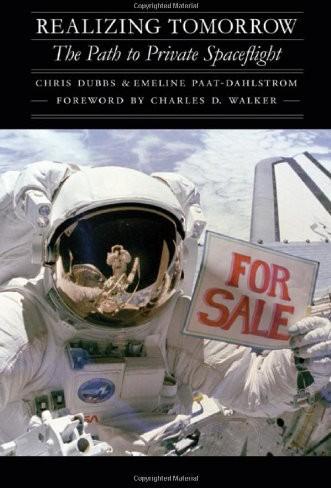
Realizing Tomorrow: The Path to Private Spaceflight
by Chris Dubbs, Emeline Paat-dahlstrom and Charles D. Walker · 1 Jun 2011 · 376pp · 110,796 words
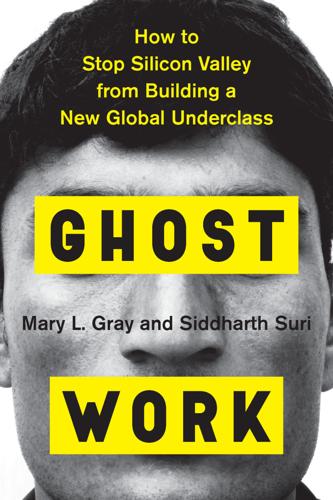
Ghost Work: How to Stop Silicon Valley From Building a New Global Underclass
by Mary L. Gray and Siddharth Suri · 6 May 2019 · 346pp · 97,330 words
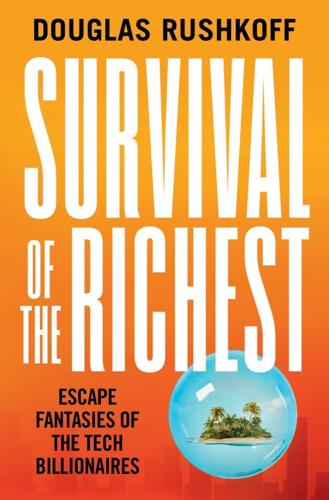
Survival of the Richest: Escape Fantasies of the Tech Billionaires
by Douglas Rushkoff · 7 Sep 2022 · 205pp · 61,903 words
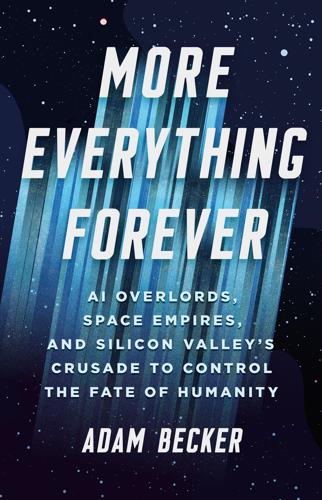
More Everything Forever: AI Overlords, Space Empires, and Silicon Valley's Crusade to Control the Fate of Humanity
by Adam Becker · 14 Jun 2025 · 381pp · 119,533 words
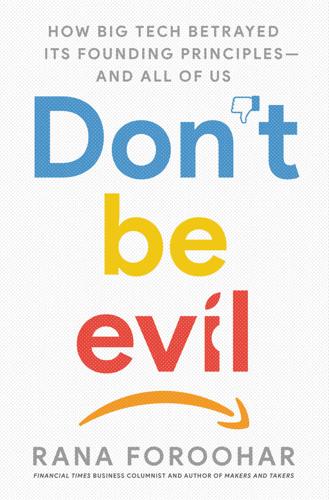
Don't Be Evil: How Big Tech Betrayed Its Founding Principles--And All of US
by Rana Foroohar · 5 Nov 2019 · 380pp · 109,724 words
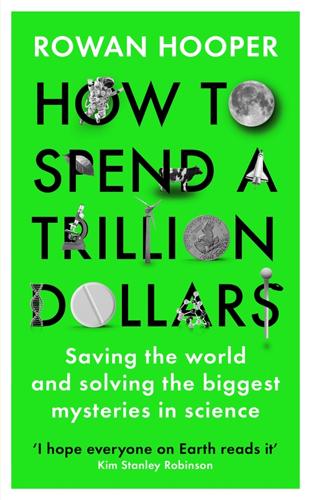
How to Spend a Trillion Dollars
by Rowan Hooper · 15 Jan 2020 · 285pp · 86,858 words
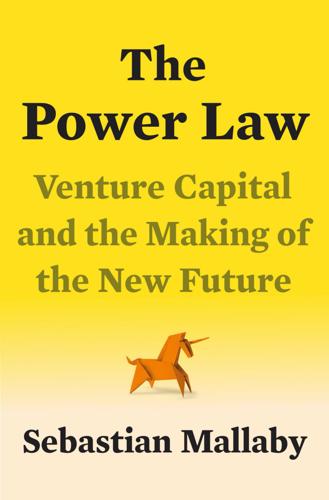
The Power Law: Venture Capital and the Making of the New Future
by Sebastian Mallaby · 1 Feb 2022 · 935pp · 197,338 words
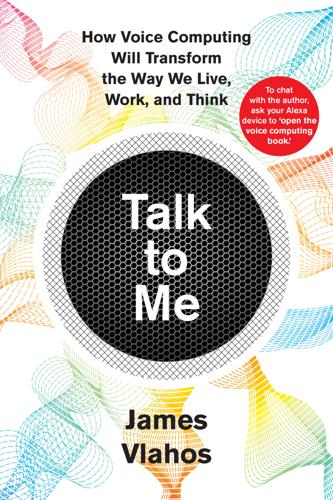
Talk to Me: How Voice Computing Will Transform the Way We Live, Work, and Think
by James Vlahos · 1 Mar 2019 · 392pp · 108,745 words
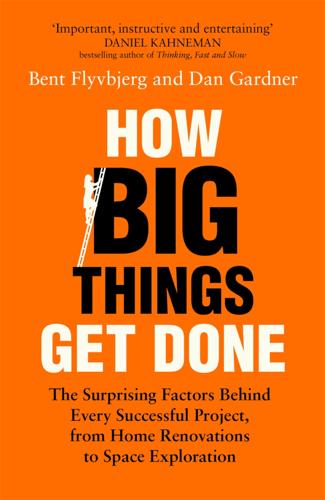
How Big Things Get Done: The Surprising Factors Behind Every Successful Project, From Home Renovations to Space Exploration
by Bent Flyvbjerg and Dan Gardner · 16 Feb 2023 · 353pp · 97,029 words
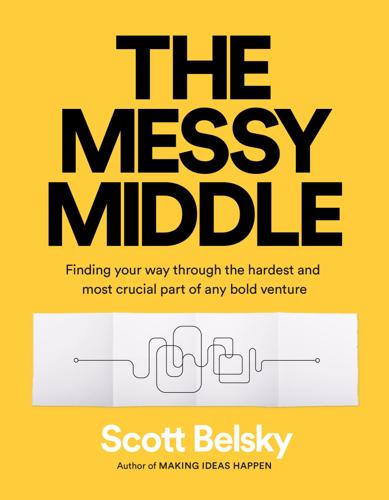
The Messy Middle: Finding Your Way Through the Hardest and Most Crucial Part of Any Bold Venture
by Scott Belsky · 1 Oct 2018 · 425pp · 112,220 words
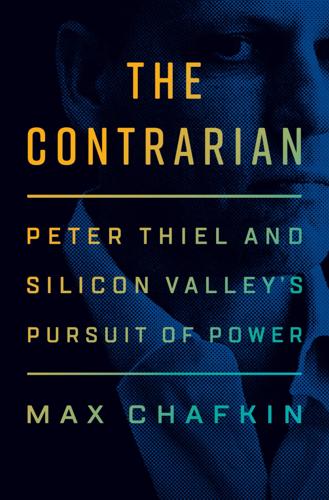
The Contrarian: Peter Thiel and Silicon Valley's Pursuit of Power
by Max Chafkin · 14 Sep 2021 · 524pp · 130,909 words
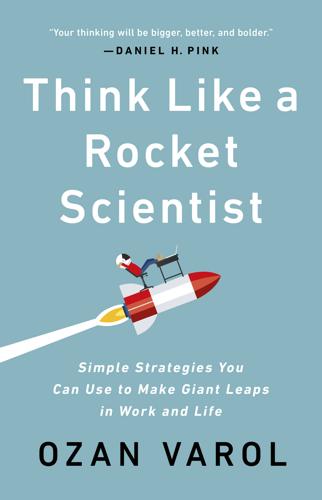
Think Like a Rocket Scientist: Simple Strategies You Can Use to Make Giant Leaps in Work and Life
by Ozan Varol · 13 Apr 2020 · 389pp · 112,319 words
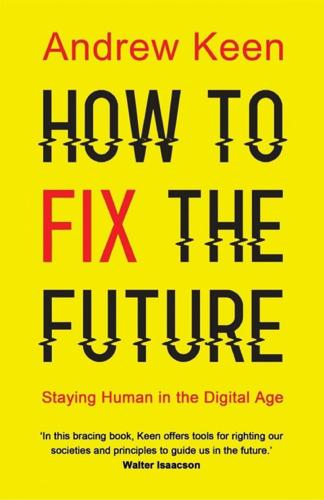
How to Fix the Future: Staying Human in the Digital Age
by Andrew Keen · 1 Mar 2018 · 308pp · 85,880 words
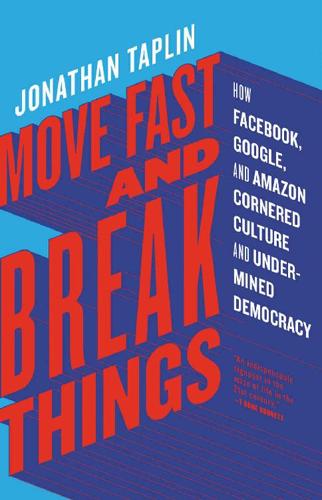
Move Fast and Break Things: How Facebook, Google, and Amazon Cornered Culture and Undermined Democracy
by Jonathan Taplin · 17 Apr 2017 · 222pp · 70,132 words
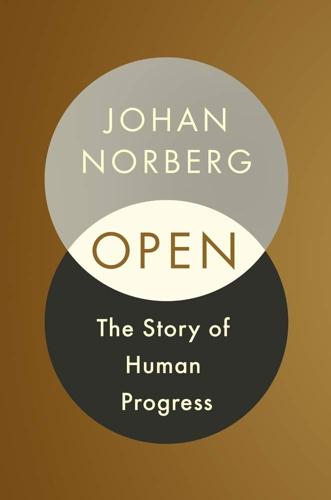
Open: The Story of Human Progress
by Johan Norberg · 14 Sep 2020 · 505pp · 138,917 words
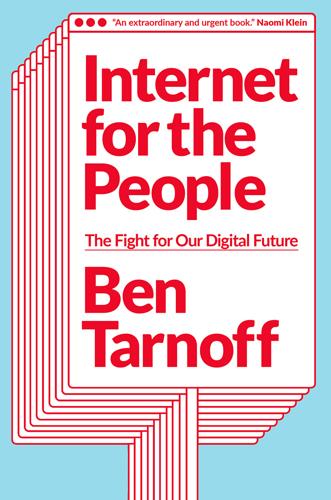
Internet for the People: The Fight for Our Digital Future
by Ben Tarnoff · 13 Jun 2022 · 234pp · 67,589 words
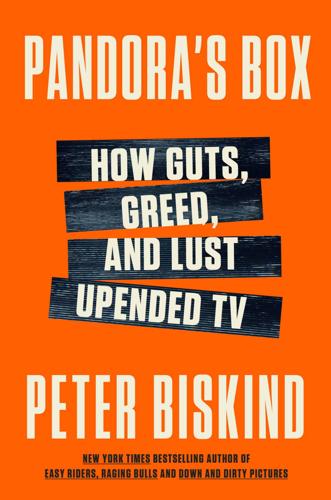
Pandora's Box: How Guts, Guile, and Greed Upended TV
by Peter Biskind · 6 Nov 2023 · 543pp · 143,084 words
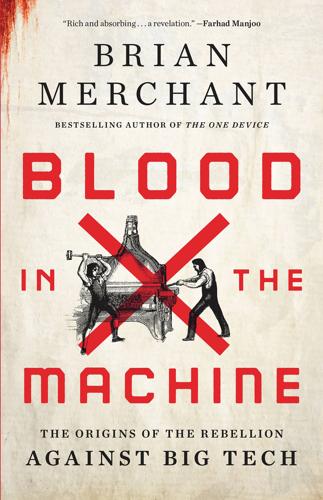
Blood in the Machine: The Origins of the Rebellion Against Big Tech
by Brian Merchant · 25 Sep 2023 · 524pp · 154,652 words
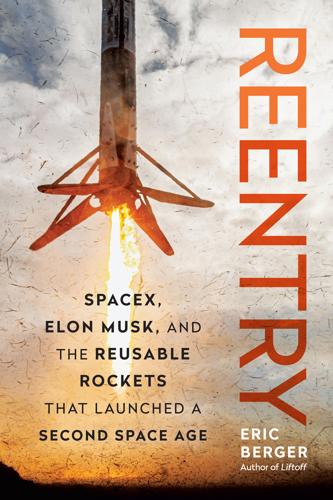
Reentry: SpaceX, Elon Musk, and the Reusable Rockets That Launched a Second Space Age
by Eric Berger · 23 Sep 2024 · 375pp · 113,230 words
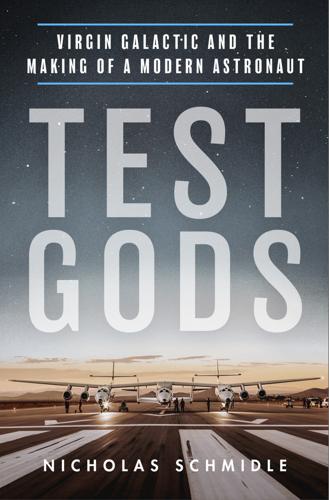
Test Gods: Virgin Galactic and the Making of a Modern Astronaut
by Nicholas Schmidle · 3 May 2021 · 342pp · 101,370 words
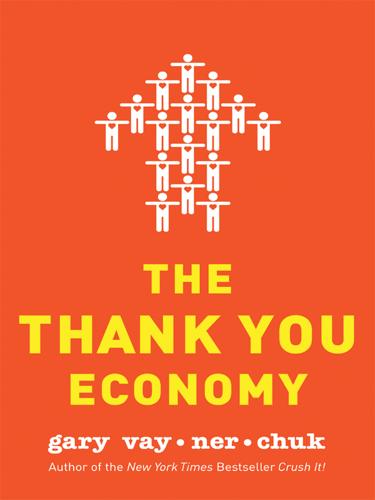
The Thank You Economy
by Gary Vaynerchuk · 1 Jan 2010 · 197pp · 59,946 words
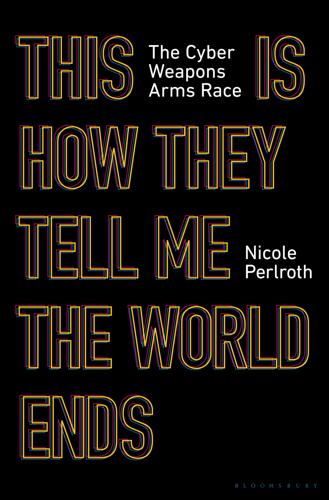
This Is How They Tell Me the World Ends: The Cyberweapons Arms Race
by Nicole Perlroth · 9 Feb 2021 · 651pp · 186,130 words
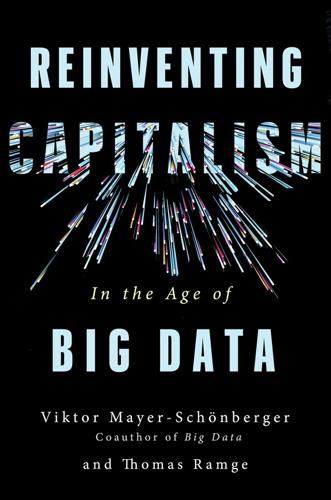
Reinventing Capitalism in the Age of Big Data
by Viktor Mayer-Schönberger and Thomas Ramge · 27 Feb 2018 · 267pp · 72,552 words
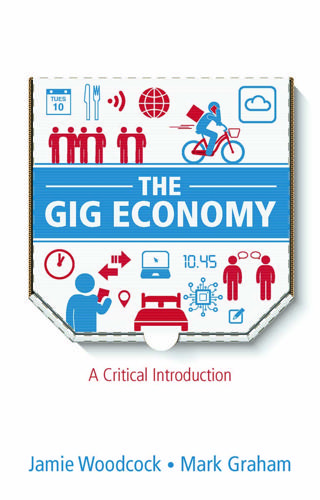
The Gig Economy: A Critical Introduction
by Jamie Woodcock and Mark Graham · 17 Jan 2020 · 207pp · 59,298 words
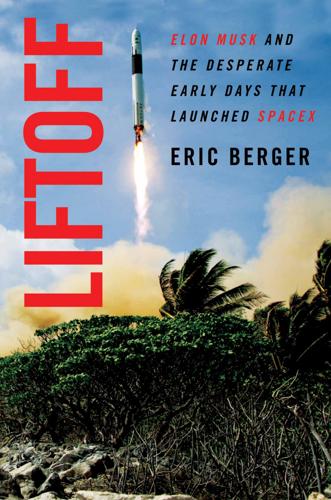
Liftoff: Elon Musk and the Desperate Early Days That Launched SpaceX
by Eric Berger · 2 Mar 2021 · 304pp · 89,879 words
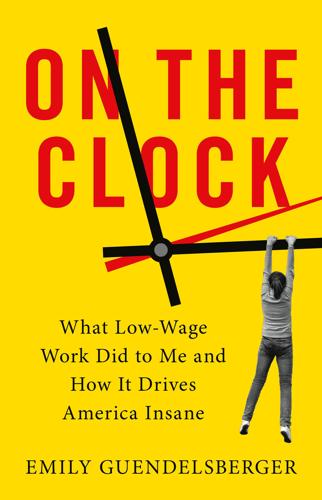
On the Clock: What Low-Wage Work Did to Me and How It Drives America Insane
by Emily Guendelsberger · 15 Jul 2019 · 382pp · 114,537 words
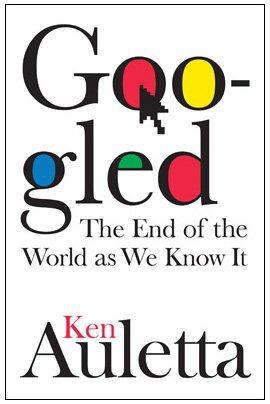
Googled: The End of the World as We Know It
by Ken Auletta · 1 Jan 2009 · 532pp · 139,706 words
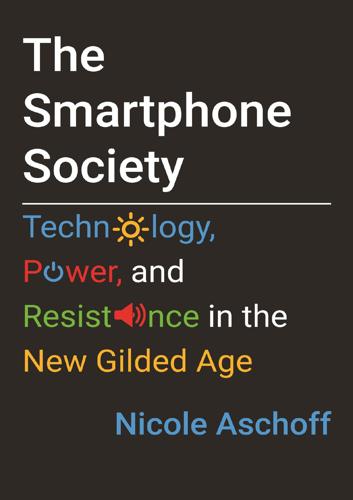
The Smartphone Society
by Nicole Aschoff
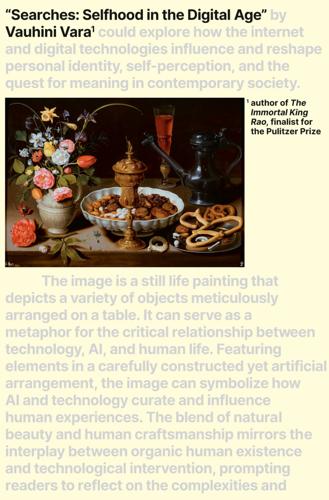
Searches: Selfhood in the Digital Age
by Vauhini Vara · 8 Apr 2025 · 301pp · 105,209 words
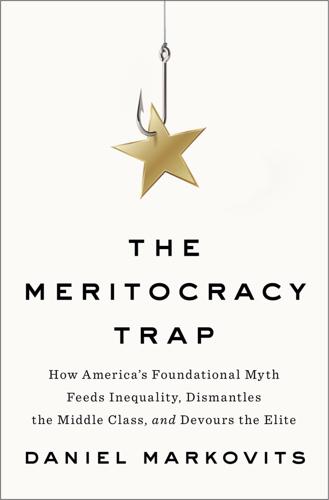
The Meritocracy Trap: How America's Foundational Myth Feeds Inequality, Dismantles the Middle Class, and Devours the Elite
by Daniel Markovits · 14 Sep 2019 · 976pp · 235,576 words
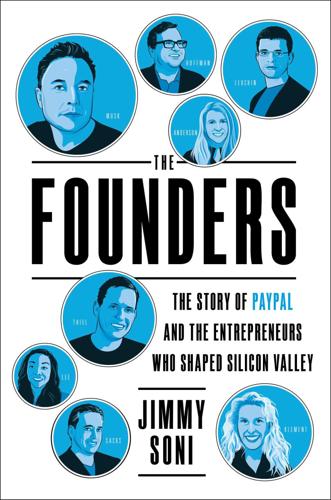
The Founders: The Story of Paypal and the Entrepreneurs Who Shaped Silicon Valley
by Jimmy Soni · 22 Feb 2022 · 505pp · 161,581 words
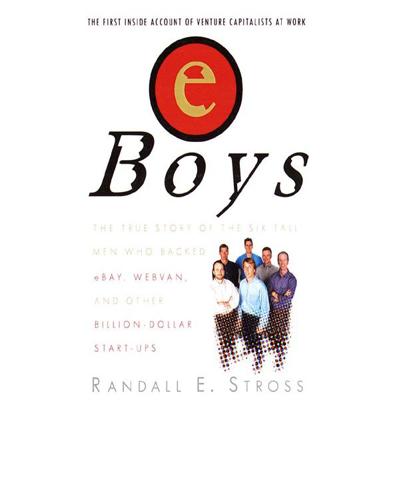
eBoys
by Randall E. Stross · 30 Oct 2008 · 381pp · 112,674 words
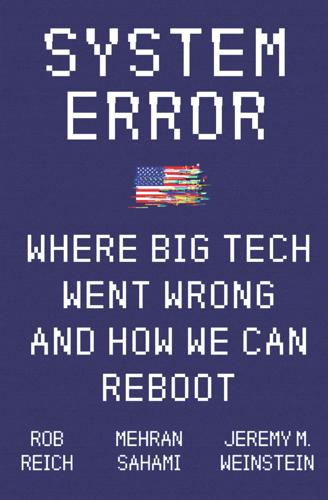
System Error: Where Big Tech Went Wrong and How We Can Reboot
by Rob Reich, Mehran Sahami and Jeremy M. Weinstein · 6 Sep 2021
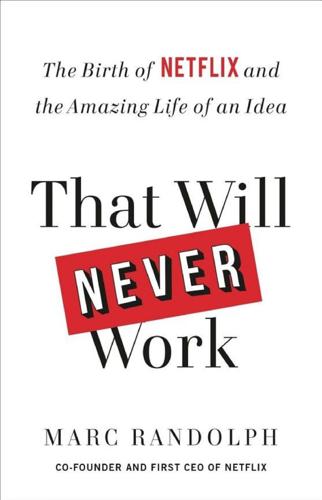
That Will Never Work: The Birth of Netflix and the Amazing Life of an Idea
by Marc Randolph · 16 Sep 2019 · 334pp · 102,899 words
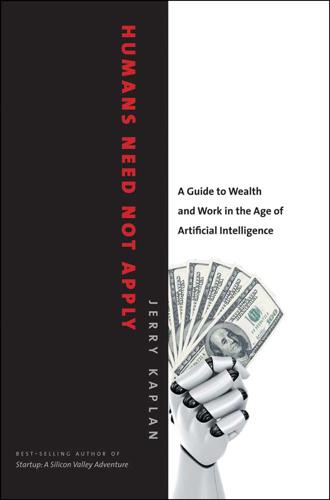
Humans Need Not Apply: A Guide to Wealth and Work in the Age of Artificial Intelligence
by Jerry Kaplan · 3 Aug 2015 · 237pp · 64,411 words
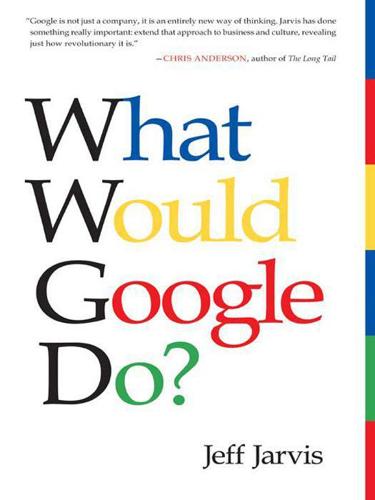
What Would Google Do?
by Jeff Jarvis · 15 Feb 2009 · 299pp · 91,839 words
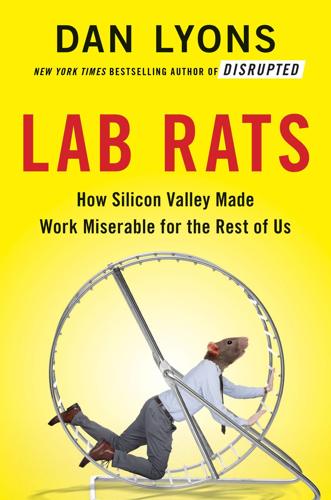
Lab Rats: How Silicon Valley Made Work Miserable for the Rest of Us
by Dan Lyons · 22 Oct 2018 · 252pp · 78,780 words

The Moon: A History for the Future
by Oliver Morton · 1 May 2019 · 319pp · 100,984 words
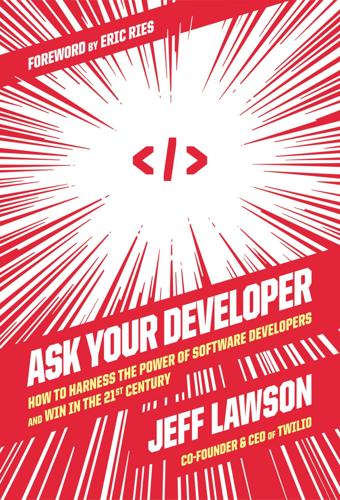
Ask Your Developer: How to Harness the Power of Software Developers and Win in the 21st Century
by Jeff Lawson · 12 Jan 2021 · 282pp · 85,658 words
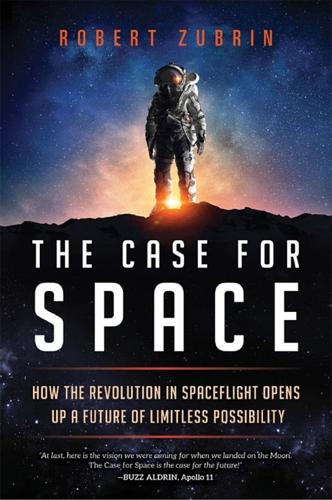
The Case for Space: How the Revolution in Spaceflight Opens Up a Future of Limitless Possibility
by Robert Zubrin · 30 Apr 2019 · 452pp · 126,310 words
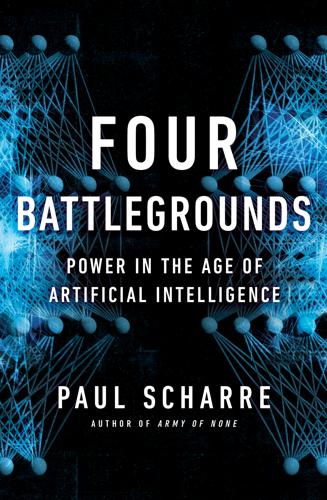
Four Battlegrounds
by Paul Scharre · 18 Jan 2023
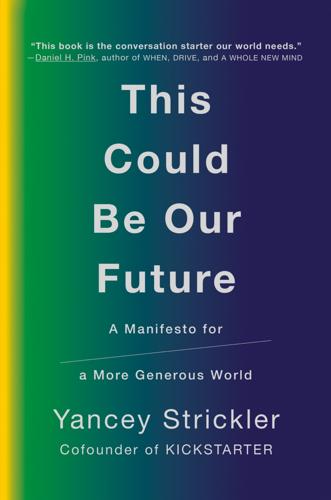
This Could Be Our Future: A Manifesto for a More Generous World
by Yancey Strickler · 29 Oct 2019 · 254pp · 61,387 words
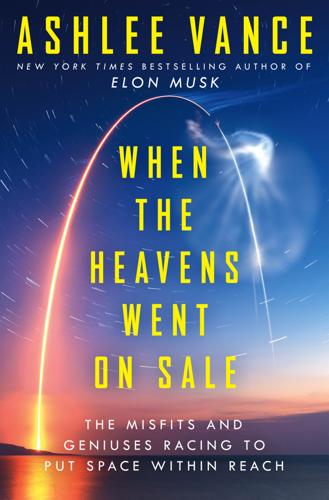
When the Heavens Went on Sale: The Misfits and Geniuses Racing to Put Space Within Reach
by Ashlee Vance · 8 May 2023 · 558pp · 175,965 words
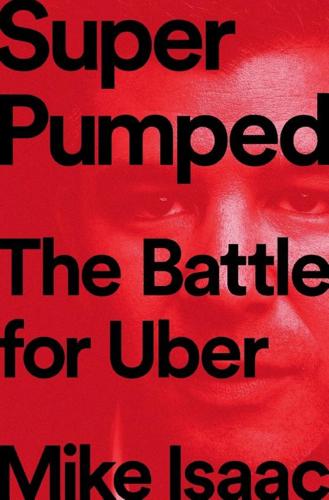
Super Pumped: The Battle for Uber
by Mike Isaac · 2 Sep 2019 · 444pp · 127,259 words
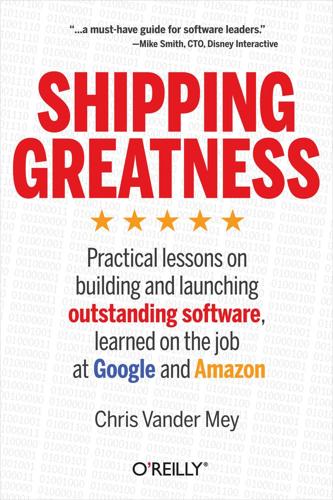
Shipping Greatness
by Chris Vander Mey · 23 Aug 2012 · 231pp · 71,248 words
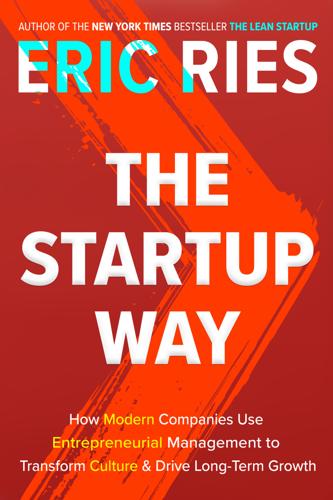
The Startup Way: Making Entrepreneurship a Fundamental Discipline of Every Enterprise
by Eric Ries · 15 Mar 2017 · 406pp · 105,602 words
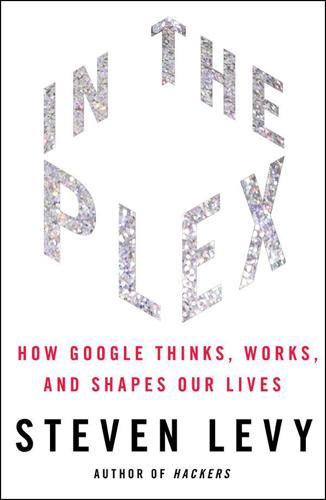
In the Plex: How Google Thinks, Works, and Shapes Our Lives
by Steven Levy · 12 Apr 2011 · 666pp · 181,495 words
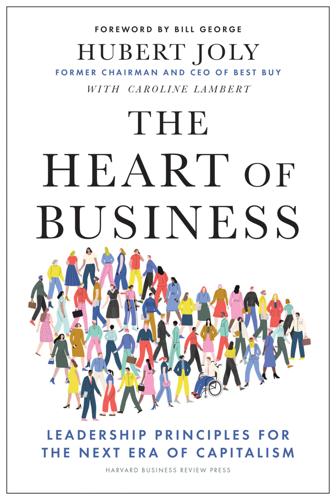
The Heart of Business: Leadership Principles for the Next Era of Capitalism
by Hubert Joly · 14 Jun 2021 · 265pp · 75,202 words
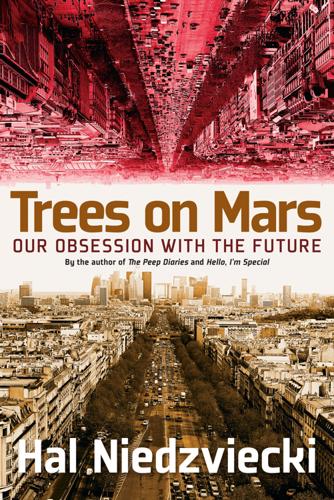
Trees on Mars: Our Obsession With the Future
by Hal Niedzviecki · 15 Mar 2015 · 343pp · 102,846 words
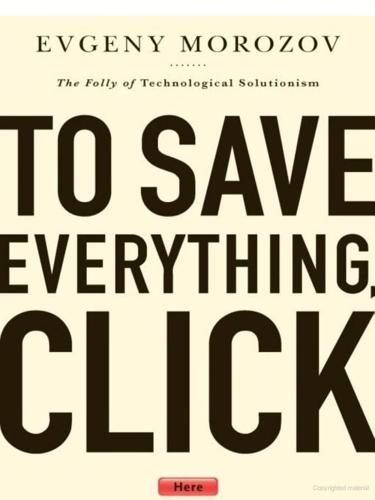
To Save Everything, Click Here: The Folly of Technological Solutionism
by Evgeny Morozov · 15 Nov 2013 · 606pp · 157,120 words
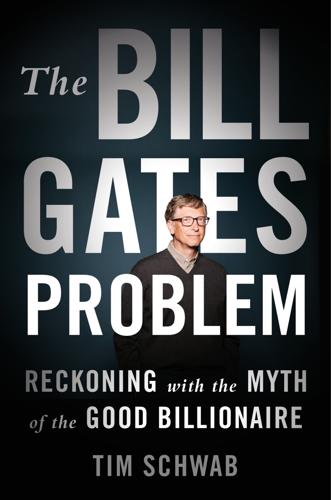
The Bill Gates Problem: Reckoning With the Myth of the Good Billionaire
by Tim Schwab · 13 Nov 2023 · 618pp · 179,407 words
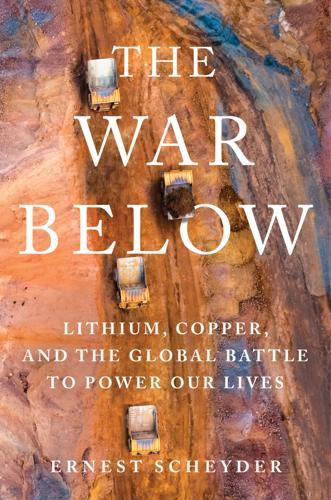
The War Below: Lithium, Copper, and the Global Battle to Power Our Lives
by Ernest Scheyder · 30 Jan 2024 · 355pp · 133,726 words
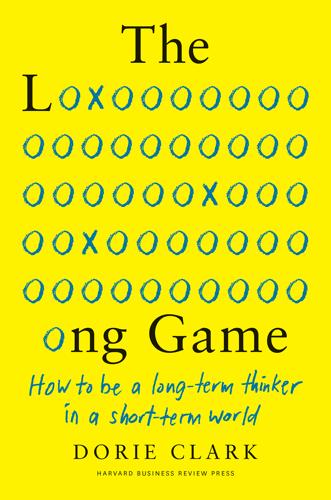
Long Game: How Long-Term Thinker Shorthb
by Dorie Clark · 14 Oct 2021 · 201pp · 60,431 words
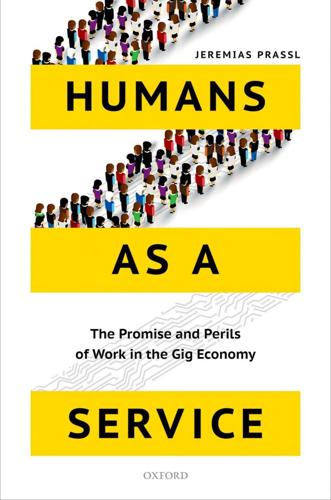
Humans as a Service: The Promise and Perils of Work in the Gig Economy
by Jeremias Prassl · 7 May 2018 · 491pp · 77,650 words
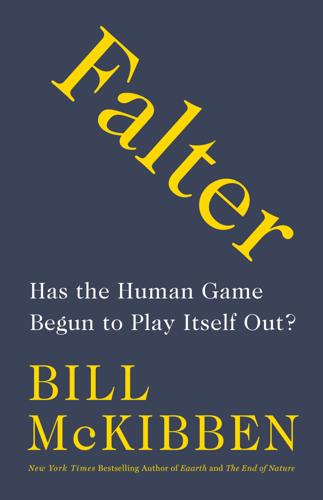
Falter: Has the Human Game Begun to Play Itself Out?
by Bill McKibben · 15 Apr 2019
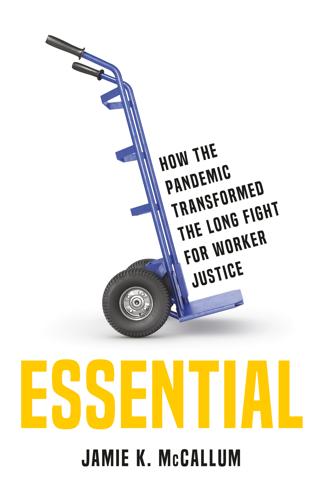
Essential: How the Pandemic Transformed the Long Fight for Worker Justice
by Jamie K. McCallum · 15 Nov 2022 · 349pp · 99,230 words
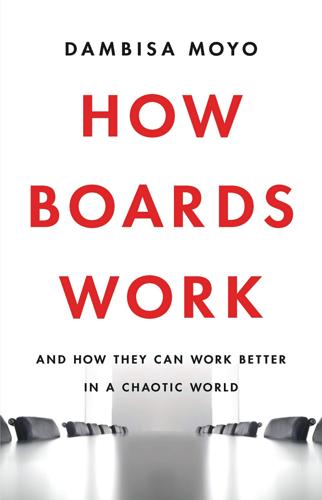
How Boards Work: And How They Can Work Better in a Chaotic World
by Dambisa Moyo · 3 May 2021 · 272pp · 76,154 words
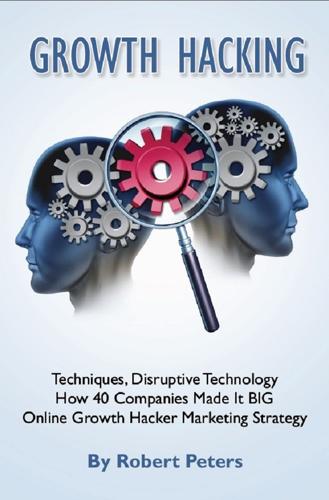
Growth Hacking Techniques, Disruptive Technology - How 40 Companies Made It BIG – Online Growth Hacker Marketing Strategy
by Robert Peters · 18 May 2014 · 125pp · 28,222 words
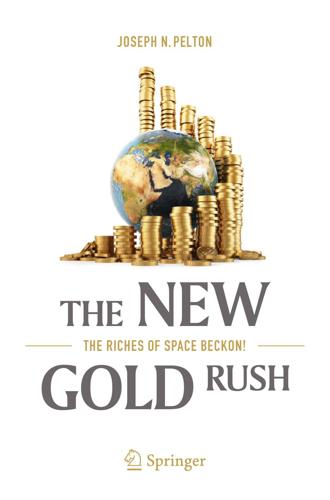
The New Gold Rush: The Riches of Space Beckon!
by Joseph N. Pelton · 5 Nov 2016 · 321pp · 89,109 words
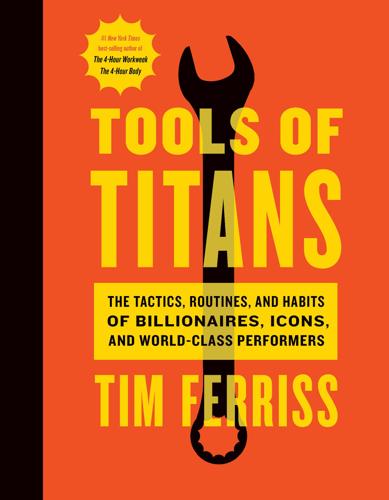
Tools of Titans: The Tactics, Routines, and Habits of Billionaires, Icons, and World-Class Performers
by Timothy Ferriss · 6 Dec 2016 · 669pp · 210,153 words
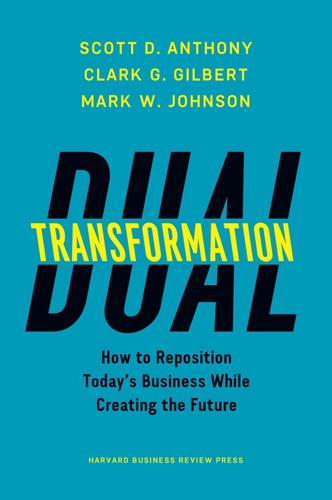
Dual Transformation: How to Reposition Today's Business While Creating the Future
by Scott D. Anthony and Mark W. Johnson · 27 Mar 2017 · 293pp · 78,439 words
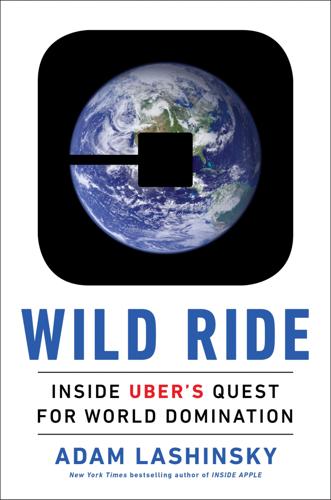
Wild Ride: Inside Uber's Quest for World Domination
by Adam Lashinsky · 31 Mar 2017 · 190pp · 62,941 words
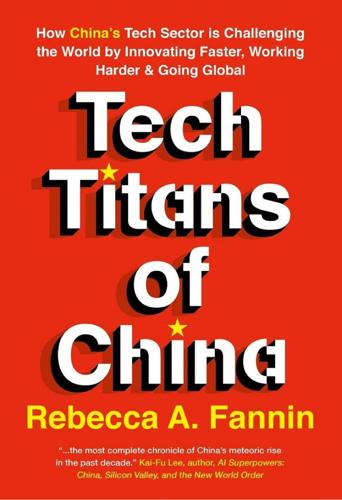
Tech Titans of China: How China's Tech Sector Is Challenging the World by Innovating Faster, Working Harder, and Going Global
by Rebecca Fannin · 2 Sep 2019 · 269pp · 70,543 words
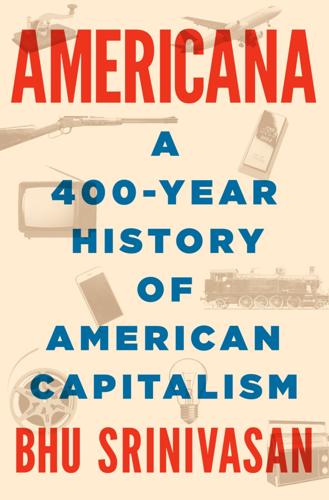
Americana: A 400-Year History of American Capitalism
by Bhu Srinivasan · 25 Sep 2017 · 801pp · 209,348 words
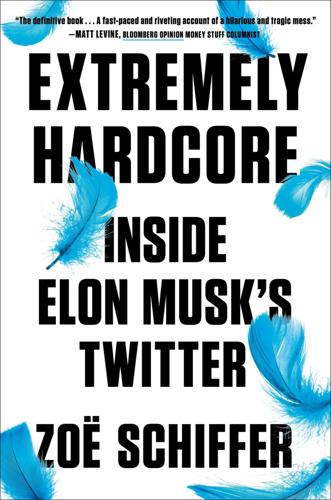
Extremely Hardcore: Inside Elon Musk's Twitter
by Zoë Schiffer · 13 Feb 2024 · 343pp · 92,693 words
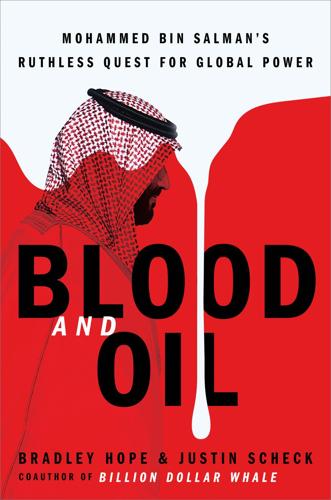
Blood and Oil: Mohammed Bin Salman's Ruthless Quest for Global Power
by Bradley Hope and Justin Scheck · 14 Sep 2020 · 339pp · 103,546 words
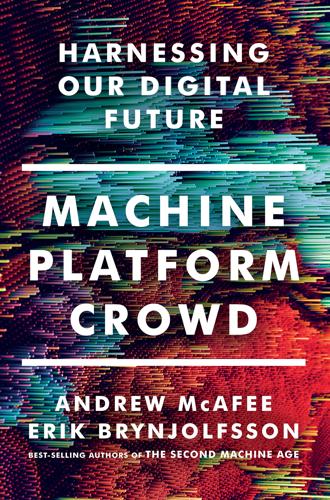
Machine, Platform, Crowd: Harnessing Our Digital Future
by Andrew McAfee and Erik Brynjolfsson · 26 Jun 2017 · 472pp · 117,093 words
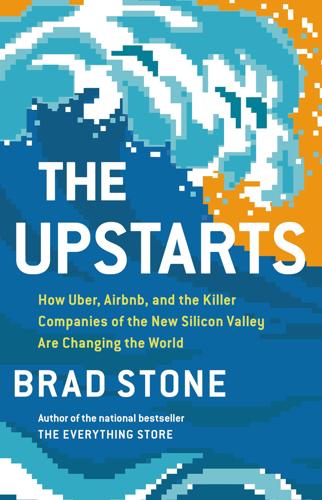
The Upstarts: How Uber, Airbnb, and the Killer Companies of the New Silicon Valley Are Changing the World
by Brad Stone · 30 Jan 2017 · 373pp · 112,822 words
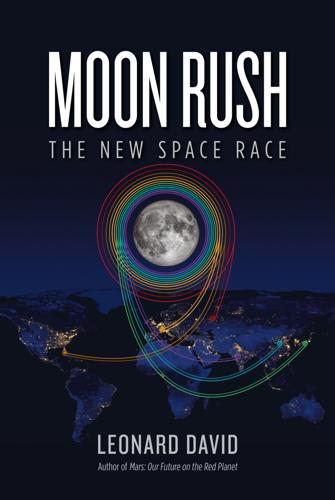
Moon Rush: The New Space Race
by Leonard David · 6 May 2019
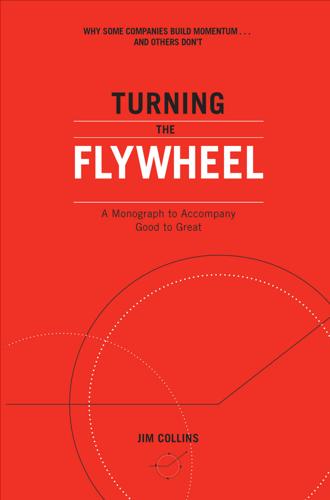
Turning the Flywheel: A Monograph to Accompany Good to Great
by Jim Collins · 26 Feb 2019 · 44pp · 12,675 words
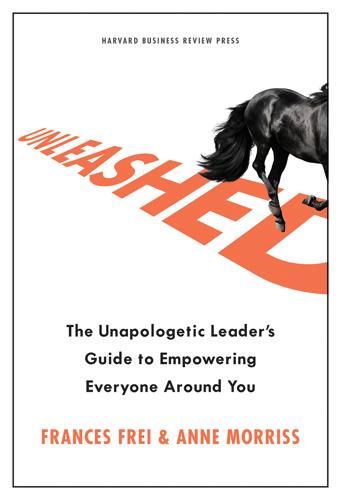
Unleashed
by Anne Morriss and Frances Frei · 1 Jun 2020 · 394pp · 57,287 words
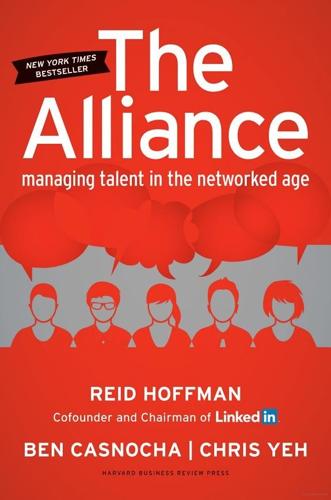
The Alliance: Managing Talent in the Networked Age
by Reid Hoffman, Ben Casnocha and Chris Yeh · 15 Jan 2014 · 102pp · 29,596 words
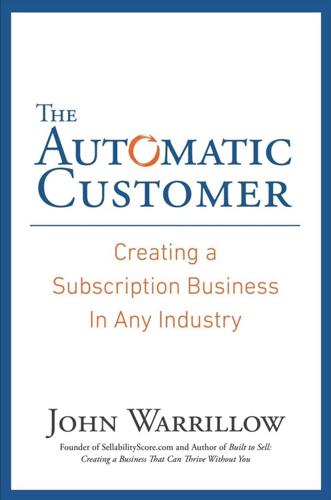
The Automatic Customer: Creating a Subscription Business in Any Industry
by John Warrillow · 5 Feb 2015 · 186pp · 49,251 words
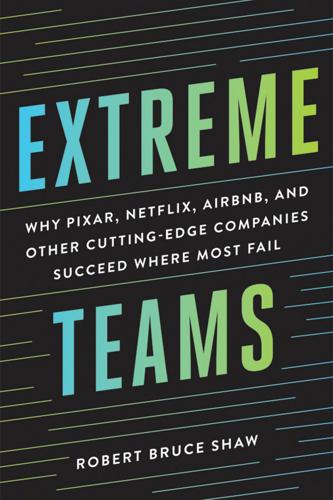
Extreme Teams: Why Pixar, Netflix, AirBnB, and Other Cutting-Edge Companies Succeed Where Most Fail
by Robert Bruce Shaw, James Foster and Brilliance Audio · 14 Oct 2017 · 280pp · 82,355 words
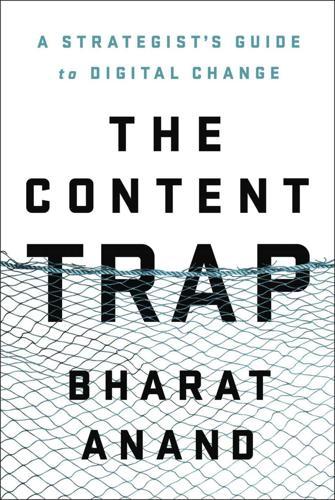
The Content Trap: A Strategist's Guide to Digital Change
by Bharat Anand · 17 Oct 2016 · 554pp · 149,489 words
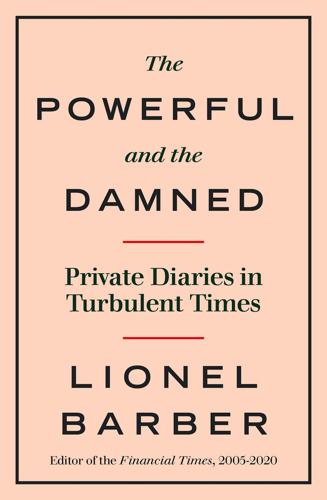
The Powerful and the Damned: Private Diaries in Turbulent Times
by Lionel Barber · 5 Nov 2020
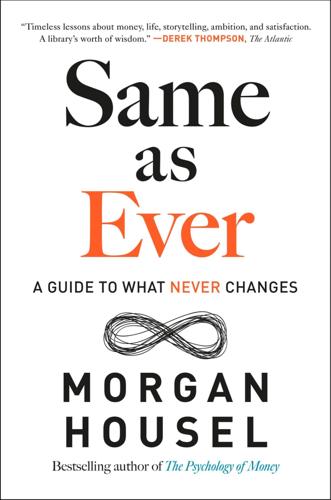
Same as Ever: A Guide to What Never Changes
by Morgan Housel · 7 Nov 2023 · 210pp · 53,743 words
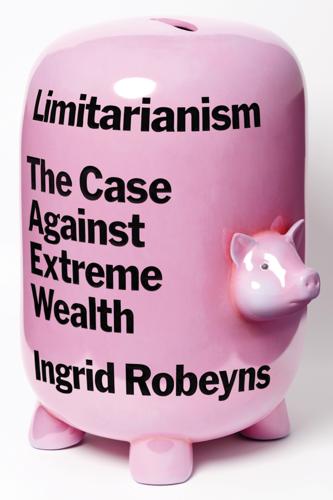
Limitarianism: The Case Against Extreme Wealth
by Ingrid Robeyns · 16 Jan 2024 · 327pp · 110,234 words
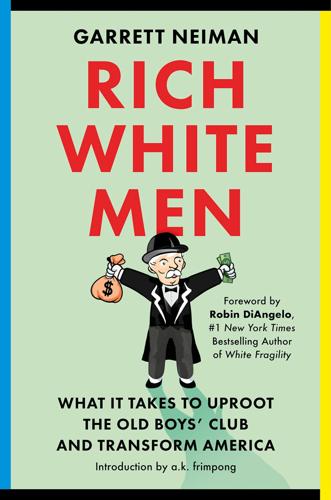
Rich White Men: What It Takes to Uproot the Old Boys' Club and Transform America
by Garrett Neiman · 19 Jun 2023 · 386pp · 112,064 words
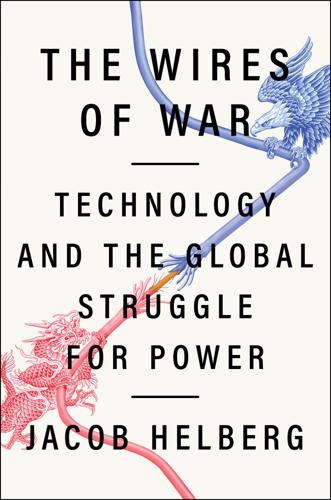
The Wires of War: Technology and the Global Struggle for Power
by Jacob Helberg · 11 Oct 2021 · 521pp · 118,183 words
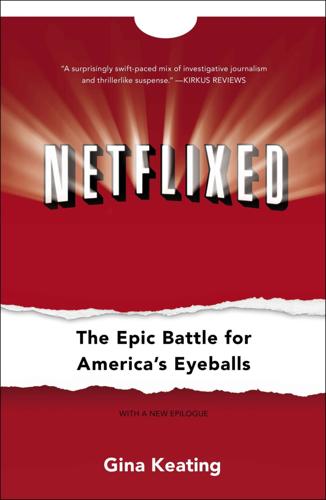
Netflixed: The Epic Battle for America's Eyeballs
by Gina Keating · 10 Oct 2012 · 347pp · 91,318 words
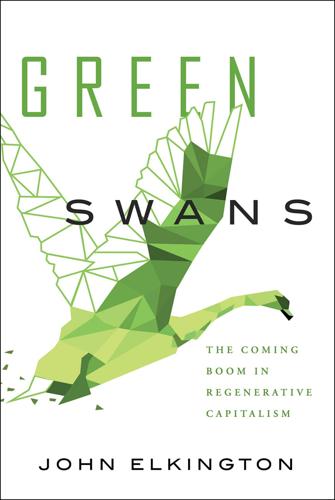
Green Swans: The Coming Boom in Regenerative Capitalism
by John Elkington · 6 Apr 2020 · 384pp · 93,754 words
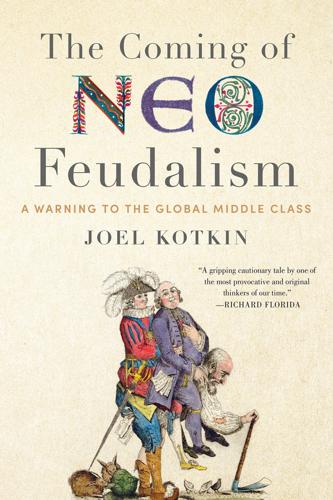
The Coming of Neo-Feudalism: A Warning to the Global Middle Class
by Joel Kotkin · 11 May 2020 · 393pp · 91,257 words
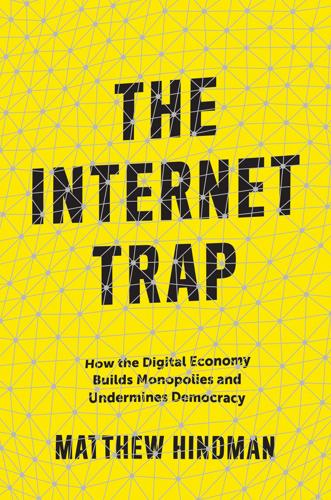
The Internet Trap: How the Digital Economy Builds Monopolies and Undermines Democracy
by Matthew Hindman · 24 Sep 2018

The Reluctant Carer: Dispatches From the Edge of Life
by The Reluctant Carer · 22 Jun 2022 · 233pp · 69,745 words
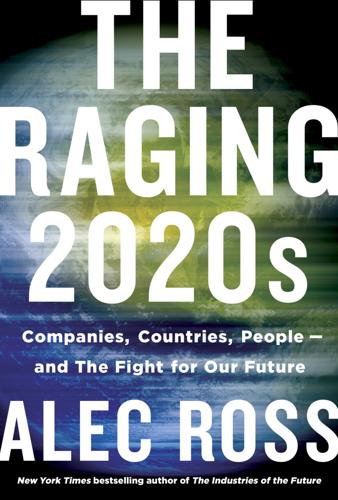
The Raging 2020s: Companies, Countries, People - and the Fight for Our Future
by Alec Ross · 13 Sep 2021 · 363pp · 109,077 words

Enshittification: Why Everything Suddenly Got Worse and What to Do About It
by Cory Doctorow · 6 Oct 2025 · 313pp · 94,415 words
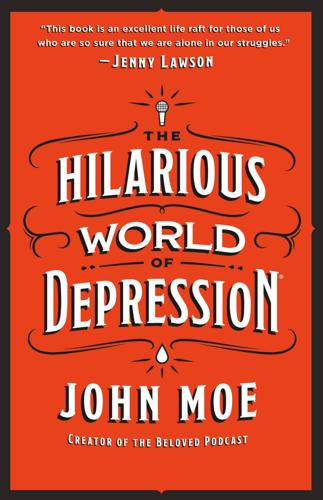
The Hilarious World of Depression
by John Moe · 4 May 2020 · 264pp · 89,323 words
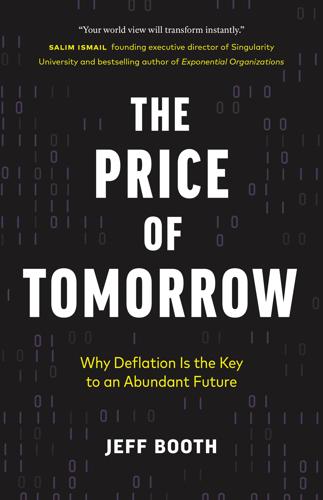
The Price of Tomorrow: Why Deflation Is the Key to an Abundant Future
by Jeff Booth · 14 Jan 2020 · 180pp · 55,805 words

The Filter Bubble: What the Internet Is Hiding From You
by Eli Pariser · 11 May 2011 · 274pp · 75,846 words
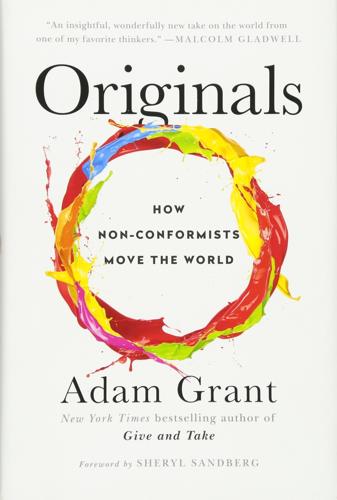
Originals: How Non-Conformists Move the World
by Adam Grant · 2 Feb 2016 · 410pp · 101,260 words
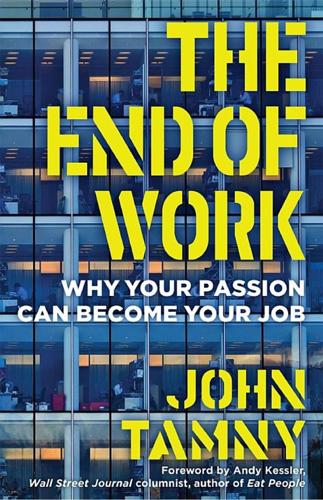
The End of Work: Why Your Passion Can Become Your Job
by John Tamny · 6 May 2018 · 165pp · 47,193 words
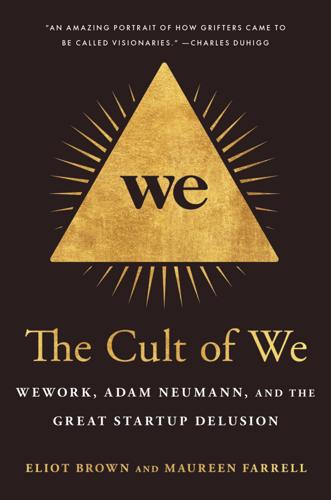
The Cult of We: WeWork, Adam Neumann, and the Great Startup Delusion
by Eliot Brown and Maureen Farrell · 19 Jul 2021 · 460pp · 130,820 words
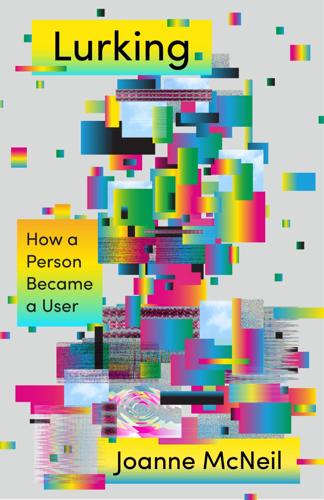
Lurking: How a Person Became a User
by Joanne McNeil · 25 Feb 2020 · 239pp · 80,319 words
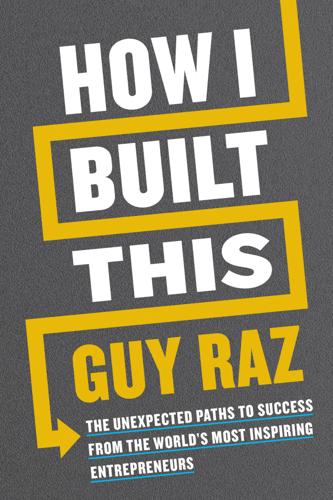
How I Built This: The Unexpected Paths to Success From the World's Most Inspiring Entrepreneurs
by Guy Raz · 14 Sep 2020 · 361pp · 107,461 words
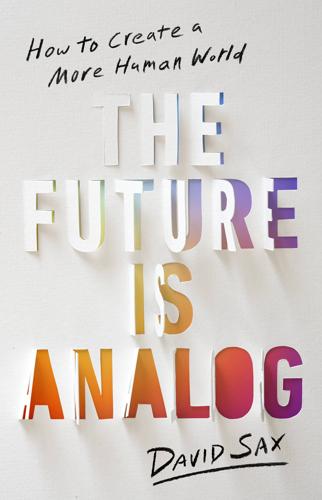
The Future Is Analog: How to Create a More Human World
by David Sax · 15 Jan 2022 · 282pp · 93,783 words
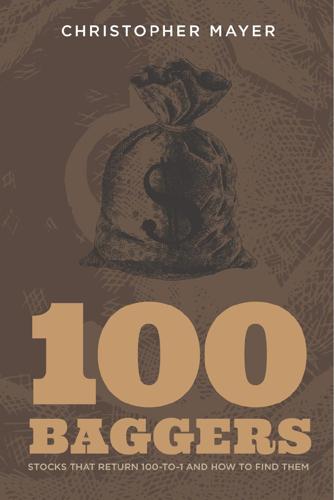
100 Baggers: Stocks That Return 100-To-1 and How to Find Them
by Christopher W Mayer · 21 May 2018
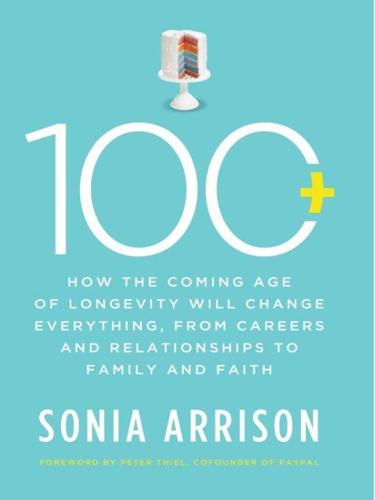
100 Plus: How the Coming Age of Longevity Will Change Everything, From Careers and Relationships to Family And
by Sonia Arrison · 22 Aug 2011 · 381pp · 78,467 words

Surveillance Valley: The Rise of the Military-Digital Complex
by Yasha Levine · 6 Feb 2018 · 474pp · 130,575 words
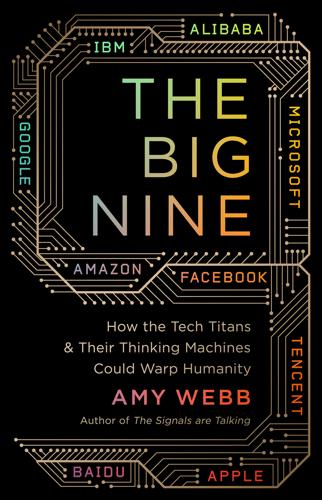
The Big Nine: How the Tech Titans and Their Thinking Machines Could Warp Humanity
by Amy Webb · 5 Mar 2019 · 340pp · 97,723 words
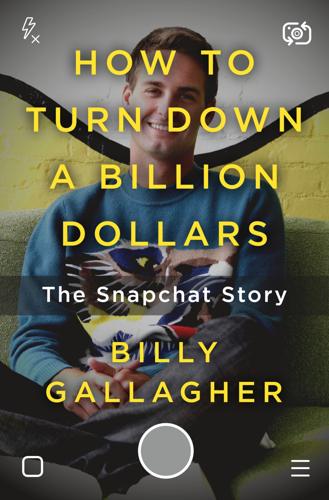
How to Turn Down a Billion Dollars: The Snapchat Story
by Billy Gallagher · 13 Feb 2018 · 359pp · 96,019 words
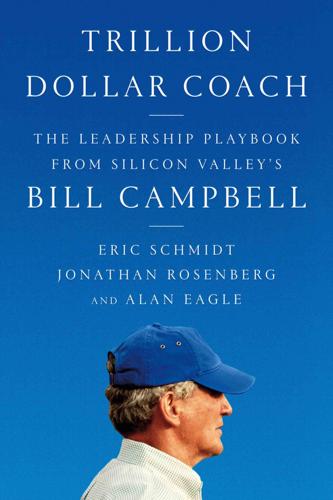
Trillion Dollar Coach: The Leadership Playbook of Silicon Valley's Bill Campbell
by Eric Schmidt, Jonathan Rosenberg and Alan Eagle · 15 Apr 2019 · 199pp · 56,243 words
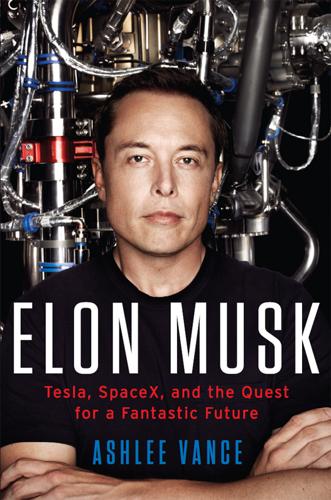
Elon Musk: Tesla, SpaceX, and the Quest for a Fantastic Future
by Ashlee Vance · 18 May 2015 · 370pp · 129,096 words

Catch and Kill: Lies, Spies, and a Conspiracy to Protect Predators
by Ronan Farrow · 14 Oct 2019 · 390pp · 115,303 words
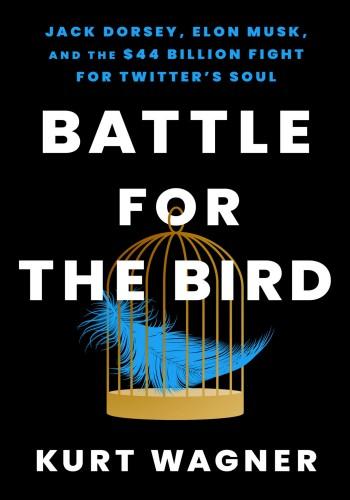
Battle for the Bird: Jack Dorsey, Elon Musk, and the $44 Billion Fight for Twitter's Soul
by Kurt Wagner · 20 Feb 2024 · 332pp · 127,754 words
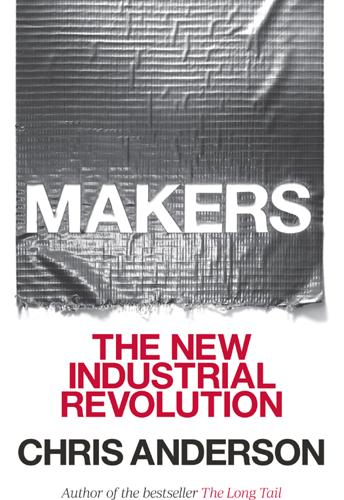
Makers
by Chris Anderson · 1 Oct 2012 · 238pp · 73,824 words
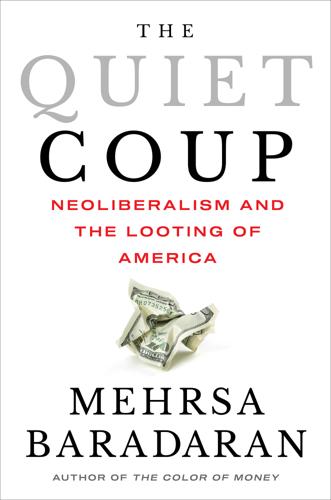
The Quiet Coup: Neoliberalism and the Looting of America
by Mehrsa Baradaran · 7 May 2024 · 470pp · 158,007 words
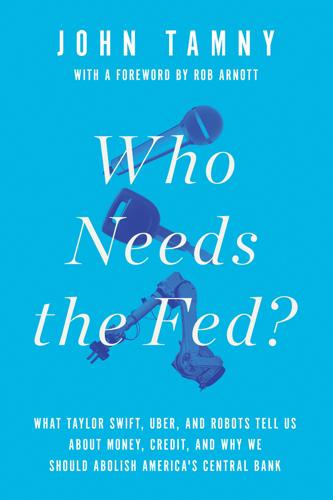
Who Needs the Fed?: What Taylor Swift, Uber, and Robots Tell Us About Money, Credit, and Why We Should Abolish America's Central Bank
by John Tamny · 30 Apr 2016 · 268pp · 74,724 words
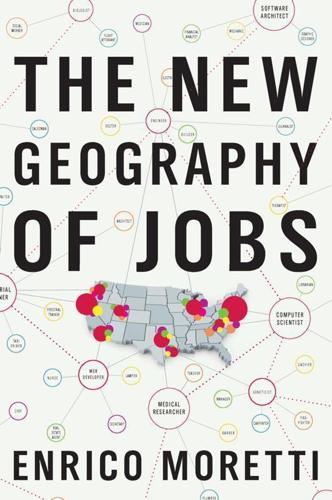
The New Geography of Jobs
by Enrico Moretti · 21 May 2012 · 403pp · 87,035 words
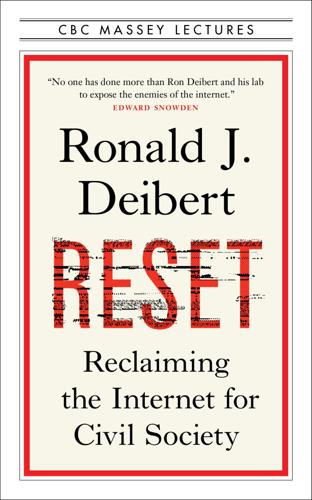
Reset
by Ronald J. Deibert · 14 Aug 2020
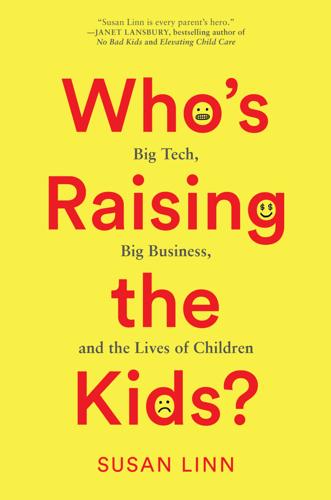
Who’s Raising the Kids?: Big Tech, Big Business, and the Lives of Children
by Susan Linn · 12 Sep 2022 · 415pp · 102,982 words
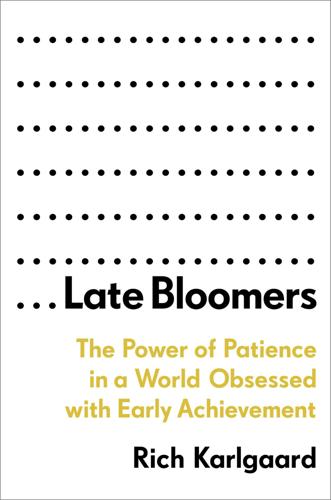
Late Bloomers: The Power of Patience in a World Obsessed With Early Achievement
by Rich Karlgaard · 15 Apr 2019 · 321pp · 92,828 words
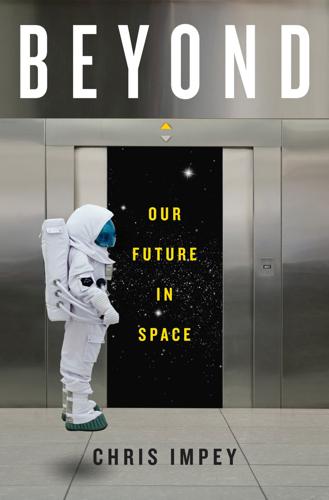
Beyond: Our Future in Space
by Chris Impey · 12 Apr 2015 · 370pp · 97,138 words
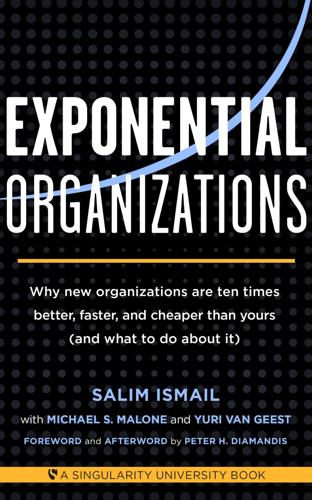
Exponential Organizations: Why New Organizations Are Ten Times Better, Faster, and Cheaper Than Yours (And What to Do About It)
by Salim Ismail and Yuri van Geest · 17 Oct 2014 · 292pp · 85,151 words
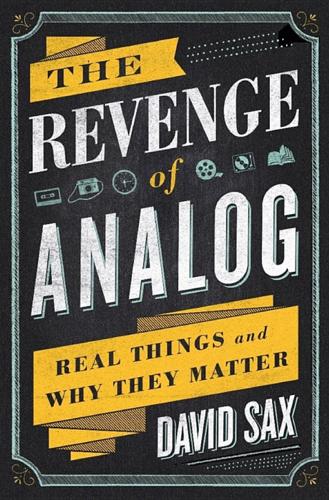
The Revenge of Analog: Real Things and Why They Matter
by David Sax · 8 Nov 2016 · 360pp · 101,038 words
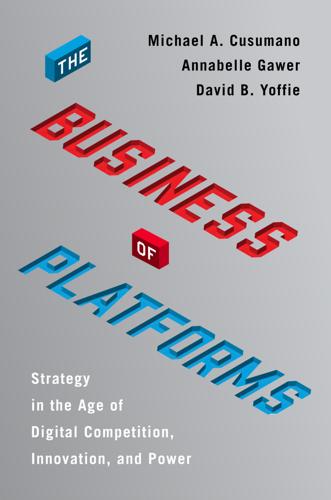
The Business of Platforms: Strategy in the Age of Digital Competition, Innovation, and Power
by Michael A. Cusumano, Annabelle Gawer and David B. Yoffie · 6 May 2019 · 328pp · 84,682 words
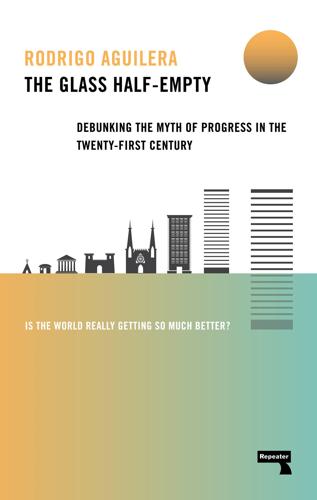
The Glass Half-Empty: Debunking the Myth of Progress in the Twenty-First Century
by Rodrigo Aguilera · 10 Mar 2020 · 356pp · 106,161 words
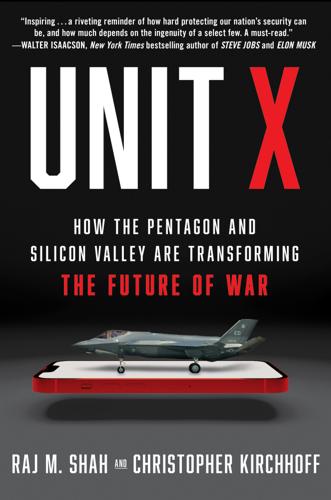
Unit X: How the Pentagon and Silicon Valley Are Transforming the Future of War
by Raj M. Shah and Christopher Kirchhoff · 8 Jul 2024 · 272pp · 103,638 words
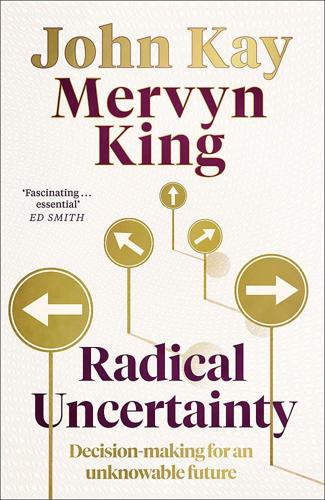
Radical Uncertainty: Decision-Making for an Unknowable Future
by Mervyn King and John Kay · 5 Mar 2020 · 807pp · 154,435 words
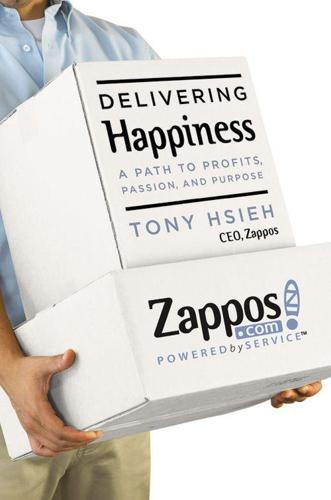
Delivering Happiness: A Path to Profits, Passion, and Purpose
by Tony Hsieh · 6 Jun 2010 · 222pp · 75,778 words
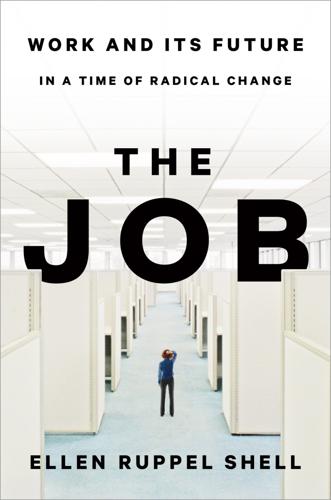
The Job: The Future of Work in the Modern Era
by Ellen Ruppel Shell · 22 Oct 2018 · 402pp · 126,835 words
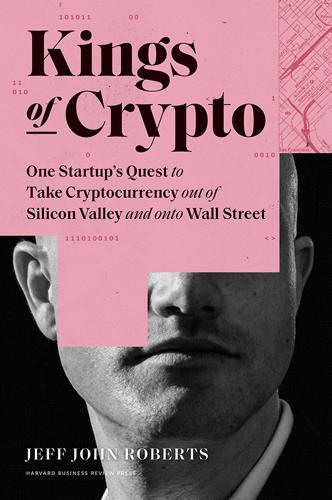
Kings of Crypto: One Startup's Quest to Take Cryptocurrency Out of Silicon Valley and Onto Wall Street
by Jeff John Roberts · 15 Dec 2020 · 226pp · 65,516 words
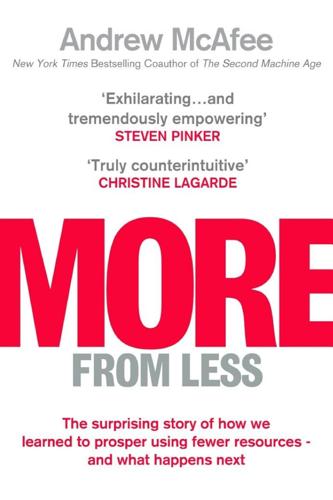
More From Less: The Surprising Story of How We Learned to Prosper Using Fewer Resources – and What Happens Next
by Andrew McAfee · 30 Sep 2019 · 372pp · 94,153 words
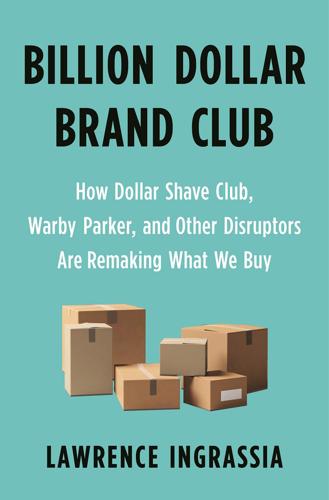
Billion Dollar Brand Club: How Dollar Shave Club, Warby Parker, and Other Disruptors Are Remaking What We Buy
by Lawrence Ingrassia · 28 Jan 2020 · 290pp · 90,057 words
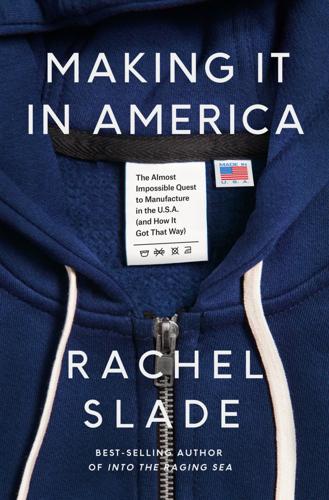
Making It in America: The Almost Impossible Quest to Manufacture in the U.S.A. (And How It Got That Way)
by Rachel Slade · 9 Jan 2024 · 392pp · 106,044 words
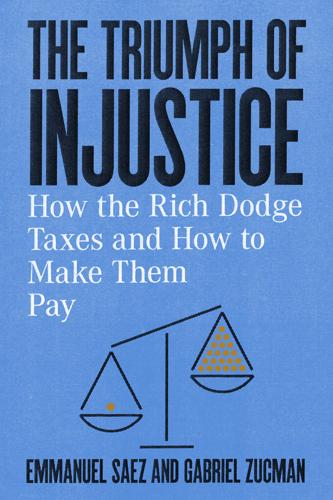
The Triumph of Injustice: How the Rich Dodge Taxes and How to Make Them Pay
by Emmanuel Saez and Gabriel Zucman · 14 Oct 2019 · 232pp · 70,361 words

Sunbelt Blues: The Failure of American Housing
by Andrew Ross · 25 Oct 2021 · 301pp · 90,276 words
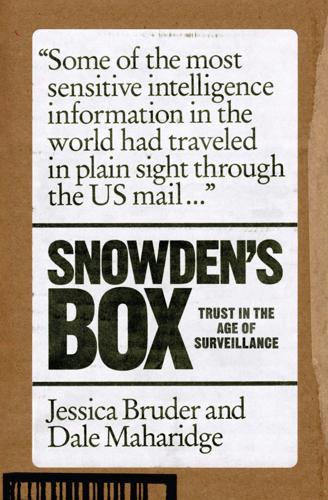
Snowden's Box: Trust in the Age of Surveillance
by Jessica Bruder and Dale Maharidge · 29 Mar 2020 · 159pp · 42,401 words
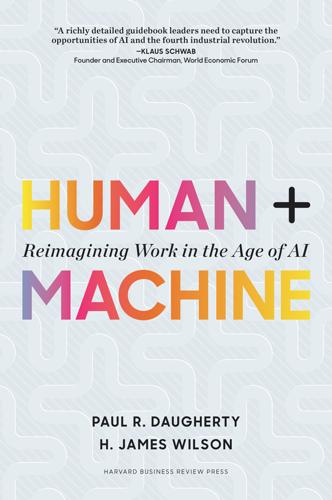
Human + Machine: Reimagining Work in the Age of AI
by Paul R. Daugherty and H. James Wilson · 15 Jan 2018 · 523pp · 61,179 words
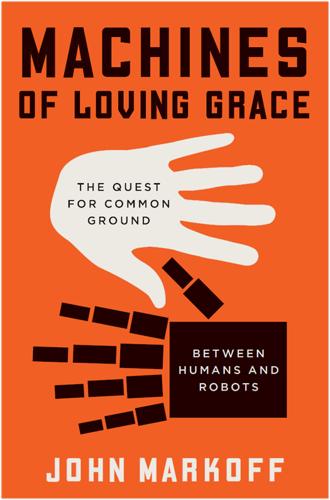
Machines of Loving Grace: The Quest for Common Ground Between Humans and Robots
by John Markoff · 24 Aug 2015 · 413pp · 119,587 words
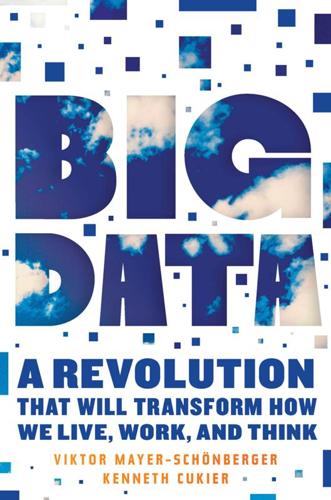
Big Data: A Revolution That Will Transform How We Live, Work, and Think
by Viktor Mayer-Schonberger and Kenneth Cukier · 5 Mar 2013 · 304pp · 82,395 words
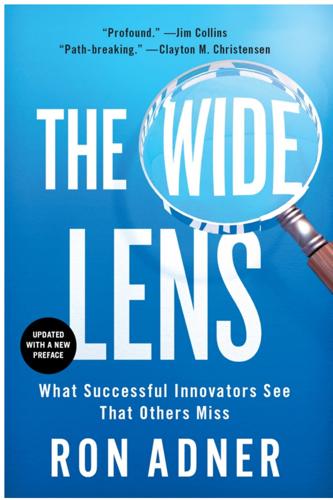
The Wide Lens: What Successful Innovators See That Others Miss
by Ron Adner · 1 Mar 2012 · 265pp · 70,788 words
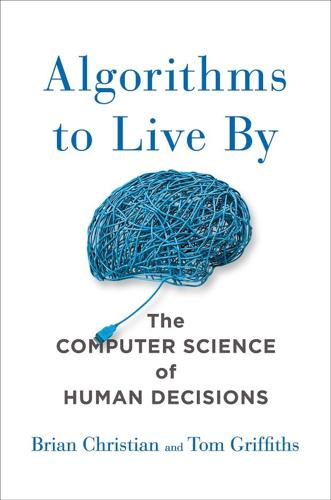
Algorithms to Live By: The Computer Science of Human Decisions
by Brian Christian and Tom Griffiths · 4 Apr 2016 · 523pp · 143,139 words
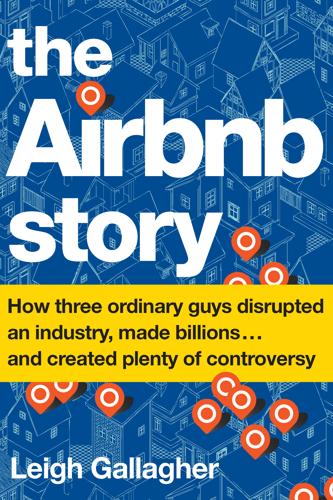
The Airbnb Story: How Three Ordinary Guys Disrupted an Industry, Made Billions...and Created Plenty of Controversy
by Leigh Gallagher · 14 Feb 2017 · 290pp · 87,549 words
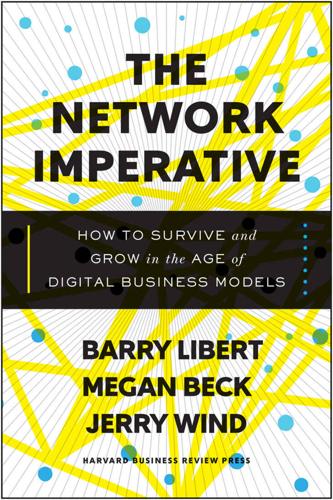
The Network Imperative: How to Survive and Grow in the Age of Digital Business Models
by Barry Libert and Megan Beck · 6 Jun 2016 · 285pp · 58,517 words
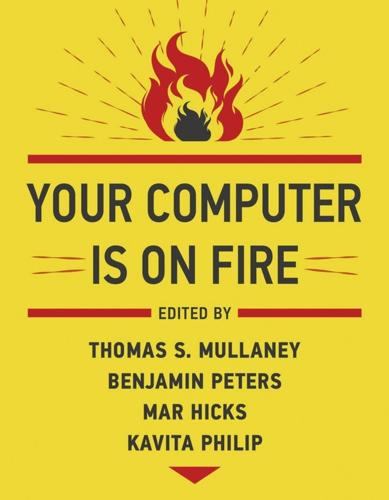
Your Computer Is on Fire
by Thomas S. Mullaney, Benjamin Peters, Mar Hicks and Kavita Philip · 9 Mar 2021 · 661pp · 156,009 words
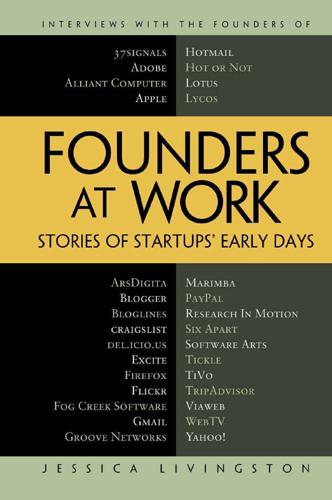
Founders at Work: Stories of Startups' Early Days
by Jessica Livingston · 14 Aug 2008 · 468pp · 233,091 words
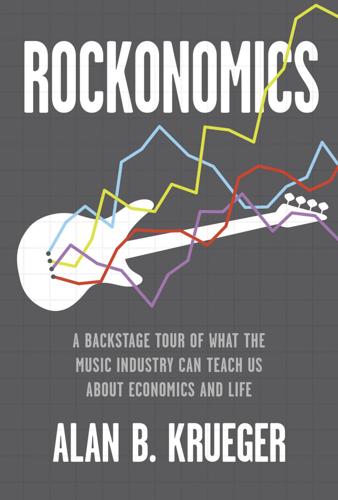
Rockonomics: A Backstage Tour of What the Music Industry Can Teach Us About Economics and Life
by Alan B. Krueger · 3 Jun 2019
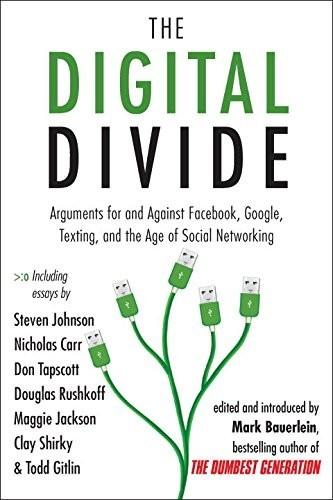
The Digital Divide: Arguments for and Against Facebook, Google, Texting, and the Age of Social Netwo Rking
by Mark Bauerlein · 7 Sep 2011 · 407pp · 103,501 words
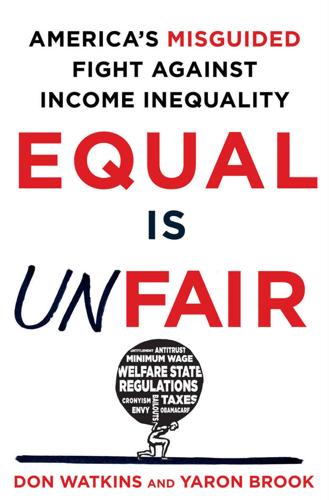
Equal Is Unfair: America's Misguided Fight Against Income Inequality
by Don Watkins and Yaron Brook · 28 Mar 2016 · 345pp · 92,849 words
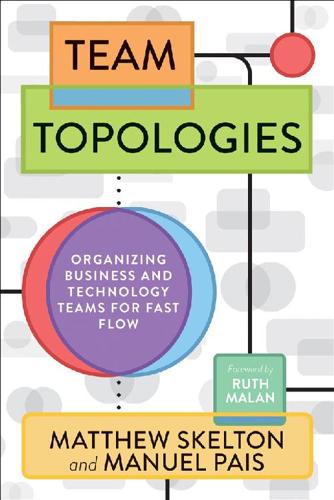
Team Topologies: Organizing Business and Technology Teams for Fast Flow
by Matthew Skelton and Manuel Pais · 16 Sep 2019
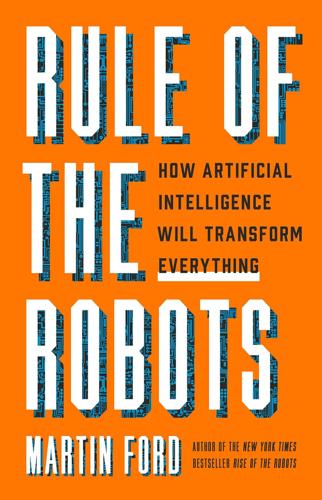
Rule of the Robots: How Artificial Intelligence Will Transform Everything
by Martin Ford · 13 Sep 2021 · 288pp · 86,995 words
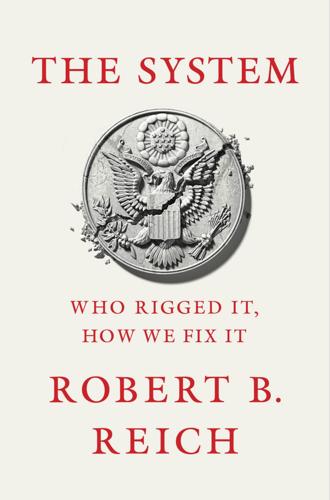
The System: Who Rigged It, How We Fix It
by Robert B. Reich · 24 Mar 2020 · 154pp · 47,880 words
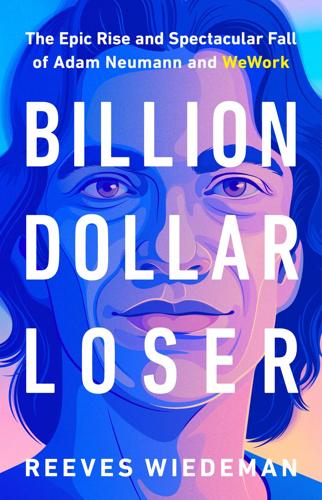
Billion Dollar Loser: The Epic Rise and Spectacular Fall of Adam Neumann and WeWork
by Reeves Wiedeman · 19 Oct 2020 · 303pp · 100,516 words
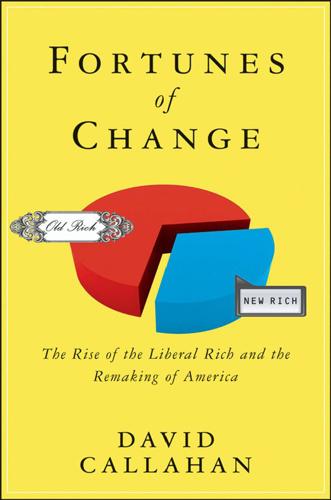
Fortunes of Change: The Rise of the Liberal Rich and the Remaking of America
by David Callahan · 9 Aug 2010
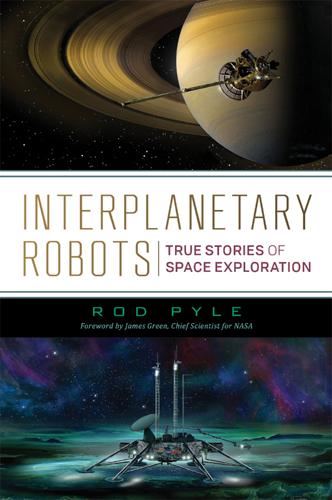
Interplanetary Robots
by Rod Pyle
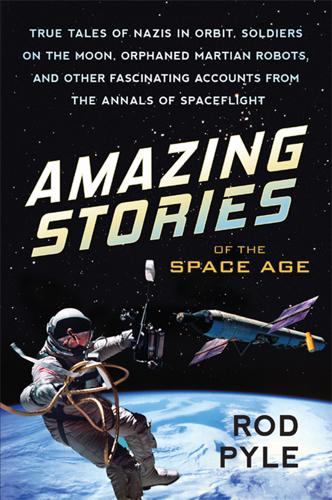
Amazing Stories of the Space Age
by Rod Pyle · 21 Dec 2016
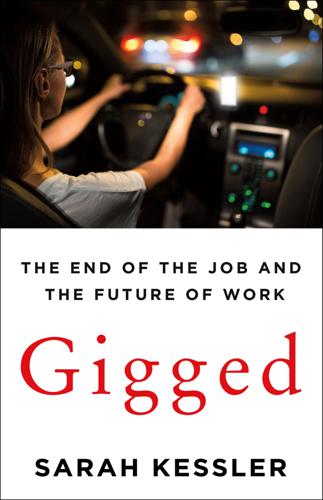
Gigged: The End of the Job and the Future of Work
by Sarah Kessler · 11 Jun 2018 · 246pp · 68,392 words

Aerotropolis
by John D. Kasarda and Greg Lindsay · 2 Jan 2009 · 603pp · 182,781 words
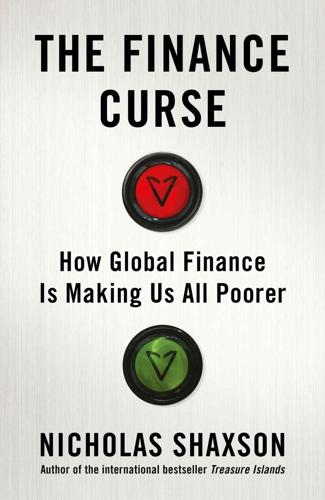
The Finance Curse: How Global Finance Is Making Us All Poorer
by Nicholas Shaxson · 10 Oct 2018 · 482pp · 149,351 words
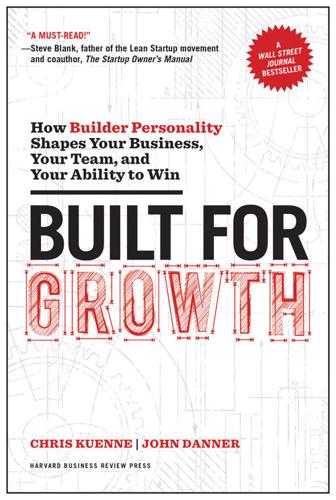
Built for Growth: How Builder Personality Shapes Your Business, Your Team, and Your Ability to Win
by Chris Kuenne and John Danner · 5 Jun 2017 · 276pp · 64,903 words
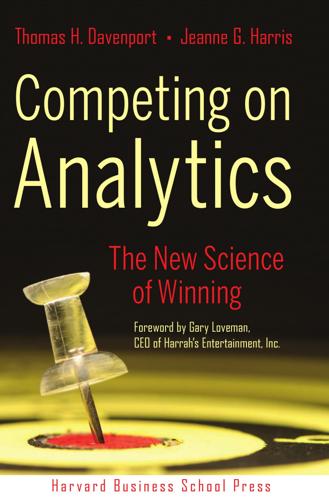
Competing on Analytics: The New Science of Winning
by Thomas H. Davenport and Jeanne G. Harris · 6 Mar 2007 · 233pp · 67,596 words
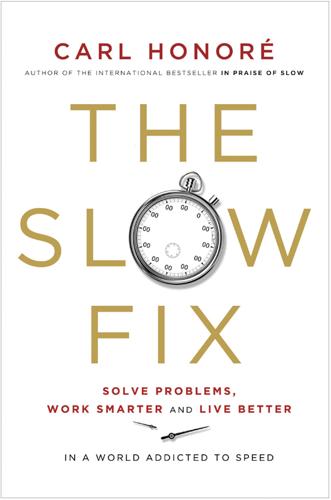
The Slow Fix: Solve Problems, Work Smarter, and Live Better in a World Addicted to Speed
by Carl Honore · 29 Jan 2013 · 266pp · 87,411 words
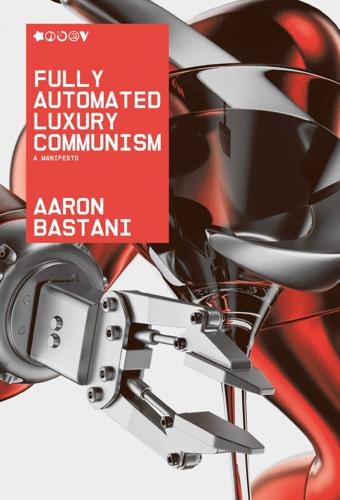
Fully Automated Luxury Communism
by Aaron Bastani · 10 Jun 2019 · 280pp · 74,559 words
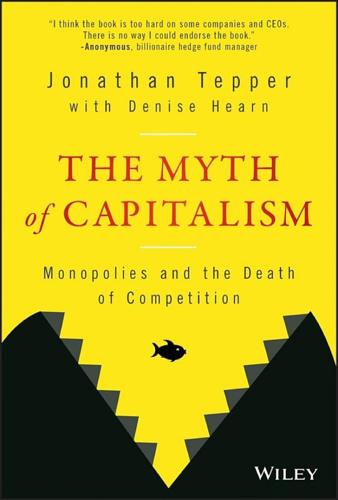
The Myth of Capitalism: Monopolies and the Death of Competition
by Jonathan Tepper · 20 Nov 2018 · 417pp · 97,577 words
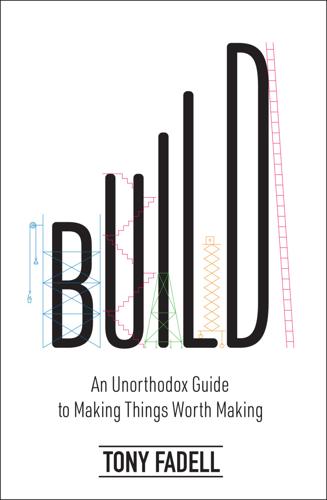
Build: An Unorthodox Guide to Making Things Worth Making
by Tony Fadell · 2 May 2022 · 411pp · 119,022 words
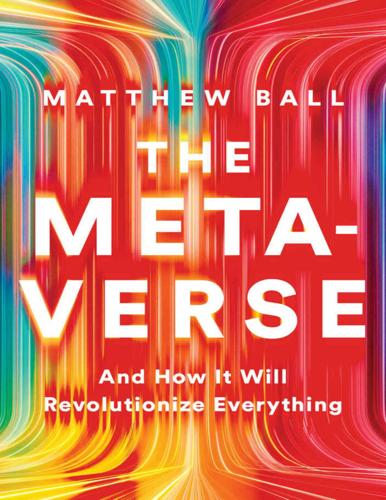
The Metaverse: And How It Will Revolutionize Everything
by Matthew Ball · 18 Jul 2022 · 412pp · 116,685 words
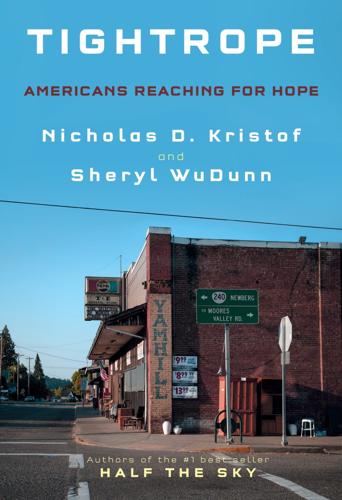
Tightrope: Americans Reaching for Hope
by Nicholas D. Kristof and Sheryl Wudunn · 14 Jan 2020 · 307pp · 96,543 words
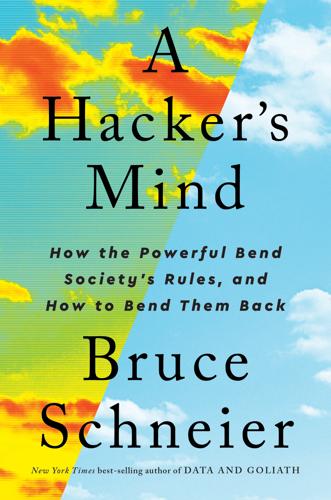
A Hacker's Mind: How the Powerful Bend Society's Rules, and How to Bend Them Back
by Bruce Schneier · 7 Feb 2023 · 306pp · 82,909 words

Trick Mirror: Reflections on Self-Delusion
by Jia Tolentino · 5 Aug 2019 · 305pp · 101,743 words

The Controlled Demolition of the American Empire
by Jeff Berwick and Charlie Robinson · 14 Apr 2020 · 491pp · 141,690 words
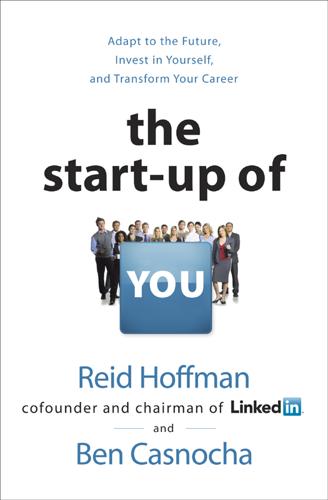
The Start-Up of You: Adapt to the Future, Invest in Yourself, and Transform Your Career
by Reid Hoffman and Ben Casnocha · 14 Feb 2012 · 176pp · 55,819 words
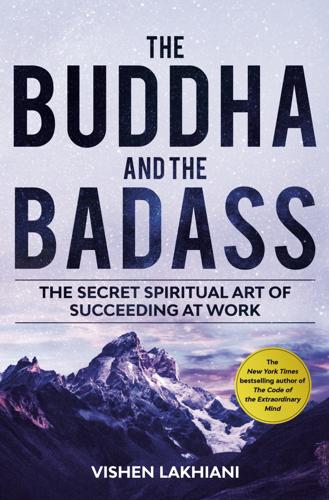
The Buddha and the Badass: The Secret Spiritual Art of Succeeding at Work
by Vishen Lakhiani · 14 Sep 2020
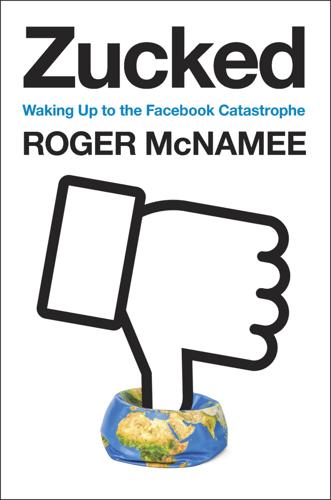
Zucked: Waking Up to the Facebook Catastrophe
by Roger McNamee · 1 Jan 2019 · 382pp · 105,819 words

Radical Technologies: The Design of Everyday Life
by Adam Greenfield · 29 May 2017 · 410pp · 119,823 words
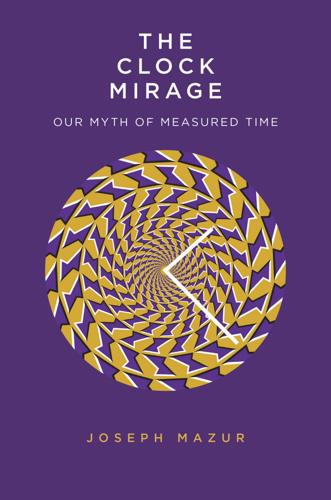
The Clock Mirage: Our Myth of Measured Time
by Joseph Mazur · 20 Apr 2020 · 283pp · 85,906 words
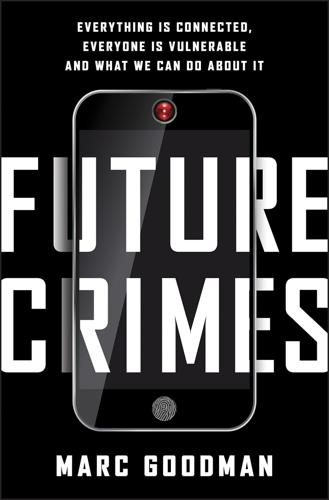
Future Crimes: Everything Is Connected, Everyone Is Vulnerable and What We Can Do About It
by Marc Goodman · 24 Feb 2015 · 677pp · 206,548 words
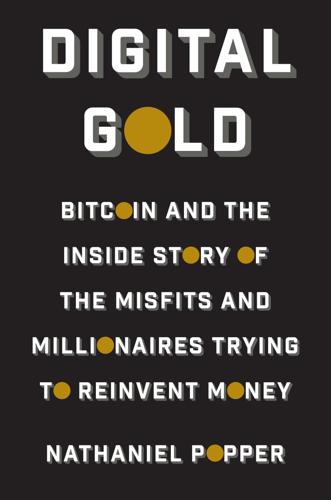
Digital Gold: Bitcoin and the Inside Story of the Misfits and Millionaires Trying to Reinvent Money
by Nathaniel Popper · 18 May 2015 · 387pp · 112,868 words
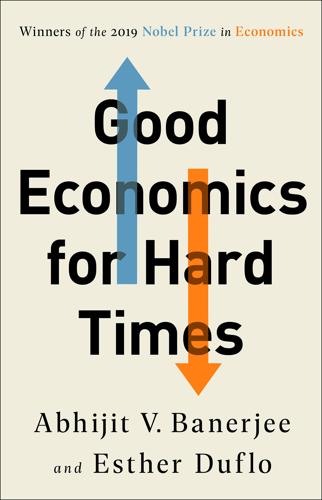
Good Economics for Hard Times: Better Answers to Our Biggest Problems
by Abhijit V. Banerjee and Esther Duflo · 12 Nov 2019 · 470pp · 148,730 words
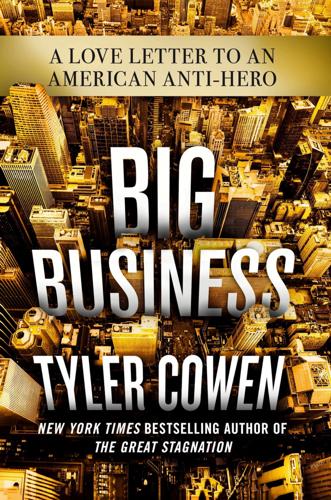
Big Business: A Love Letter to an American Anti-Hero
by Tyler Cowen · 8 Apr 2019 · 297pp · 84,009 words
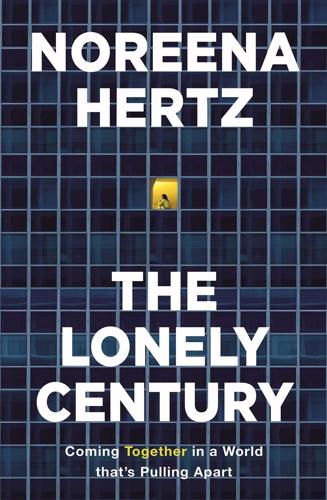
The Lonely Century: How Isolation Imperils Our Future
by Noreena Hertz · 13 May 2020 · 506pp · 133,134 words
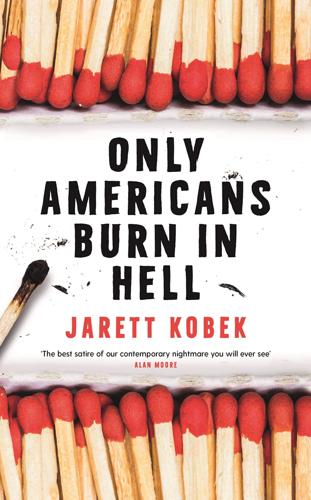
Only Americans Burn in Hell
by Jarett Kobek · 10 Apr 2019 · 338pp · 74,302 words
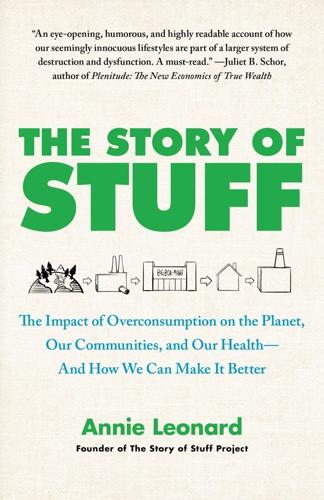
The Story of Stuff: The Impact of Overconsumption on the Planet, Our Communities, and Our Health-And How We Can Make It Better
by Annie Leonard · 22 Feb 2011 · 538pp · 138,544 words
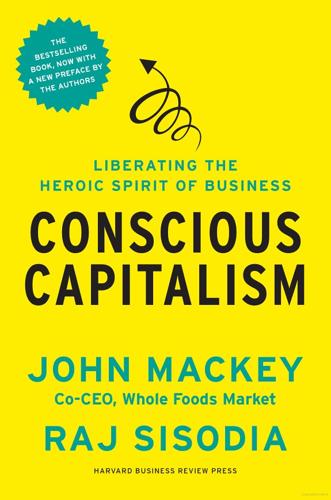
Conscious Capitalism, With a New Preface by the Authors: Liberating the Heroic Spirit of Business
by John Mackey, Rajendra Sisodia and Bill George · 7 Jan 2014 · 335pp · 104,850 words
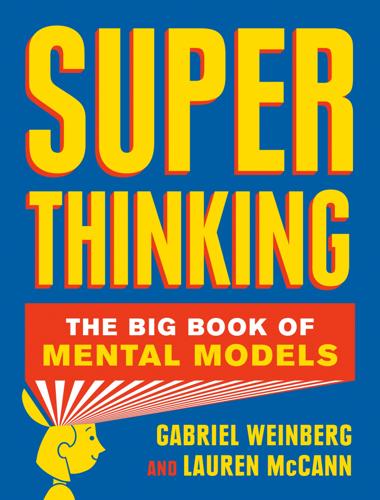
Super Thinking: The Big Book of Mental Models
by Gabriel Weinberg and Lauren McCann · 17 Jun 2019
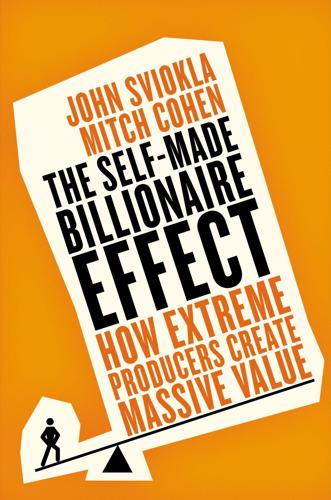
The Self-Made Billionaire Effect: How Extreme Producers Create Massive Value
by John Sviokla and Mitch Cohen · 30 Dec 2014 · 252pp · 70,424 words
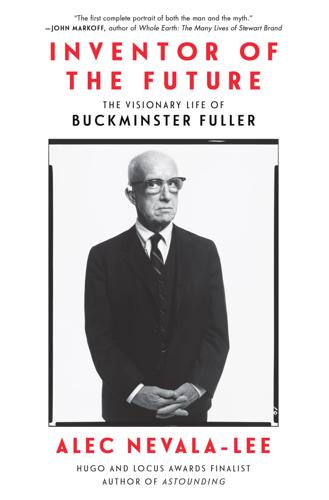
Inventor of the Future: The Visionary Life of Buckminster Fuller
by Alec Nevala-Lee · 1 Aug 2022 · 864pp · 222,565 words
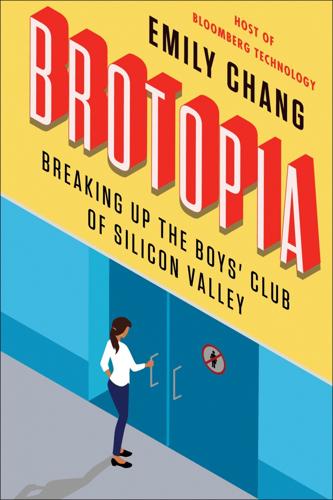
Brotopia: Breaking Up the Boys' Club of Silicon Valley
by Emily Chang · 6 Feb 2018 · 334pp · 104,382 words
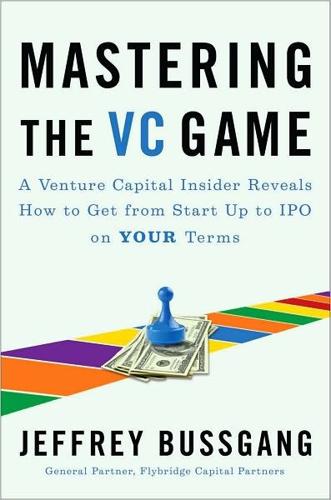
Mastering the VC Game: A Venture Capital Insider Reveals How to Get From Start-Up to IPO on Your Terms
by Jeffrey Bussgang · 31 Mar 2010 · 253pp · 65,834 words
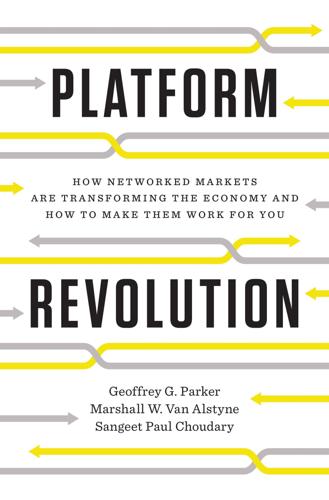
Platform Revolution: How Networked Markets Are Transforming the Economy--And How to Make Them Work for You
by Sangeet Paul Choudary, Marshall W. van Alstyne and Geoffrey G. Parker · 27 Mar 2016 · 421pp · 110,406 words

Hiding in Plain Sight: The Invention of Donald Trump and the Erosion of America
by Sarah Kendzior · 6 Apr 2020
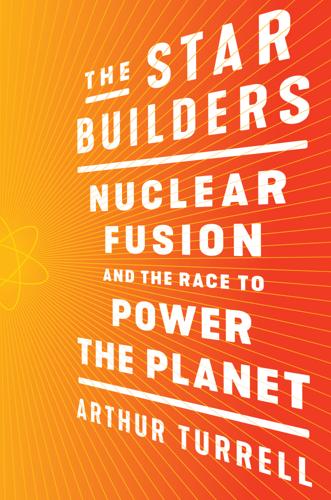
The Star Builders: Nuclear Fusion and the Race to Power the Planet
by Arthur Turrell · 2 Aug 2021 · 297pp · 84,447 words
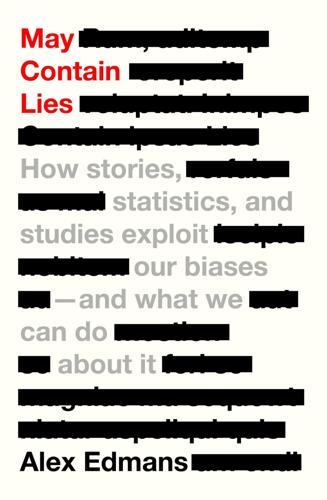
May Contain Lies: How Stories, Statistics, and Studies Exploit Our Biases—And What We Can Do About It
by Alex Edmans · 13 May 2024 · 315pp · 87,035 words
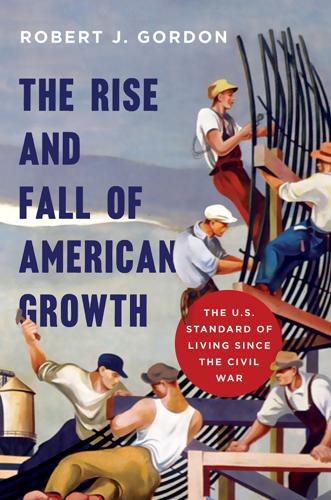
The Rise and Fall of American Growth: The U.S. Standard of Living Since the Civil War (The Princeton Economic History of the Western World)
by Robert J. Gordon · 12 Jan 2016 · 1,104pp · 302,176 words
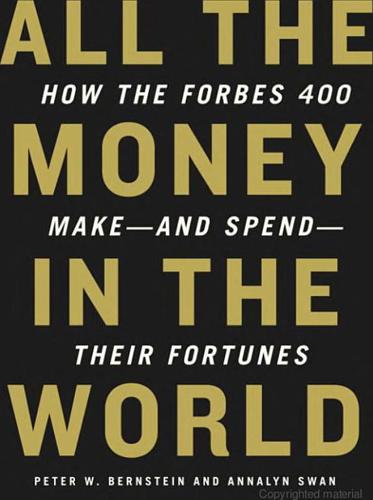
All the Money in the World
by Peter W. Bernstein · 17 Dec 2008 · 538pp · 147,612 words
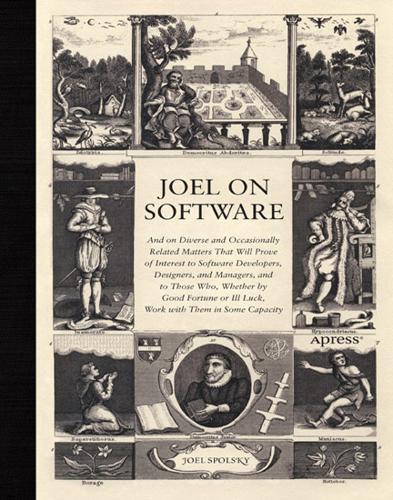
Joel on Software
by Joel Spolsky · 1 Aug 2004 · 370pp · 105,085 words
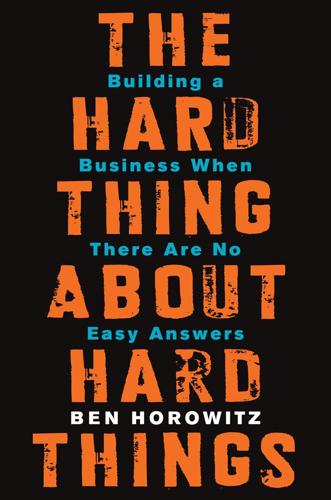
The Hard Thing About Hard Things: Building a Business When There Are No Easy Answers
by Ben Horowitz · 4 Mar 2014 · 270pp · 79,068 words
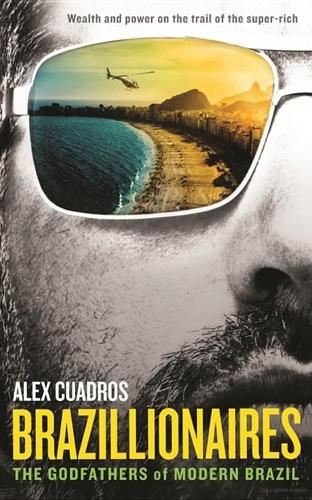
Brazillionaires: The Godfathers of Modern Brazil
by Alex Cuadros · 1 Jun 2016 · 433pp · 125,031 words
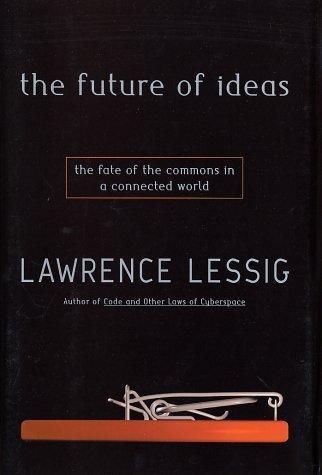
The Future of Ideas: The Fate of the Commons in a Connected World
by Lawrence Lessig · 14 Jul 2001 · 494pp · 142,285 words
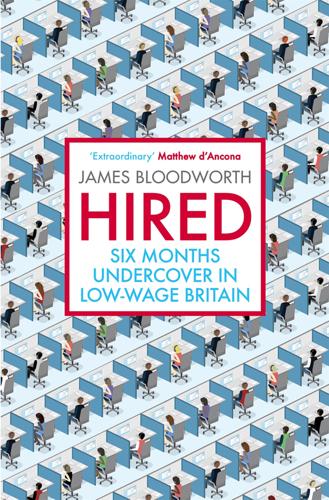
Hired: Six Months Undercover in Low-Wage Britain
by James Bloodworth · 1 Mar 2018 · 256pp · 79,075 words
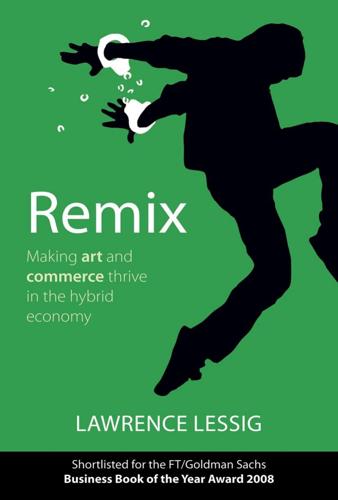
Remix: Making Art and Commerce Thrive in the Hybrid Economy
by Lawrence Lessig · 2 Jan 2009
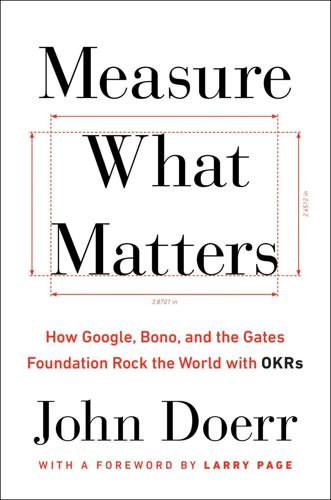
Measure What Matters: How Google, Bono, and the Gates Foundation Rock the World With OKRs
by John Doerr · 23 Apr 2018 · 280pp · 71,268 words
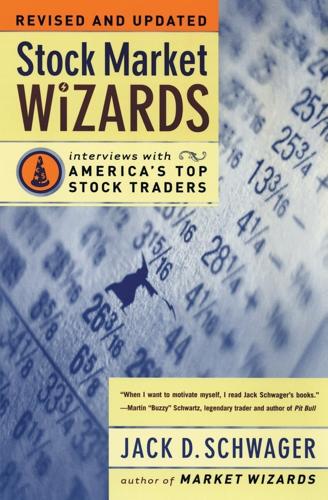
Stock Market Wizards: Interviews With America's Top Stock Traders
by Jack D. Schwager · 1 Jan 2001
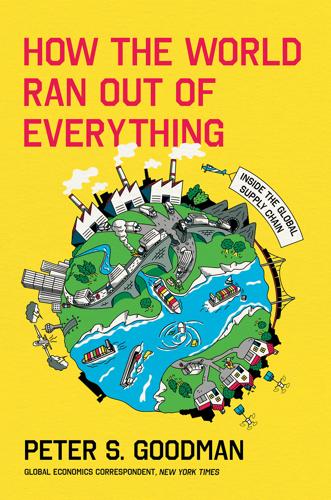
How the World Ran Out of Everything
by Peter S. Goodman · 11 Jun 2024 · 528pp · 127,605 words
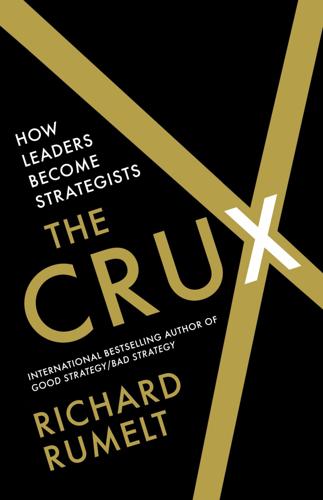
The Crux
by Richard Rumelt · 27 Apr 2022 · 363pp · 109,834 words
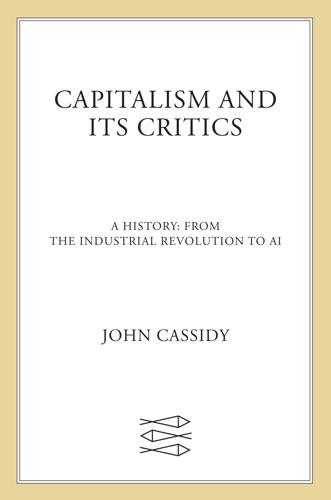
Capitalism and Its Critics: A History: From the Industrial Revolution to AI
by John Cassidy · 12 May 2025 · 774pp · 238,244 words
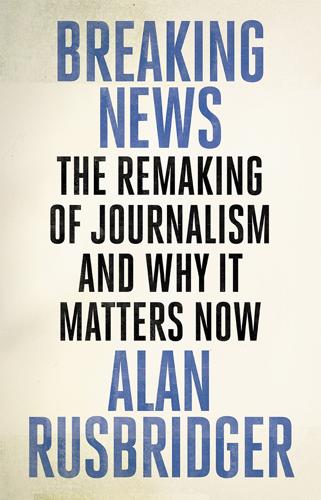
Breaking News: The Remaking of Journalism and Why It Matters Now
by Alan Rusbridger · 14 Oct 2018 · 579pp · 160,351 words
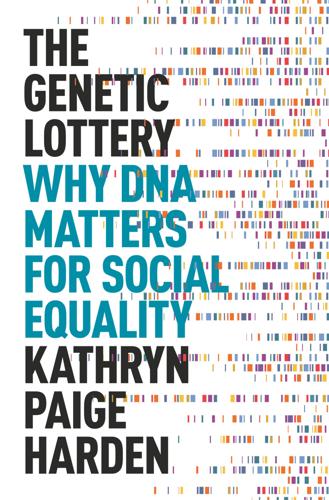
The Genetic Lottery: Why DNA Matters for Social Equality
by Kathryn Paige Harden · 20 Sep 2021 · 375pp · 102,166 words
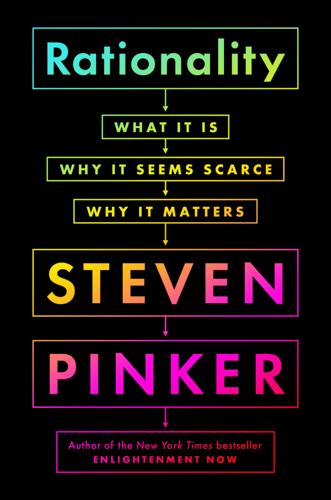
Rationality: What It Is, Why It Seems Scarce, Why It Matters
by Steven Pinker · 14 Oct 2021 · 533pp · 125,495 words
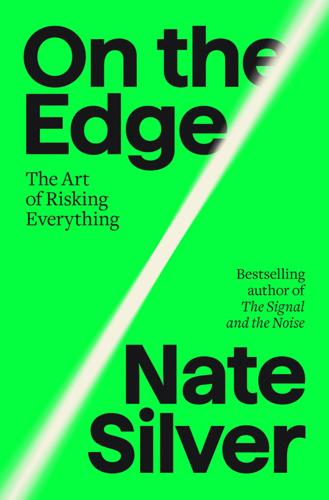
On the Edge: The Art of Risking Everything
by Nate Silver · 12 Aug 2024 · 848pp · 227,015 words
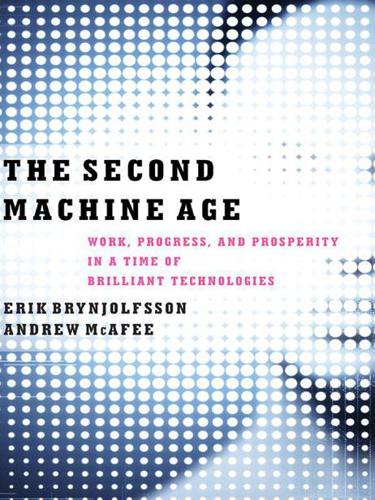
The Second Machine Age: Work, Progress, and Prosperity in a Time of Brilliant Technologies
by Erik Brynjolfsson and Andrew McAfee · 20 Jan 2014 · 339pp · 88,732 words

The Best Interface Is No Interface: The Simple Path to Brilliant Technology (Voices That Matter)
by Golden Krishna · 10 Feb 2015 · 271pp · 62,538 words
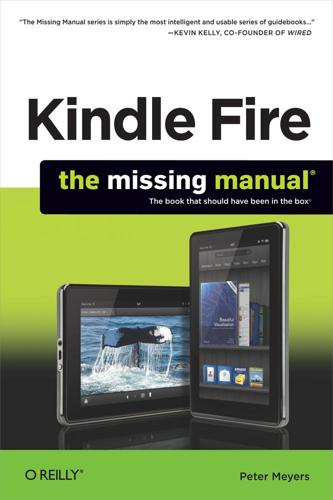
Kindle Fire: The Missing Manual
by Peter Meyers · 9 Feb 2012
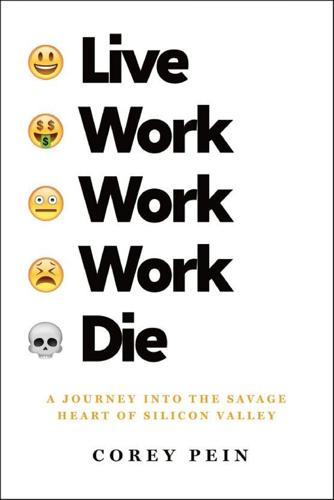
Live Work Work Work Die: A Journey Into the Savage Heart of Silicon Valley
by Corey Pein · 23 Apr 2018 · 282pp · 81,873 words
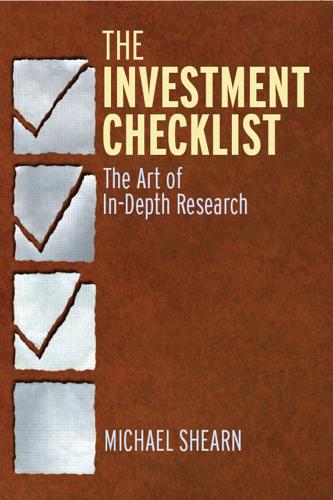
The Investment Checklist: The Art of In-Depth Research
by Michael Shearn · 8 Nov 2011 · 400pp · 124,678 words

Cultish: The Language of Fanaticism
by Amanda Montell · 14 Jun 2021 · 244pp · 73,700 words
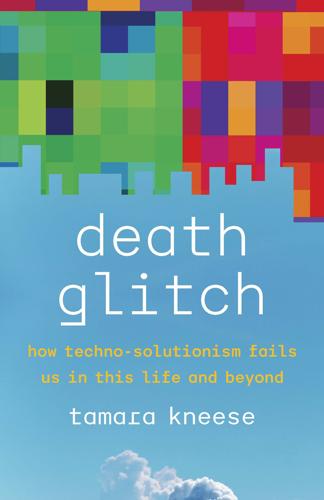
Death Glitch: How Techno-Solutionism Fails Us in This Life and Beyond
by Tamara Kneese · 14 Aug 2023 · 284pp · 75,744 words
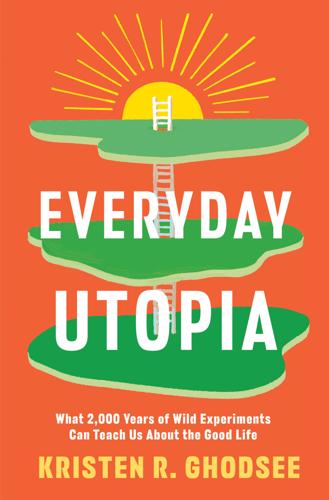
Everyday Utopia: What 2,000 Years of Wild Experiments Can Teach Us About the Good Life
by Kristen R. Ghodsee · 16 May 2023 · 302pp · 112,390 words
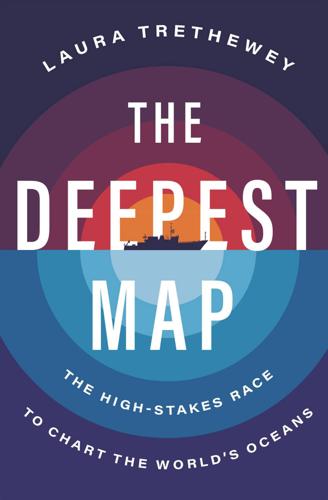
The Deepest Map
by Laura Trethewey · 15 May 2023

The Library: A Fragile History
by Arthur Der Weduwen and Andrew Pettegree · 14 Oct 2021 · 457pp · 173,326 words
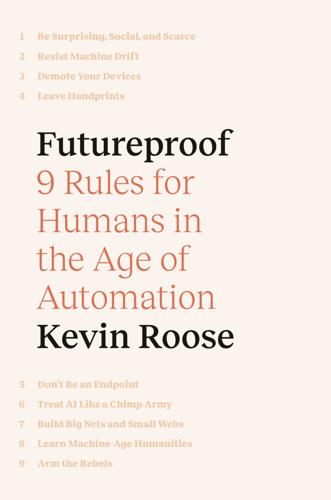
Futureproof: 9 Rules for Humans in the Age of Automation
by Kevin Roose · 9 Mar 2021 · 208pp · 57,602 words
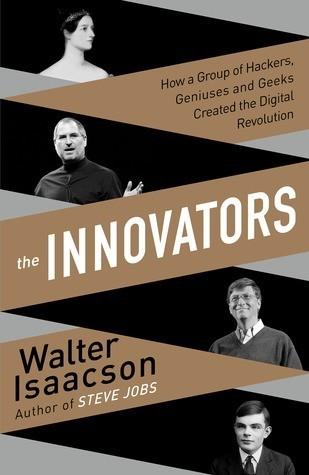
The Innovators: How a Group of Inventors, Hackers, Geniuses and Geeks Created the Digital Revolution
by Walter Isaacson · 6 Oct 2014 · 720pp · 197,129 words
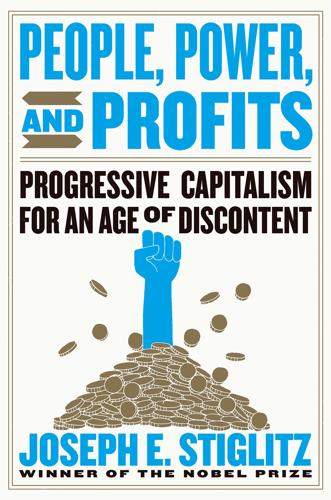
People, Power, and Profits: Progressive Capitalism for an Age of Discontent
by Joseph E. Stiglitz · 22 Apr 2019 · 462pp · 129,022 words
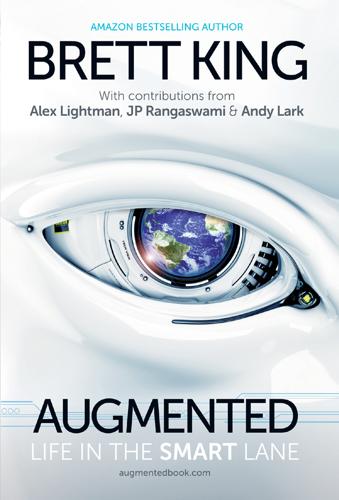
Augmented: Life in the Smart Lane
by Brett King · 5 May 2016 · 385pp · 111,113 words
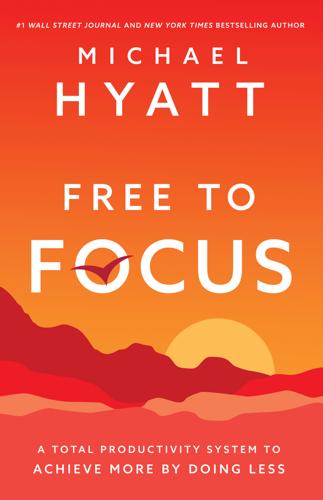
Free to Focus: A Total Productivity System to Achieve More by Doing Less
by Michael Hyatt · 8 Apr 2019 · 243pp · 59,662 words
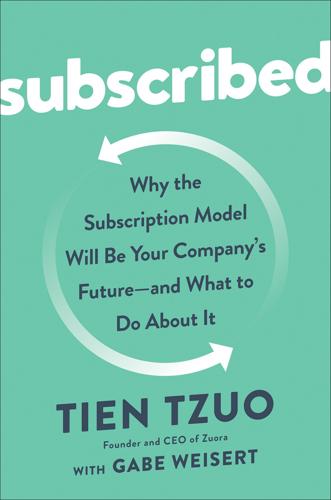
Subscribed: Why the Subscription Model Will Be Your Company's Future - and What to Do About It
by Tien Tzuo and Gabe Weisert · 4 Jun 2018 · 244pp · 66,977 words
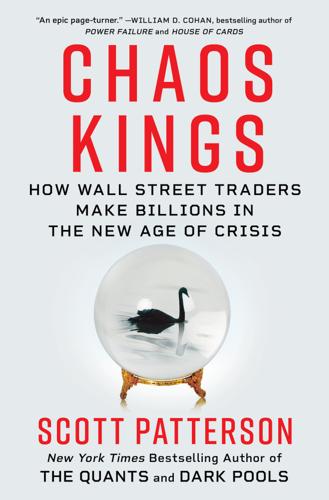
Chaos Kings: How Wall Street Traders Make Billions in the New Age of Crisis
by Scott Patterson · 5 Jun 2023 · 289pp · 95,046 words
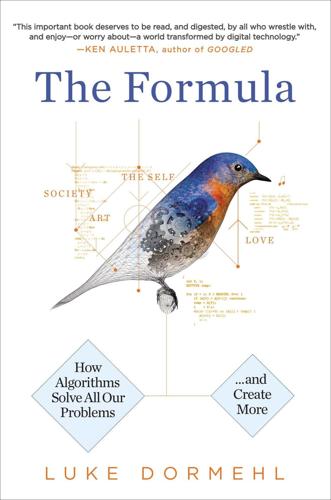
The Formula: How Algorithms Solve All Our Problems-And Create More
by Luke Dormehl · 4 Nov 2014 · 268pp · 75,850 words
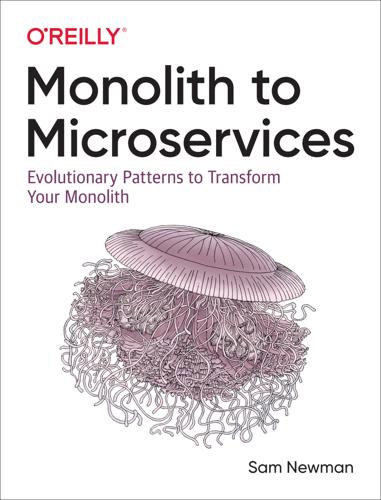
Monolith to Microservices: Evolutionary Patterns to Transform Your Monolith
by Sam Newman · 14 Nov 2019 · 355pp · 81,788 words
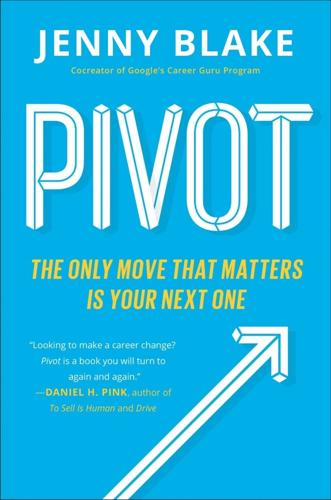
Pivot: The Only Move That Matters Is Your Next One
by Jenny Blake · 14 Jul 2016 · 292pp · 76,185 words
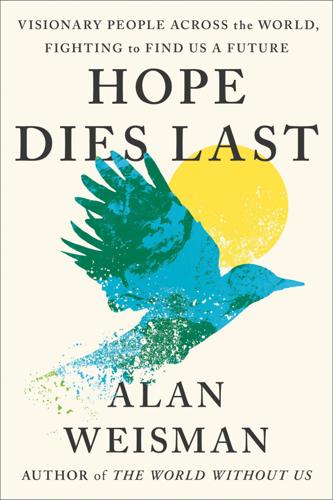
Hope Dies Last: Visionary People Across the World, Fighting to Find Us a Future
by Alan Weisman · 21 Apr 2025 · 599pp · 149,014 words
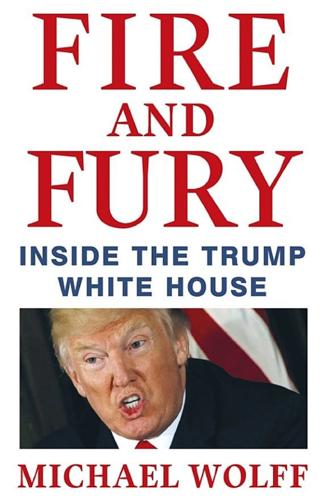
Fire and Fury: Inside the Trump White House
by Michael Wolff · 5 Jan 2018 · 394pp · 112,770 words
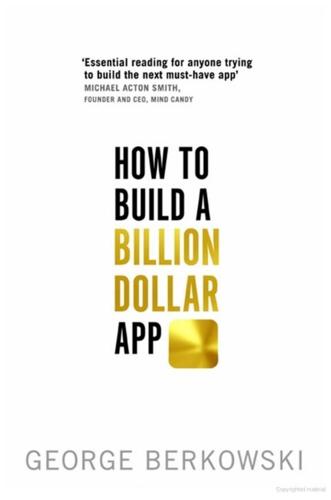
How to Build a Billion Dollar App: Discover the Secrets of the Most Successful Entrepreneurs of Our Time
by George Berkowski · 3 Sep 2014 · 468pp · 124,573 words
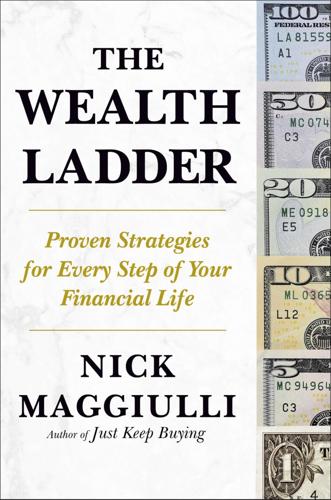
The Wealth Ladder: Proven Strategies for Every Step of Your Financial Life
by Nick Maggiulli · 22 Jul 2025
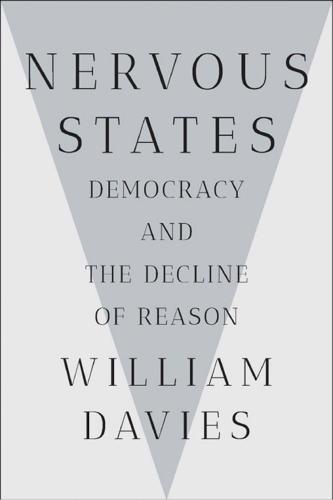
Nervous States: Democracy and the Decline of Reason
by William Davies · 26 Feb 2019 · 349pp · 98,868 words
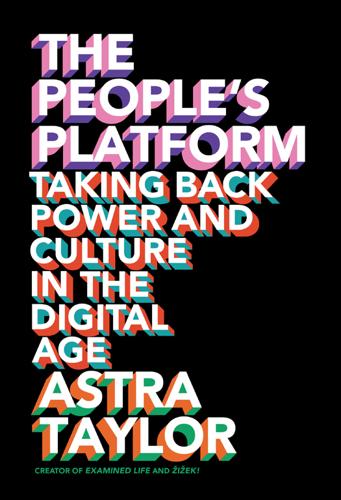
The People's Platform: Taking Back Power and Culture in the Digital Age
by Astra Taylor · 4 Mar 2014 · 283pp · 85,824 words

No Filter: The Inside Story of Instagram
by Sarah Frier · 13 Apr 2020 · 484pp · 114,613 words
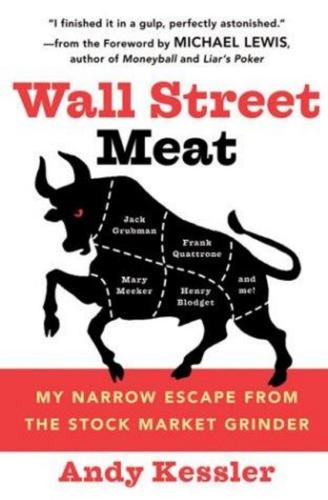
Wall Street Meat
by Andy Kessler · 17 Mar 2003 · 270pp · 75,803 words
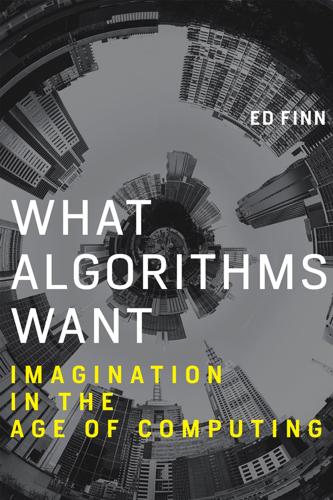
What Algorithms Want: Imagination in the Age of Computing
by Ed Finn · 10 Mar 2017 · 285pp · 86,853 words
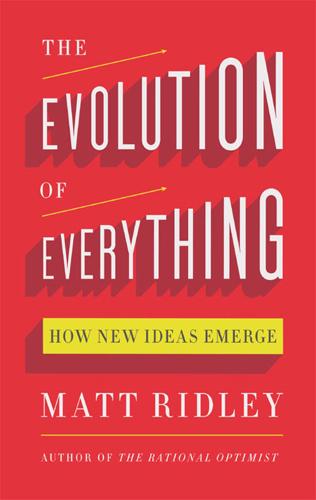
The Evolution of Everything: How New Ideas Emerge
by Matt Ridley · 395pp · 116,675 words
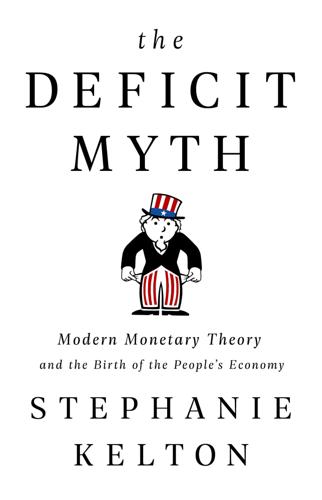
The Deficit Myth: Modern Monetary Theory and the Birth of the People's Economy
by Stephanie Kelton · 8 Jun 2020 · 338pp · 104,684 words
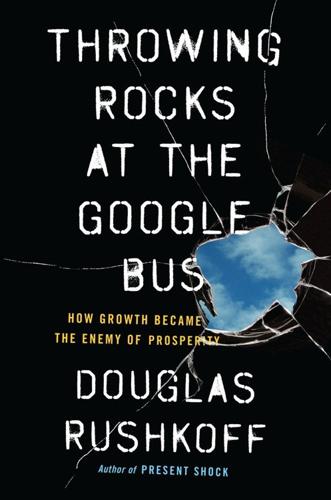
Throwing Rocks at the Google Bus: How Growth Became the Enemy of Prosperity
by Douglas Rushkoff · 1 Mar 2016 · 366pp · 94,209 words
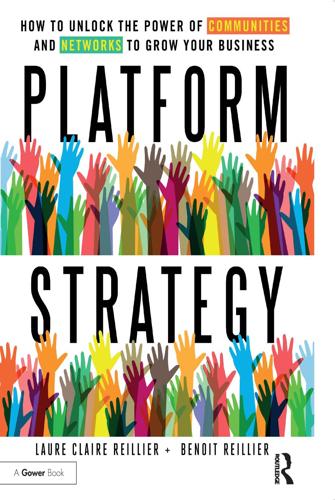
Open for Business Harnessing the Power of Platform Ecosystems
by Lauren Turner Claire, Laure Claire Reillier and Benoit Reillier · 14 Oct 2017 · 240pp · 78,436 words
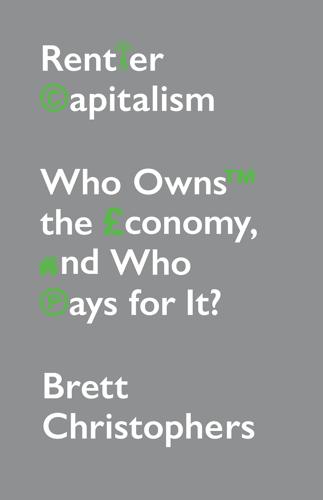
Rentier Capitalism: Who Owns the Economy, and Who Pays for It?
by Brett Christophers · 17 Nov 2020 · 614pp · 168,545 words
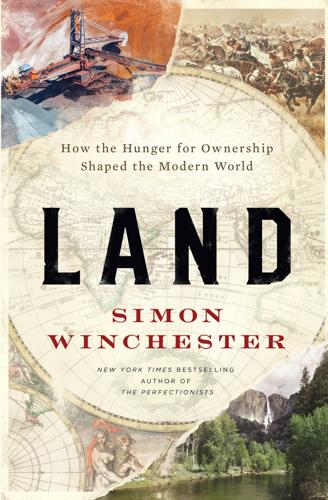
Land: How the Hunger for Ownership Shaped the Modern World
by Simon Winchester · 19 Jan 2021 · 486pp · 139,713 words
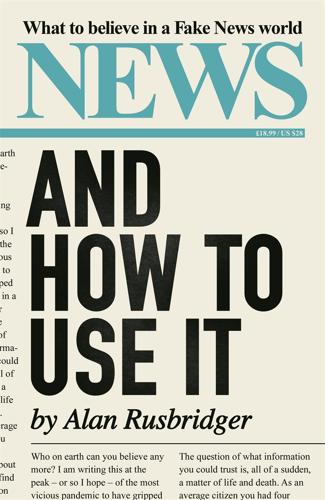
News and How to Use It: What to Believe in a Fake News World
by Alan Rusbridger · 26 Nov 2020 · 371pp · 109,320 words
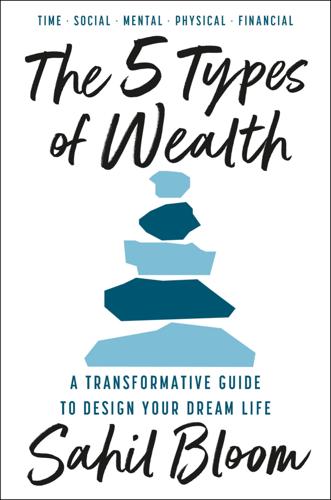
The 5 Types of Wealth: A Transformative Guide to Design Your Dream Life
by Sahil Bloom · 4 Feb 2025 · 363pp · 94,341 words
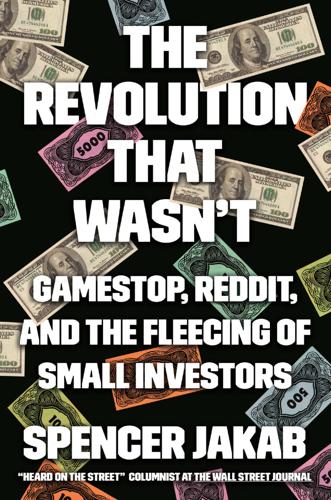
The Revolution That Wasn't: GameStop, Reddit, and the Fleecing of Small Investors
by Spencer Jakab · 1 Feb 2022 · 420pp · 94,064 words
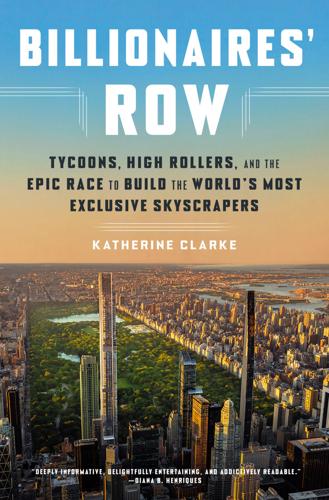
Billionaires' Row: Tycoons, High Rollers, and the Epic Race to Build the World's Most Exclusive Skyscrapers
by Katherine Clarke · 13 Jun 2023 · 454pp · 127,319 words
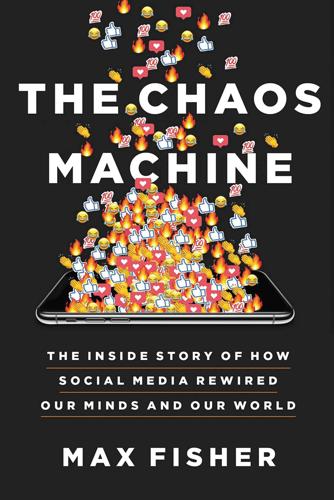
The Chaos Machine: The Inside Story of How Social Media Rewired Our Minds and Our World
by Max Fisher · 5 Sep 2022 · 439pp · 131,081 words
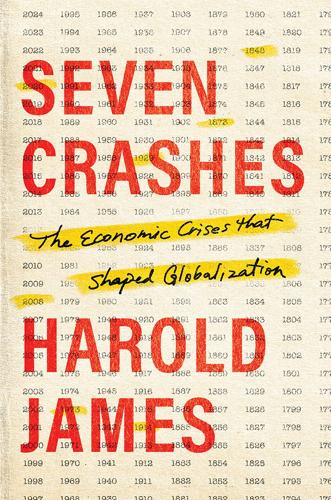
Seven Crashes: The Economic Crises That Shaped Globalization
by Harold James · 15 Jan 2023 · 469pp · 137,880 words
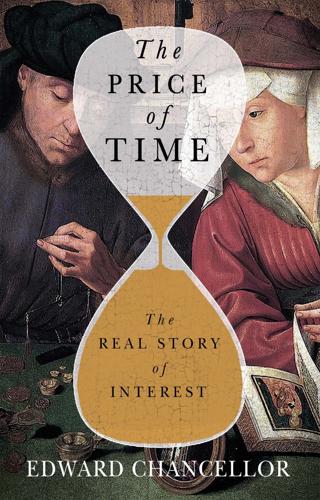
The Price of Time: The Real Story of Interest
by Edward Chancellor · 15 Aug 2022 · 829pp · 187,394 words
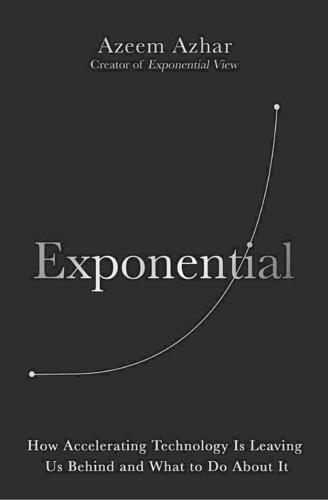
Exponential: How Accelerating Technology Is Leaving Us Behind and What to Do About It
by Azeem Azhar · 6 Sep 2021 · 447pp · 111,991 words
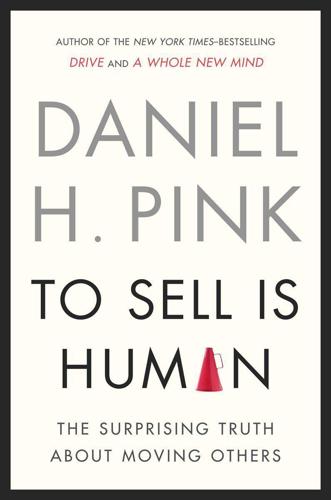
To Sell Is Human: The Surprising Truth About Moving Others
by Daniel H. Pink · 1 Dec 2012 · 243pp · 61,237 words
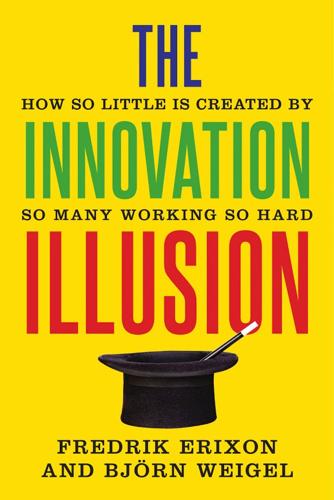
The Innovation Illusion: How So Little Is Created by So Many Working So Hard
by Fredrik Erixon and Bjorn Weigel · 3 Oct 2016 · 504pp · 126,835 words
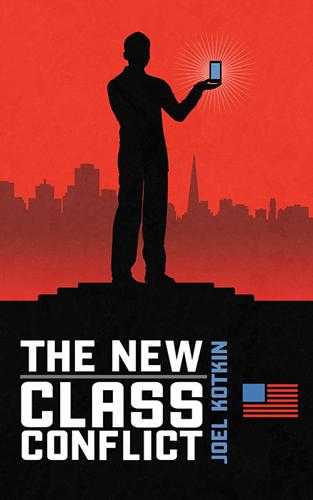
The New Class Conflict
by Joel Kotkin · 31 Aug 2014 · 362pp · 83,464 words
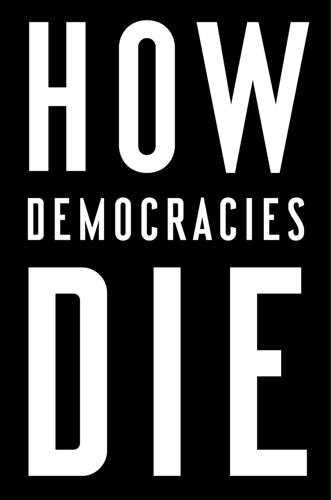
How Democracies Die
by Steven Levitsky and Daniel Ziblatt · 16 Jan 2018 · 340pp · 81,110 words
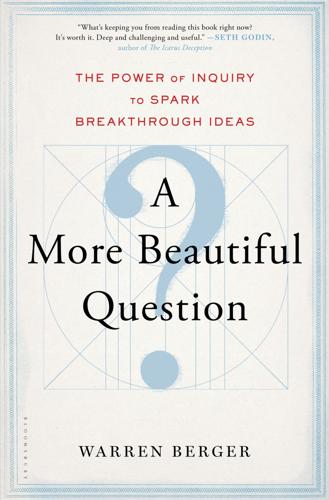
A More Beautiful Question: The Power of Inquiry to Spark Breakthrough Ideas
by Warren Berger · 4 Mar 2014 · 374pp · 89,725 words
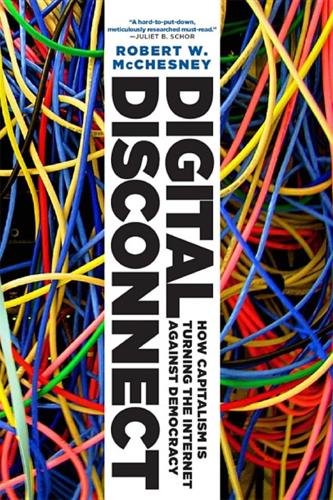
Digital Disconnect: How Capitalism Is Turning the Internet Against Democracy
by Robert W. McChesney · 5 Mar 2013 · 476pp · 125,219 words
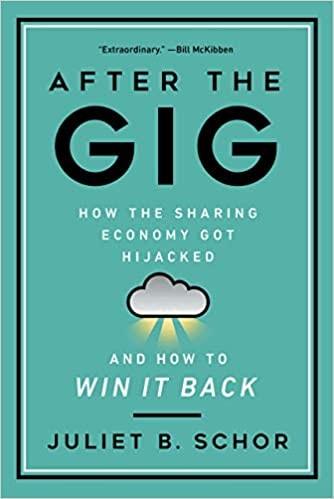
After the Gig: How the Sharing Economy Got Hijacked and How to Win It Back
by Juliet Schor, William Attwood-Charles and Mehmet Cansoy · 15 Mar 2020 · 296pp · 83,254 words
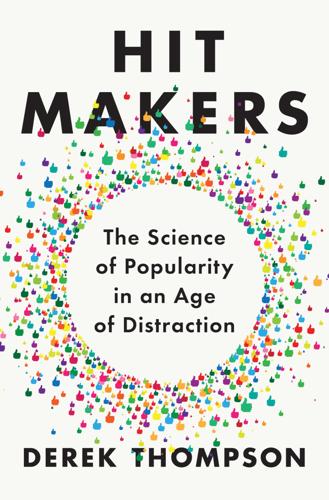
Hit Makers: The Science of Popularity in an Age of Distraction
by Derek Thompson · 7 Feb 2017 · 416pp · 108,370 words
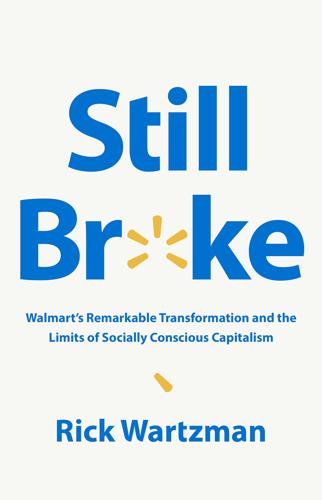
Still Broke: Walmart's Remarkable Transformation and the Limits of Socially Conscious Capitalism
by Rick Wartzman · 15 Nov 2022 · 215pp · 69,370 words
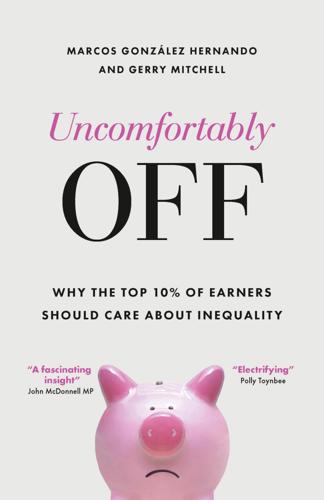
Uncomfortably Off: Why the Top 10% of Earners Should Care About Inequality
by Marcos González Hernando and Gerry Mitchell · 23 May 2023
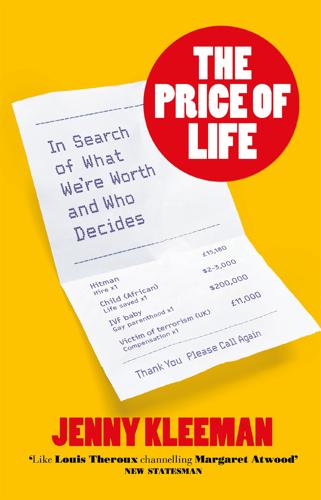
The Price of Life: In Search of What We're Worth and Who Decides
by Jenny Kleeman · 13 Mar 2024 · 334pp · 96,342 words
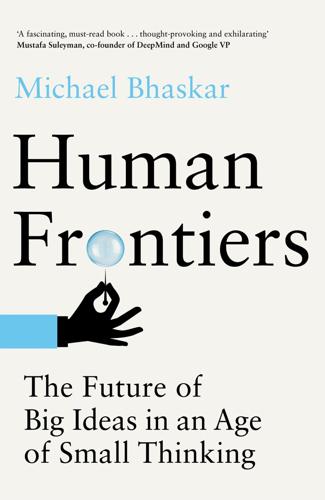
Human Frontiers: The Future of Big Ideas in an Age of Small Thinking
by Michael Bhaskar · 2 Nov 2021
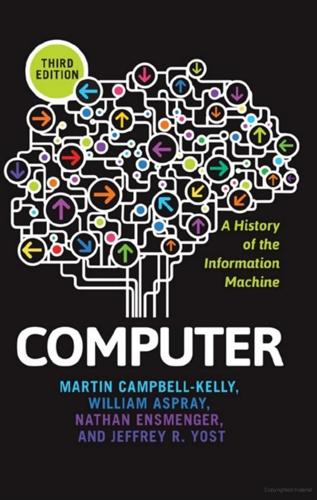
Computer: A History of the Information Machine
by Martin Campbell-Kelly and Nathan Ensmenger · 29 Jul 2013 · 528pp · 146,459 words
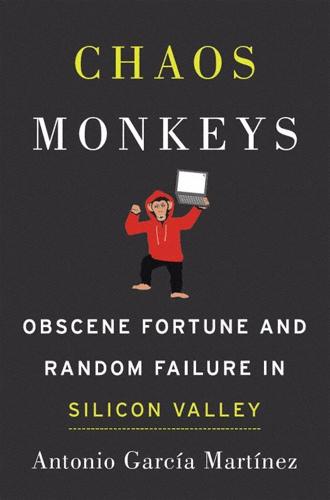
Chaos Monkeys: Obscene Fortune and Random Failure in Silicon Valley
by Antonio Garcia Martinez · 27 Jun 2016 · 559pp · 155,372 words
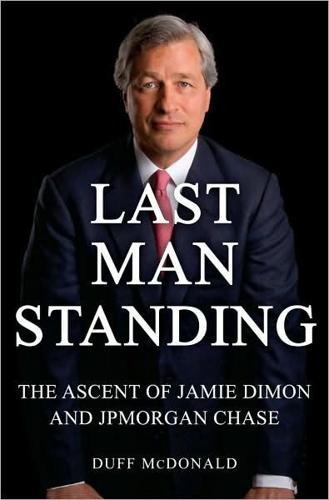
Last Man Standing: The Ascent of Jamie Dimon and JPMorgan Chase
by Duff McDonald · 5 Oct 2009 · 419pp · 130,627 words
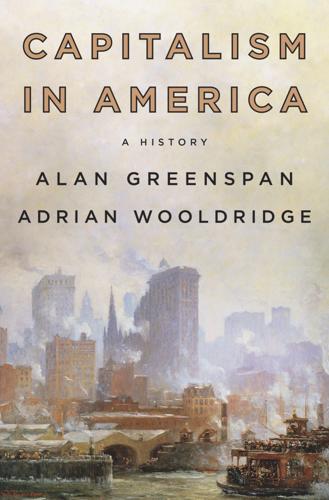
Capitalism in America: A History
by Adrian Wooldridge and Alan Greenspan · 15 Oct 2018 · 585pp · 151,239 words
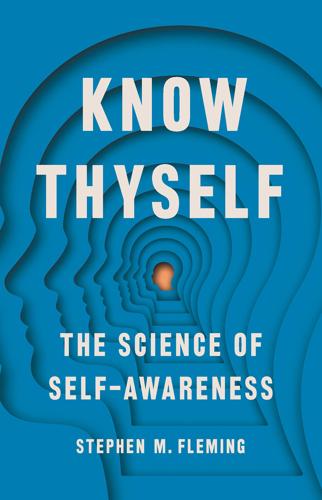
Know Thyself
by Stephen M Fleming · 27 Apr 2021
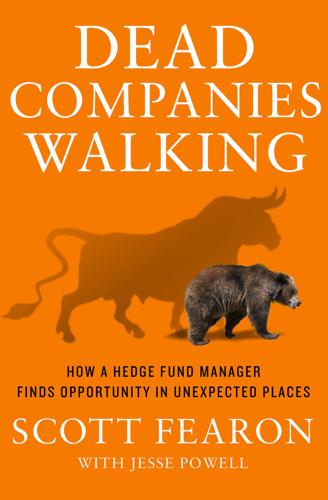
Dead Companies Walking
by Scott Fearon · 10 Nov 2014 · 232pp · 71,965 words
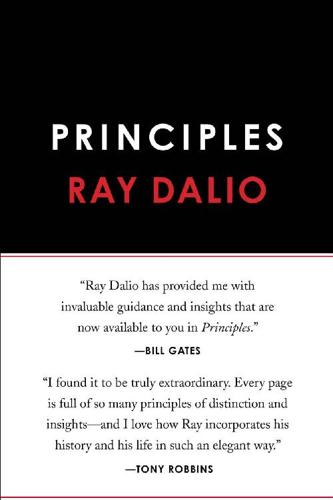
Principles: Life and Work
by Ray Dalio · 18 Sep 2017 · 516pp · 157,437 words
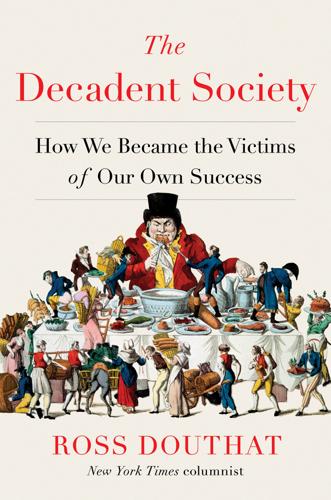
The Decadent Society: How We Became the Victims of Our Own Success
by Ross Douthat · 25 Feb 2020 · 324pp · 80,217 words
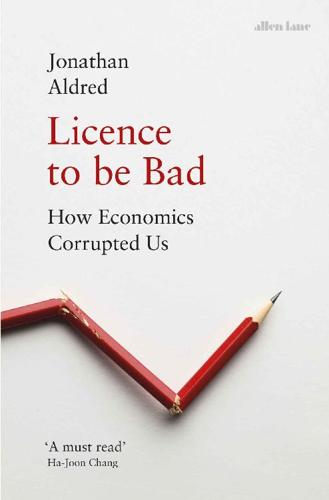
Licence to be Bad
by Jonathan Aldred · 5 Jun 2019 · 453pp · 111,010 words
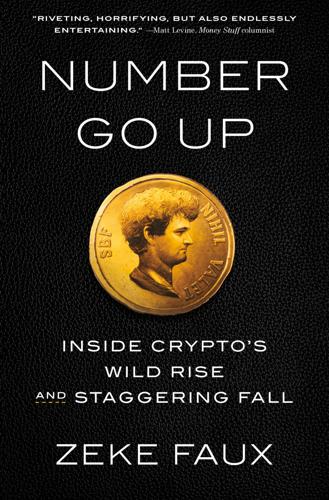
Number Go Up: Inside Crypto's Wild Rise and Staggering Fall
by Zeke Faux · 11 Sep 2023 · 385pp · 106,848 words

Your Face Belongs to Us: A Secretive Startup's Quest to End Privacy as We Know It
by Kashmir Hill · 19 Sep 2023 · 487pp · 124,008 words
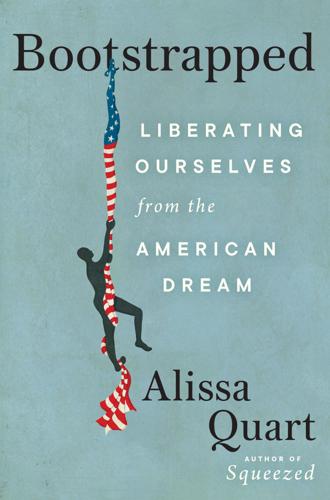
Bootstrapped: Liberating Ourselves From the American Dream
by Alissa Quart · 14 Mar 2023 · 304pp · 86,028 words
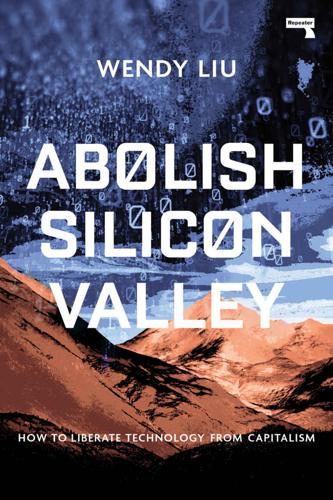
Abolish Silicon Valley: How to Liberate Technology From Capitalism
by Wendy Liu · 22 Mar 2020 · 223pp · 71,414 words
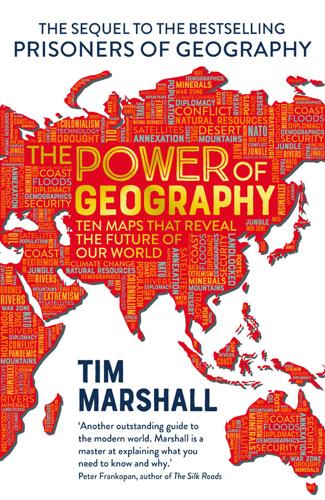
The Power of Geography: Ten Maps That Reveal the Future of Our World
by Tim Marshall · 14 Oct 2021 · 383pp · 105,387 words
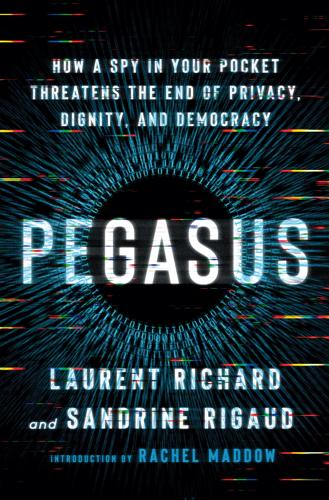
Pegasus: How a Spy in Your Pocket Threatens the End of Privacy, Dignity, and Democracy
by Laurent Richard and Sandrine Rigaud · 17 Jan 2023 · 350pp · 115,802 words
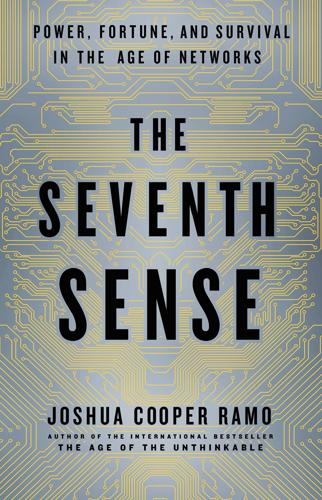
The Seventh Sense: Power, Fortune, and Survival in the Age of Networks
by Joshua Cooper Ramo · 16 May 2016 · 326pp · 103,170 words
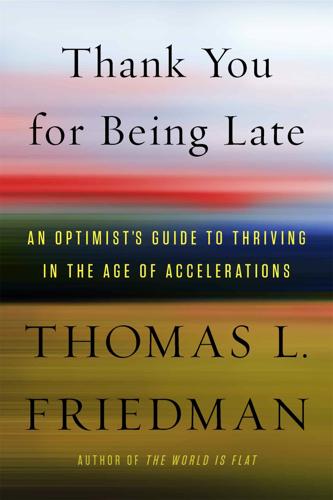
Thank You for Being Late: An Optimist's Guide to Thriving in the Age of Accelerations
by Thomas L. Friedman · 22 Nov 2016 · 602pp · 177,874 words
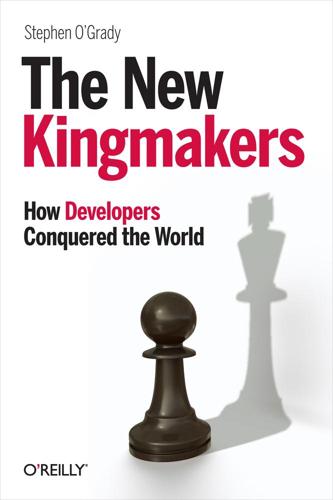
The New Kingmakers
by Stephen O'Grady · 14 Mar 2013 · 56pp · 16,788 words
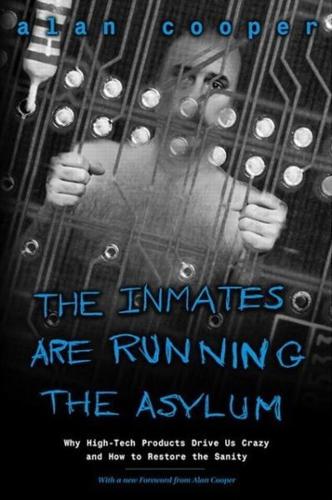
The Inmates Are Running the Asylum
by Alan Cooper · 24 Feb 2004 · 193pp · 98,671 words
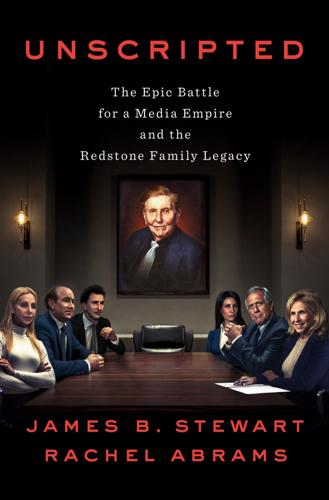
Unscripted: The Epic Battle for a Media Empire and the Redstone Family Legacy
by James B Stewart and Rachel Abrams · 14 Feb 2023 · 521pp · 136,802 words
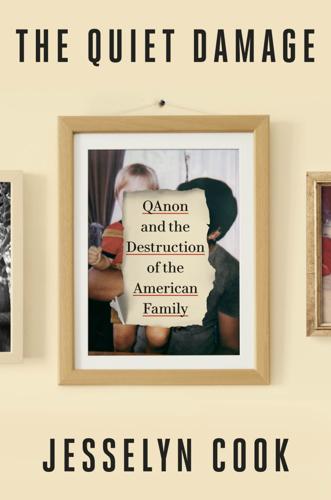
The Quiet Damage: QAnon and the Destruction of the American Family
by Jesselyn Cook · 22 Jul 2024 · 321pp · 95,778 words
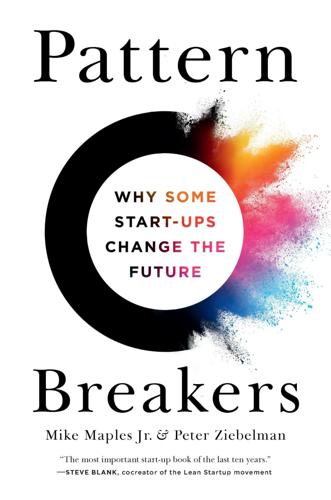
Pattern Breakers: Why Some Start-Ups Change the Future
by Mike Maples and Peter Ziebelman · 8 Jul 2024 · 207pp · 65,156 words
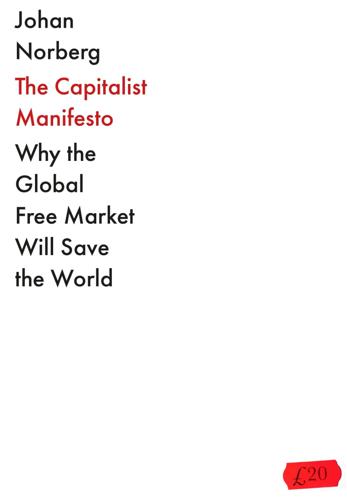
The Capitalist Manifesto
by Johan Norberg · 14 Jun 2023 · 295pp · 87,204 words
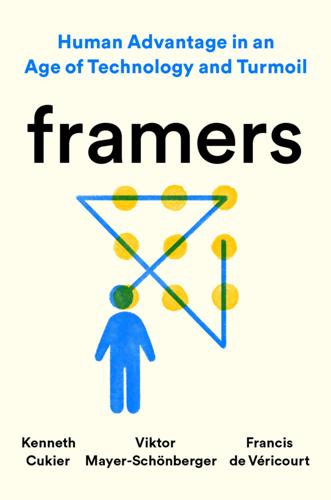
Framers: Human Advantage in an Age of Technology and Turmoil
by Kenneth Cukier, Viktor Mayer-Schönberger and Francis de Véricourt · 10 May 2021 · 291pp · 80,068 words
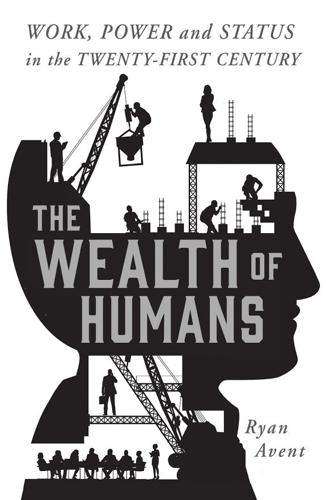
The Wealth of Humans: Work, Power, and Status in the Twenty-First Century
by Ryan Avent · 20 Sep 2016 · 323pp · 90,868 words
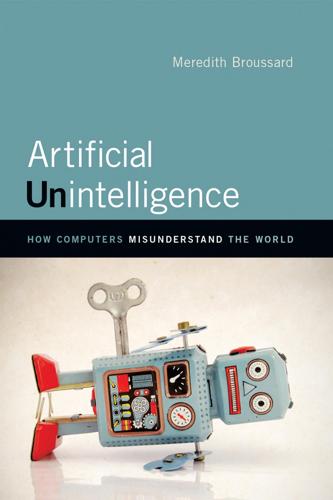
Artificial Unintelligence: How Computers Misunderstand the World
by Meredith Broussard · 19 Apr 2018 · 245pp · 83,272 words
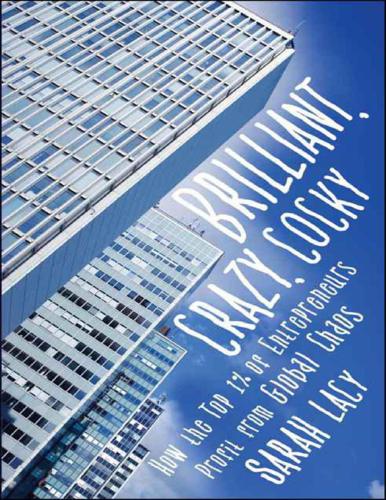
Brilliant, Crazy, Cocky: How the Top 1% of Entrepreneurs Profit From Global Chaos
by Sarah Lacy · 6 Jan 2011 · 269pp · 77,876 words
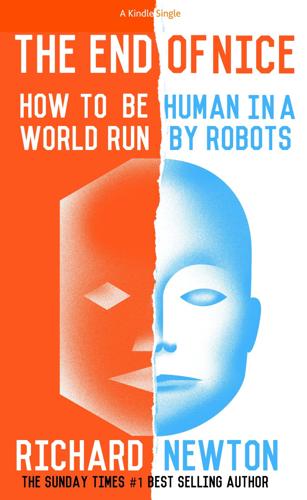
The End of Nice: How to Be Human in a World Run by Robots (Kindle Single)
by Richard Newton · 11 Apr 2015 · 94pp · 26,453 words
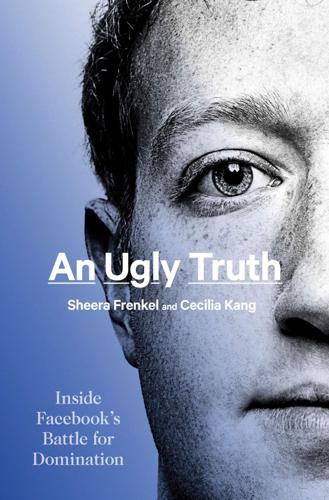
An Ugly Truth: Inside Facebook's Battle for Domination
by Sheera Frenkel and Cecilia Kang · 12 Jul 2021 · 372pp · 100,947 words
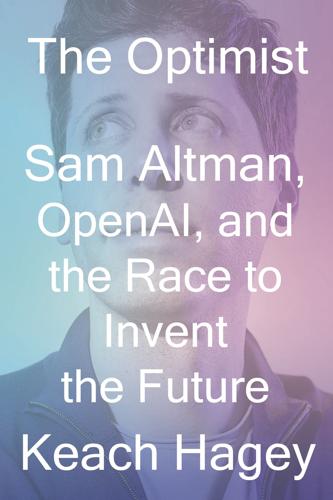
The Optimist: Sam Altman, OpenAI, and the Race to Invent the Future
by Keach Hagey · 19 May 2025 · 439pp · 125,379 words

Flowers of Fire: The Inside Story of South Korea's Feminist Movement and What It Means for Women's Rights Worldwide
by Hawon Jung · 21 Mar 2023 · 401pp · 112,589 words
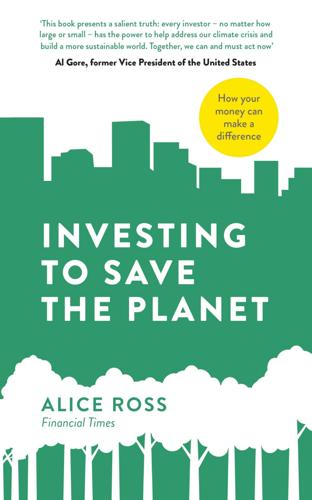
Investing to Save the Planet: How Your Money Can Make a Difference
by Alice Ross · 19 Nov 2020 · 197pp · 53,831 words
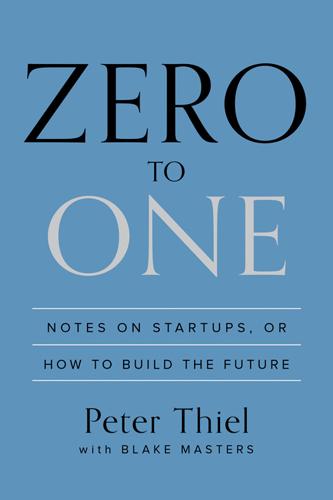
Zero to One: Notes on Startups, or How to Build the Future
by Peter Thiel and Blake Masters · 15 Sep 2014 · 185pp · 43,609 words

Artificial Whiteness
by Yarden Katz
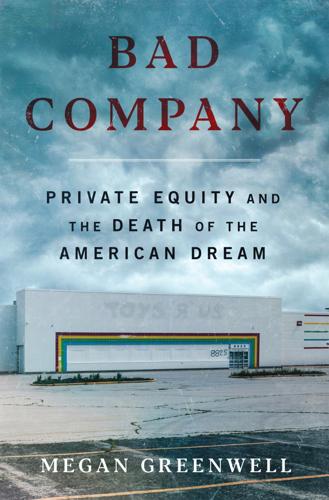
Bad Company
by Megan Greenwell · 18 Apr 2025 · 385pp · 103,818 words
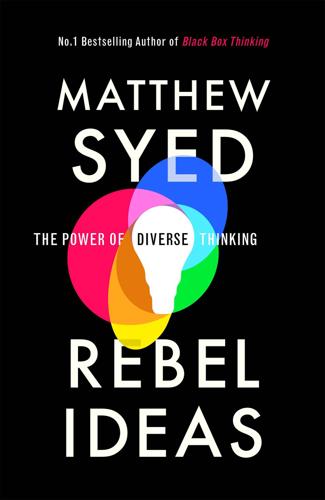
Rebel Ideas: The Power of Diverse Thinking
by Matthew Syed · 9 Sep 2019 · 280pp · 76,638 words
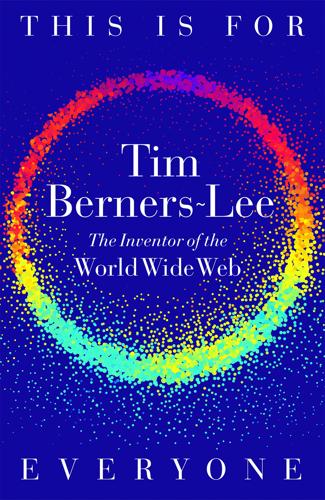
This Is for Everyone: The Captivating Memoir From the Inventor of the World Wide Web
by Tim Berners-Lee · 8 Sep 2025 · 347pp · 100,038 words
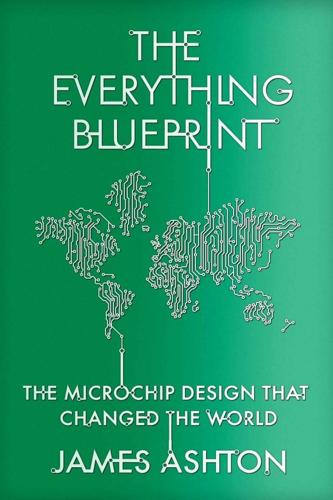
The Everything Blueprint: The Microchip Design That Changed the World
by James Ashton · 11 May 2023 · 401pp · 113,586 words
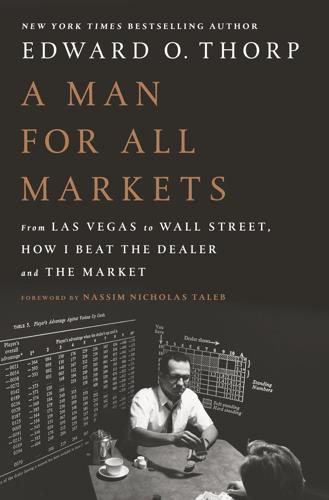
A Man for All Markets
by Edward O. Thorp · 15 Nov 2016 · 505pp · 142,118 words
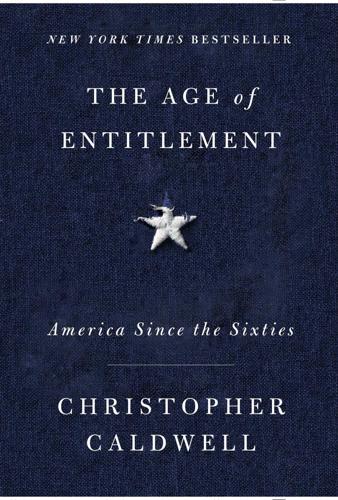
The Age of Entitlement: America Since the Sixties
by Christopher Caldwell · 21 Jan 2020 · 450pp · 113,173 words
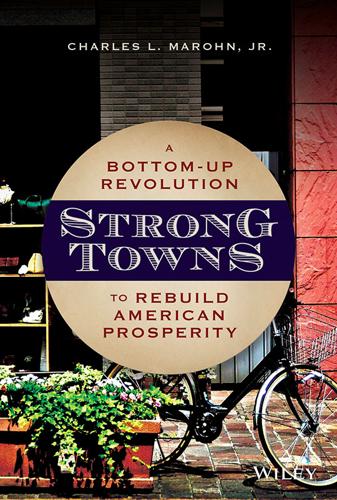
Strong Towns: A Bottom-Up Revolution to Rebuild American Prosperity
by Charles L. Marohn, Jr. · 24 Sep 2019 · 242pp · 71,943 words
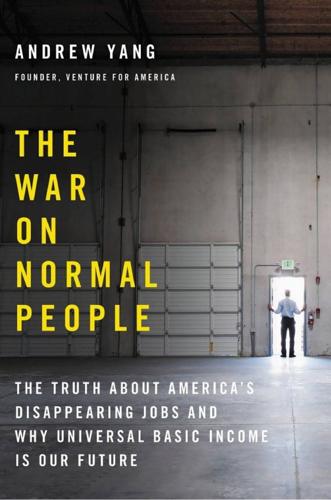
The War on Normal People: The Truth About America's Disappearing Jobs and Why Universal Basic Income Is Our Future
by Andrew Yang · 2 Apr 2018 · 300pp · 76,638 words
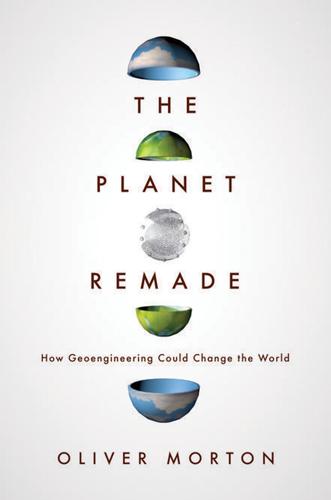
The Planet Remade: How Geoengineering Could Change the World
by Oliver Morton · 26 Sep 2015 · 469pp · 142,230 words
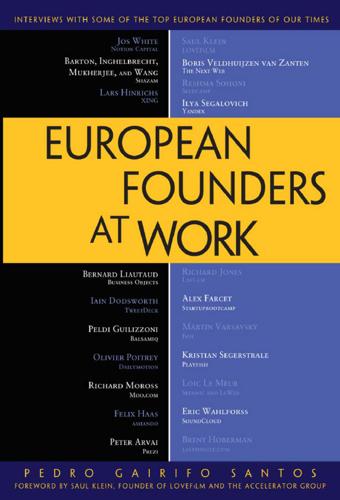
European Founders at Work
by Pedro Gairifo Santos · 7 Nov 2011 · 353pp · 104,146 words
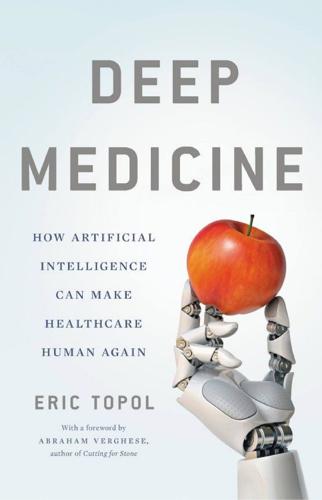
Deep Medicine: How Artificial Intelligence Can Make Healthcare Human Again
by Eric Topol · 1 Jan 2019 · 424pp · 114,905 words
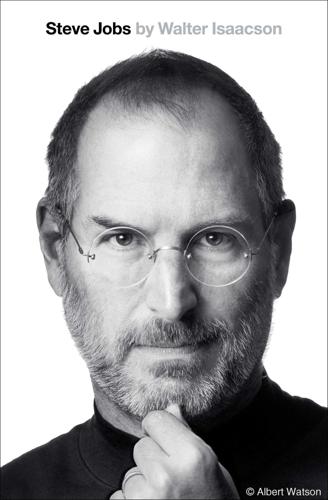
Steve Jobs
by Walter Isaacson · 23 Oct 2011 · 915pp · 232,883 words
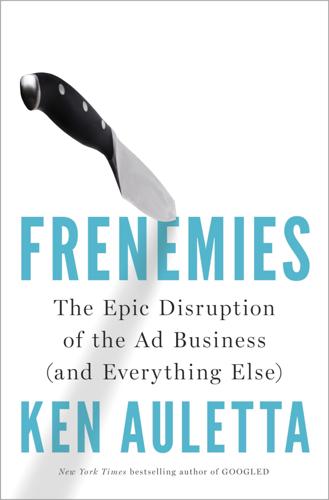
Frenemies: The Epic Disruption of the Ad Business
by Ken Auletta · 4 Jun 2018 · 379pp · 109,223 words
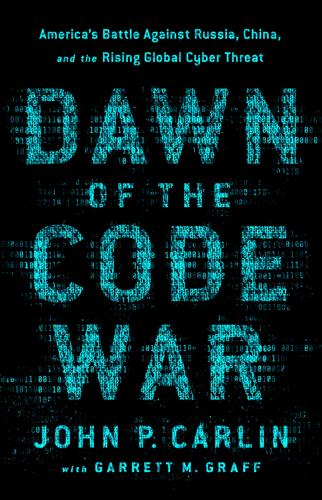
Dawn of the Code War: America's Battle Against Russia, China, and the Rising Global Cyber Threat
by John P. Carlin and Garrett M. Graff · 15 Oct 2018 · 568pp · 164,014 words
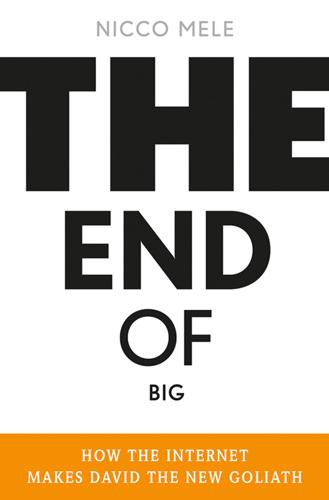
The End of Big: How the Internet Makes David the New Goliath
by Nicco Mele · 14 Apr 2013 · 270pp · 79,992 words
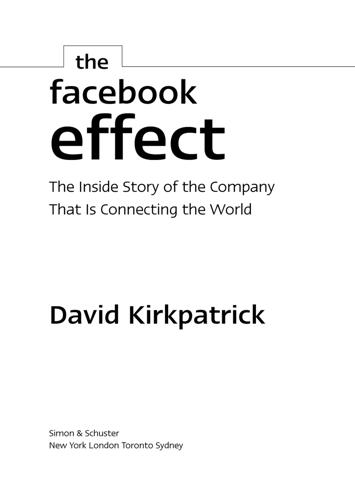
The Facebook Effect
by David Kirkpatrick · 19 Nov 2010 · 455pp · 133,322 words

The Perfect Thing: How the iPod Shuffles Commerce, Culture, and Coolness
by Steven Levy · 23 Oct 2006 · 297pp · 89,820 words
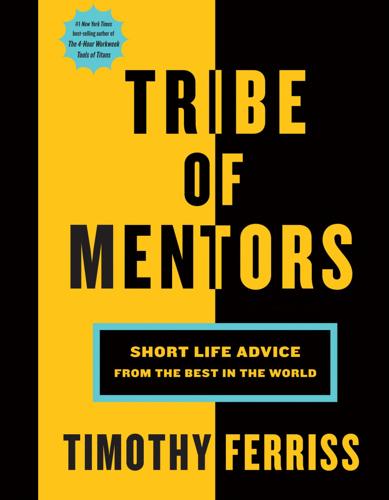
Tribe of Mentors: Short Life Advice From the Best in the World
by Timothy Ferriss · 14 Jun 2017 · 579pp · 183,063 words
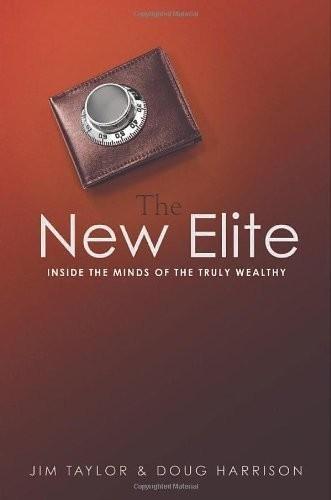
The New Elite: Inside the Minds of the Truly Wealthy
by Dr. Jim Taylor · 9 Sep 2008 · 256pp · 15,765 words
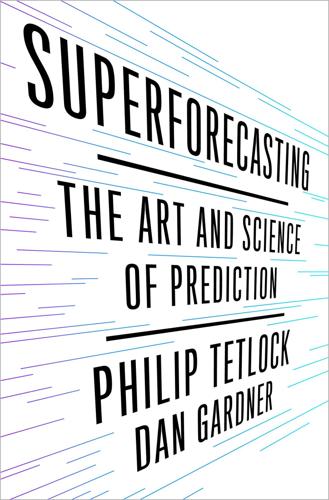
Superforecasting: The Art and Science of Prediction
by Philip Tetlock and Dan Gardner · 14 Sep 2015 · 317pp · 100,414 words
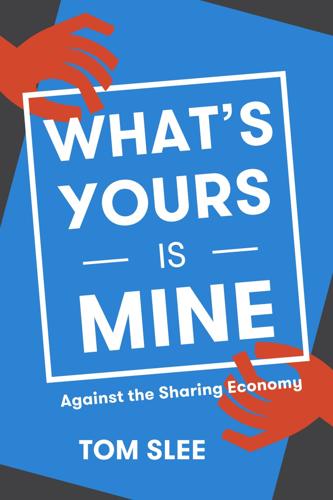
What's Yours Is Mine: Against the Sharing Economy
by Tom Slee · 18 Nov 2015 · 265pp · 69,310 words
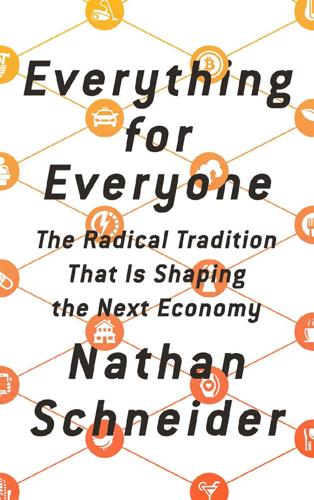
Everything for Everyone: The Radical Tradition That Is Shaping the Next Economy
by Nathan Schneider · 10 Sep 2018 · 326pp · 91,559 words
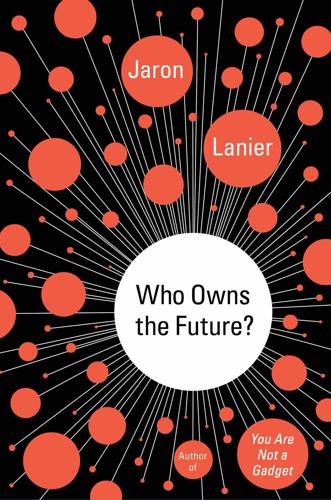
Who Owns the Future?
by Jaron Lanier · 6 May 2013 · 510pp · 120,048 words
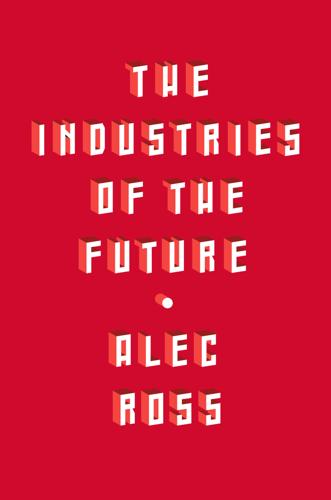
The Industries of the Future
by Alec Ross · 2 Feb 2016 · 364pp · 99,897 words
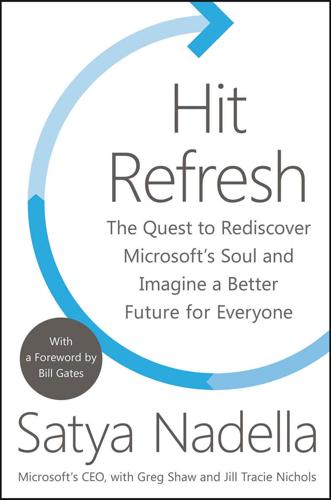
Hit Refresh: The Quest to Rediscover Microsoft's Soul and Imagine a Better Future for Everyone
by Satya Nadella, Greg Shaw and Jill Tracie Nichols · 25 Sep 2017 · 391pp · 71,600 words
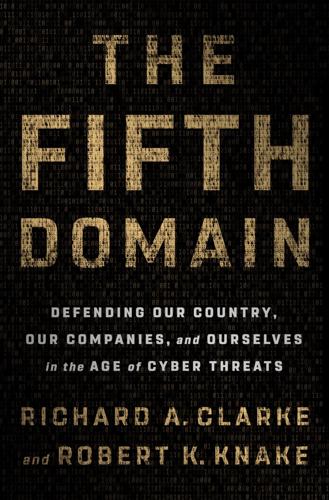
The Fifth Domain: Defending Our Country, Our Companies, and Ourselves in the Age of Cyber Threats
by Richard A. Clarke and Robert K. Knake · 15 Jul 2019 · 409pp · 112,055 words
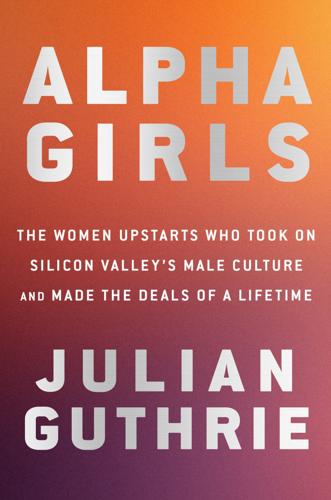
Alpha Girls: The Women Upstarts Who Took on Silicon Valley's Male Culture and Made the Deals of a Lifetime
by Julian Guthrie · 15 Nov 2019
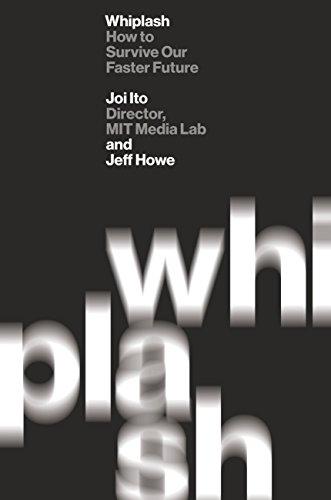
Whiplash: How to Survive Our Faster Future
by Joi Ito and Jeff Howe · 6 Dec 2016 · 254pp · 76,064 words
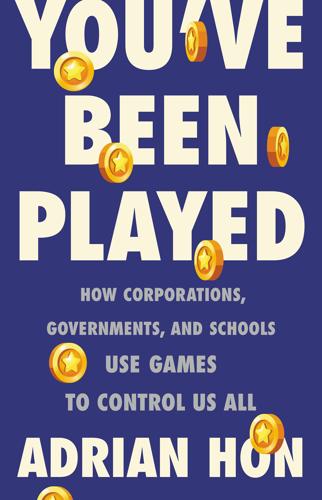
You've Been Played: How Corporations, Governments, and Schools Use Games to Control Us All
by Adrian Hon · 14 Sep 2022 · 371pp · 107,141 words
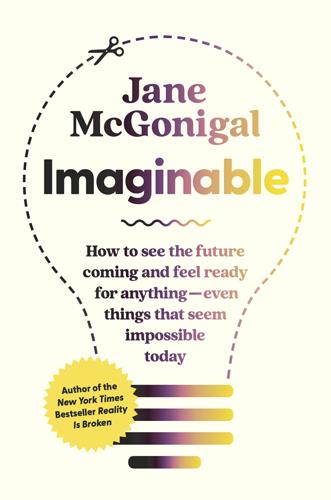
Imaginable: How to See the Future Coming and Feel Ready for Anything―Even Things That Seem Impossible Today
by Jane McGonigal · 22 Mar 2022 · 420pp · 135,569 words
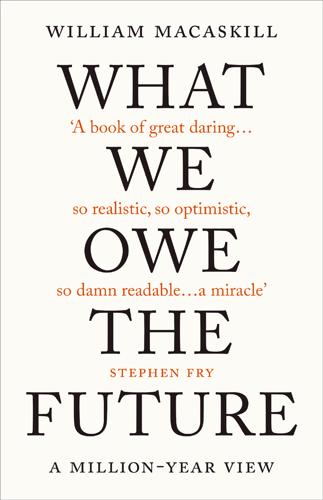
What We Owe the Future: A Million-Year View
by William MacAskill · 31 Aug 2022 · 451pp · 125,201 words
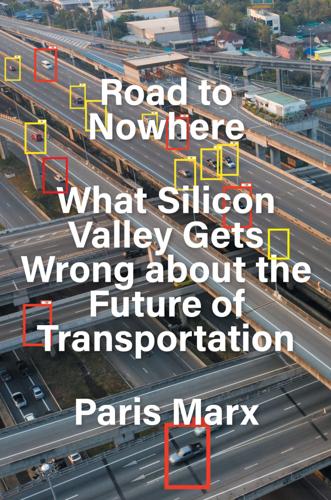
Road to Nowhere: What Silicon Valley Gets Wrong About the Future of Transportation
by Paris Marx · 4 Jul 2022 · 295pp · 81,861 words
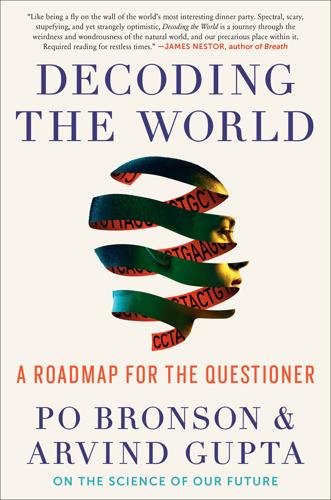
Decoding the World: A Roadmap for the Questioner
by Po Bronson · 14 Jul 2020 · 320pp · 95,629 words
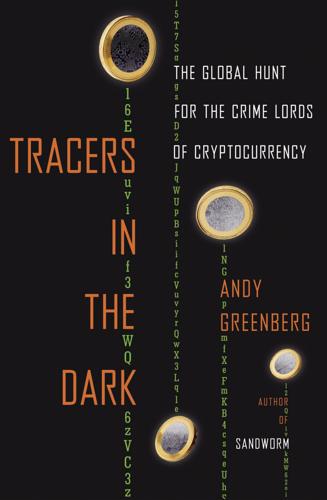
Tracers in the Dark: The Global Hunt for the Crime Lords of Cryptocurrency
by Andy Greenberg · 15 Nov 2022 · 494pp · 121,217 words
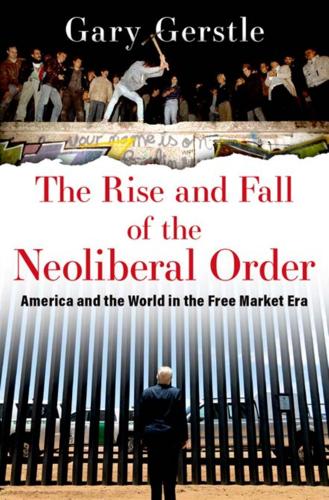
The Rise and Fall of the Neoliberal Order: America and the World in the Free Market Era
by Gary Gerstle · 14 Oct 2022 · 655pp · 156,367 words
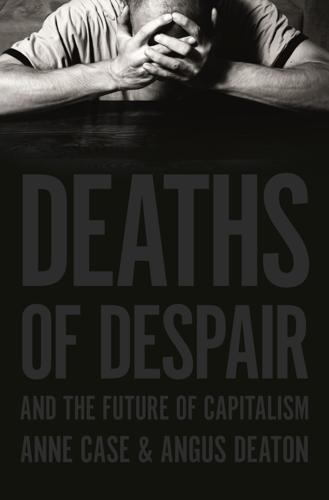
Deaths of Despair and the Future of Capitalism
by Anne Case and Angus Deaton · 17 Mar 2020 · 421pp · 110,272 words

The Secret War Between Downloading and Uploading: Tales of the Computer as Culture Machine
by Peter Lunenfeld · 31 Mar 2011 · 239pp · 56,531 words
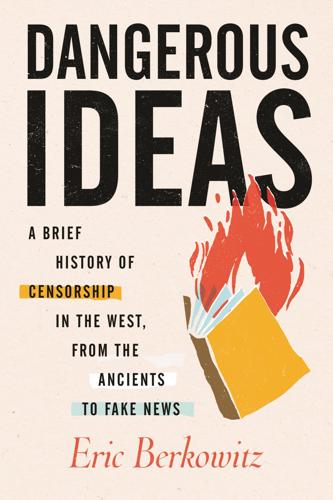
Dangerous Ideas: A Brief History of Censorship in the West, From the Ancients to Fake News
by Eric Berkowitz · 3 May 2021 · 412pp · 115,048 words
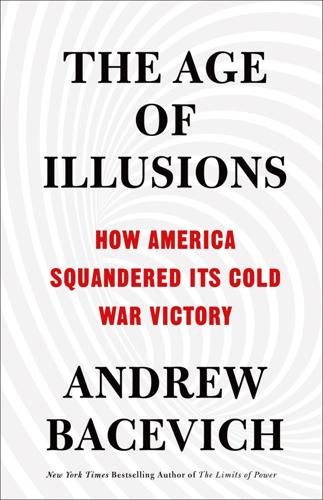
The Age of Illusions: How America Squandered Its Cold War Victory
by Andrew J. Bacevich · 7 Jan 2020 · 254pp · 68,133 words
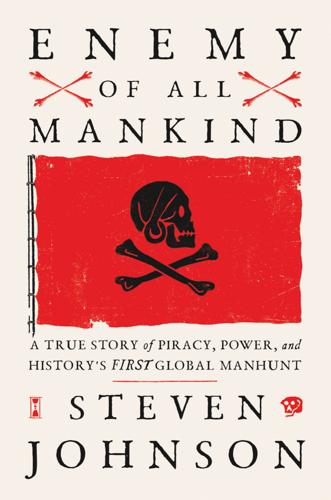
Enemy of All Mankind: A True Story of Piracy, Power, and History's First Global Manhunt
by Steven Johnson · 11 May 2020 · 299pp · 79,739 words
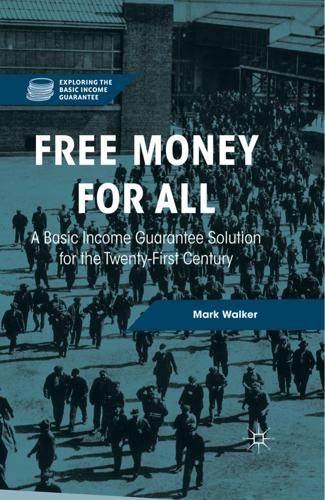
Free Money for All: A Basic Income Guarantee Solution for the Twenty-First Century
by Mark Walker · 29 Nov 2015
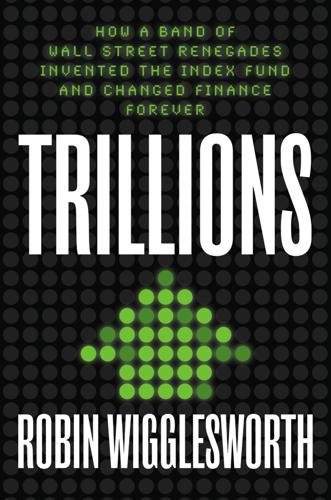
Trillions: How a Band of Wall Street Renegades Invented the Index Fund and Changed Finance Forever
by Robin Wigglesworth · 11 Oct 2021 · 432pp · 106,612 words
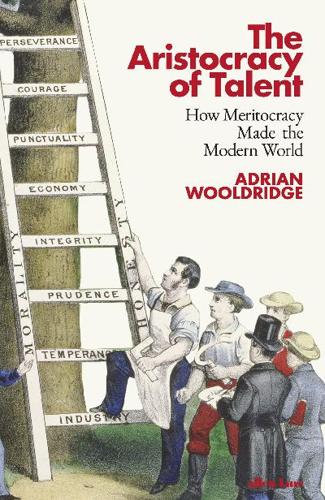
The Aristocracy of Talent: How Meritocracy Made the Modern World
by Adrian Wooldridge · 2 Jun 2021 · 693pp · 169,849 words
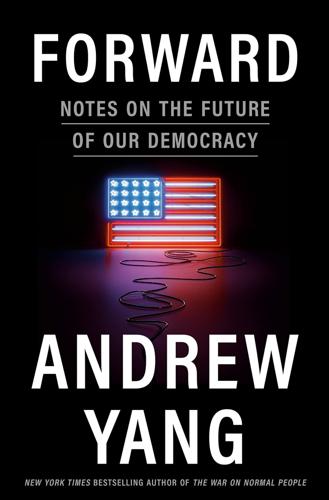
Forward: Notes on the Future of Our Democracy
by Andrew Yang · 15 Nov 2021
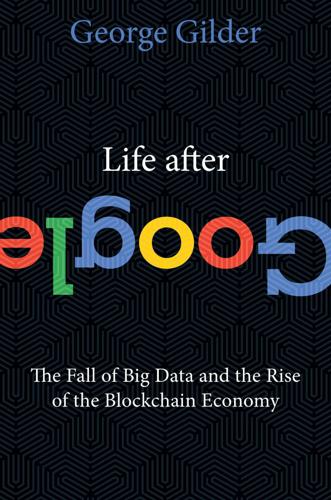
Life After Google: The Fall of Big Data and the Rise of the Blockchain Economy
by George Gilder · 16 Jul 2018 · 332pp · 93,672 words
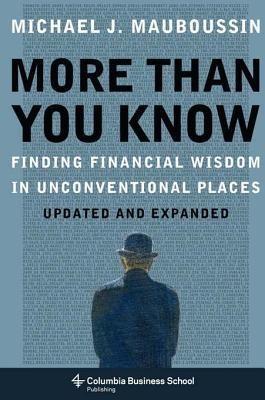
More Than You Know: Finding Financial Wisdom in Unconventional Places (Updated and Expanded)
by Michael J. Mauboussin · 1 Jan 2006 · 348pp · 83,490 words
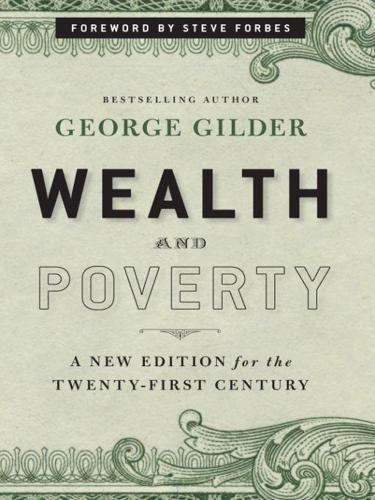
Wealth and Poverty: A New Edition for the Twenty-First Century
by George Gilder · 30 Apr 1981 · 590pp · 153,208 words
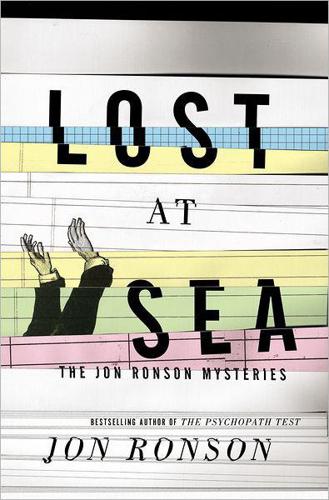
Lost at Sea
by Jon Ronson · 1 Oct 2012 · 375pp · 106,536 words
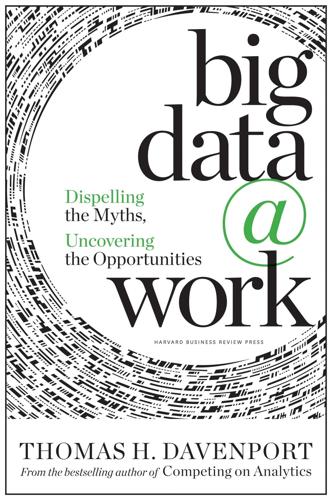
Big Data at Work: Dispelling the Myths, Uncovering the Opportunities
by Thomas H. Davenport · 4 Feb 2014
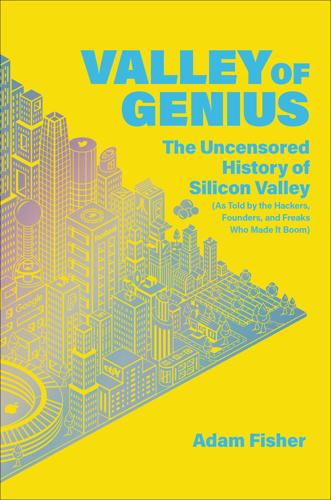
Valley of Genius: The Uncensored History of Silicon Valley (As Told by the Hackers, Founders, and Freaks Who Made It Boom)
by Adam Fisher · 9 Jul 2018 · 611pp · 188,732 words
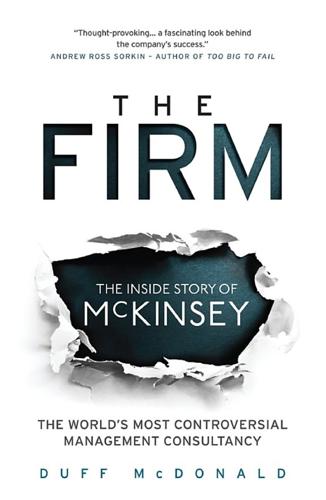
The Firm
by Duff McDonald · 1 Jun 2014 · 654pp · 120,154 words
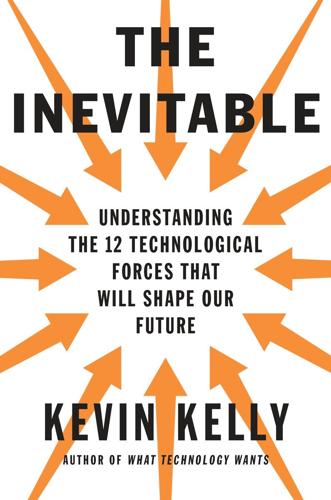
The Inevitable: Understanding the 12 Technological Forces That Will Shape Our Future
by Kevin Kelly · 6 Jun 2016 · 371pp · 108,317 words
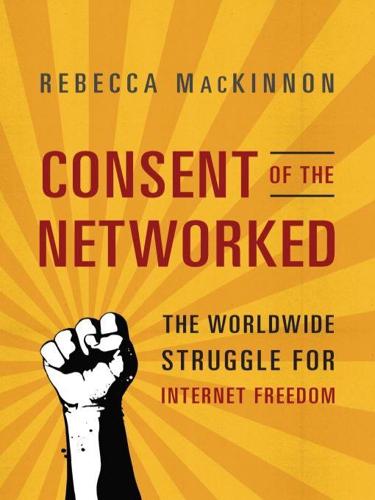
Consent of the Networked: The Worldwide Struggle for Internet Freedom
by Rebecca MacKinnon · 31 Jan 2012 · 390pp · 96,624 words
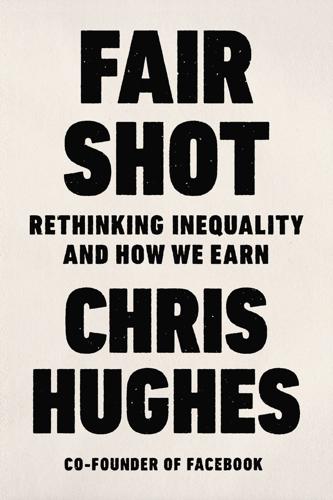
Fair Shot: Rethinking Inequality and How We Earn
by Chris Hughes · 20 Feb 2018 · 173pp · 53,564 words
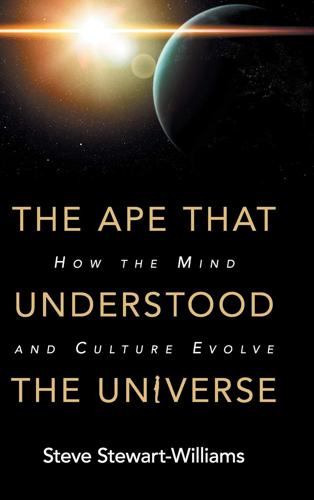
The Ape That Understood the Universe: How the Mind and Culture Evolve
by Steve Stewart-Williams · 12 Sep 2018 · 1,132pp · 156,379 words

Hello, Habits
by Fumio Sasaki · 6 Nov 2020 · 195pp · 60,471 words
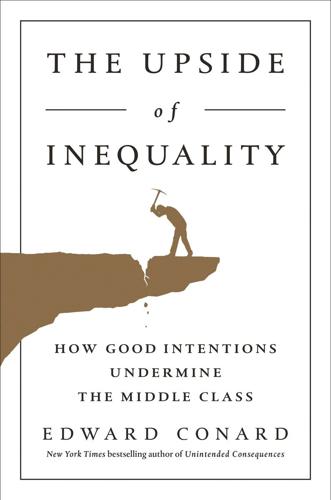
The Upside of Inequality
by Edward Conard · 1 Sep 2016 · 436pp · 98,538 words
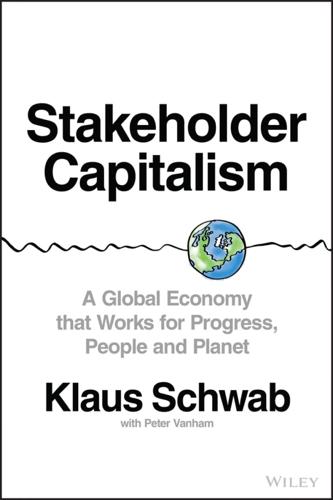
Stakeholder Capitalism: A Global Economy That Works for Progress, People and Planet
by Klaus Schwab · 7 Jan 2021 · 460pp · 107,454 words
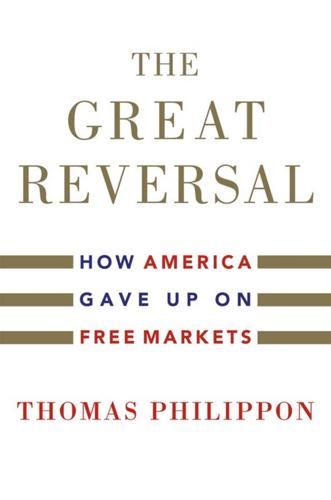
The Great Reversal: How America Gave Up on Free Markets
by Thomas Philippon · 29 Oct 2019 · 401pp · 109,892 words
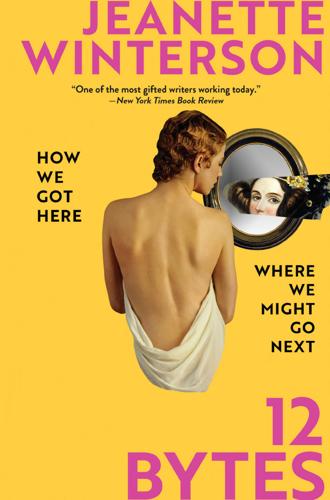
12 Bytes: How We Got Here. Where We Might Go Next
by Jeanette Winterson · 15 Mar 2021 · 256pp · 73,068 words
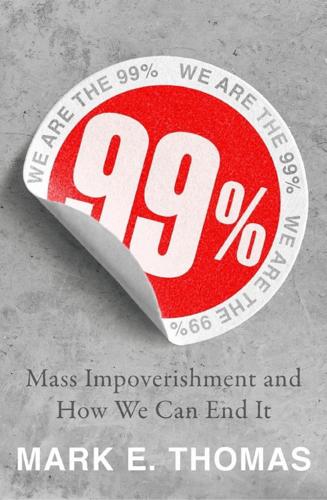
99%: Mass Impoverishment and How We Can End It
by Mark Thomas · 7 Aug 2019 · 286pp · 79,305 words
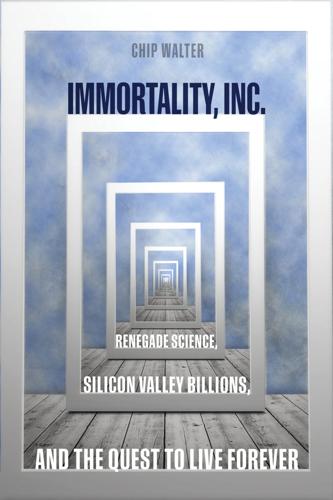
Immortality, Inc.
by Chip Walter · 7 Jan 2020 · 232pp · 72,483 words
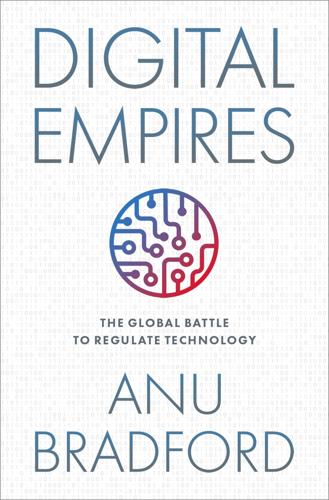
Digital Empires: The Global Battle to Regulate Technology
by Anu Bradford · 25 Sep 2023 · 898pp · 236,779 words
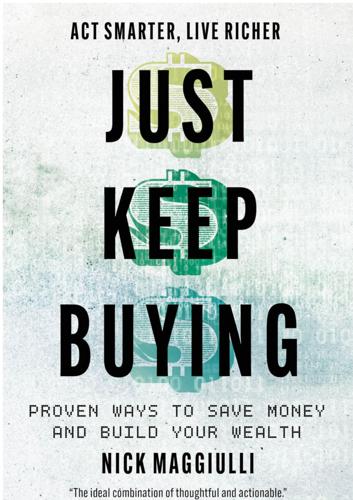
Just Keep Buying: Proven Ways to Save Money and Build Your Wealth
by Nick Maggiulli · 15 May 2022 · 287pp · 62,824 words
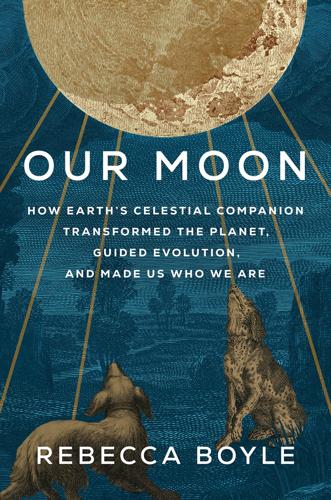
Our Moon: How Earth's Celestial Companion Transformed the Planet, Guided Evolution, and Made Us Who We Are
by Rebecca Boyle · 16 Jan 2024 · 354pp · 109,574 words
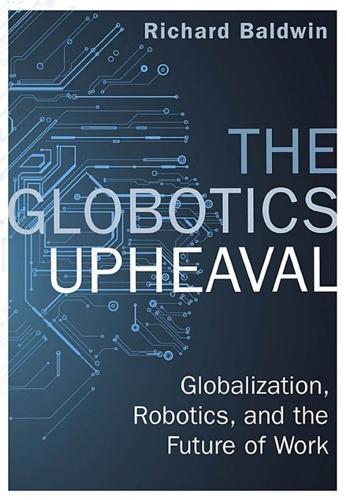
The Globotics Upheaval: Globalisation, Robotics and the Future of Work
by Richard Baldwin · 10 Jan 2019 · 301pp · 89,076 words
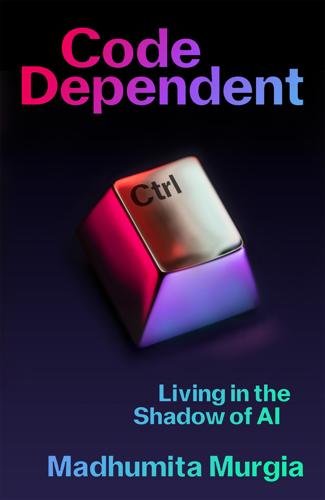
Code Dependent: Living in the Shadow of AI
by Madhumita Murgia · 20 Mar 2024 · 336pp · 91,806 words
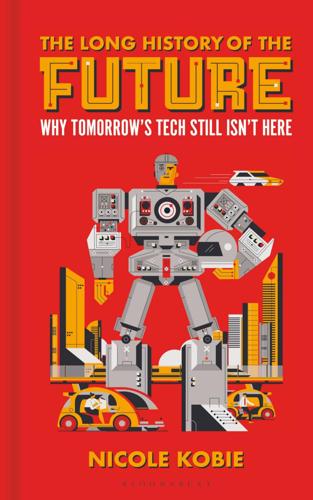
The Long History of the Future: Why Tomorrow's Technology Still Isn't Here
by Nicole Kobie · 3 Jul 2024 · 348pp · 119,358 words
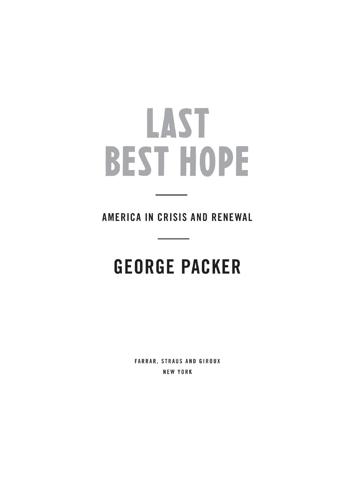
Last Best Hope: America in Crisis and Renewal
by George Packer · 14 Jun 2021 · 173pp · 55,328 words
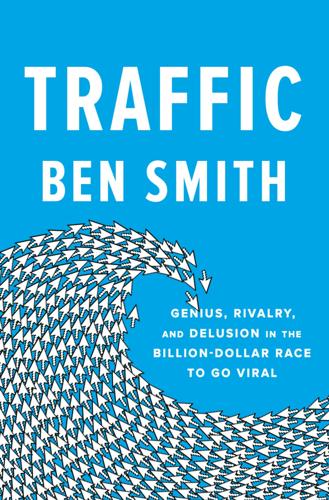
Traffic: Genius, Rivalry, and Delusion in the Billion-Dollar Race to Go Viral
by Ben Smith · 2 May 2023
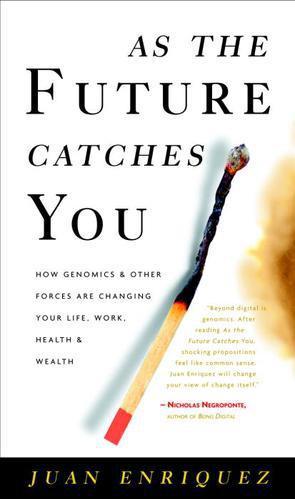
As the Future Catches You: How Genomics & Other Forces Are Changing Your Work, Health & Wealth
by Juan Enriquez · 15 Feb 2001 · 239pp · 45,926 words
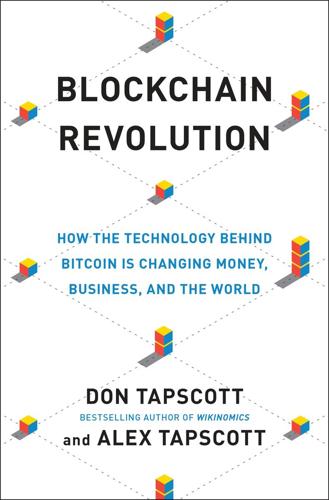
Blockchain Revolution: How the Technology Behind Bitcoin Is Changing Money, Business, and the World
by Don Tapscott and Alex Tapscott · 9 May 2016 · 515pp · 126,820 words

Border and Rule: Global Migration, Capitalism, and the Rise of Racist Nationalism
by Harsha Walia · 9 Feb 2021
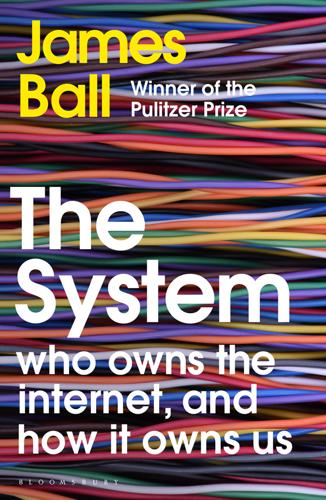
The System: Who Owns the Internet, and How It Owns Us
by James Ball · 19 Aug 2020 · 268pp · 76,702 words
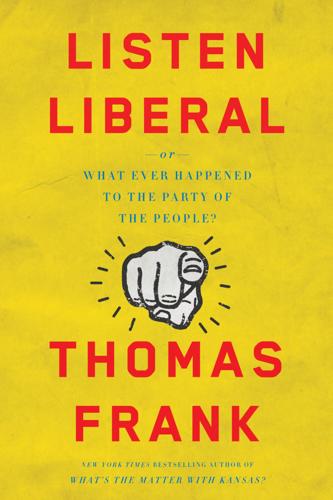
Listen, Liberal: Or, What Ever Happened to the Party of the People?
by Thomas Frank · 15 Mar 2016 · 316pp · 87,486 words
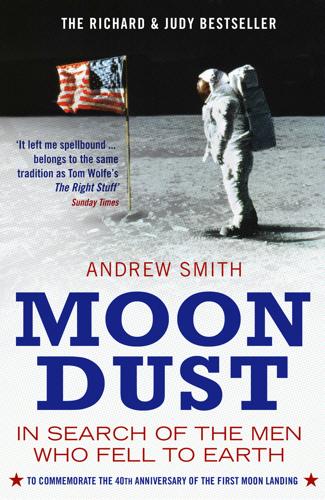
Moondust: In Search of the Men Who Fell to Earth
by Andrew Smith · 3 Apr 2006 · 409pp · 138,088 words
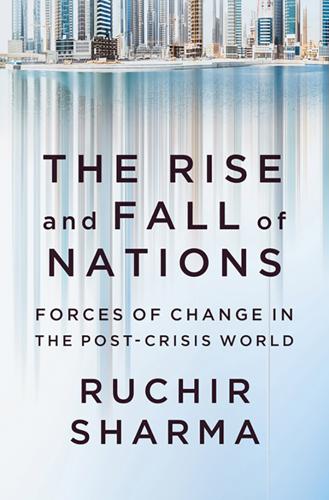
The Rise and Fall of Nations: Forces of Change in the Post-Crisis World
by Ruchir Sharma · 5 Jun 2016 · 566pp · 163,322 words
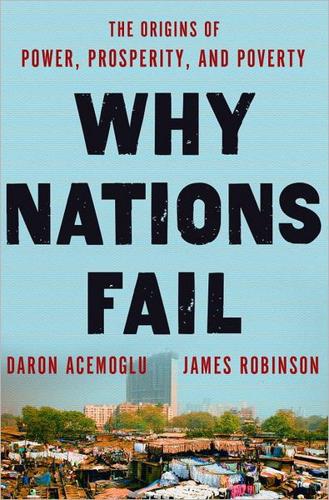
Why Nations Fail: The Origins of Power, Prosperity, and Poverty
by Daron Acemoglu and James Robinson · 20 Mar 2012 · 547pp · 172,226 words
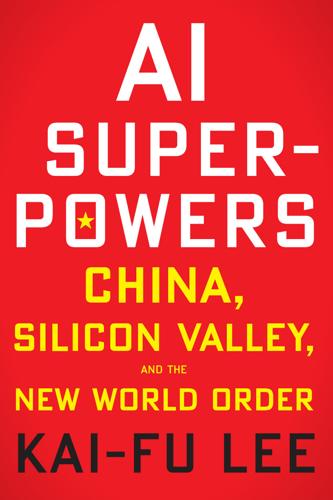
AI Superpowers: China, Silicon Valley, and the New World Order
by Kai-Fu Lee · 14 Sep 2018 · 307pp · 88,180 words
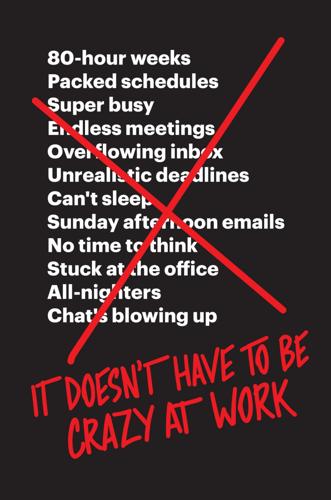
It Doesn't Have to Be Crazy at Work
by Jason Fried and David Heinemeier Hansson · 1 Oct 2018 · 117pp · 30,538 words

Nine Pints: A Journey Through the Money, Medicine, and Mysteries of Blood
by Rose George · 22 Oct 2018 · 453pp · 130,632 words
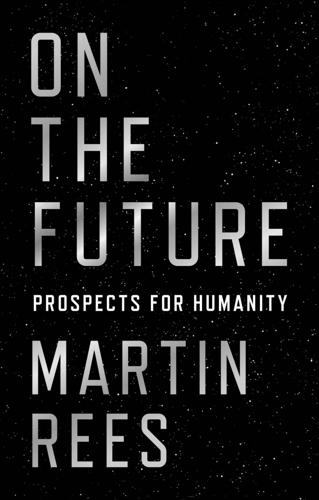
On the Future: Prospects for Humanity
by Martin J. Rees · 14 Oct 2018 · 193pp · 51,445 words
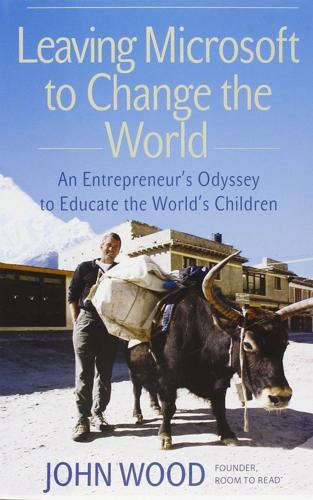
Leaving Microsoft to Change the World: An Entrepreneur's Odyssey to Educate the World's Children
by John Wood · 28 Aug 2006 · 310pp · 91,151 words
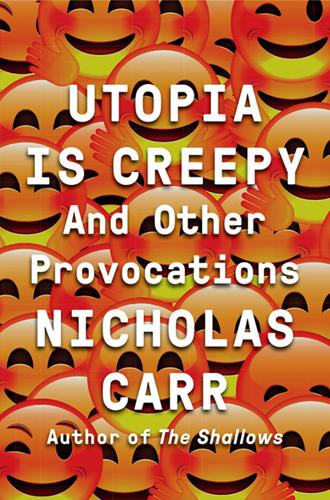
Utopia Is Creepy: And Other Provocations
by Nicholas Carr · 5 Sep 2016 · 391pp · 105,382 words
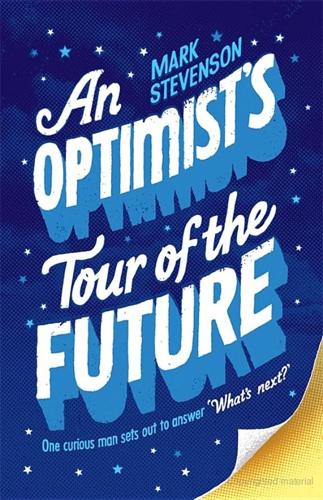
An Optimist's Tour of the Future
by Mark Stevenson · 4 Dec 2010 · 379pp · 108,129 words
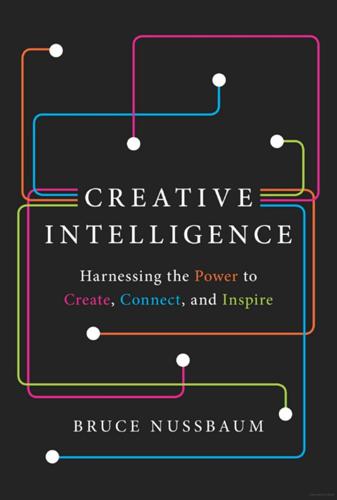
Creative Intelligence: Harnessing the Power to Create, Connect, and Inspire
by Bruce Nussbaum · 5 Mar 2013 · 385pp · 101,761 words
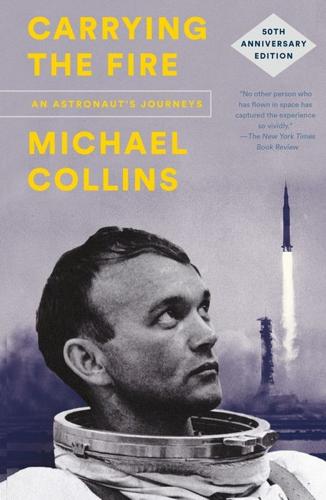
Carrying the Fire: An Astronaut's Journeys: 50th Anniversary Edition
by Michael Collins and Charles A. Lindbergh · 15 Apr 2019
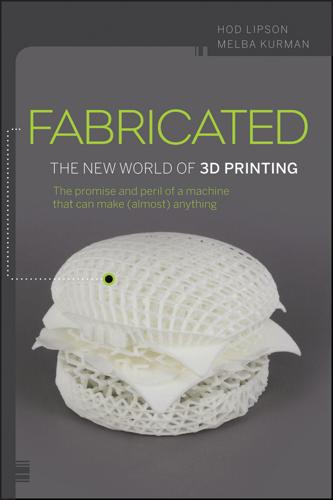
Fabricated: The New World of 3D Printing
by Hod Lipson and Melba Kurman · 20 Nov 2012 · 307pp · 92,165 words
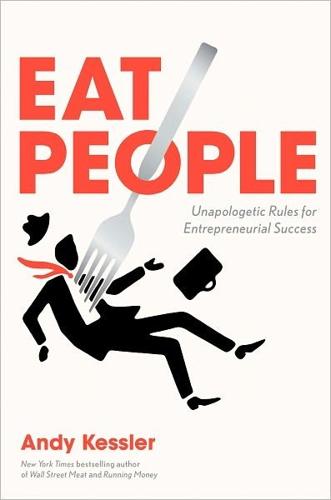
Eat People: And Other Unapologetic Rules for Game-Changing Entrepreneurs
by Andy Kessler · 1 Feb 2011 · 272pp · 64,626 words
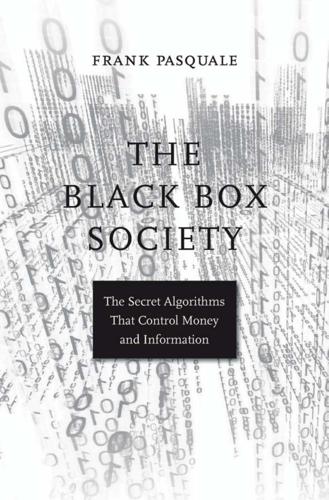
The Black Box Society: The Secret Algorithms That Control Money and Information
by Frank Pasquale · 17 Nov 2014 · 320pp · 87,853 words
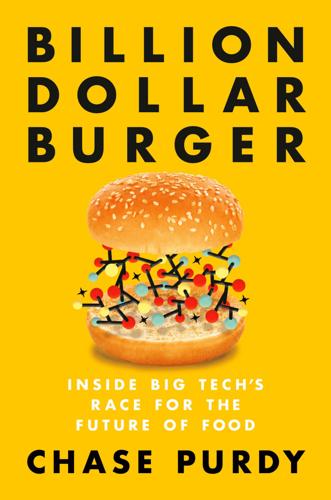
Billion Dollar Burger: Inside Big Tech's Race for the Future of Food
by Chase Purdy · 15 Jun 2020 · 232pp · 63,803 words
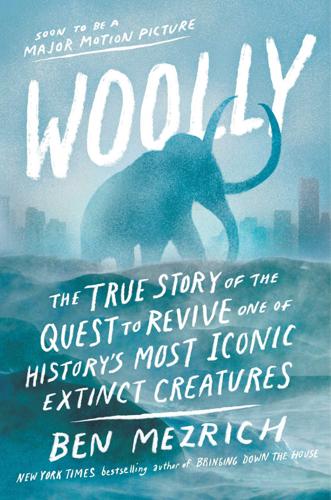
Woolly: The True Story of the Quest to Revive History's Most Iconic Extinct Creature
by Ben Mezrich · 3 Jul 2017

Mbs: The Rise to Power of Mohammed Bin Salman
by Ben Hubbard · 10 Mar 2020

API Marketplace Engineering: Design, Build, and Run a Platform for External Developers
by Rennay Dorasamy · 2 Dec 2021 · 328pp · 77,877 words
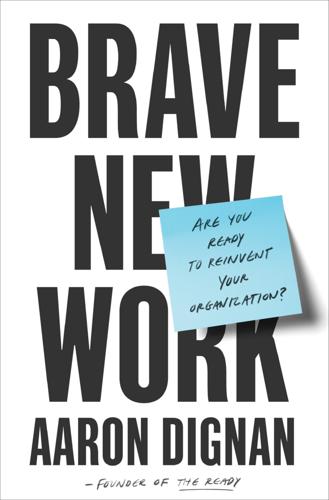
Brave New Work: Are You Ready to Reinvent Your Organization?
by Aaron Dignan · 1 Feb 2019 · 309pp · 81,975 words
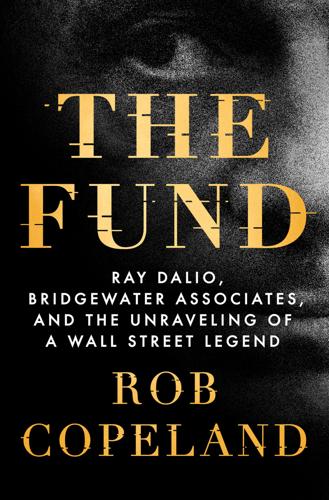
The Fund: Ray Dalio, Bridgewater Associates, and the Unraveling of a Wall Street Legend
by Rob Copeland · 7 Nov 2023 · 412pp · 122,655 words
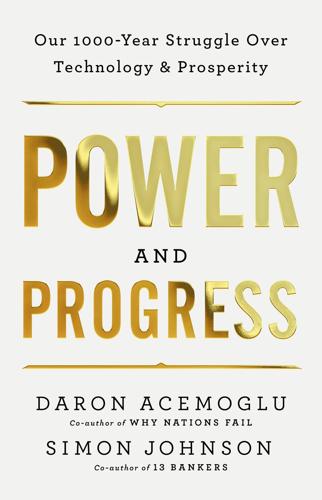
Power and Progress: Our Thousand-Year Struggle Over Technology and Prosperity
by Daron Acemoglu and Simon Johnson · 15 May 2023 · 619pp · 177,548 words
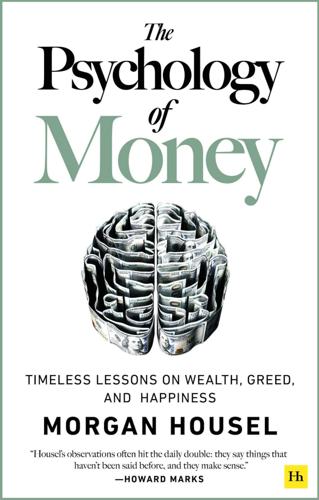
The Psychology of Money: Timeless Lessons on Wealth, Greed, and Happiness
by Morgan Housel · 7 Sep 2020 · 209pp · 53,175 words
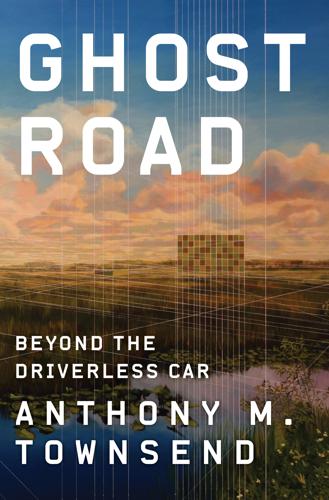
Ghost Road: Beyond the Driverless Car
by Anthony M. Townsend · 15 Jun 2020 · 362pp · 97,288 words
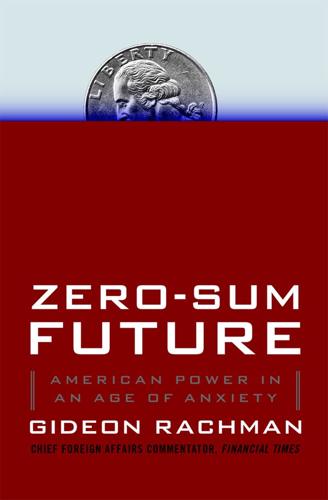
Zero-Sum Future: American Power in an Age of Anxiety
by Gideon Rachman · 1 Feb 2011 · 391pp · 102,301 words
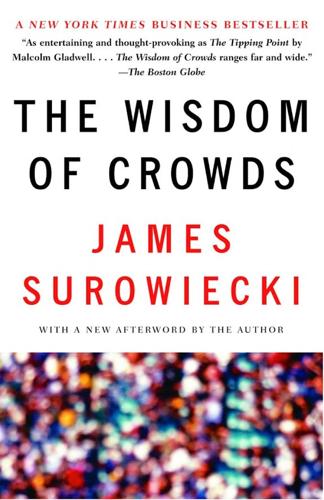
The Wisdom of Crowds
by James Surowiecki · 1 Jan 2004 · 326pp · 106,053 words

Utopias: A Brief History From Ancient Writings to Virtual Communities
by Howard P. Segal · 20 May 2012 · 299pp · 19,560 words

Digital Wars: Apple, Google, Microsoft and the Battle for the Internet
by Charles Arthur · 3 Mar 2012 · 390pp · 114,538 words
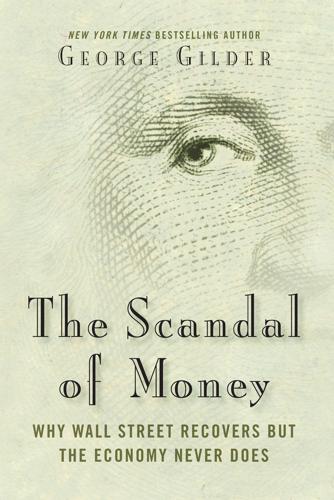
The Scandal of Money
by George Gilder · 23 Feb 2016 · 209pp · 53,236 words
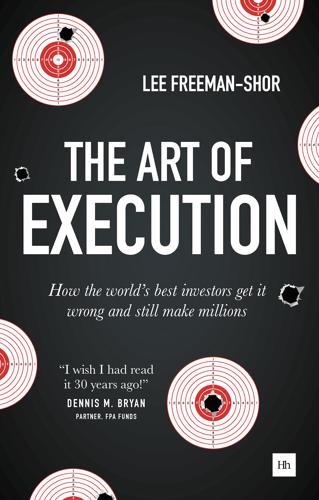
The Art of Execution: How the World's Best Investors Get It Wrong and Still Make Millions
by Lee Freeman-Shor · 8 Sep 2015 · 121pp · 31,813 words
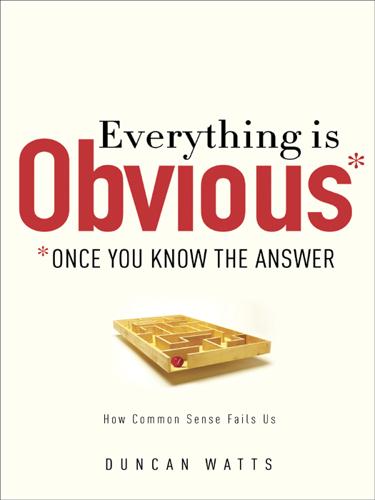
Everything Is Obvious: *Once You Know the Answer
by Duncan J. Watts · 28 Mar 2011 · 327pp · 103,336 words
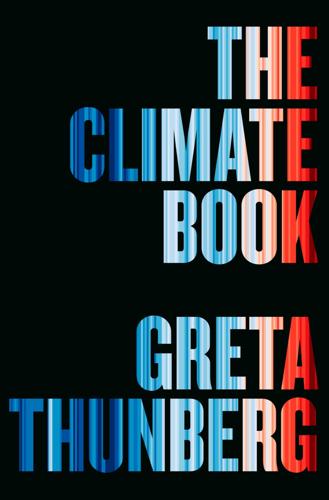
The Climate Book: The Facts and the Solutions
by Greta Thunberg · 14 Feb 2023 · 651pp · 162,060 words
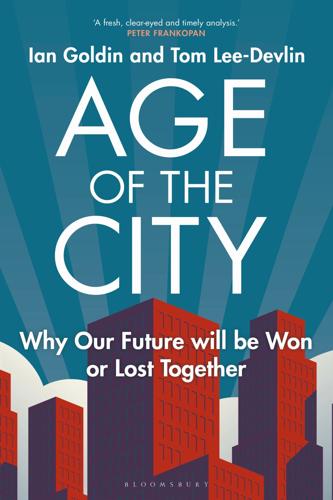
Age of the City: Why Our Future Will Be Won or Lost Together
by Ian Goldin and Tom Lee-Devlin · 21 Jun 2023 · 248pp · 73,689 words
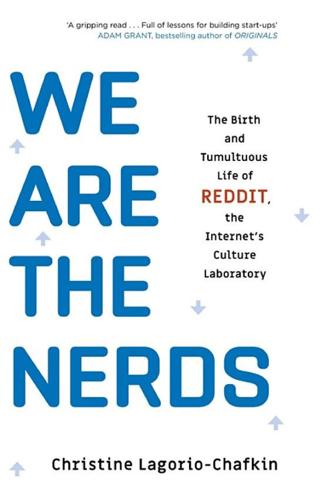
We Are the Nerds: The Birth and Tumultuous Life of Reddit, the Internet's Culture Laboratory
by Christine Lagorio-Chafkin · 1 Oct 2018
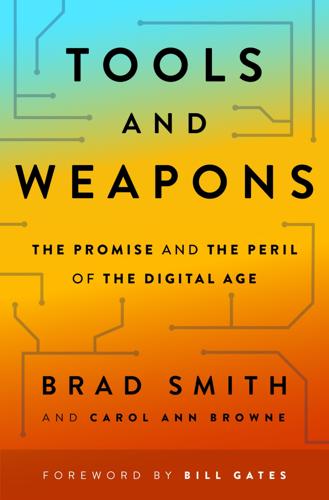
Tools and Weapons: The Promise and the Peril of the Digital Age
by Brad Smith and Carol Ann Browne · 9 Sep 2019 · 482pp · 121,173 words
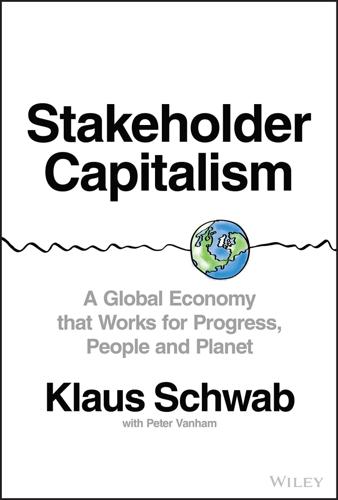
Stakeholder Capitalism: A Global Economy That Works for Progress, People and Planet
by Klaus Schwab and Peter Vanham · 27 Jan 2021 · 460pp · 107,454 words
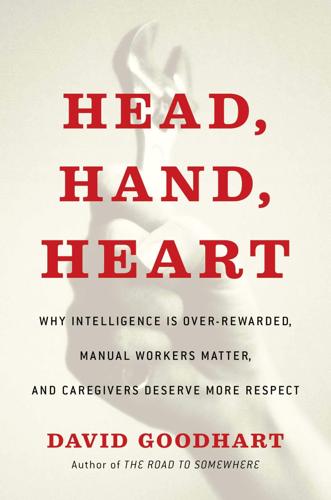
Head, Hand, Heart: Why Intelligence Is Over-Rewarded, Manual Workers Matter, and Caregivers Deserve More Respect
by David Goodhart · 7 Sep 2020 · 463pp · 115,103 words
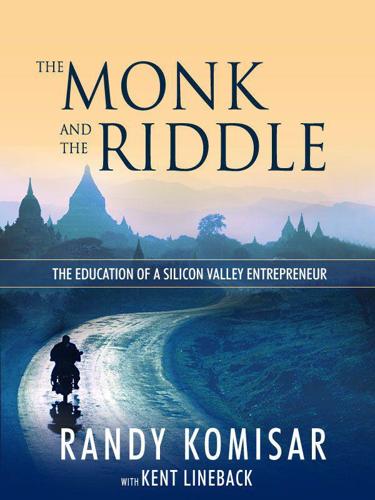
The Monk and the Riddle: The Education of a Silicon Valley Entrepreneur
by Randy Komisar · 15 Mar 2000 · 385pp · 48,143 words
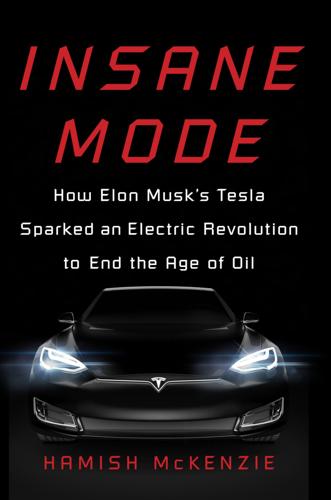
Insane Mode: How Elon Musk's Tesla Sparked an Electric Revolution to End the Age of Oil
by Hamish McKenzie · 30 Sep 2017 · 307pp · 90,634 words
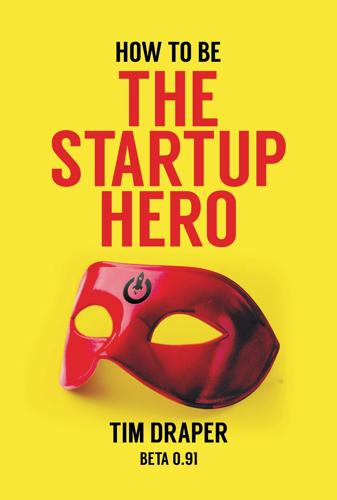
How to Be the Startup Hero: A Guide and Textbook for Entrepreneurs and Aspiring Entrepreneurs
by Tim Draper · 18 Dec 2017 · 302pp · 95,965 words
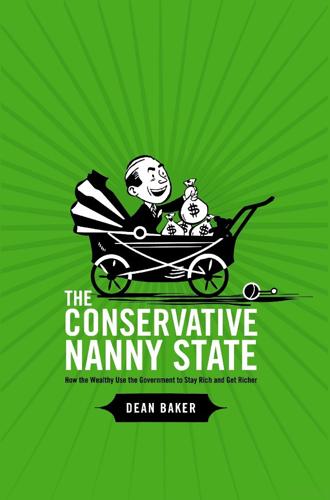
The Conservative Nanny State: How the Wealthy Use the Government to Stay Rich and Get Richer
by Dean Baker · 15 Jul 2006 · 234pp · 53,078 words

Taming the To-Do List: How to Choose Your Best Work Every Day
by Glynnis Whitwer · 10 Aug 2015 · 181pp · 53,257 words
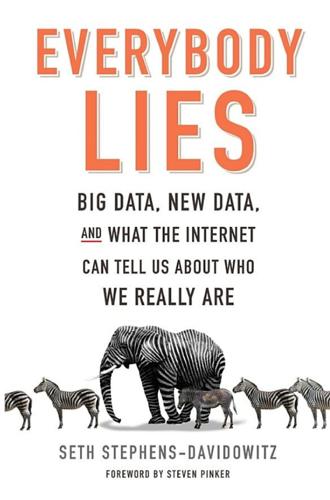
Everybody Lies: Big Data, New Data, and What the Internet Can Tell Us About Who We Really Are
by Seth Stephens-Davidowitz · 8 May 2017 · 337pp · 86,320 words
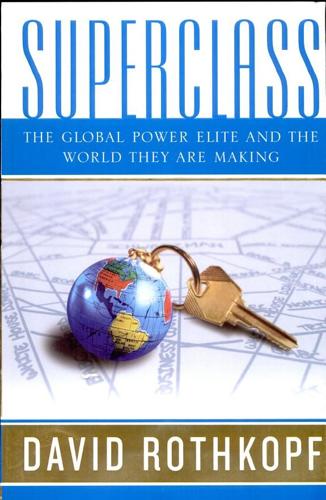
Superclass: The Global Power Elite and the World They Are Making
by David Rothkopf · 18 Mar 2008 · 535pp · 158,863 words
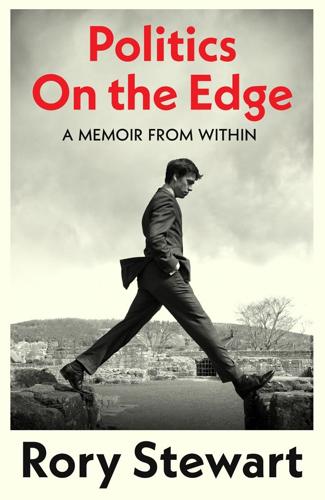
Politics on the Edge: The Instant #1 Sunday Times Bestseller From the Host of Hit Podcast the Rest Is Politics
by Rory Stewart · 13 Sep 2023 · 534pp · 157,700 words
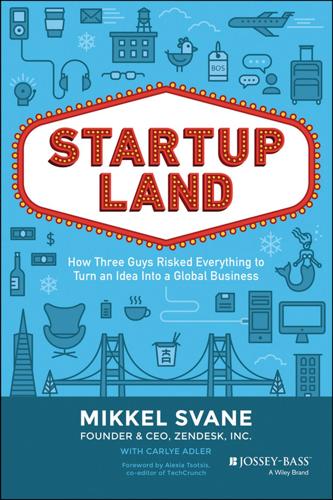
Startupland: How Three Guys Risked Everything to Turn an Idea Into a Global Business
by Mikkel Svane and Carlye Adler · 13 Nov 2014 · 220pp
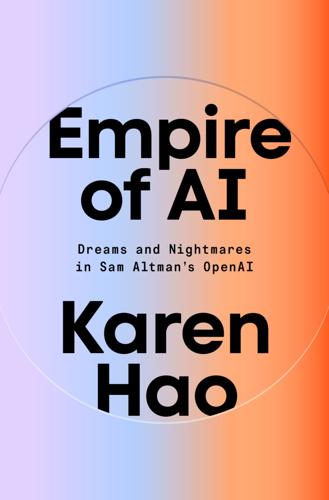
Empire of AI: Dreams and Nightmares in Sam Altman's OpenAI
by Karen Hao · 19 May 2025 · 660pp · 179,531 words
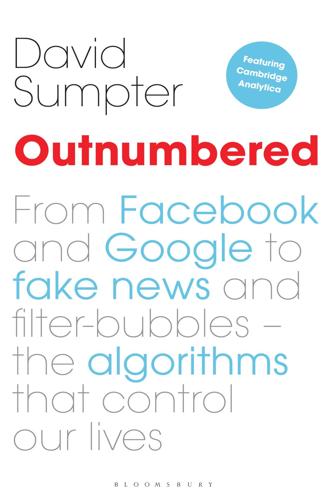
Outnumbered: From Facebook and Google to Fake News and Filter-Bubbles – the Algorithms That Control Our Lives
by David Sumpter · 18 Jun 2018 · 276pp · 81,153 words
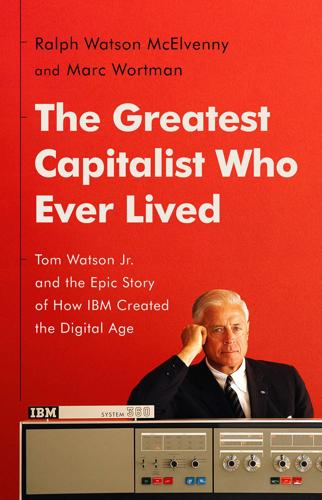
The Greatest Capitalist Who Ever Lived: Tom Watson Jr. And the Epic Story of How IBM Created the Digital Age
by Ralph Watson McElvenny and Marc Wortman · 14 Oct 2023 · 567pp · 171,072 words
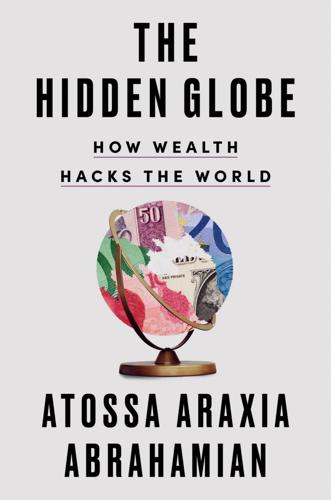
The Hidden Globe: How Wealth Hacks the World
by Atossa Araxia Abrahamian · 7 Oct 2024 · 336pp · 104,899 words
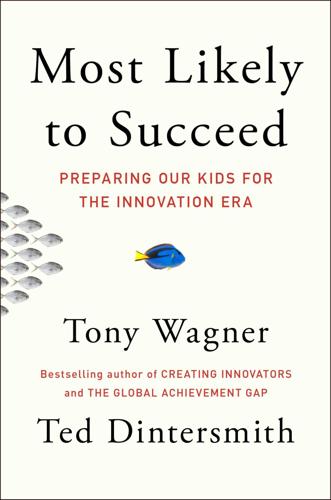
Most Likely to Succeed: Preparing Our Kids for the Innovation Era
by Tony Wagner and Ted Dintersmith · 17 Aug 2015 · 353pp · 91,520 words

Warnings
by Richard A. Clarke · 10 Apr 2017 · 428pp · 121,717 words
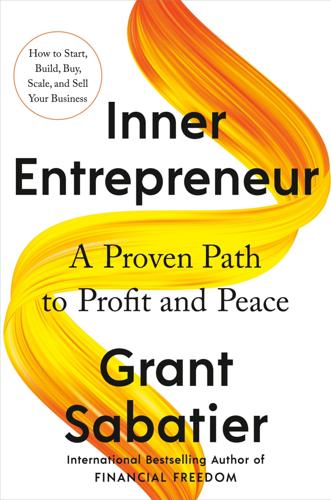
Inner Entrepreneur: A Proven Path to Profit and Peace
by Grant Sabatier · 10 Mar 2025 · 442pp · 126,902 words
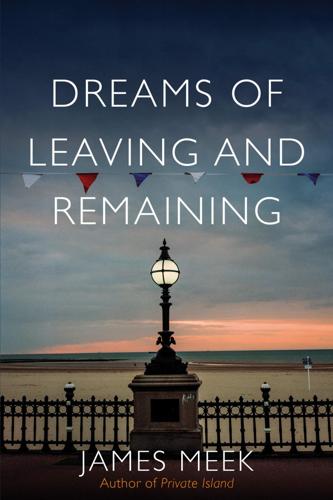
Dreams of Leaving and Remaining
by James Meek · 5 Mar 2019 · 232pp · 76,830 words
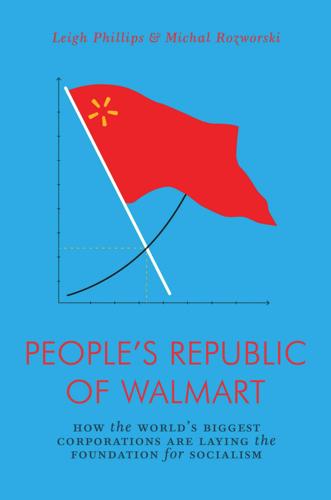
The People's Republic of Walmart: How the World's Biggest Corporations Are Laying the Foundation for Socialism
by Leigh Phillips and Michal Rozworski · 5 Mar 2019 · 202pp · 62,901 words
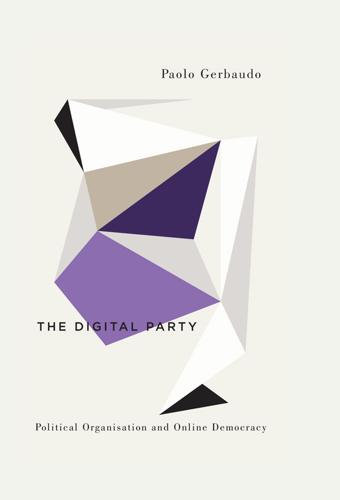
The Digital Party: Political Organisation and Online Democracy
by Paolo Gerbaudo · 19 Jul 2018 · 302pp · 84,881 words
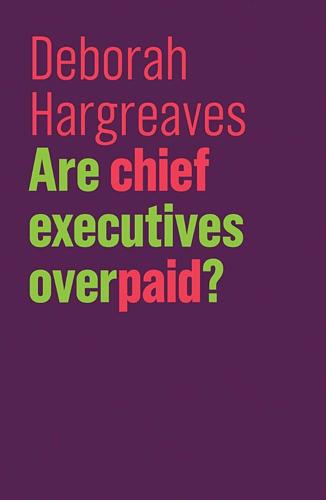
Are Chief Executives Overpaid?
by Deborah Hargreaves · 29 Nov 2018 · 98pp · 27,201 words
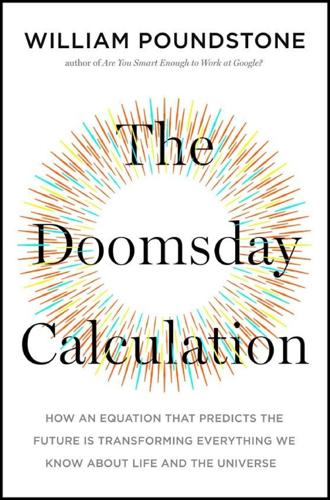
The Doomsday Calculation: How an Equation That Predicts the Future Is Transforming Everything We Know About Life and the Universe
by William Poundstone · 3 Jun 2019 · 283pp · 81,376 words
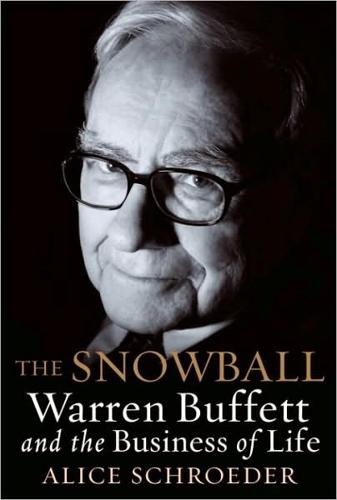
The Snowball: Warren Buffett and the Business of Life
by Alice Schroeder · 1 Sep 2008 · 1,336pp · 415,037 words
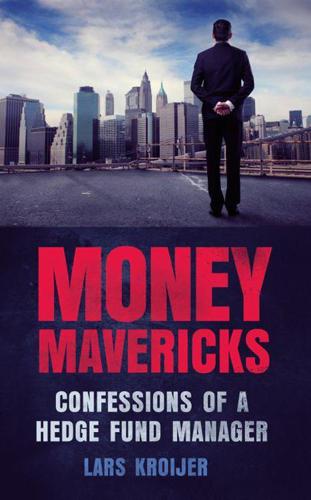
Money Mavericks: Confessions of a Hedge Fund Manager
by Lars Kroijer · 26 Jul 2010 · 244pp · 79,044 words
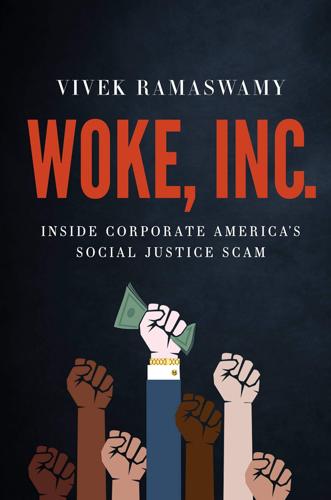
Woke, Inc: Inside Corporate America's Social Justice Scam
by Vivek Ramaswamy · 16 Aug 2021 · 344pp · 104,522 words
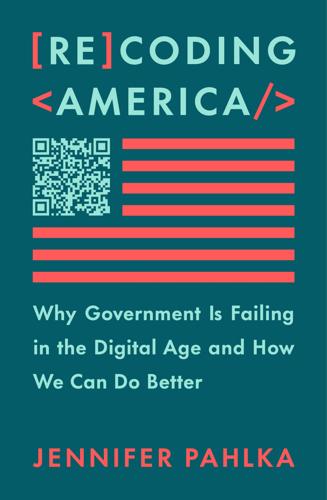
Recoding America: Why Government Is Failing in the Digital Age and How We Can Do Better
by Jennifer Pahlka · 12 Jun 2023 · 288pp · 96,204 words
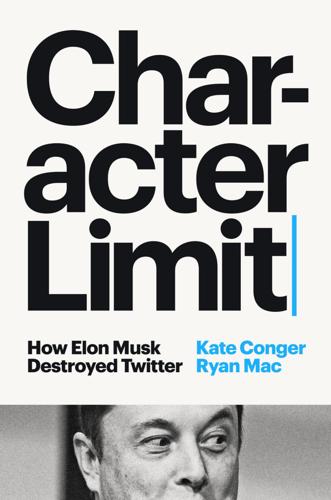
Character Limit: How Elon Musk Destroyed Twitter
by Kate Conger and Ryan Mac · 17 Sep 2024
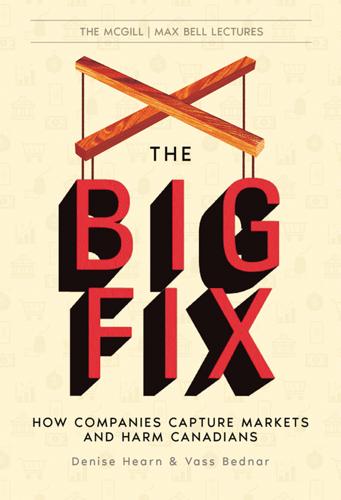
The Big Fix: How Companies Capture Markets and Harm Canadians
by Denise Hearn and Vass Bednar · 14 Oct 2024 · 175pp · 46,192 words
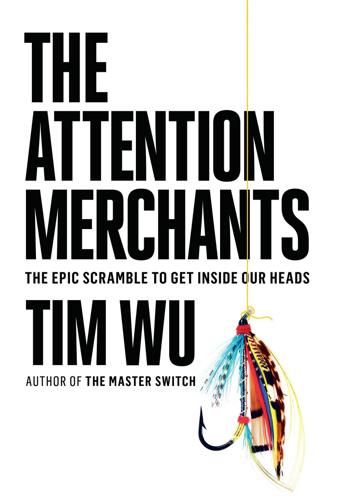
The Attention Merchants: The Epic Scramble to Get Inside Our Heads
by Tim Wu · 14 May 2016 · 515pp · 143,055 words
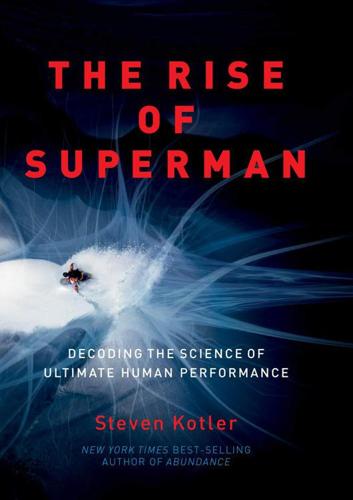
The Rise of Superman: Decoding the Science of Ultimate Human Performance
by Steven Kotler · 4 Mar 2014 · 330pp · 88,445 words
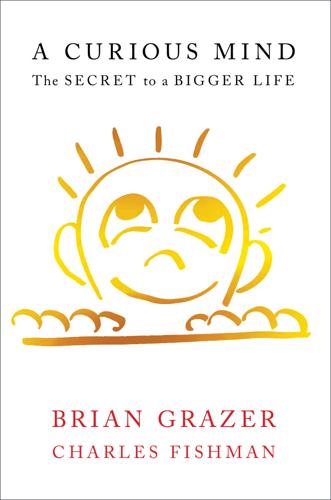
A Curious Mind: The Secret to a Bigger Life
by Brian Grazer and Charles Fishman · 6 Apr 2014 · 302pp · 74,878 words

Engineering Security
by Peter Gutmann
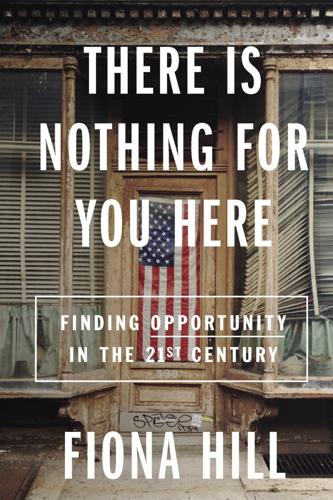
There Is Nothing for You Here: Finding Opportunity in the Twenty-First Century
by Fiona Hill · 4 Oct 2021 · 569pp · 165,510 words
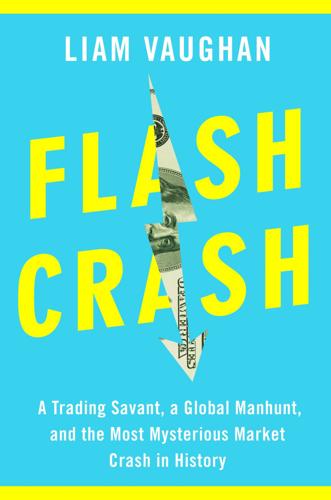
Flash Crash: A Trading Savant, a Global Manhunt, and the Most Mysterious Market Crash in History
by Liam Vaughan · 11 May 2020 · 268pp · 81,811 words
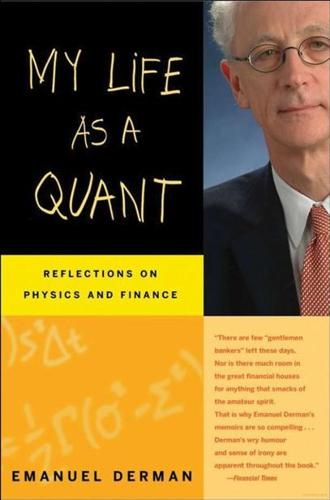
My Life as a Quant: Reflections on Physics and Finance
by Emanuel Derman · 1 Jan 2004 · 313pp · 101,403 words
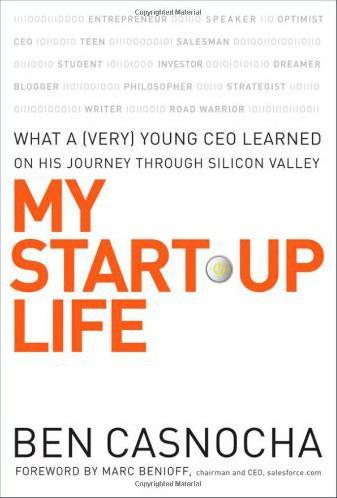
My Start-Up Life: What A
by Ben Casnocha and Marc Benioff · 7 May 2007 · 207pp · 63,071 words
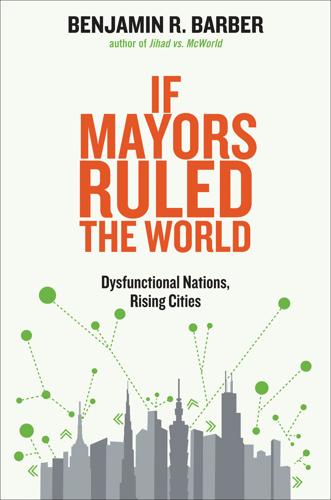
If Mayors Ruled the World: Dysfunctional Nations, Rising Cities
by Benjamin R. Barber · 5 Nov 2013 · 501pp · 145,943 words
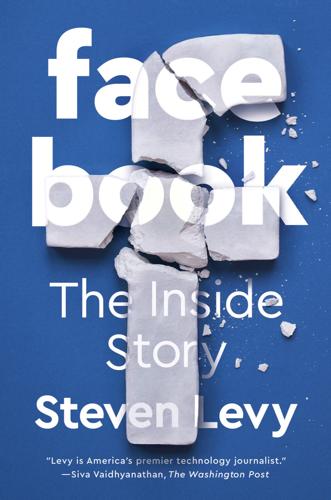
Facebook: The Inside Story
by Steven Levy · 25 Feb 2020 · 706pp · 202,591 words
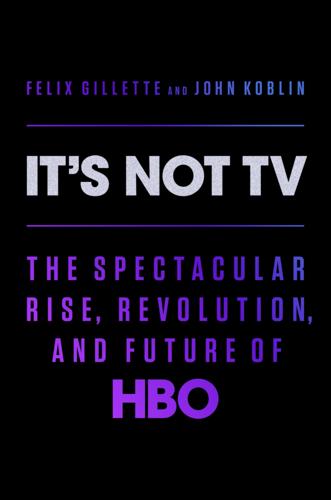
It's Not TV: The Spectacular Rise, Revolution, and Future of HBO
by Felix Gillette and John Koblin · 1 Nov 2022 · 575pp · 140,384 words
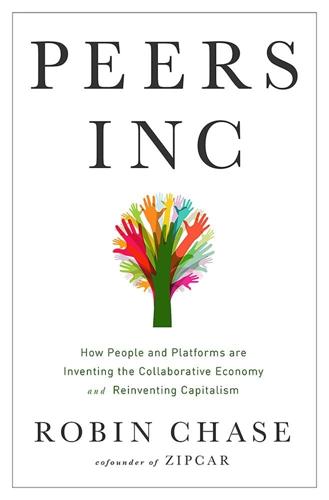
Peers Inc: How People and Platforms Are Inventing the Collaborative Economy and Reinventing Capitalism
by Robin Chase · 14 May 2015 · 330pp · 91,805 words
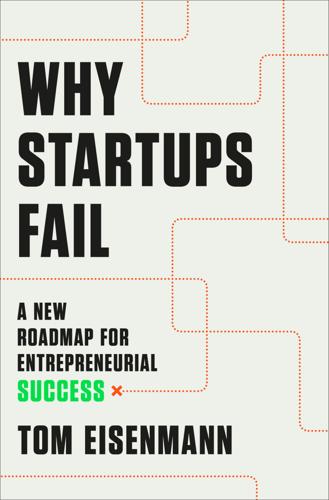
Why Startups Fail: A New Roadmap for Entrepreneurial Success
by Tom Eisenmann · 29 Mar 2021 · 387pp · 106,753 words
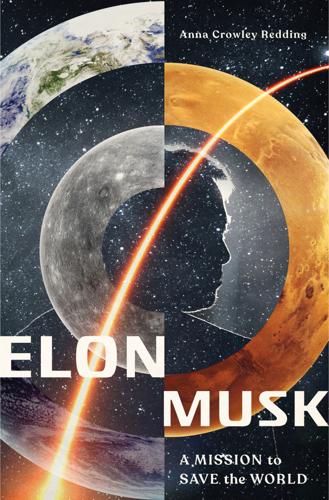
Elon Musk: A Mission to Save the World
by Anna Crowley Redding · 1 Jul 2019 · 190pp · 46,977 words
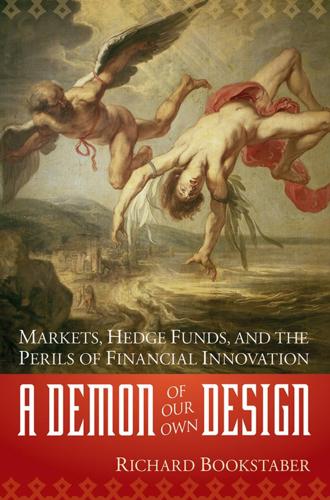
A Demon of Our Own Design: Markets, Hedge Funds, and the Perils of Financial Innovation
by Richard Bookstaber · 5 Apr 2007 · 289pp · 113,211 words
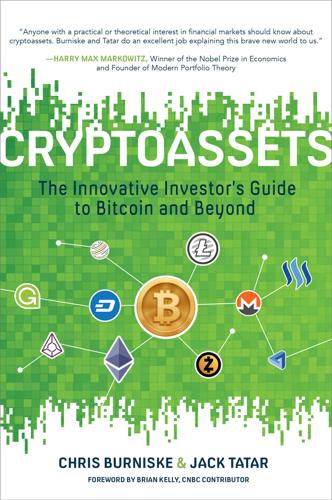
Cryptoassets: The Innovative Investor's Guide to Bitcoin and Beyond: The Innovative Investor's Guide to Bitcoin and Beyond
by Chris Burniske and Jack Tatar · 19 Oct 2017 · 416pp · 106,532 words
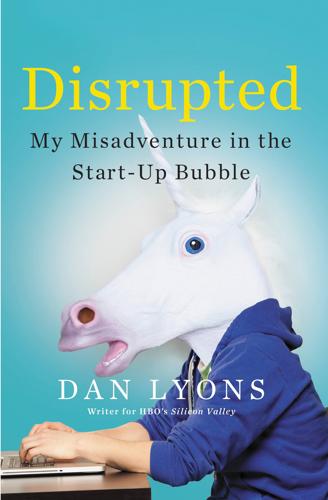
Disrupted: My Misadventure in the Start-Up Bubble
by Dan Lyons · 4 Apr 2016 · 284pp · 92,688 words
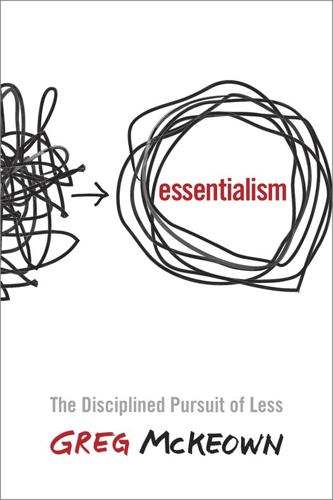
Essentialism: The Disciplined Pursuit of Less
by Greg McKeown · 14 Apr 2014 · 202pp · 62,199 words
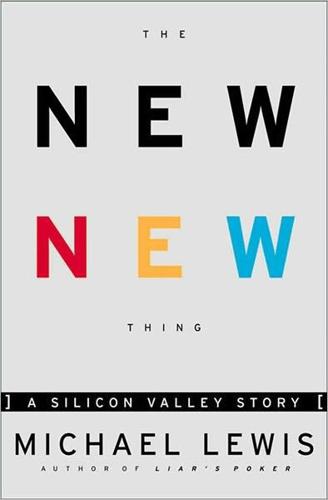
The New New Thing: A Silicon Valley Story
by Michael Lewis · 29 Sep 1999 · 146pp · 43,446 words
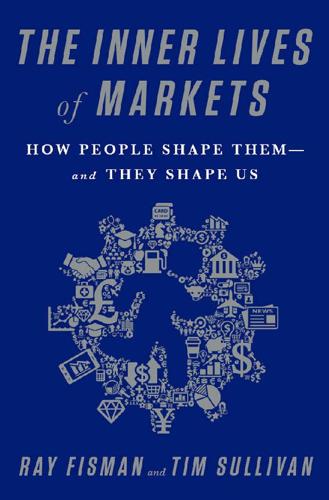
The Inner Lives of Markets: How People Shape Them—And They Shape Us
by Tim Sullivan · 6 Jun 2016 · 252pp · 73,131 words
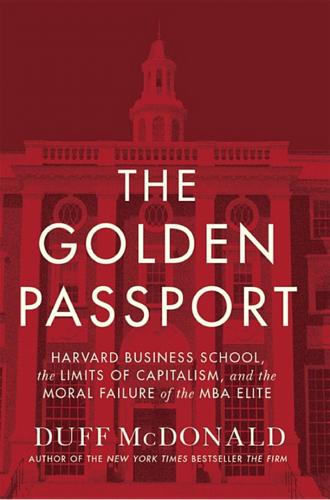
The Golden Passport: Harvard Business School, the Limits of Capitalism, and the Moral Failure of the MBA Elite
by Duff McDonald · 24 Apr 2017 · 827pp · 239,762 words
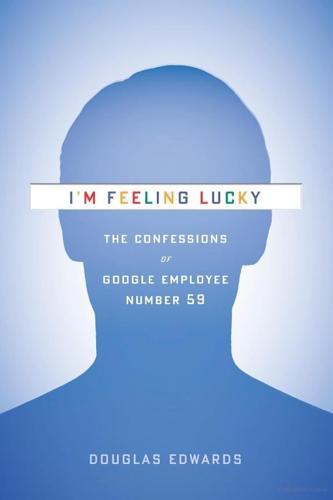
I'm Feeling Lucky: The Confessions of Google Employee Number 59
by Douglas Edwards · 11 Jul 2011 · 496pp · 154,363 words
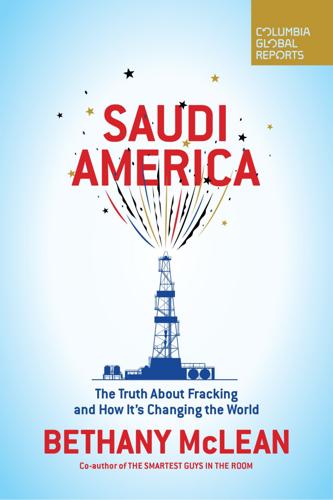
Saudi America: The Truth About Fracking and How It's Changing the World
by Bethany McLean · 10 Sep 2018
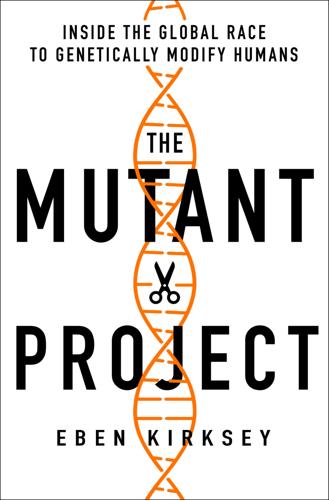
The Mutant Project: Inside the Global Race to Genetically Modify Humans
by Eben Kirksey · 10 Nov 2020 · 599pp · 98,564 words
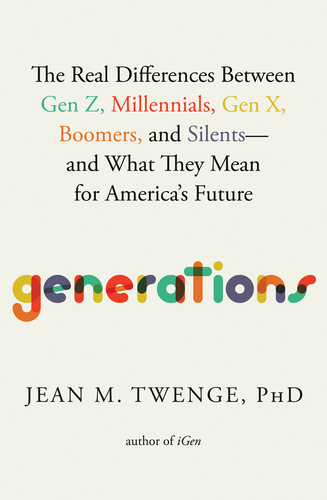
Generations: The Real Differences Between Gen Z, Millennials, Gen X, Boomers, and Silents—and What They Mean for America's Future
by Jean M. Twenge · 25 Apr 2023 · 541pp · 173,676 words

Boom: Bubbles and the End of Stagnation
by Byrne Hobart and Tobias Huber · 29 Oct 2024 · 292pp · 106,826 words
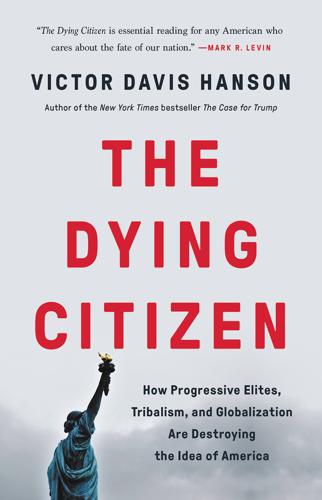
The Dying Citizen: How Progressive Elites, Tribalism, and Globalization Are Destroying the Idea of America
by Victor Davis Hanson · 15 Nov 2021 · 458pp · 132,912 words
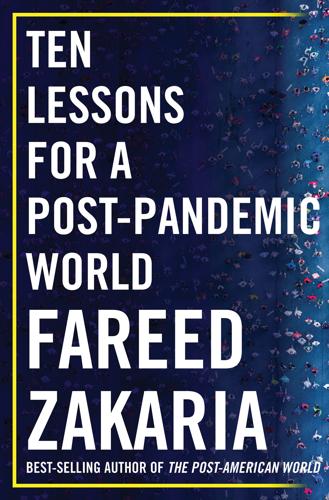
Ten Lessons for a Post-Pandemic World
by Fareed Zakaria · 5 Oct 2020 · 289pp · 86,165 words
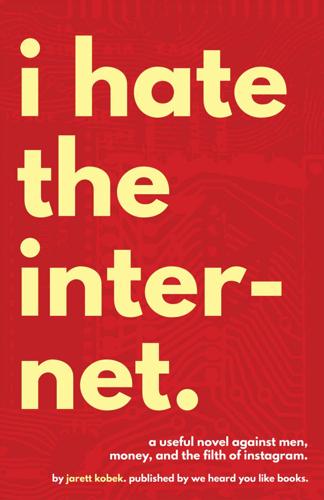
I Hate the Internet: A Novel
by Jarett Kobek · 3 Nov 2016 · 302pp · 74,350 words
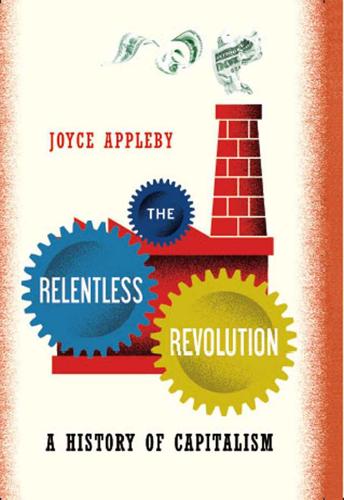
The Relentless Revolution: A History of Capitalism
by Joyce Appleby · 22 Dec 2009 · 540pp · 168,921 words
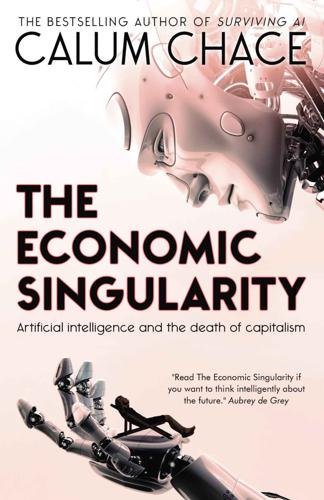
The Economic Singularity: Artificial Intelligence and the Death of Capitalism
by Calum Chace · 17 Jul 2016 · 477pp · 75,408 words
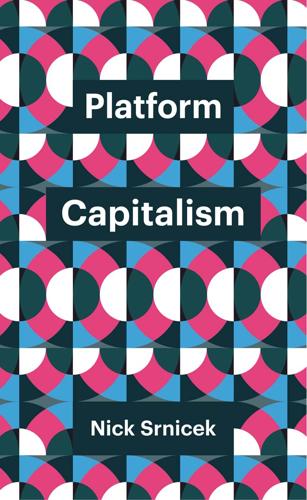
Platform Capitalism
by Nick Srnicek · 22 Dec 2016 · 116pp · 31,356 words
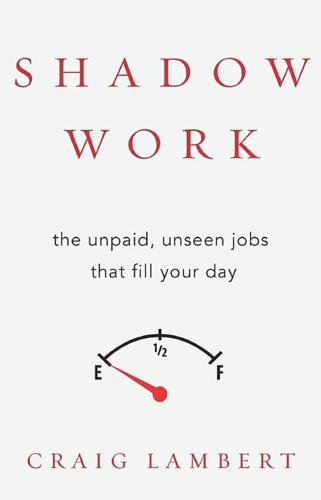
Shadow Work: The Unpaid, Unseen Jobs That Fill Your Day
by Craig Lambert · 30 Apr 2015 · 229pp · 72,431 words
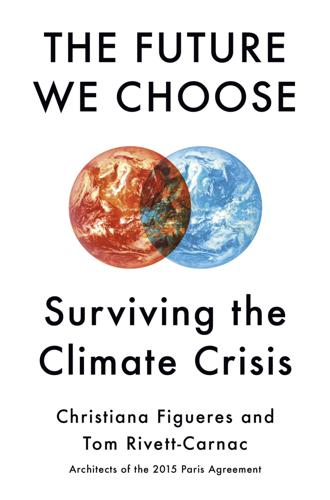
The Future We Choose: Surviving the Climate Crisis
by Christiana Figueres and Tom Rivett-Carnac · 25 Feb 2020 · 197pp · 49,296 words
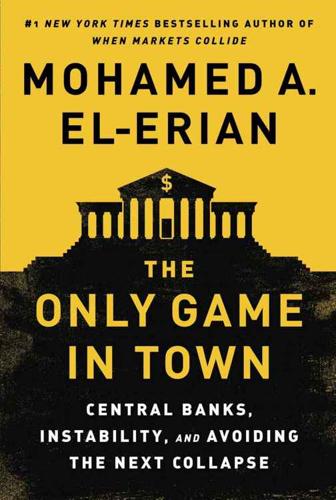
The Only Game in Town: Central Banks, Instability, and Avoiding the Next Collapse
by Mohamed A. El-Erian · 26 Jan 2016 · 318pp · 77,223 words
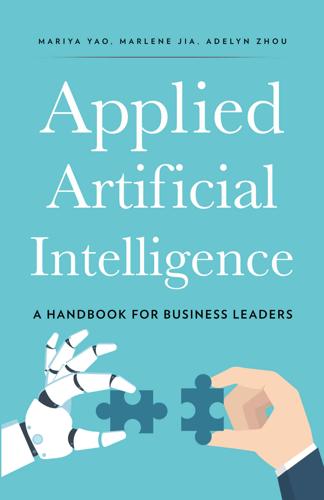
Applied Artificial Intelligence: A Handbook for Business Leaders
by Mariya Yao, Adelyn Zhou and Marlene Jia · 1 Jun 2018 · 161pp · 39,526 words
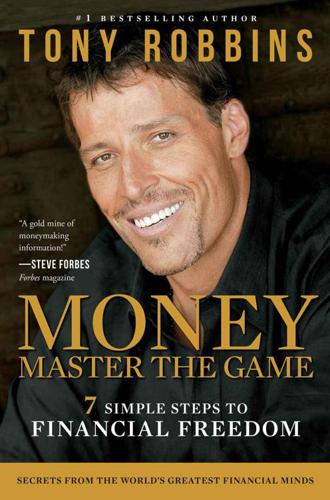
MONEY Master the Game: 7 Simple Steps to Financial Freedom
by Tony Robbins · 18 Nov 2014 · 825pp · 228,141 words
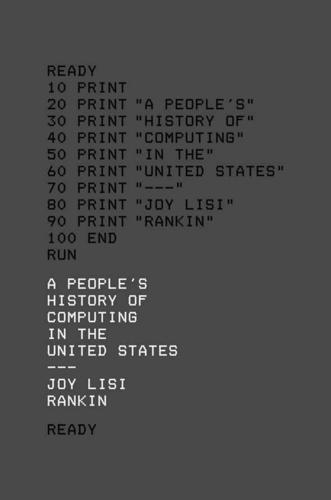
A People’s History of Computing in the United States
by Joy Lisi Rankin
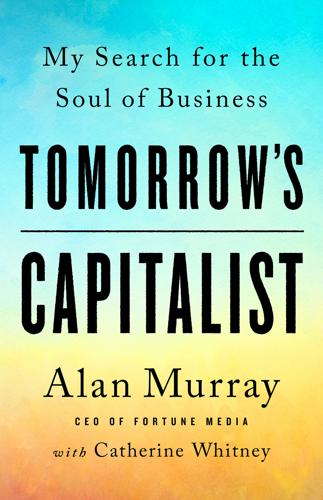
Tomorrow's Capitalist: My Search for the Soul of Business
by Alan Murray · 15 Dec 2022 · 263pp · 77,786 words
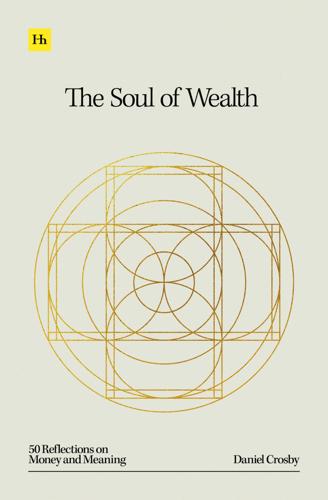
The Soul of Wealth
by Daniel Crosby · 19 Sep 2024 · 229pp · 73,085 words
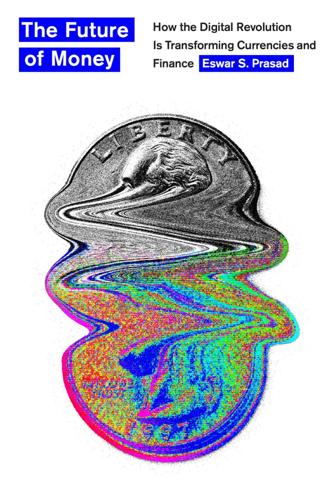
The Future of Money: How the Digital Revolution Is Transforming Currencies and Finance
by Eswar S. Prasad · 27 Sep 2021 · 661pp · 185,701 words
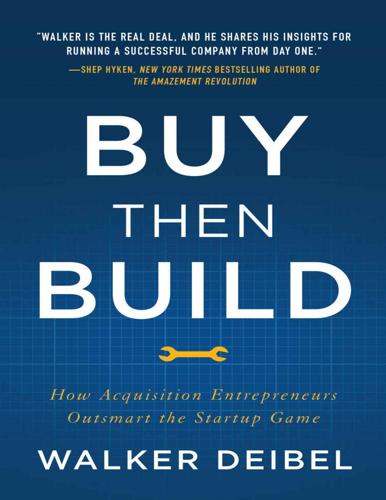
Buy Then Build: How Acquisition Entrepreneurs Outsmart the Startup Game
by Walker Deibel · 19 Oct 2018
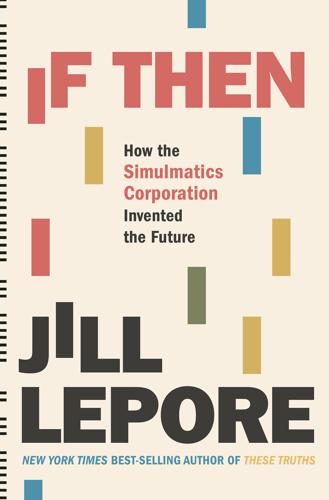
If Then: How Simulmatics Corporation Invented the Future
by Jill Lepore · 14 Sep 2020 · 467pp · 149,632 words
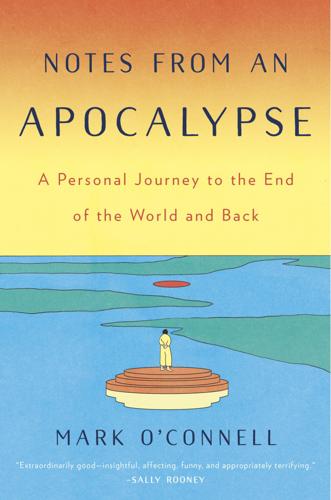
Notes From an Apocalypse: A Personal Journey to the End of the World and Back
by Mark O'Connell · 13 Apr 2020 · 213pp · 70,742 words
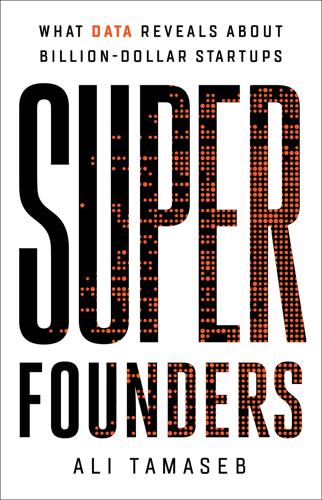
Super Founders: What Data Reveals About Billion-Dollar Startups
by Ali Tamaseb · 14 Sep 2021 · 251pp · 80,831 words
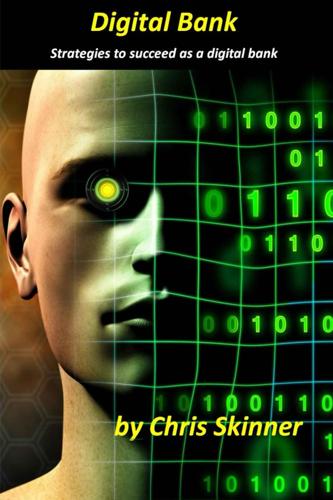
Digital Bank: Strategies for Launching or Becoming a Digital Bank
by Chris Skinner · 27 Aug 2013 · 329pp · 95,309 words
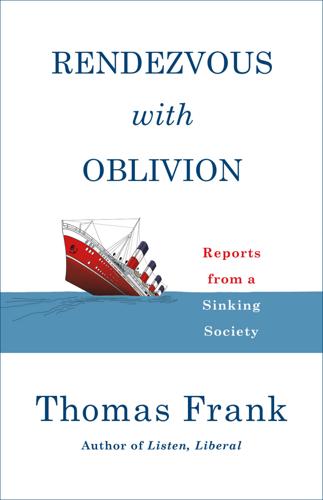
Rendezvous With Oblivion: Reports From a Sinking Society
by Thomas Frank · 18 Jun 2018 · 182pp · 55,234 words
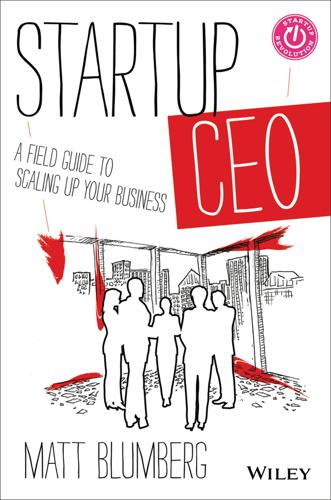
Startup CEO: A Field Guide to Scaling Up Your Business, + Website
by Matt Blumberg · 13 Aug 2013 · 561pp · 114,843 words

Starbucked: A Double Tall Tale of Caffeine, Commerce, and Culture
by Taylor Clark · 5 Nov 2007 · 304pp · 96,930 words
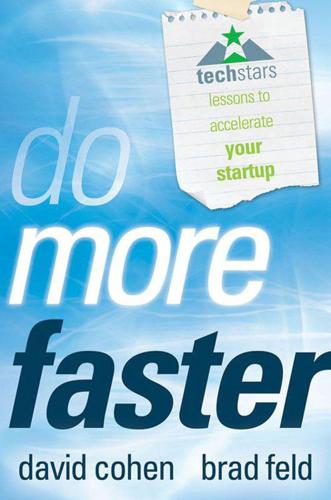
Do More Faster: TechStars Lessons to Accelerate Your Startup
by Brad Feld and David Cohen · 18 Oct 2010 · 326pp · 74,433 words
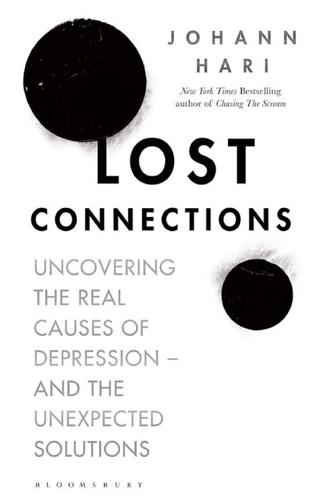
Lost Connections: Uncovering the Real Causes of Depression – and the Unexpected Solutions
by Johann Hari · 1 Jan 2018 · 428pp · 126,013 words
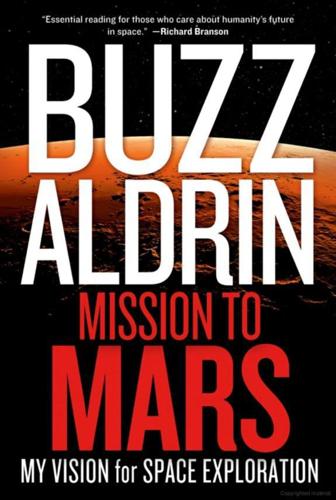
Mission to Mars: My Vision for Space Exploration
by Buzz Aldrin and Leonard David · 1 Apr 2013 · 183pp · 51,514 words
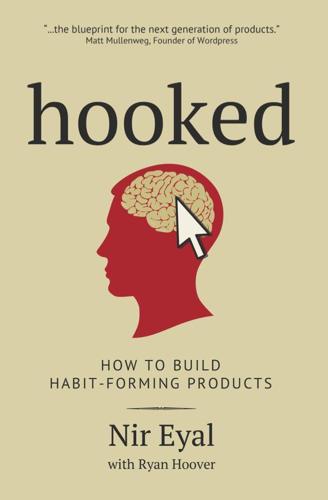
Hooked: How to Build Habit-Forming Products
by Nir Eyal · 26 Dec 2013 · 199pp · 43,653 words
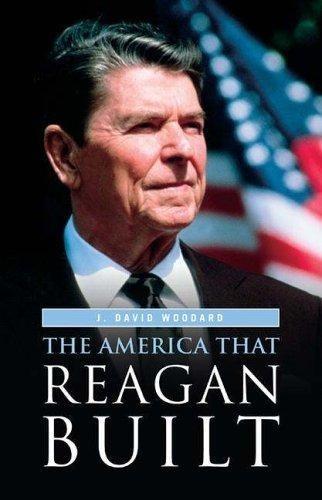
The America That Reagan Built
by J. David Woodard · 15 Mar 2006

Having and Being Had
by Eula Biss · 15 Jan 2020 · 199pp · 61,648 words

Happy Inside: How to Harness the Power of Home for Health and Happiness
by Michelle Ogundehin · 29 Apr 2020 · 245pp · 78,125 words
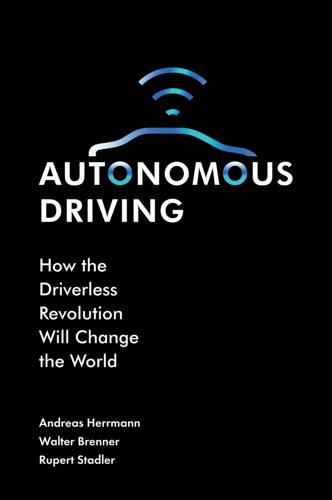
Autonomous Driving: How the Driverless Revolution Will Change the World
by Andreas Herrmann, Walter Brenner and Rupert Stadler · 25 Mar 2018
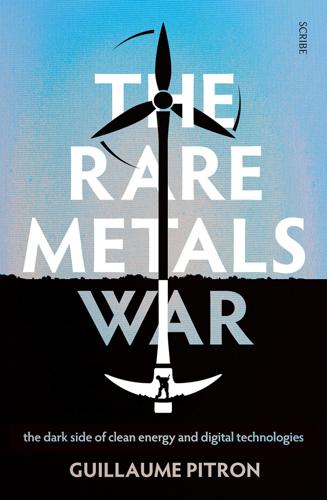
The Rare Metals War
by Guillaume Pitron · 15 Feb 2020 · 249pp · 66,492 words

Irreversible Damage: The Transgender Craze Seducing Our Daughters
by Abigail Shrier · 28 Jun 2020 · 345pp · 87,534 words
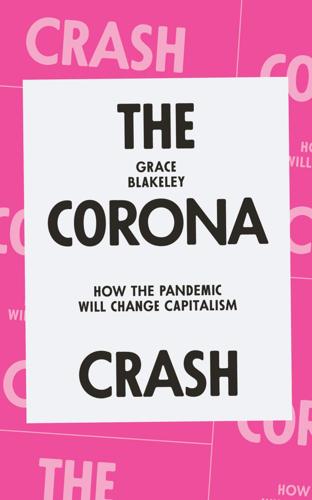
The Corona Crash: How the Pandemic Will Change Capitalism
by Grace Blakeley · 14 Oct 2020 · 82pp · 24,150 words
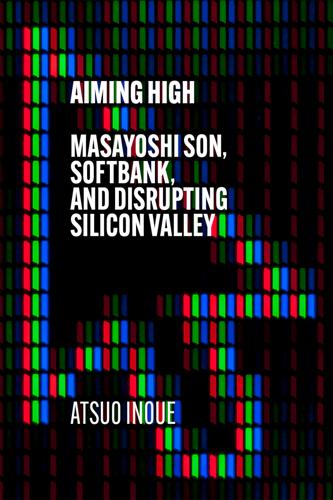
Aiming High: Masayoshi Son, SoftBank, and Disrupting Silicon Valley
by Atsuo Inoue · 18 Nov 2021 · 295pp · 89,441 words
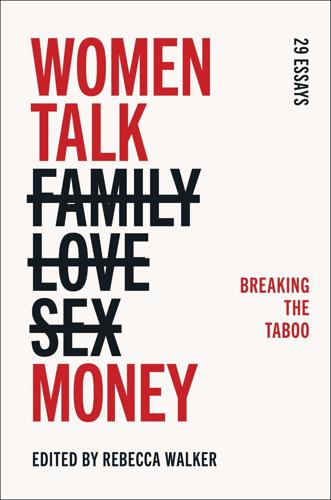
Women Talk Money: Breaking the Taboo
by Rebecca Walker · 15 Mar 2022 · 322pp · 106,663 words
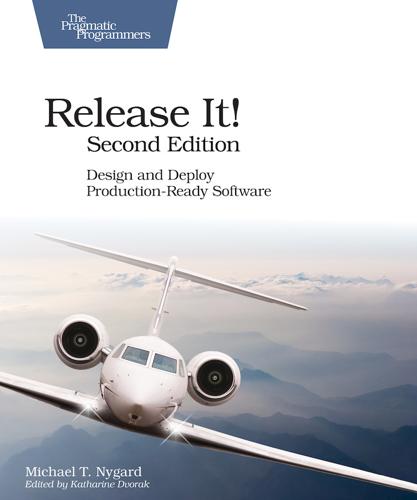
The Nature of Software Development: Keep It Simple, Make It Valuable, Build It Piece by Piece
by Ron Jeffries · 14 Aug 2015 · 444pp · 118,393 words
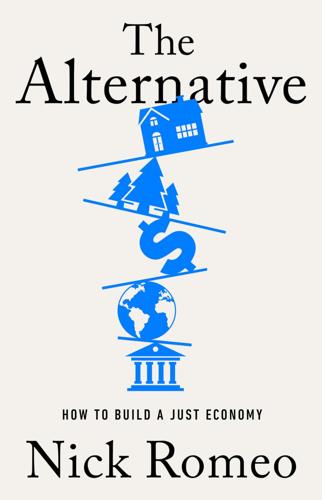
The Alternative: How to Build a Just Economy
by Nick Romeo · 15 Jan 2024 · 343pp · 103,376 words
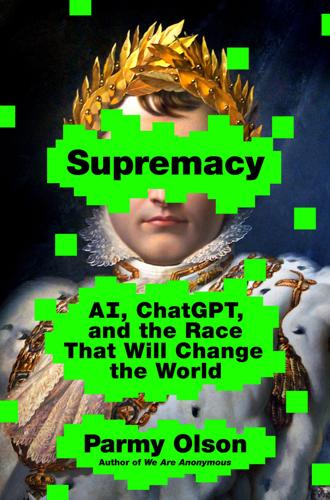
Supremacy: AI, ChatGPT, and the Race That Will Change the World
by Parmy Olson · 284pp · 96,087 words
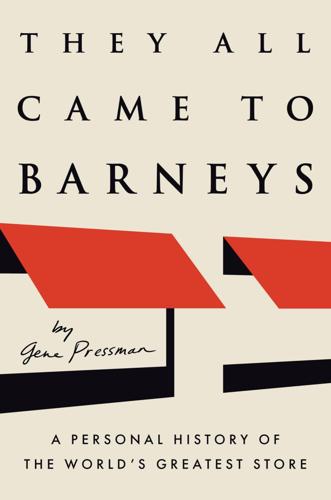
They All Came to Barneys: A Personal History of the World's Greatest Store
by Gene Pressman · 2 Sep 2025 · 313pp · 107,586 words

A Primer on Utopian Philosophy: An Introduction to the Work of Ernst Bloch
by Jonathan Greenaway · 29 Mar 2024 · 49pp · 14,870 words
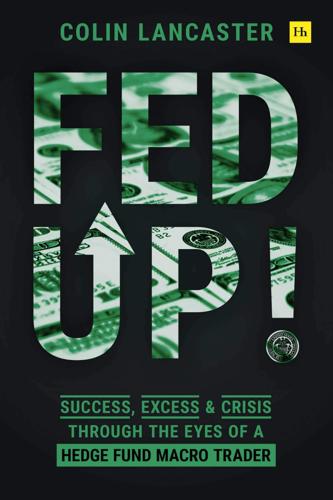
Fed Up!: Success, Excess and Crisis Through the Eyes of a Hedge Fund Macro Trader
by Colin Lancaster · 3 May 2021 · 245pp · 75,397 words
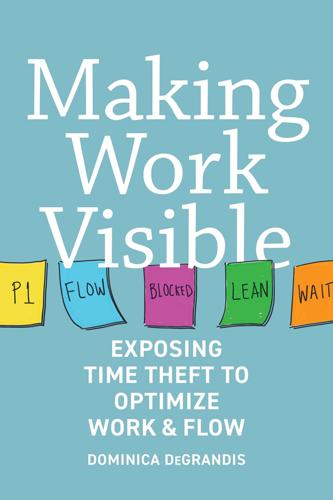
Making Work Visible: Exposing Time Theft to Optimize Workflow
by Dominica Degrandis and Tonianne Demaria · 14 May 2017 · 153pp · 45,721 words
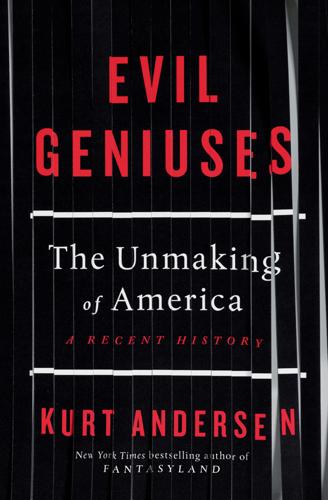
Evil Geniuses: The Unmaking of America: A Recent History
by Kurt Andersen · 14 Sep 2020 · 486pp · 150,849 words
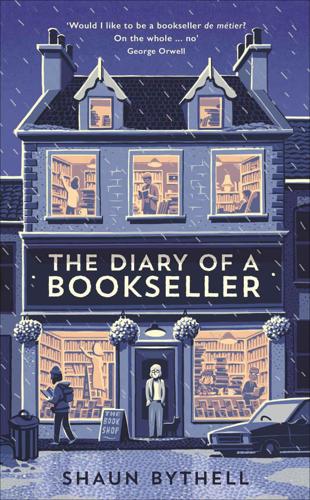
The Diary of a Bookseller
by Shaun Bythell · 27 Sep 2017 · 310pp · 88,827 words
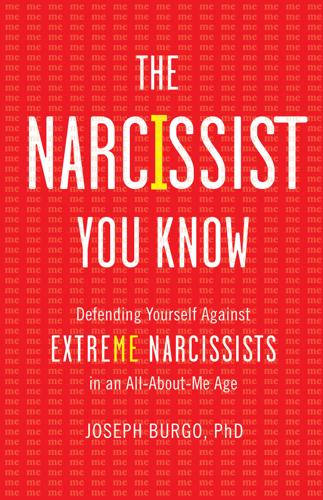
The Narcissist You Know
by Joseph Burgo · 239pp · 73,178 words
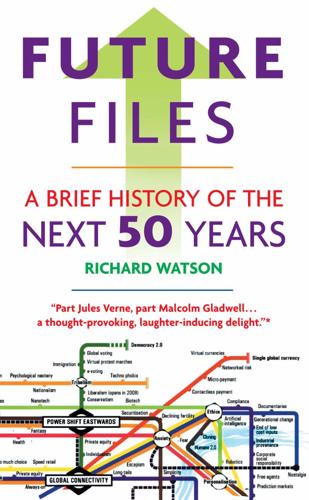
Future Files: A Brief History of the Next 50 Years
by Richard Watson · 1 Jan 2008
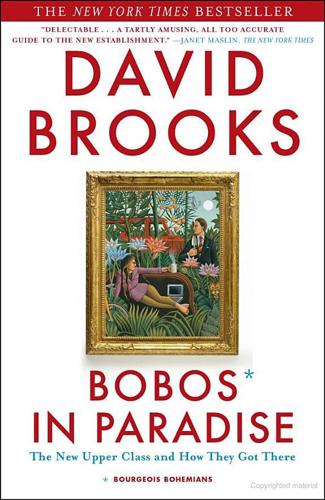
Bobos in Paradise: The New Upper Class and How They Got There
by David Brooks · 1 Jan 2000 · 142pp · 18,753 words
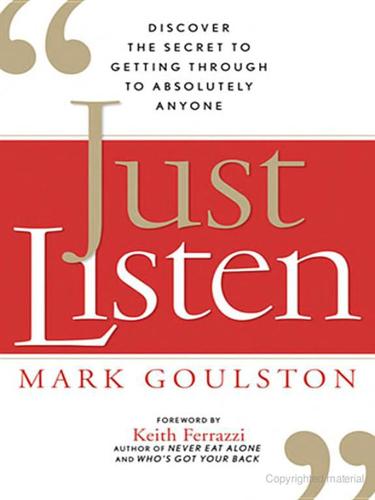
Just Listen: Discover the Secret to Getting Through to Absolutely Anyone
by Mark Goulston M. D. and Keith Ferrazzi · 31 Aug 2009
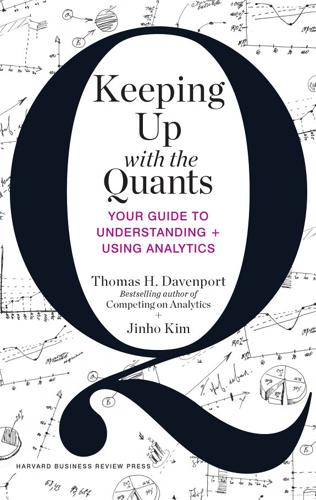
Keeping Up With the Quants: Your Guide to Understanding and Using Analytics
by Thomas H. Davenport and Jinho Kim · 10 Jun 2013 · 204pp · 58,565 words
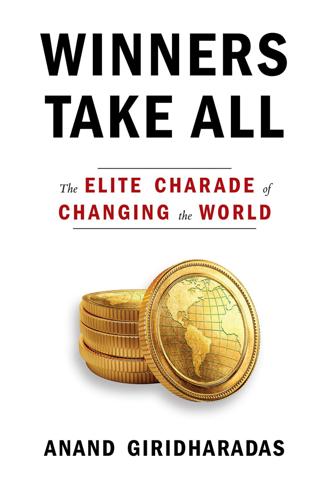
Winners Take All: The Elite Charade of Changing the World
by Anand Giridharadas · 27 Aug 2018 · 296pp · 98,018 words
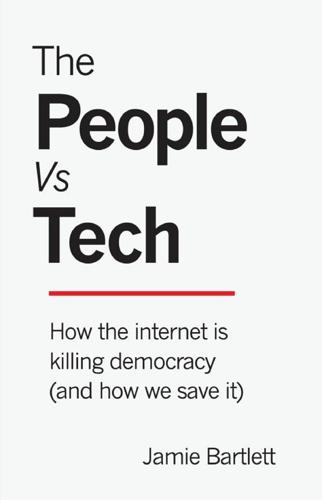
The People vs Tech: How the Internet Is Killing Democracy (And How We Save It)
by Jamie Bartlett · 4 Apr 2018 · 170pp · 49,193 words
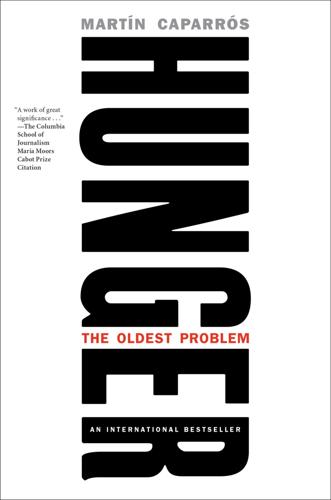
Hunger: The Oldest Problem
by Martin Caparros · 14 Jan 2020 · 684pp · 212,486 words
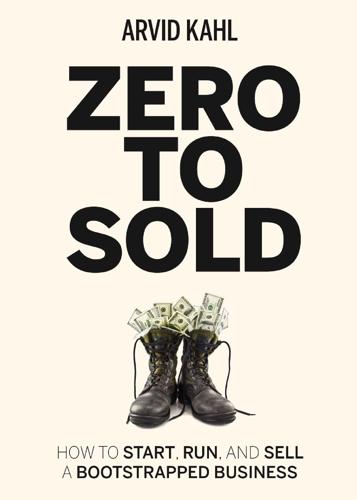
Zero to Sold: How to Start, Run, and Sell a Bootstrapped Business
by Arvid Kahl · 24 Jun 2020 · 461pp · 106,027 words
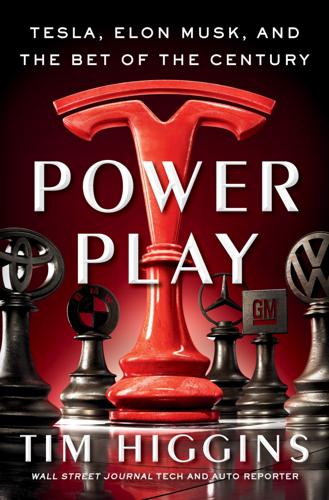
Power Play: Tesla, Elon Musk, and the Bet of the Century
by Tim Higgins · 2 Aug 2021 · 430pp · 135,418 words
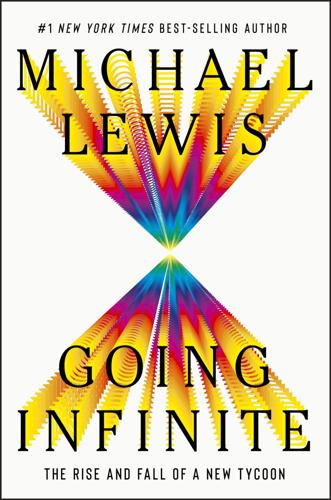
Going Infinite: The Rise and Fall of a New Tycoon
by Michael Lewis · 2 Oct 2023 · 263pp · 92,618 words
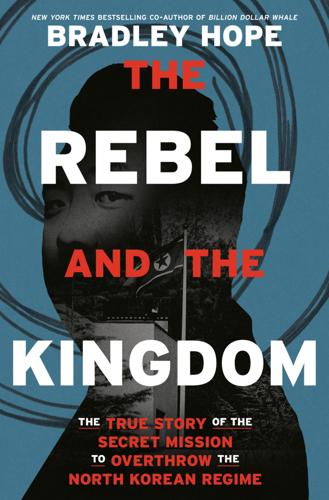
The Rebel and the Kingdom: The True Story of the Secret Mission to Overthrow the North Korean Regime
by Bradley Hope · 1 Nov 2022 · 257pp · 77,612 words
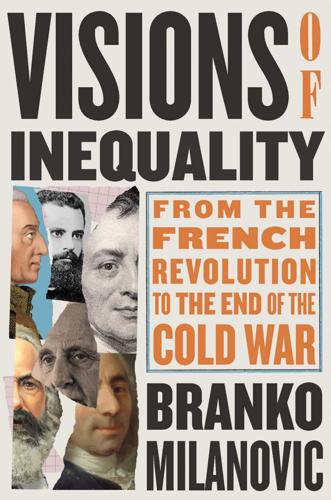
Visions of Inequality: From the French Revolution to the End of the Cold War
by Branko Milanovic · 9 Oct 2023
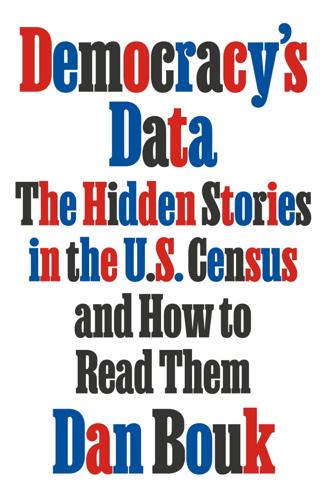
Democracy's Data: The Hidden Stories in the U.S. Census and How to Read Them
by Dan Bouk · 22 Aug 2022 · 424pp · 123,180 words

Longshot
by David Heath · 18 Jan 2022
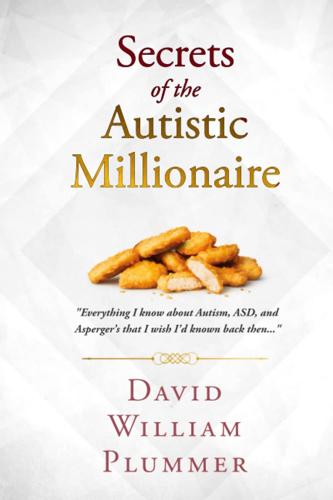
Secrets of the Autistic Millionaire: Everything I Know Now About Autism and Asperger's That I Wish I'd Known Then
by David William Plummer · 14 Sep 2021
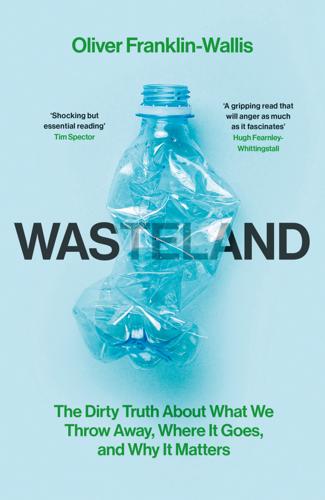
Wasteland: The Dirty Truth About What We Throw Away, Where It Goes, and Why It Matters
by Oliver Franklin-Wallis · 21 Jun 2023 · 309pp · 121,279 words
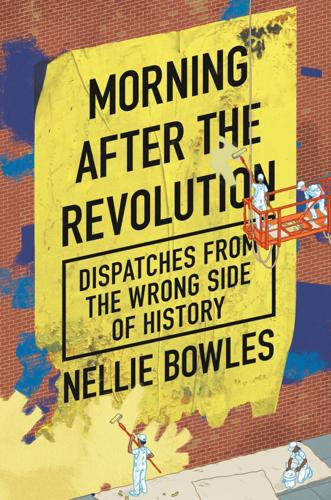
Morning After the Revolution: Dispatches From the Wrong Side of History
by Nellie Bowles · 13 May 2024 · 207pp · 62,397 words
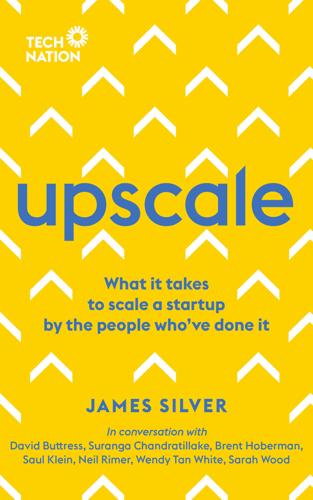
Upscale: What It Takes to Scale a Startup. By the People Who've Done It.
by James Silver · 15 Nov 2018 · 291pp · 90,771 words
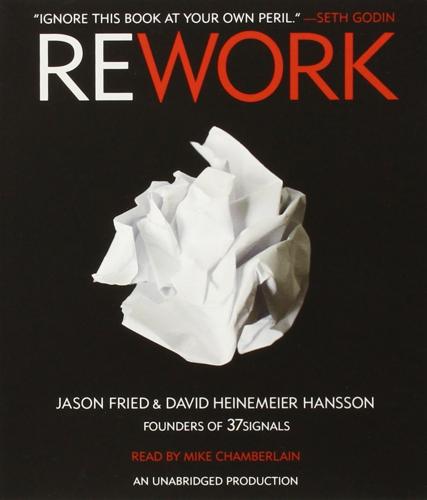
Rework
by Jason Fried and David Heinemeier Hansson · 9 Mar 2010 · 102pp · 27,769 words
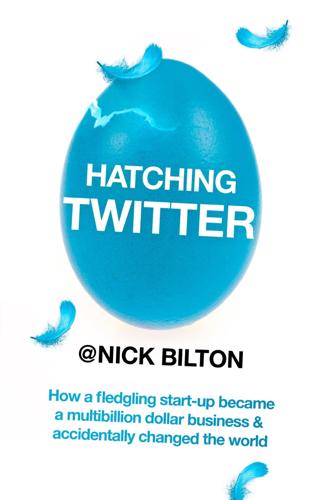
Hatching Twitter
by Nick Bilton · 5 Nov 2013 · 304pp · 93,494 words
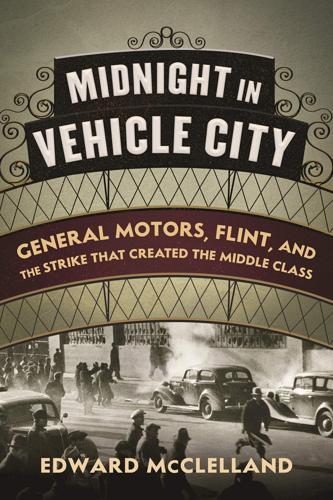
Midnight in Vehicle City: General Motors, Flint, and the Strike That Created the Middle Class
by Edward McClelland · 2 Feb 2021 · 264pp · 74,785 words
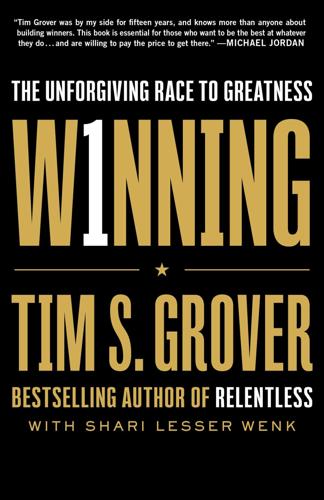
Winning: The Unforgiving Race to Greatness
by Tim S. Grover and Shari Wenk · 17 May 2021 · 192pp · 59,234 words
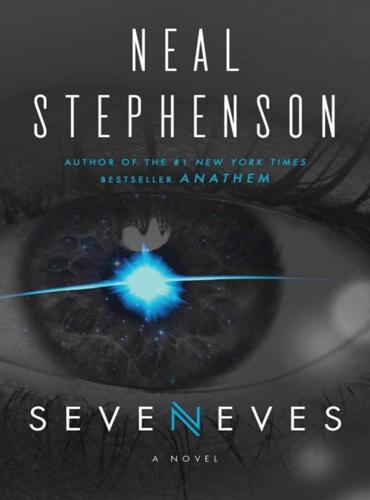
Seveneves
by Neal Stephenson · 19 May 2015 · 945pp · 292,893 words
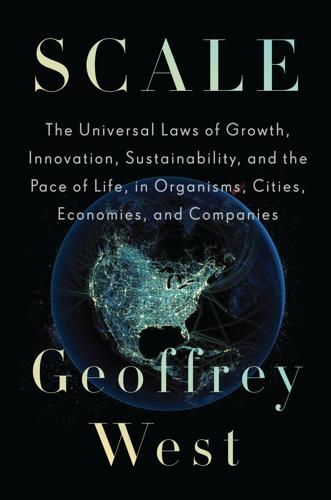
Scale: The Universal Laws of Growth, Innovation, Sustainability, and the Pace of Life in Organisms, Cities, Economies, and Companies
by Geoffrey West · 15 May 2017 · 578pp · 168,350 words
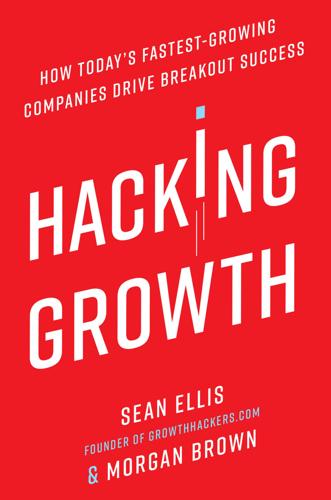
Hacking Growth: How Today's Fastest-Growing Companies Drive Breakout Success
by Sean Ellis and Morgan Brown · 24 Apr 2017 · 344pp · 96,020 words
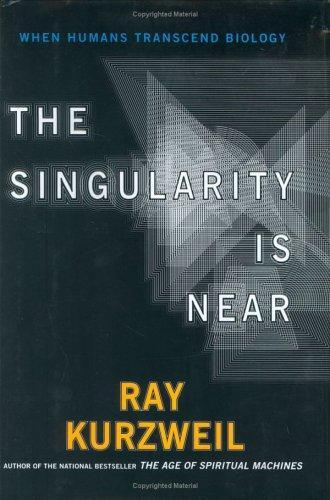
The Singularity Is Near: When Humans Transcend Biology
by Ray Kurzweil · 14 Jul 2005 · 761pp · 231,902 words
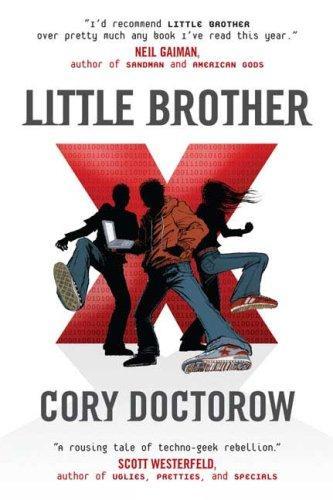
Little Brother
by Cory Doctorow · 29 Apr 2008 · 398pp · 120,801 words

Content: Selected Essays on Technology, Creativity, Copyright, and the Future of the Future
by Cory Doctorow · 15 Sep 2008 · 189pp · 57,632 words
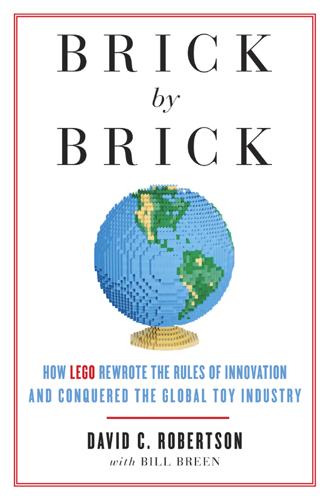
Brick by Brick: How LEGO Rewrote the Rules of Innovation and Conquered the Global Toy Industry
by David Robertson and Bill Breen · 24 Jun 2013 · 282pp · 88,320 words
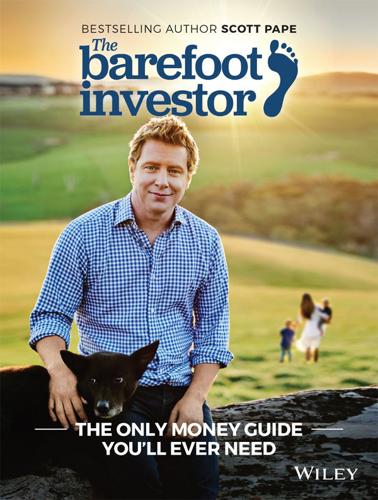
The Barefoot Investor: The Only Money Guide You'll Ever Need
by Scott Pape · 22 Nov 2016 · 229pp · 64,697 words

Nomadland: Surviving America in the Twenty-First Century
by Jessica Bruder · 18 Sep 2017 · 273pp · 85,195 words
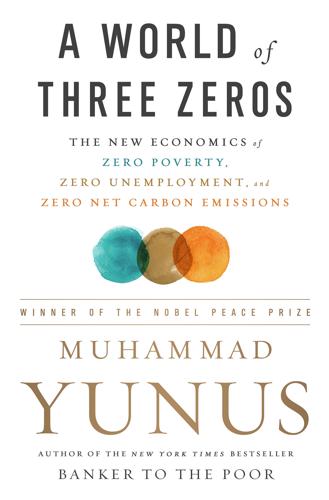
A World of Three Zeros: The New Economics of Zero Poverty, Zero Unemployment, and Zero Carbon Emissions
by Muhammad Yunus · 25 Sep 2017 · 278pp · 74,880 words
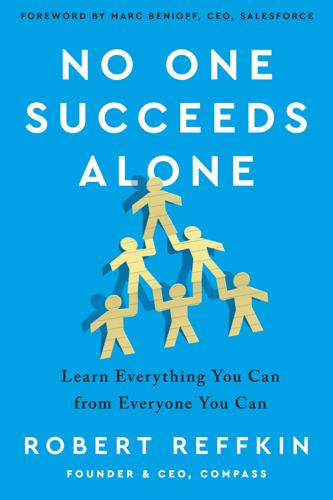
No One Succeeds Alone
by Robert Reffkin · 4 May 2021 · 210pp · 62,278 words
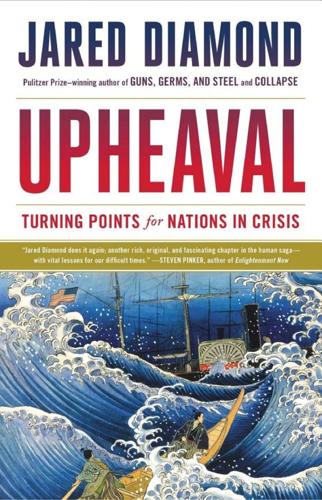
Upheaval: Turning Points for Nations in Crisis
by Jared Diamond · 6 May 2019 · 459pp · 144,009 words
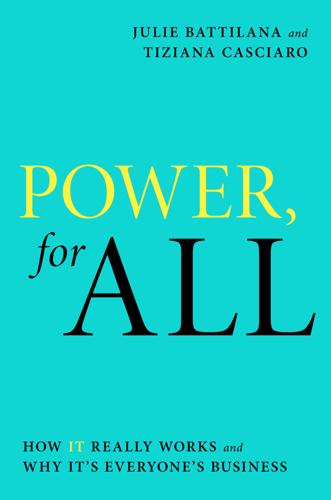
Power, for All: How It Really Works and Why It's Everyone's Business
by Julie Battilana and Tiziana Casciaro · 30 Aug 2021 · 345pp · 92,063 words
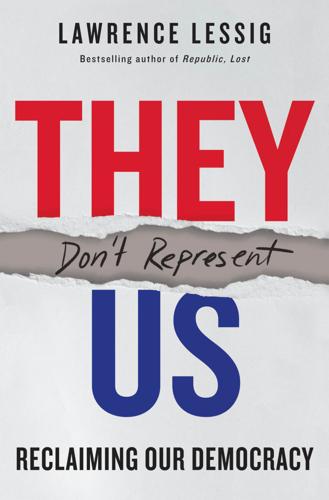
They Don't Represent Us: Reclaiming Our Democracy
by Lawrence Lessig · 5 Nov 2019 · 404pp · 115,108 words
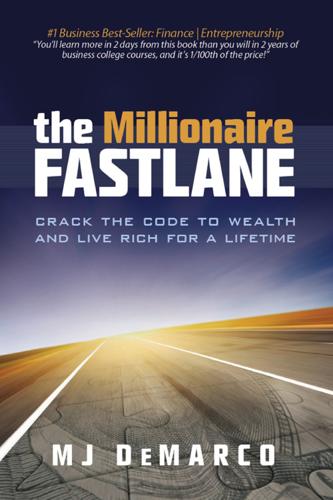
The Millionaire Fastlane: Crack the Code to Wealth and Live Rich for a Lifetime
by Mj Demarco · 8 Nov 2010 · 386pp · 116,233 words
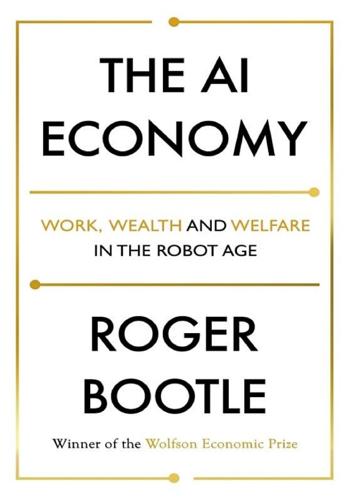
The AI Economy: Work, Wealth and Welfare in the Robot Age
by Roger Bootle · 4 Sep 2019 · 374pp · 111,284 words
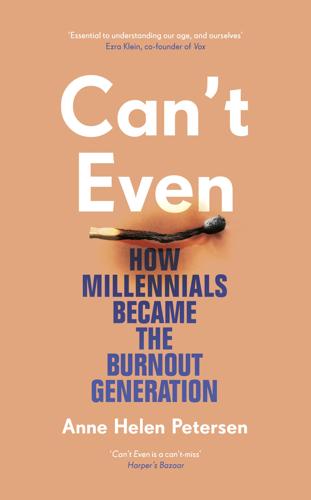
Can't Even: How Millennials Became the Burnout Generation
by Anne Helen Petersen · 14 Jan 2021 · 297pp · 88,890 words
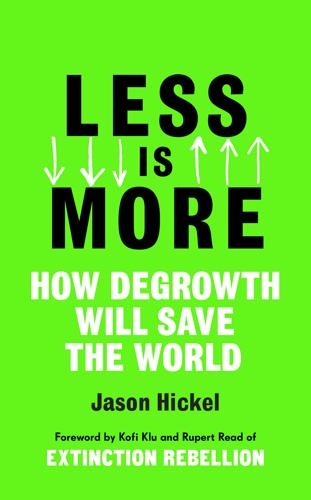
Less Is More: How Degrowth Will Save the World
by Jason Hickel · 12 Aug 2020 · 286pp · 87,168 words
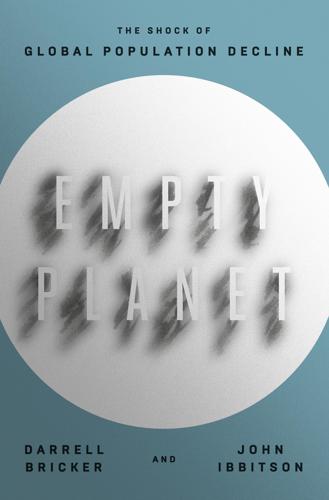
Empty Planet: The Shock of Global Population Decline
by Darrell Bricker and John Ibbitson · 5 Feb 2019 · 280pp · 83,299 words
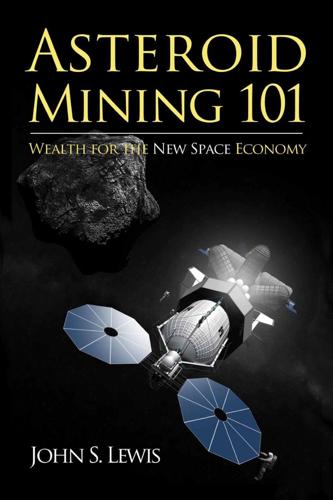
Asteroid Mining 101: Wealth for the New Space Economy
by John Lewis · 22 Jul 2014 · 183pp · 54,731 words
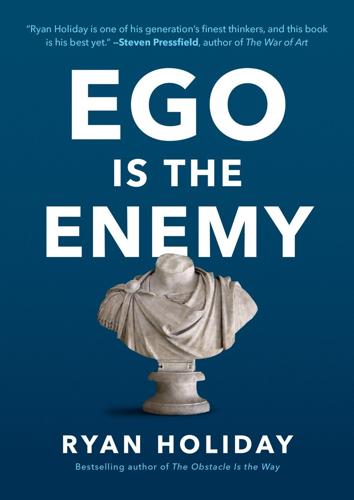
Ego Is the Enemy
by Ryan Holiday · 13 Jun 2016 · 177pp · 54,421 words
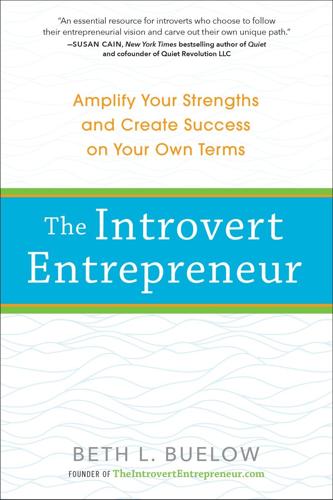
The Introvert Entrepreneur: Amplify Your Strengths and Create Success on Your Own Terms
by Beth Buelow · 3 Nov 2015 · 261pp · 71,349 words
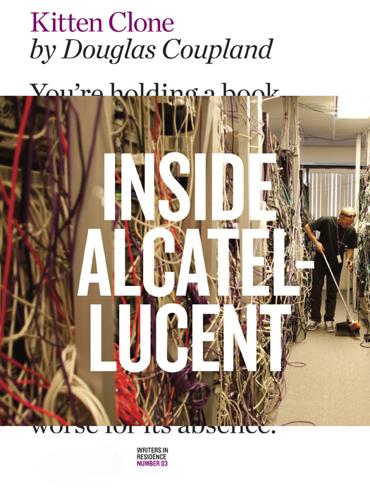
Kitten Clone: Inside Alcatel-Lucent
by Douglas Coupland · 29 Sep 2014 · 124pp · 36,360 words
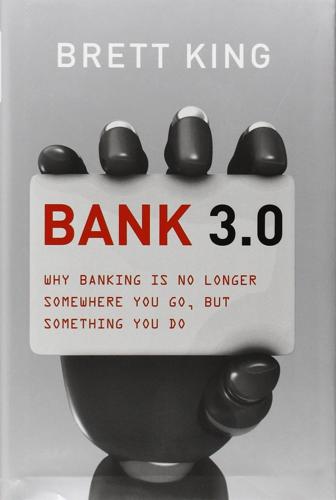
Bank 3.0: Why Banking Is No Longer Somewhere You Go but Something You Do
by Brett King · 26 Dec 2012 · 382pp · 120,064 words
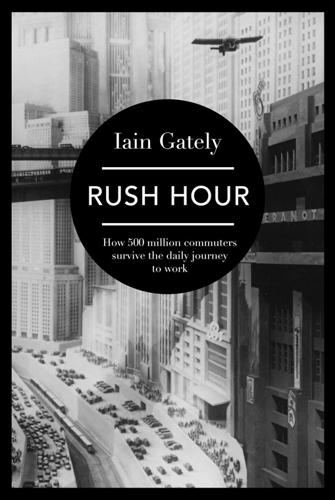
Rush Hour: How 500 Million Commuters Survive the Daily Journey to Work
by Iain Gately · 6 Nov 2014 · 352pp · 104,411 words
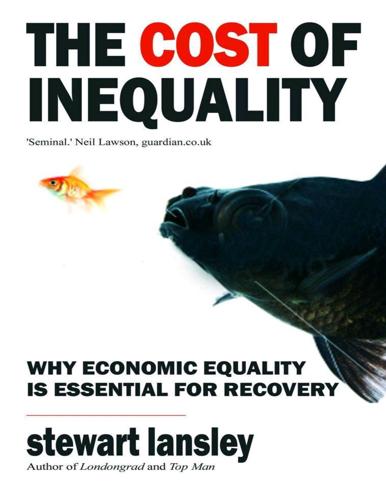
The Cost of Inequality: Why Economic Equality Is Essential for Recovery
by Stewart Lansley · 19 Jan 2012 · 223pp · 10,010 words
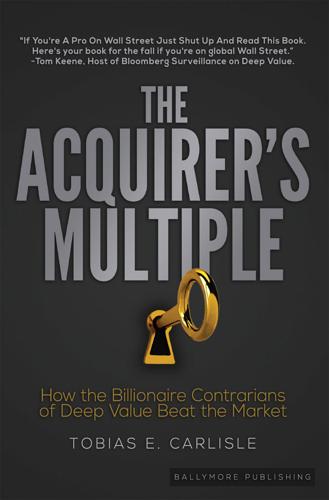
The Acquirer's Multiple: How the Billionaire Contrarians of Deep Value Beat the Market
by Tobias E. Carlisle · 13 Oct 2017 · 120pp · 33,892 words
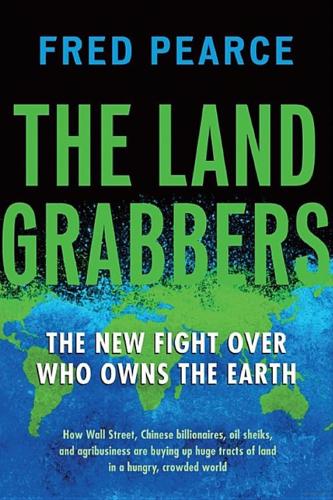
The Land Grabbers: The New Fight Over Who Owns the Earth
by Fred Pearce · 28 May 2012 · 379pp · 114,807 words
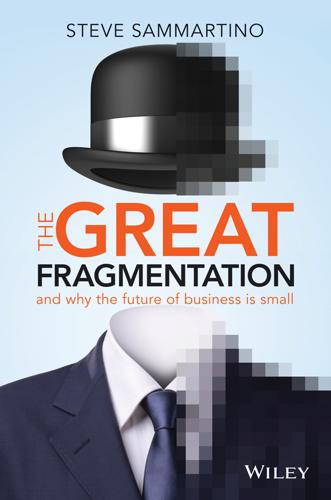
The Great Fragmentation: And Why the Future of All Business Is Small
by Steve Sammartino · 25 Jun 2014 · 247pp · 81,135 words
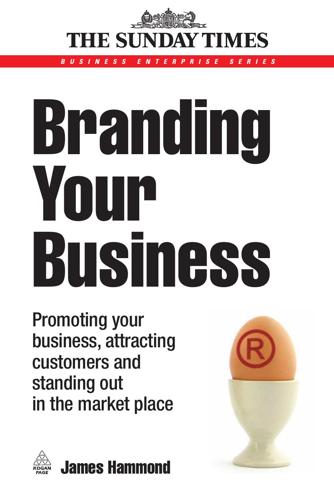
Branding Your Business: Promoting Your Business, Attracting Customers and Standing Out in the Market Place
by James Hammond · 30 Apr 2008 · 273pp · 21,102 words
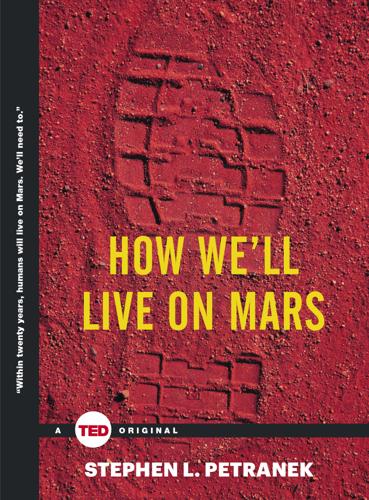
How We'll Live on Mars (TED Books)
by Stephen Petranek · 6 Jul 2015 · 70pp · 22,172 words
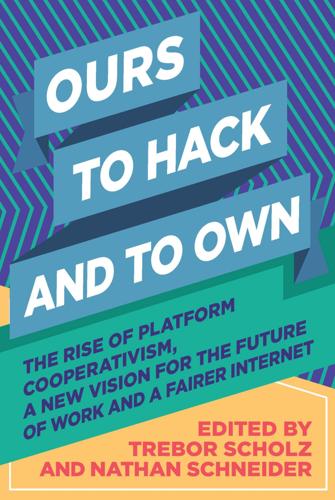
Ours to Hack and to Own: The Rise of Platform Cooperativism, a New Vision for the Future of Work and a Fairer Internet
by Trebor Scholz and Nathan Schneider · 14 Aug 2017 · 237pp · 67,154 words
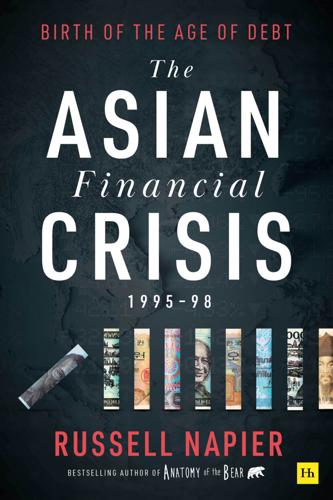
The Asian Financial Crisis 1995–98: Birth of the Age of Debt
by Russell Napier · 19 Jul 2021 · 511pp · 151,359 words
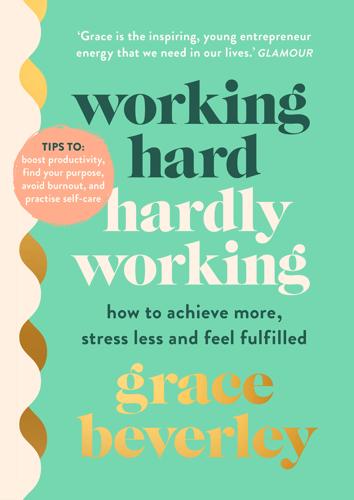
Working Hard, Hardly Working
by Grace Beverley
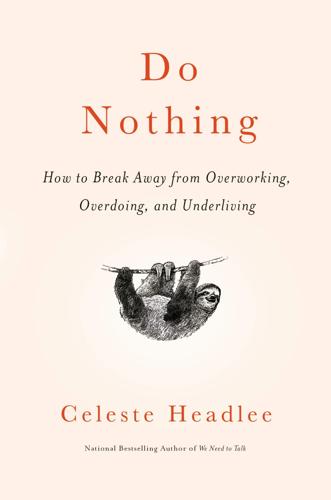
Do Nothing: How to Break Away From Overworking, Overdoing, and Underliving
by Celeste Headlee · 10 Mar 2020 · 246pp · 74,404 words
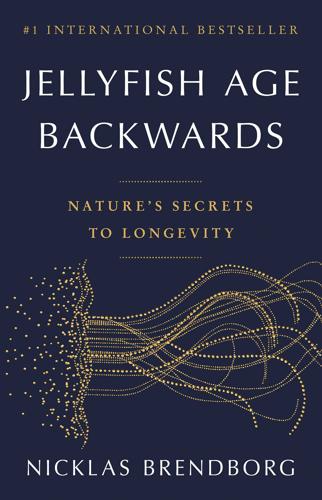
Jellyfish Age Backwards: Nature's Secrets to Longevity
by Nicklas Brendborg · 17 Jan 2023 · 222pp · 68,595 words
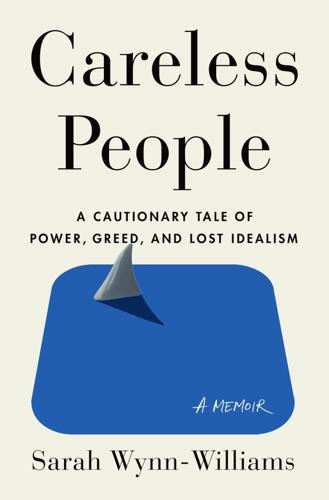
Careless People: A Cautionary Tale of Power, Greed, and Lost Idealism
by Sarah Wynn-Williams · 11 Mar 2025 · 370pp · 115,318 words
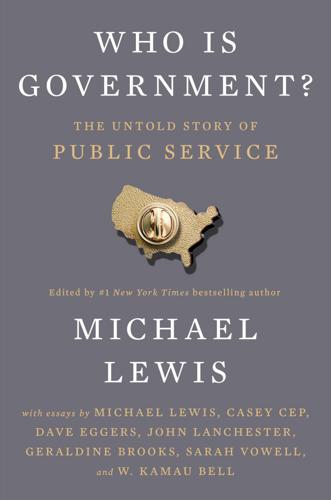
Who Is Government?: The Untold Story of Public Service
by Michael Lewis · 18 Mar 2025 · 186pp · 61,027 words